let's talk climate a 30-minute footprint-free introduction to basic concepts of climate change followed by discussion these slides are available online at wetalkclimate.org
this is not a talk about reducing ur carbon footprint it's good to do, both for climate reasons and for health reasons but there are other more imPORTant ways to fight climate change
this talk is based on science i'm actually a software developer, but i did get a BA in physics, MS in energy, and PhD in ecology LONG ago but i'd love to hear about anything that's wrong or unclear in this talk.
anything at all, interrupt me i might defer it to the discussion or to email but really interrupt, if u see someone raise their hand, call out! anything you think of later, email me at john@wetalkclimate.org youll see that address again later, and it's on the handout
big points - climate change is plausible - climate change is serious - climate change is urgent - but together, we can fix it
climate change is in the news more and more often, as with the wildfires in los angeles [example(s) will be updated before actual talk]
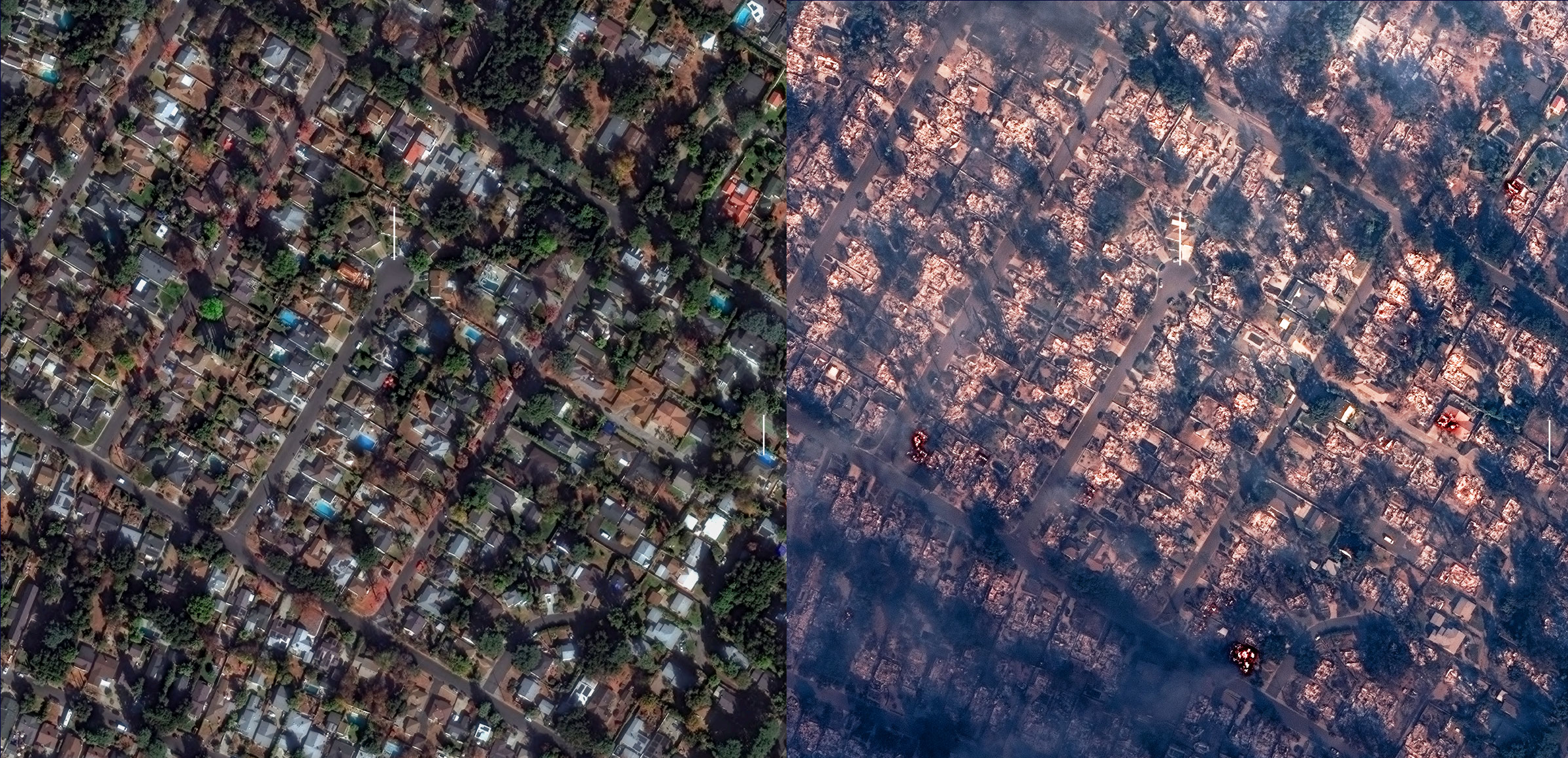
This isnt a talk to persuade people that cc is real, but since u may know--or be--someone who denies or doubts it, here's two minutes of centuries-old science. In the late 1700s folks realized that since earth gets energy in the form of sunlight, but emits no light of its own, earth should just keep heating up, but back then, ofc, earth wasnt heating up. This was a mystery unTIL...
in 1800, Herschel discovered using a common prism and fancy new thermometers that the warmest color of "light" lay in the darkness beyond the red end of the spectrum; what they called 'radiant heat' we now call "infrared light"

which earth invisibly radiates out, thus remaining in thermal balance. this also explains why heated metals become red-hot before they become white-hot. but then we realized that Earth, at its distance from the Sun, gets so little energy that the oceans should be frozen solid. how earth is so warm was yet another mystery until...
the 1850's, when Tyndall measured the IR-absorbing effect of several gases, and understood that these "greenhouse gases" absorb the outgoing IR energy and reradiate some of it back to the surface, effectively TRIPLING the energy we get from the sun. the main greenhouse gas is "co2", carbon dioxide.
the concentration of co2 in the atmosphere is really low. that preindustrial co2 level that kept the oceans from freezing was just ~1/36 of 1% of all the gases in the atmosphere, just 280 parts in a million.
yet we've turned that dial from 280ppm past 420, a 50% rise
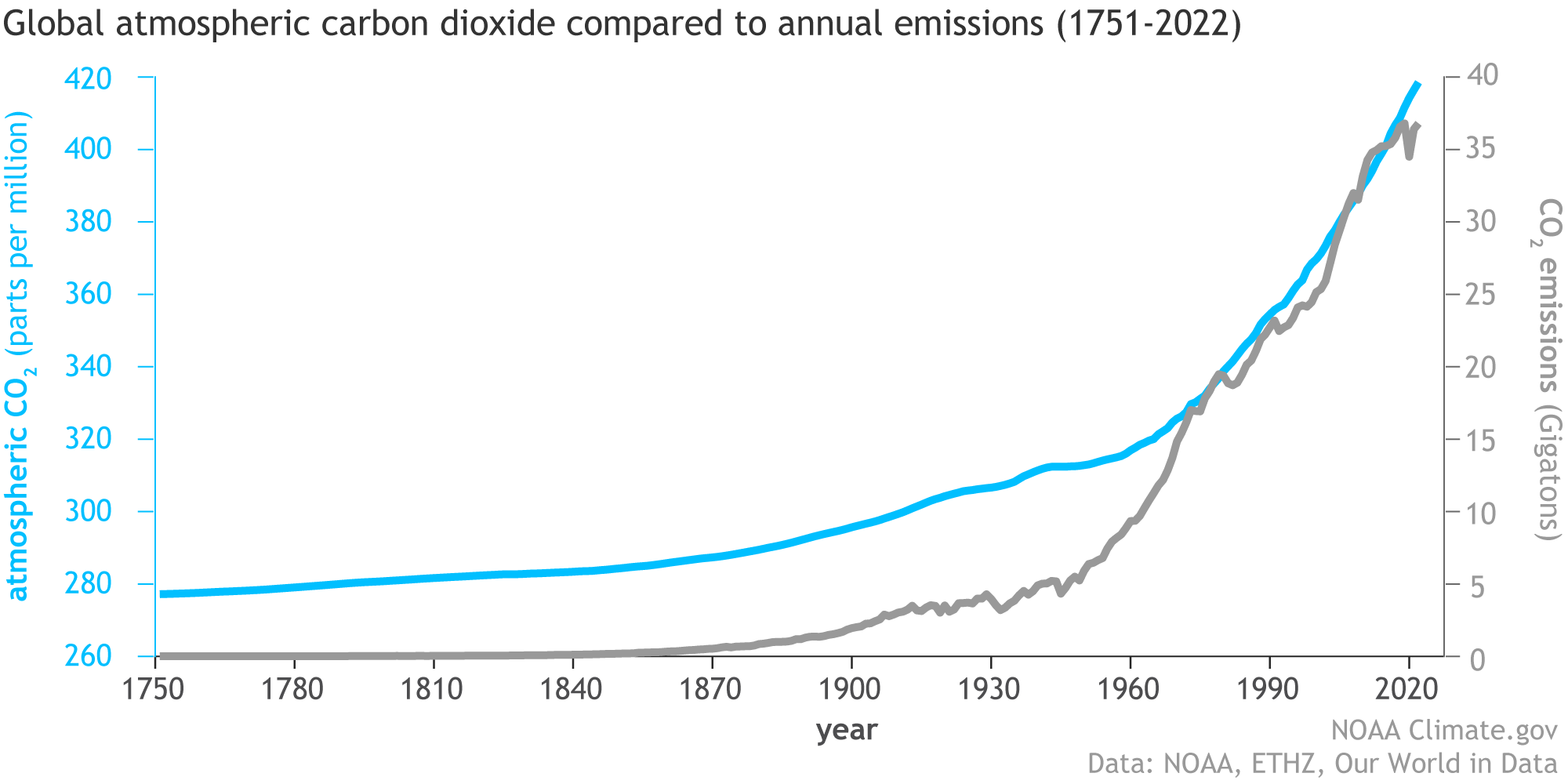
which hasn't happened in at least 800,000 years. so we have this gas so powerful that it keeps the oceans liquid even tho it's just a tiny sliver of the atmosphere; it would be amazing if we could crank that gas up by 50% without affecting the climate.
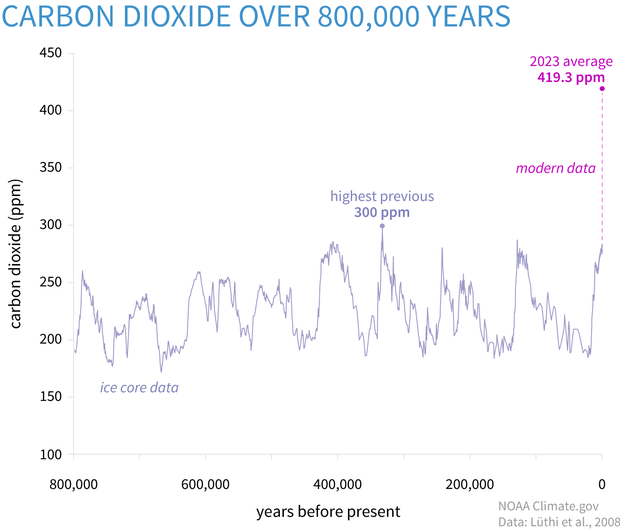
but earth's climate is a complex system, so adding co2 likely has multiple effects, and we need computer models to quantify the NET effect of adding co2
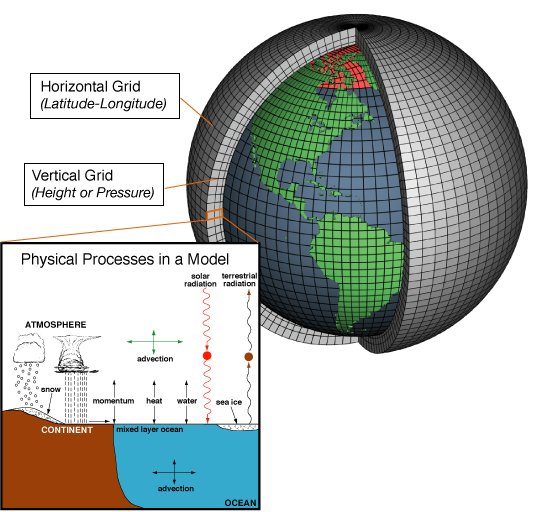
the models have been pretty accurate in predicting global mean temperature: observations fall almost entirely within the predicted range. but even the latest models have known issues and errors, which highlight areas of poor understanding, and serve to focus data collection
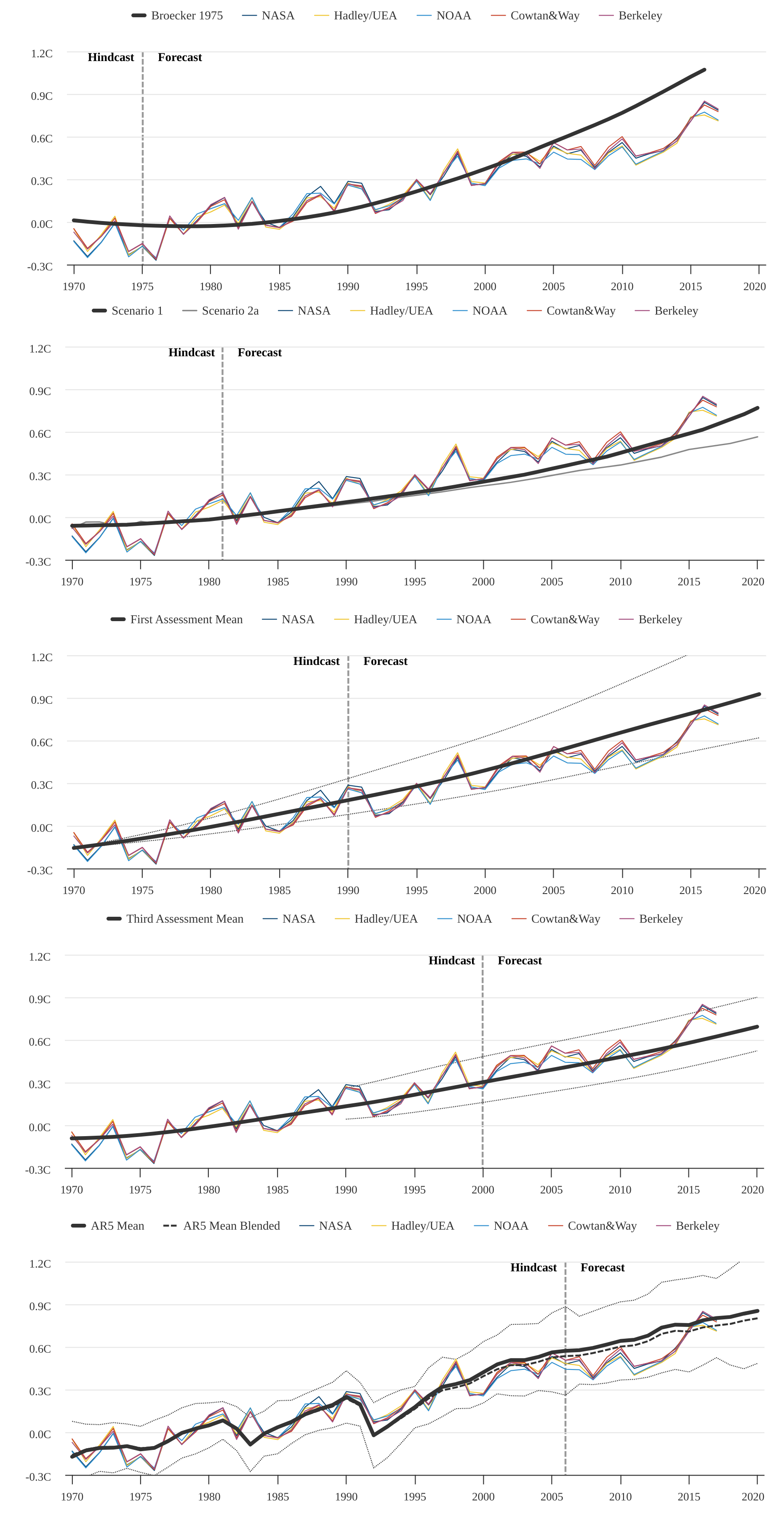
climate models need lots of data, both for input and to check their output. much of the data comes from satellites monitored by nasa and noaa, whose funding is in jeopardy right now
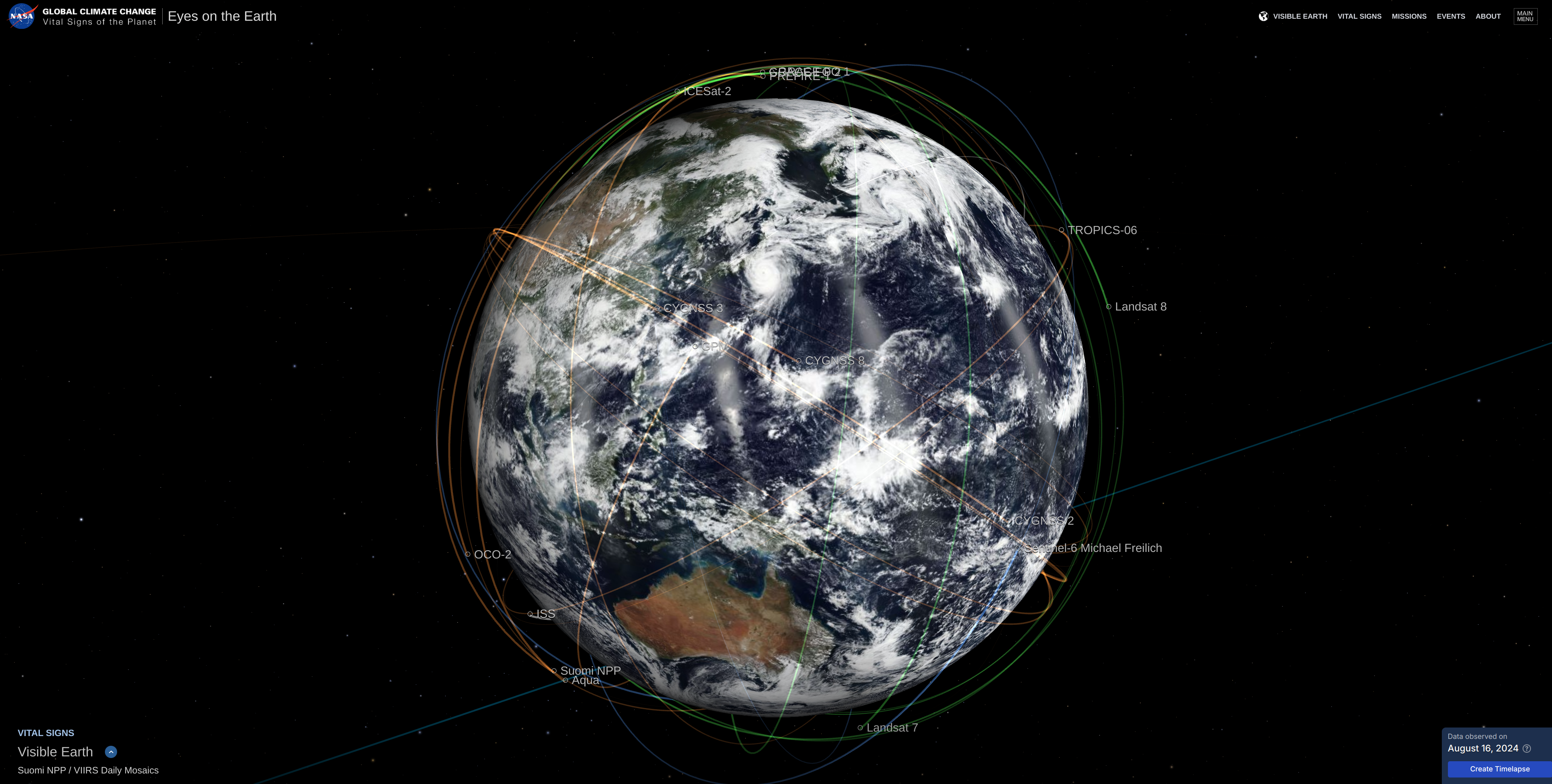
the kind of data we most directly experience is surface temperature, but it's very variable year-to-year because atmospheric temps depend alot on how the ocean behaves
for example every few years the pacific ocean...u cud say "burps" out some excess heat in the form of an el niño
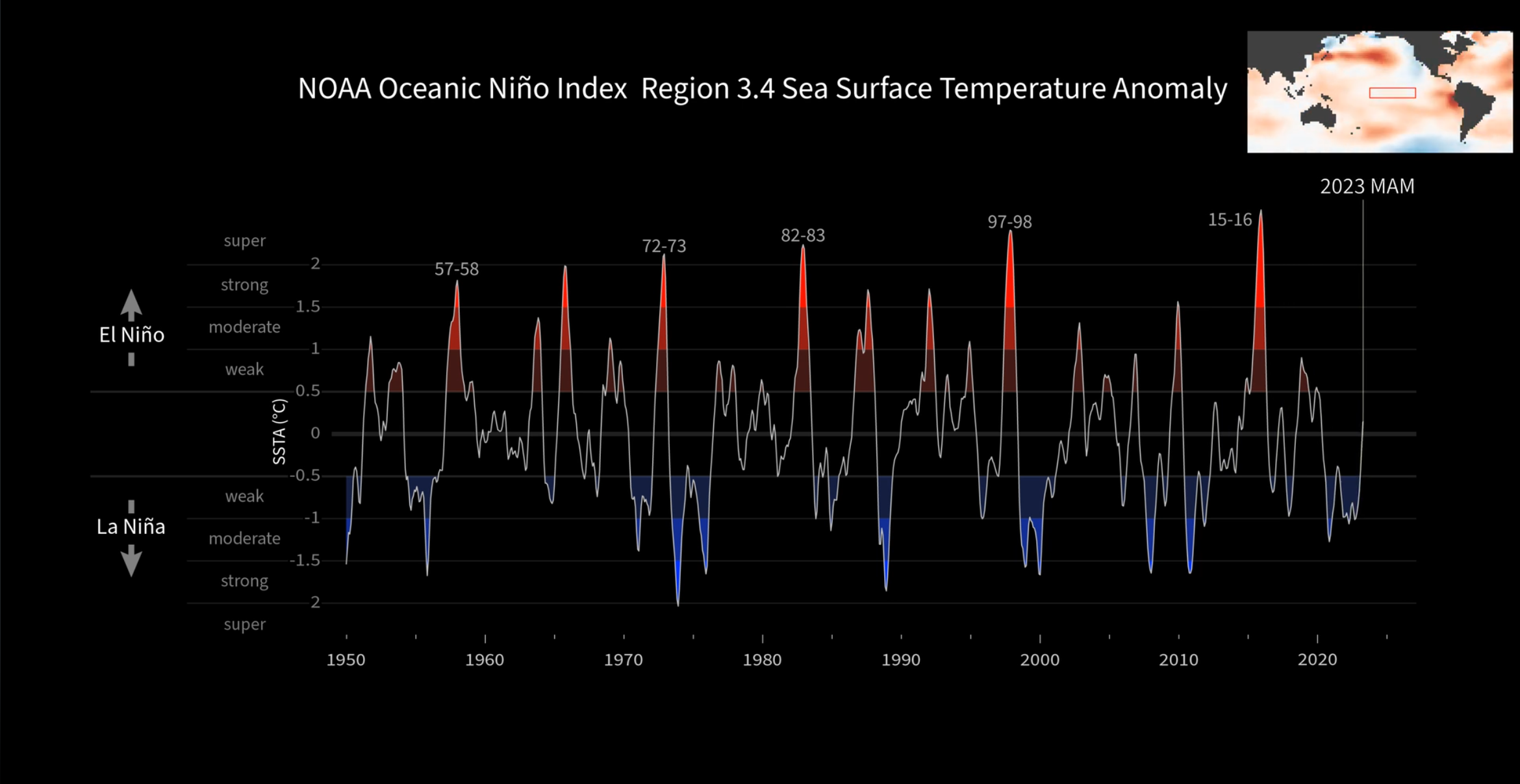
and since the oceans hold HUGEly more heat than the atmosphere,
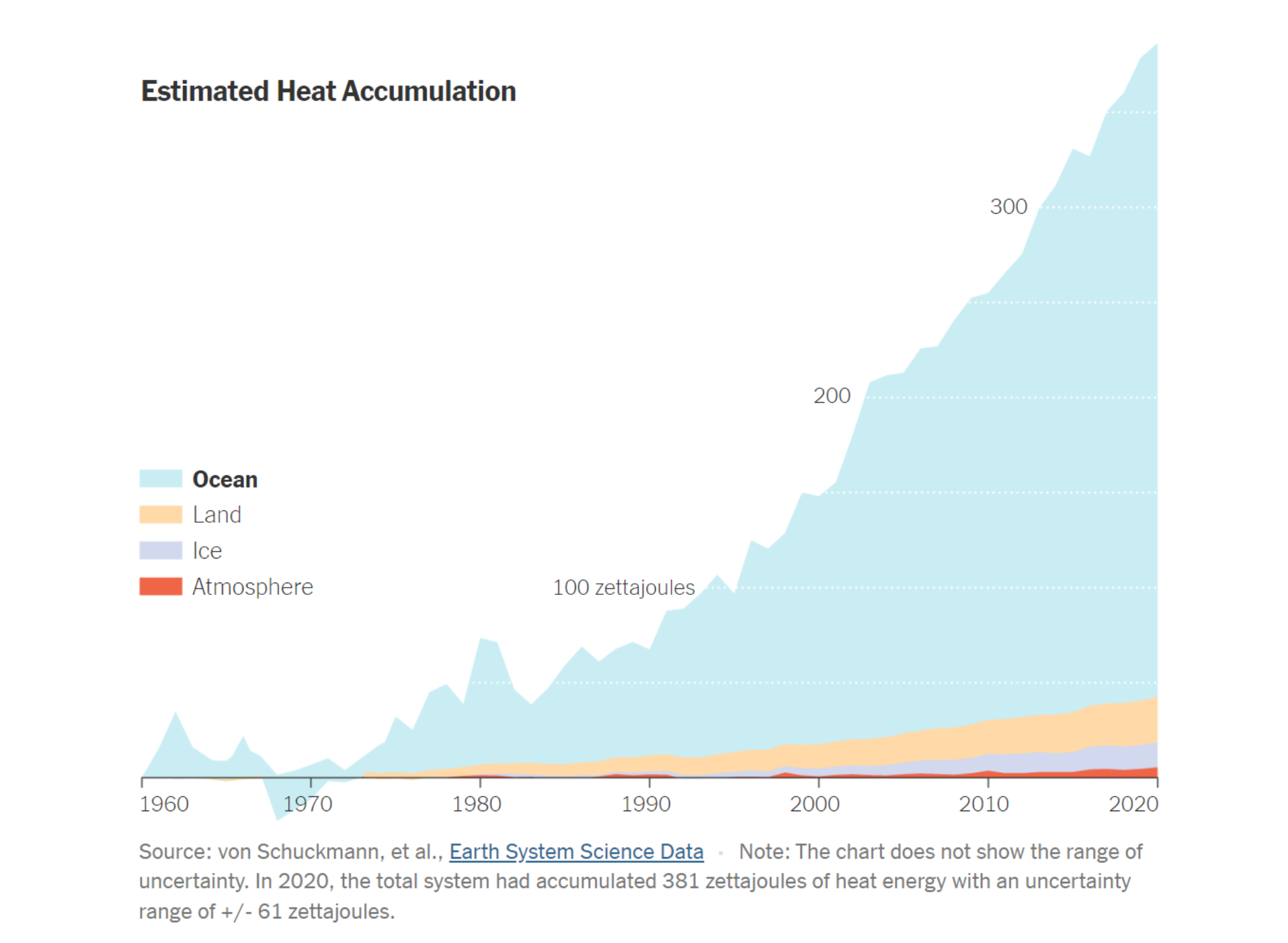
and absorb !90% of all the excess heat trapped by greenhouse gases...
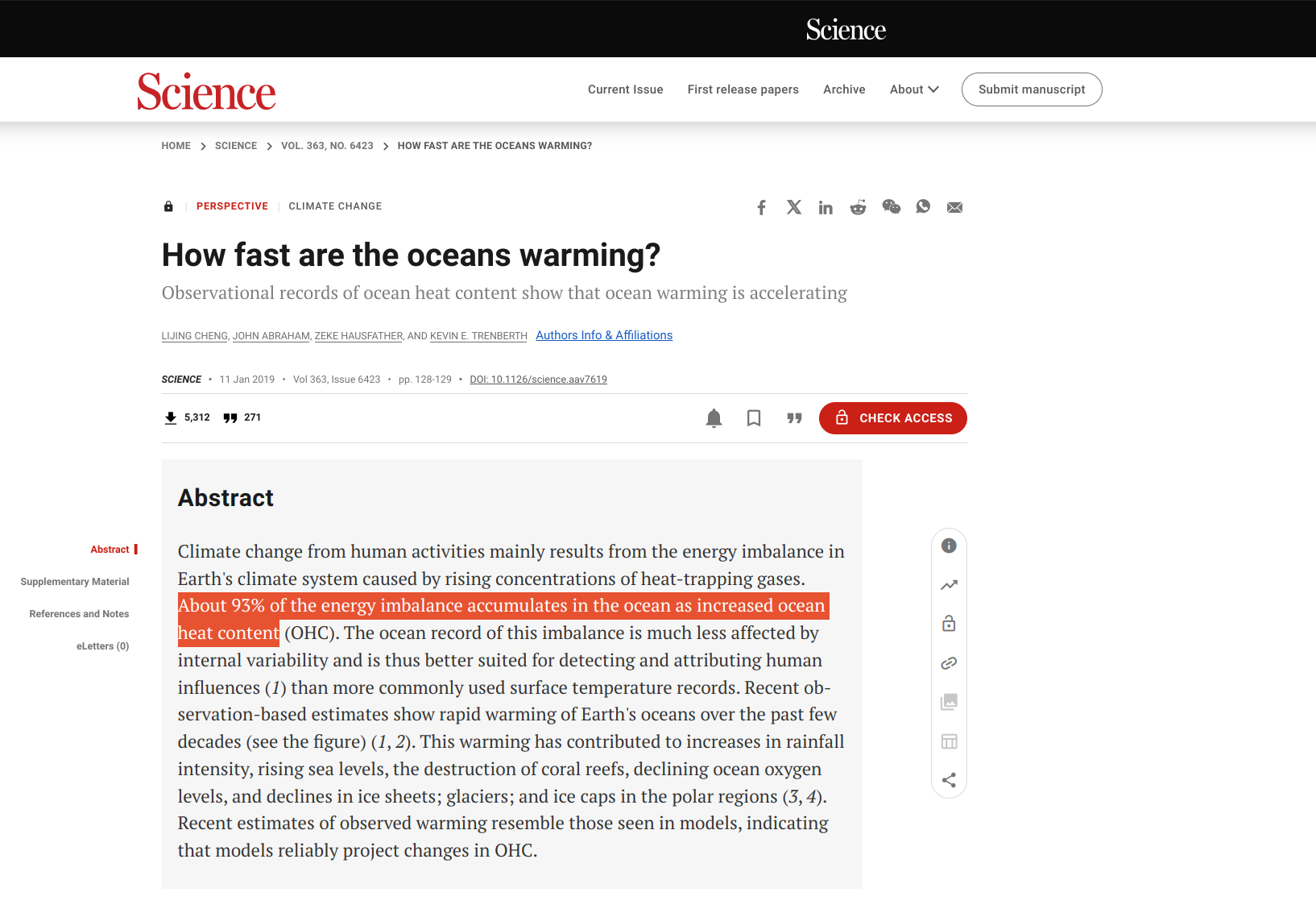
ocean heat is a more reliable measure of global warming, and that's been rising steadily; and therefore ice sheets are melting, sea level is rising, but...
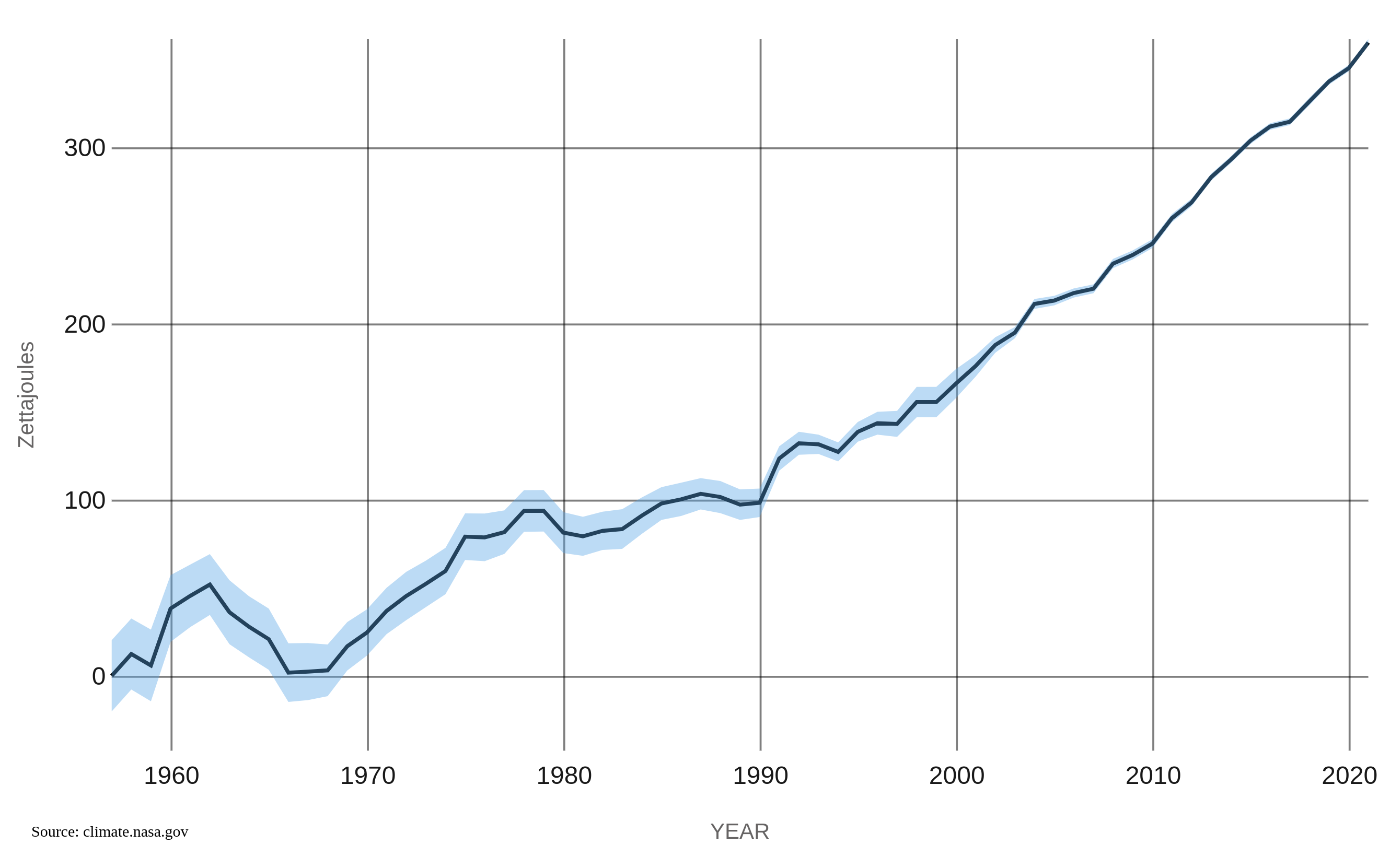
but climate change isnt just a parade of predictable trends. a higher mean temperature causes new heat extremes; but we know from experience that we still get extreme cold, so warming isnt the whole story...
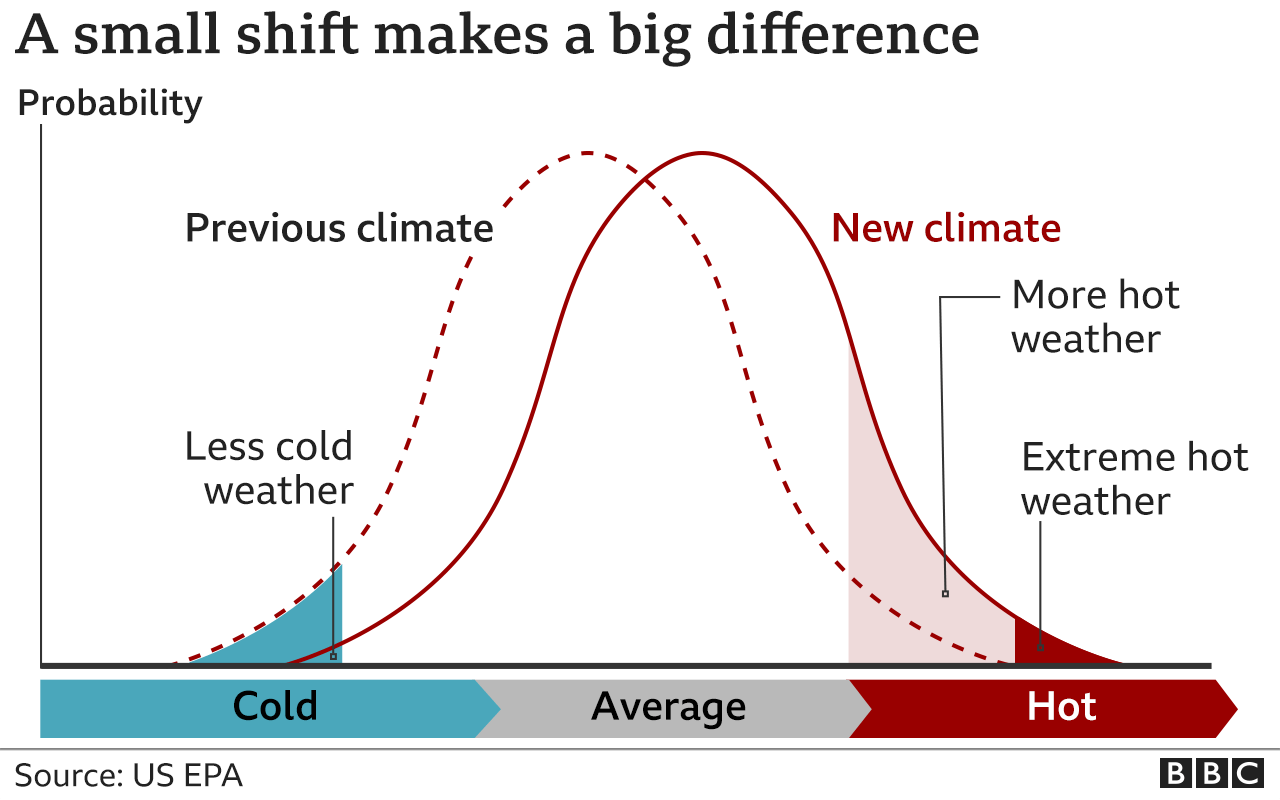
we have added enough energy to the earth system to cause a measurable warming GLOBally--for a long time scientists thought this was impossible.
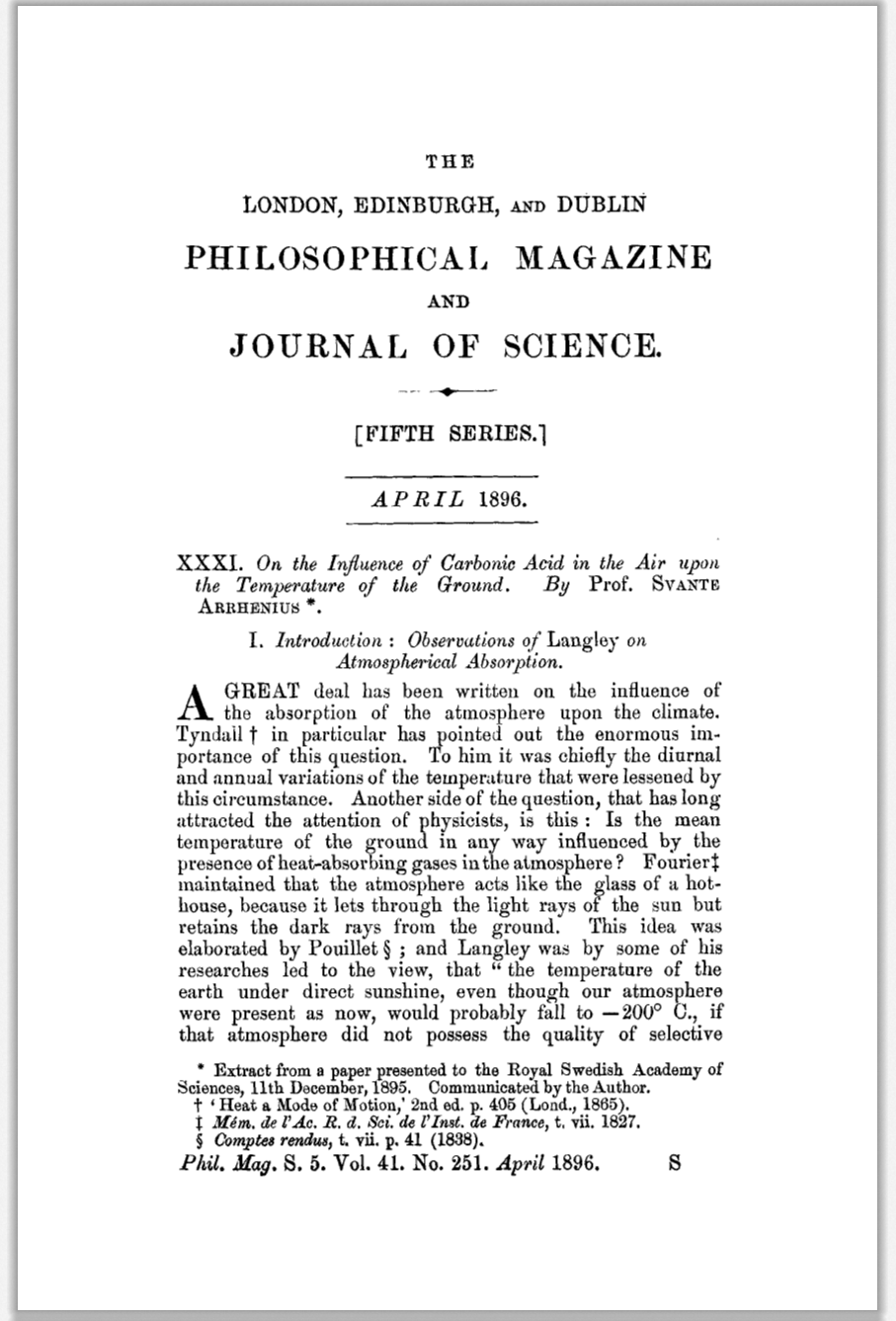
but by the power of greenhouse gases, we're adding the energy equivalent of detonating all the world's nuclear weapons 8x...every day. all that extra energy doesnt just change the mean temperature; it also drives greater variability and thus more extremes in both directions
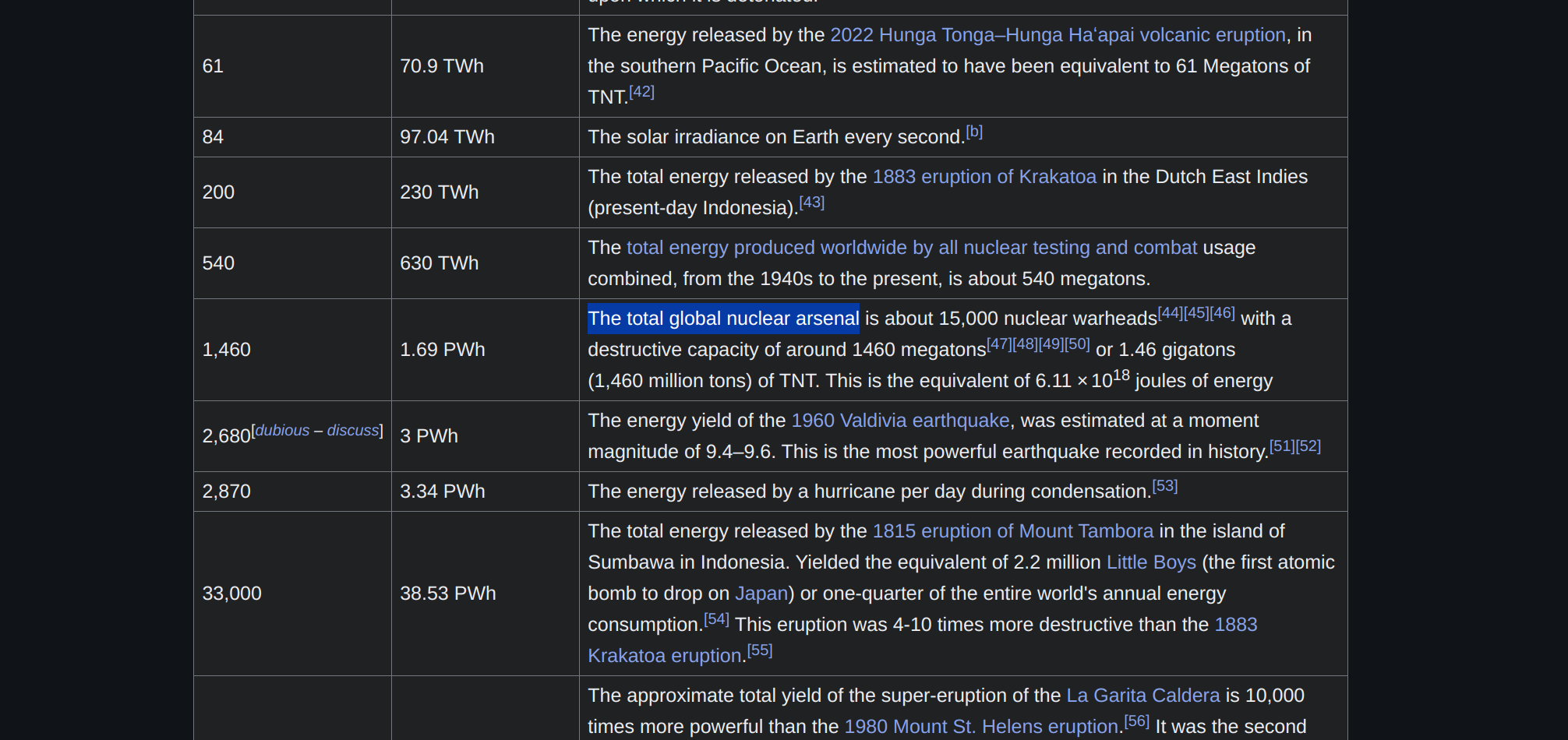
for example, that extra energy can disrupt the polar vortex, causing a wavy jet stream and bringing arctic winds down to our temperate latitudes.
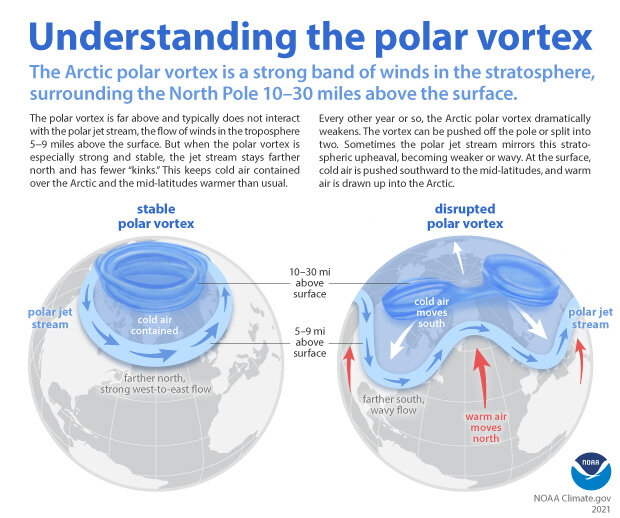
to restore a sane climate, you might think we need to return to the preindustrial 280ppm; good news: we just need to get back to the 1987 level of 350ppm
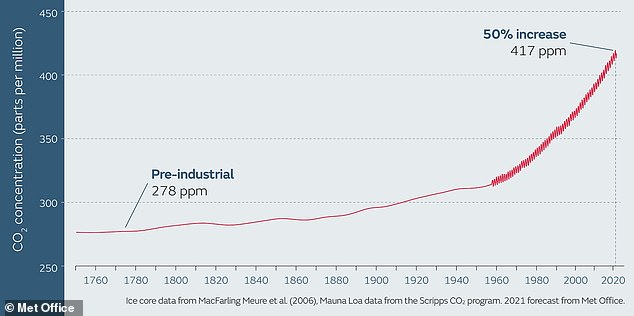
but co2 is at 426ppm and rising well over 2ppm yearly. so first we need to stop emitting co2 [and the other greenhouse gases ].
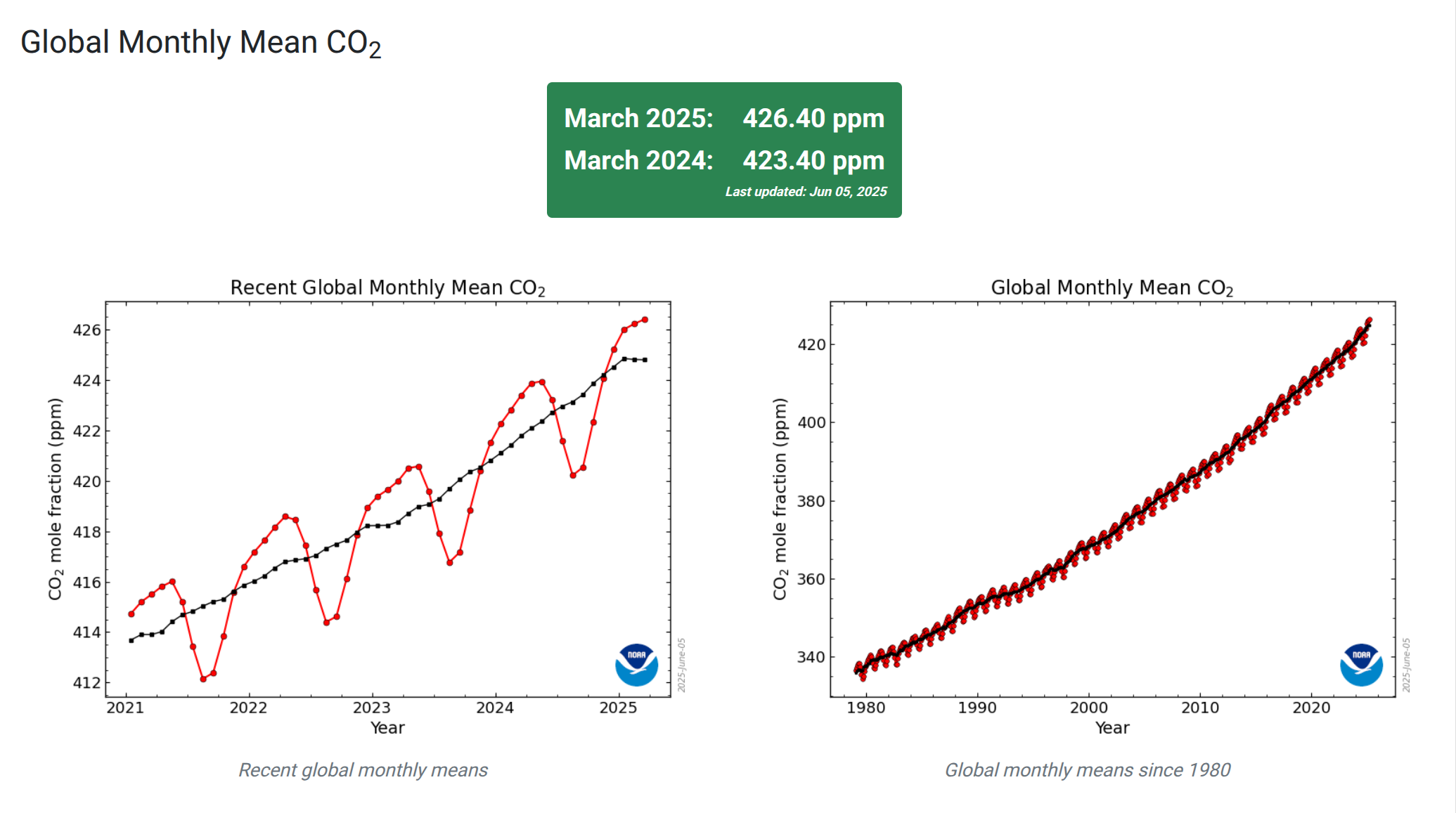
HOW are we emitting these gases? via agriculture, construction, and industry, but mostly by burning fossil fuels for energy.
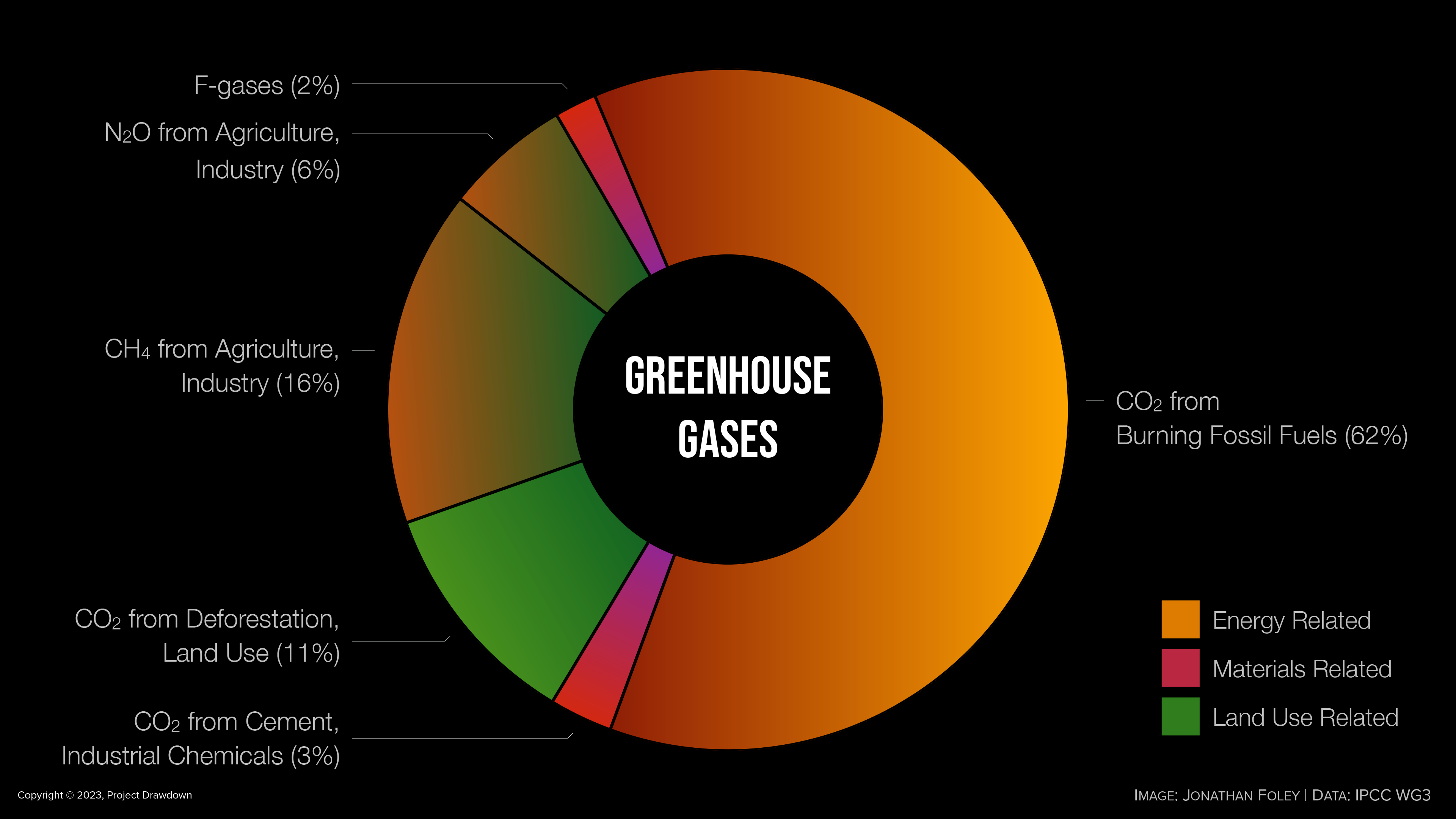
do we really need to STOP emitting, or can we just reach "net zero"? net zero is the idea that we could keep emitting co2 if we just absorb it back via so called 'carbon dioxide removal' methods.
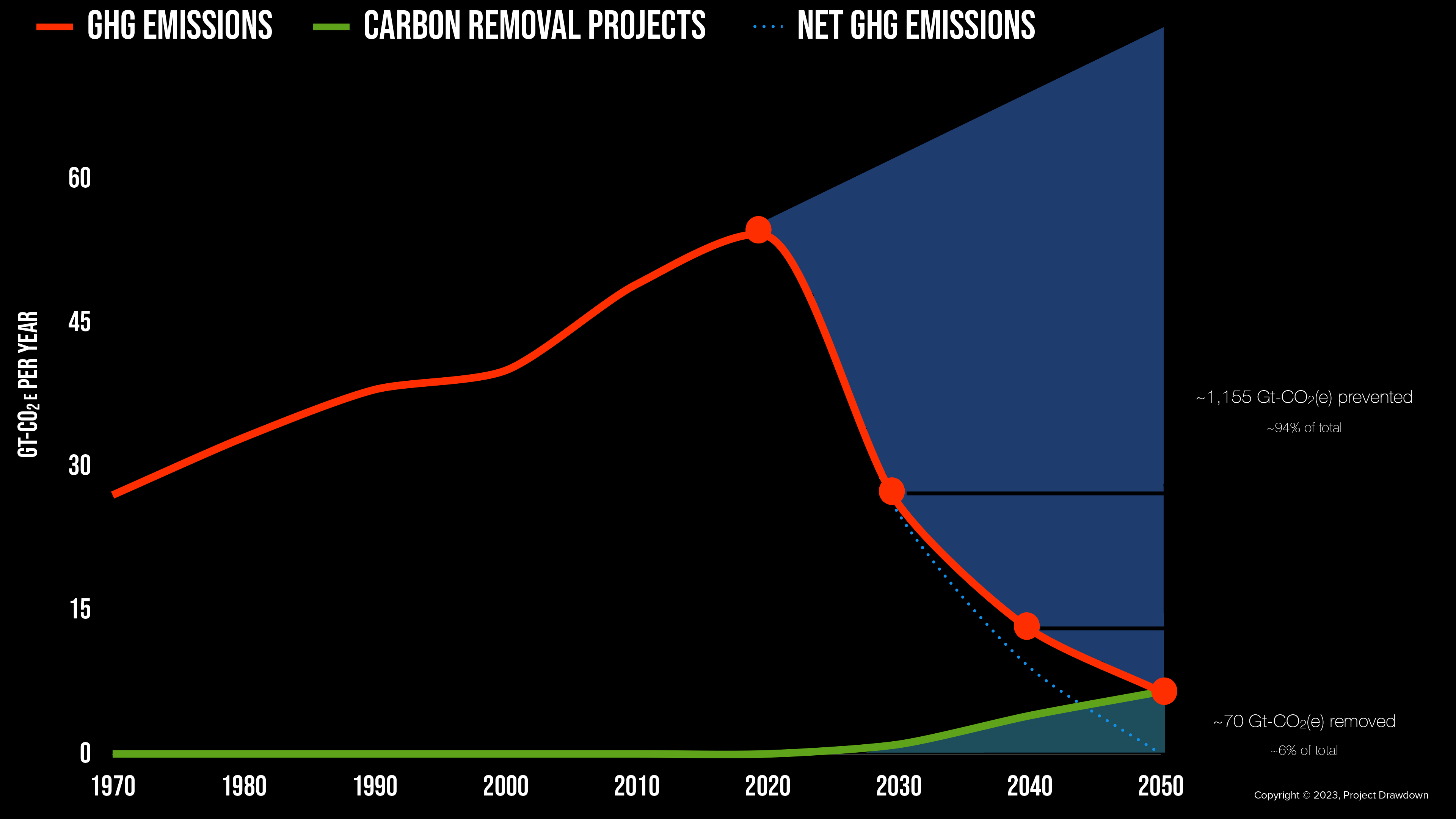
there are many such methods, but few are ready to deploy at scale, and the MOST READY methods are the LEAST PERMANENT
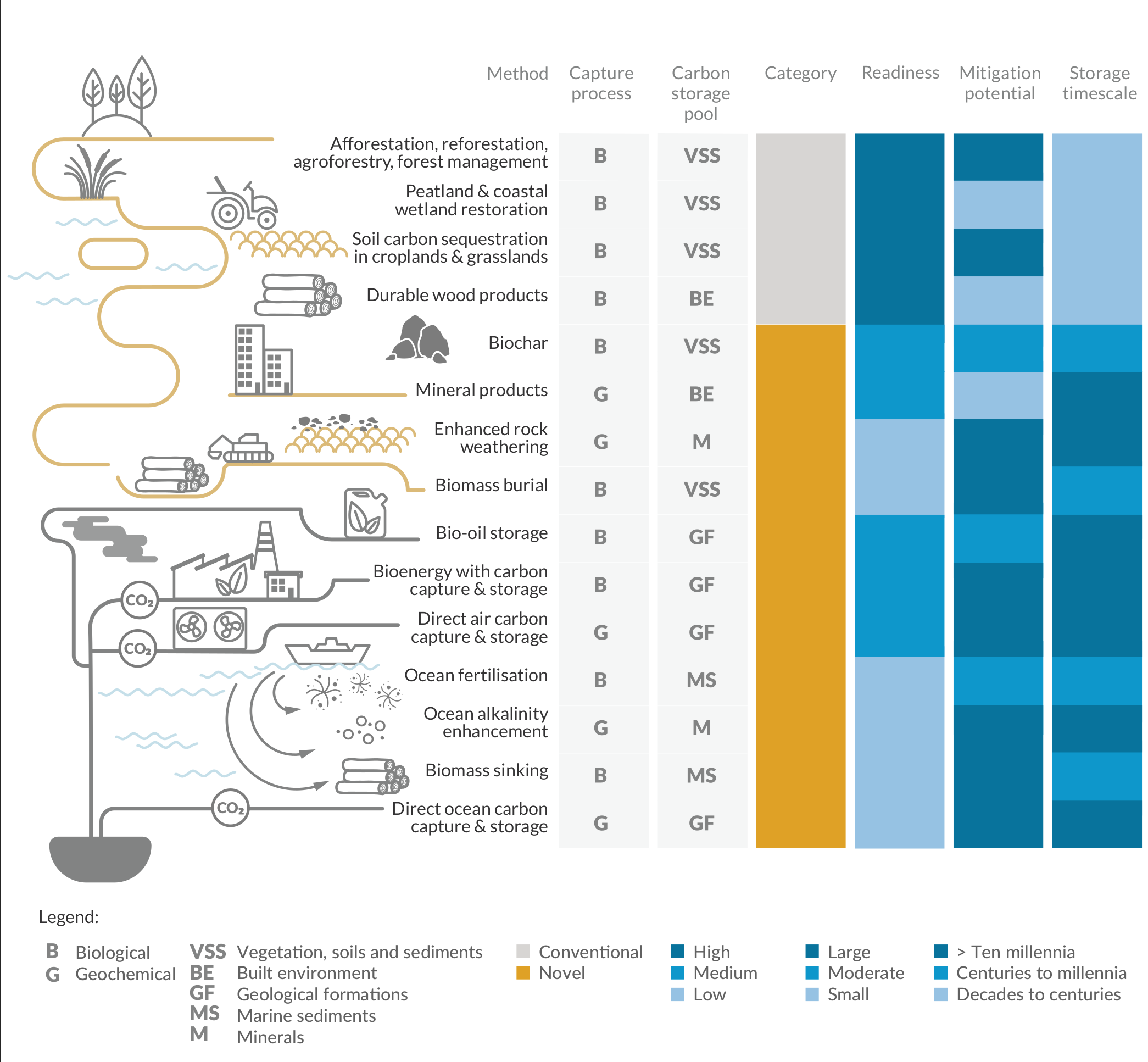
current deployment is almost entirely growing trees, which absorb just 2b of the 50b tons emitted globally each year.
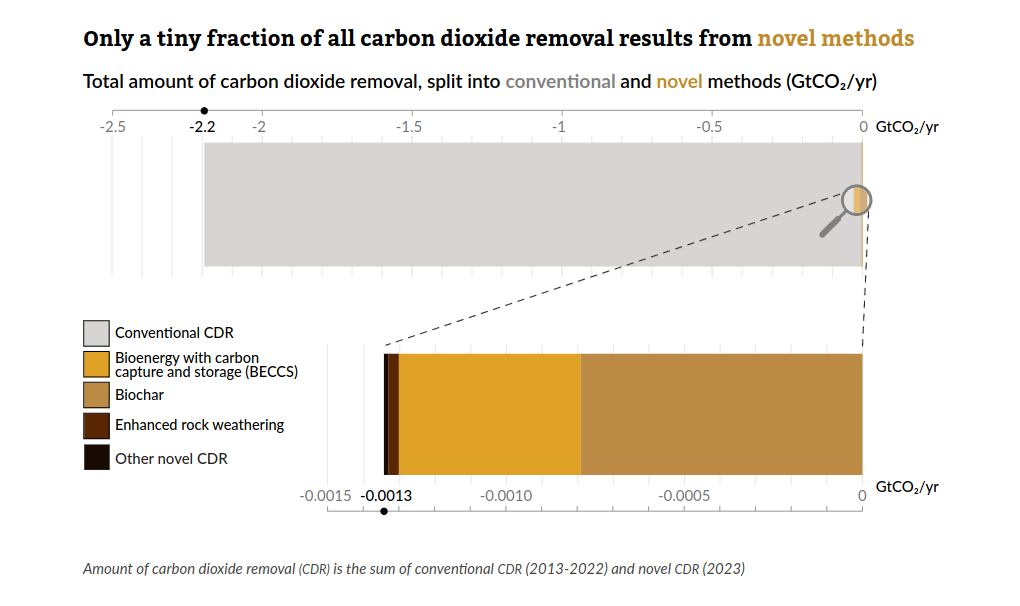
it would take a forest the size of New Mexico to absorb just one year of US emissions [and most of the country is too dry for forests to grow]
forests are all kinds of awesome [this is our pine barrens in south jersey], and forests are key to addressing the biodiversity crisis, and we absolutely should stop cutting mature forest, but we will not reach net zero by growing more trees.
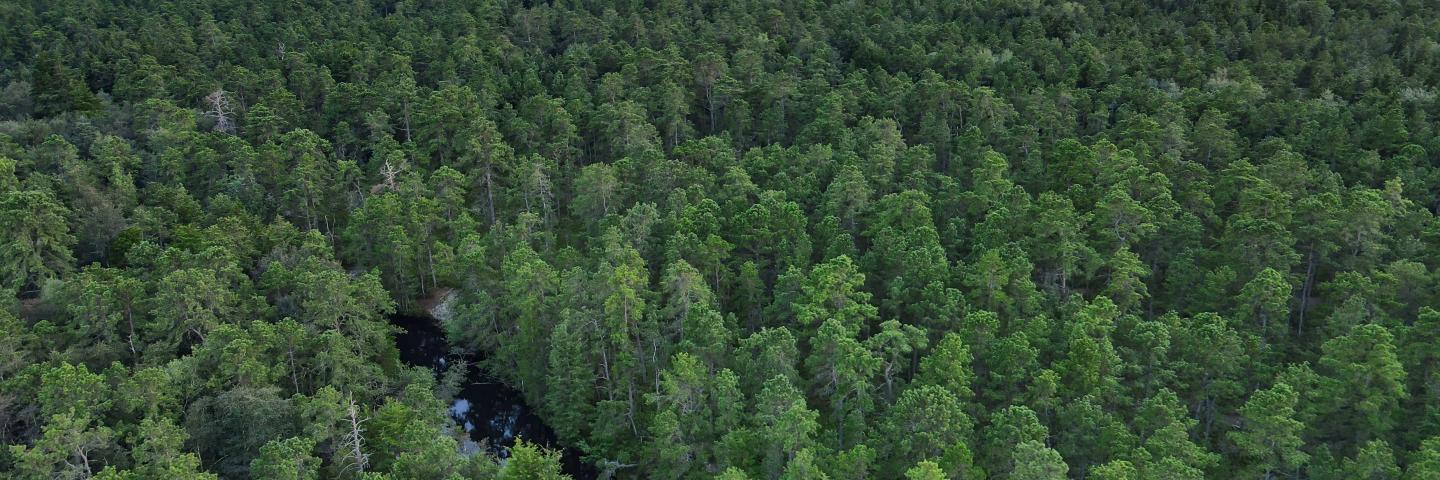
the wider lesson is that once carbon is released into the atmosphere, it is technically difficult and really costly to collect and store it. because we're taking really concentrated carbon in fossi fuels, tripling its weight by burning it, so a 6lb gallon of gas becomes 20lbs of co2, and then scattering that resulting gas to the four winds, so of course it's gonna be expensive to collect again. if only we could leave it underground.

the term "net zero" suggests that maybe we don't need to stop burning fossil fuels, but we do, because they are the only emissions that we today are ready to replace at scale

but do we really need to address the CAUSE of climate change by reducing emissions, so called mitigation? cant we keep on emitting and just aDAPT to future extremes via climate "resilience"? can't we be...
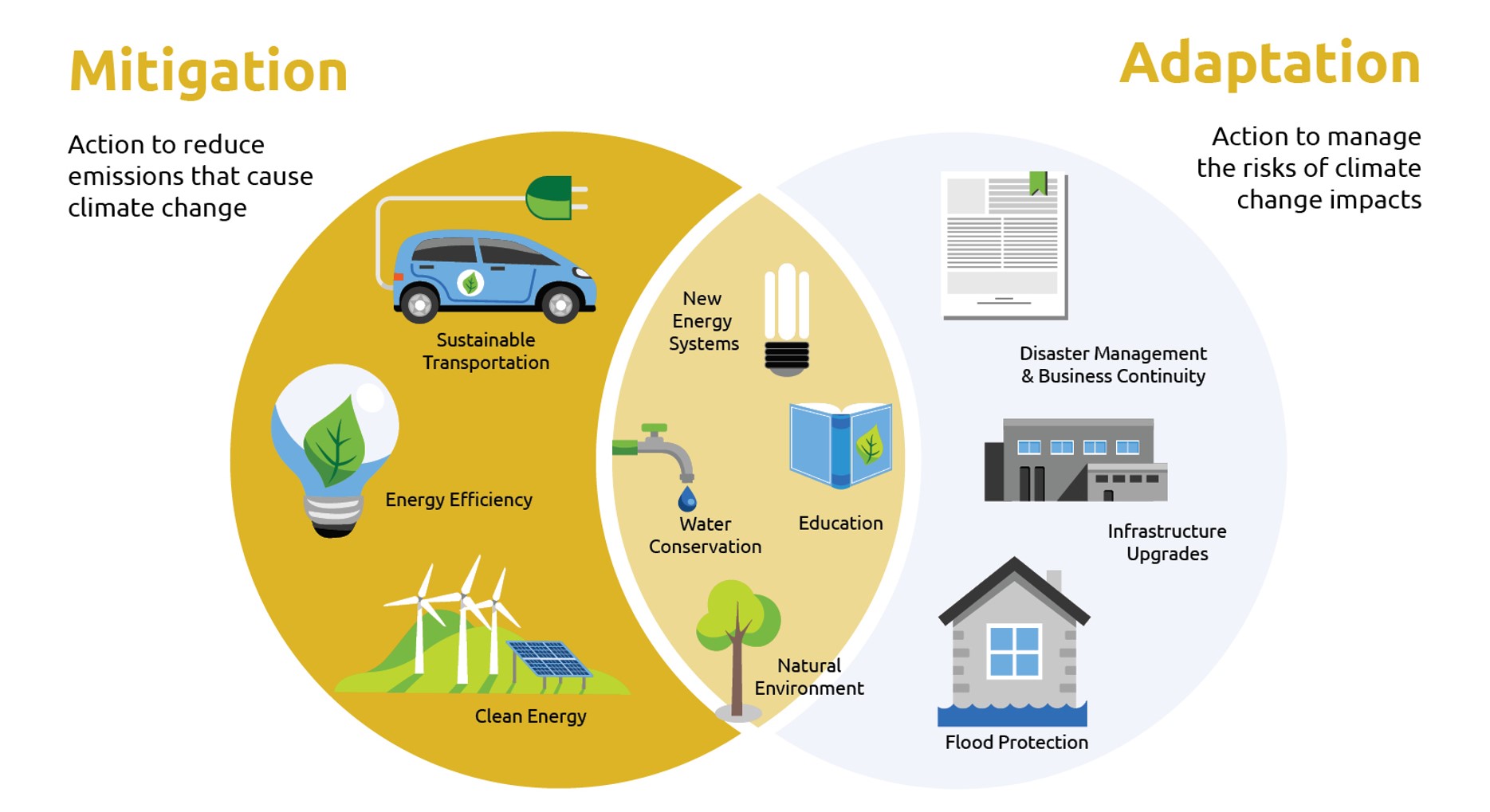
..."stronger than the storm"?
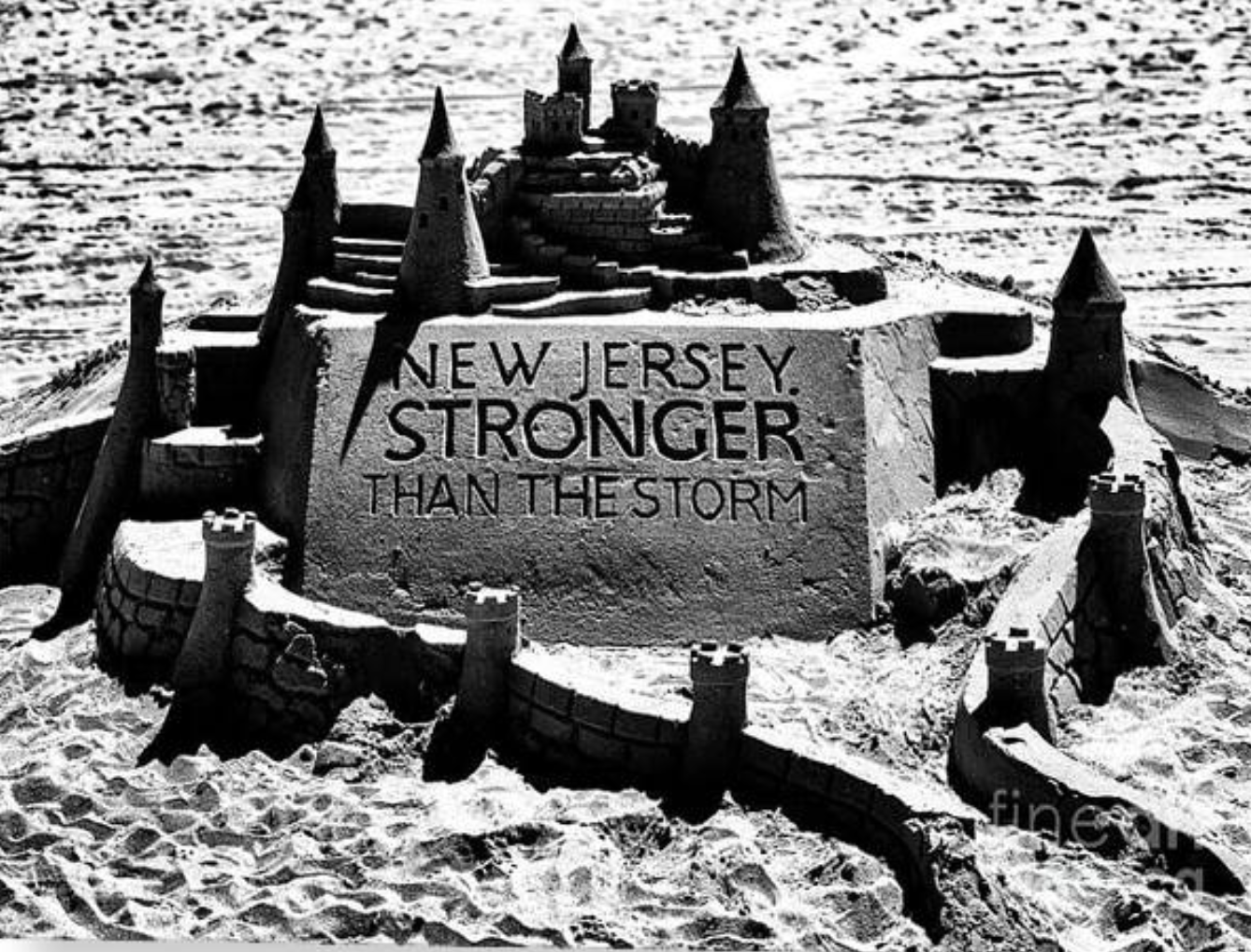
if our boat is leaking, mitigation is like shrinking the hole, whereas adaptation is like bucketing out the water--it keeps us afloat without fixing the problem.

if we fail to mitigate, future extremes will swamp all our resilience measures, esp in the most vulnerable places.
and there are really no invulnerable places, no so called 'climate havens'
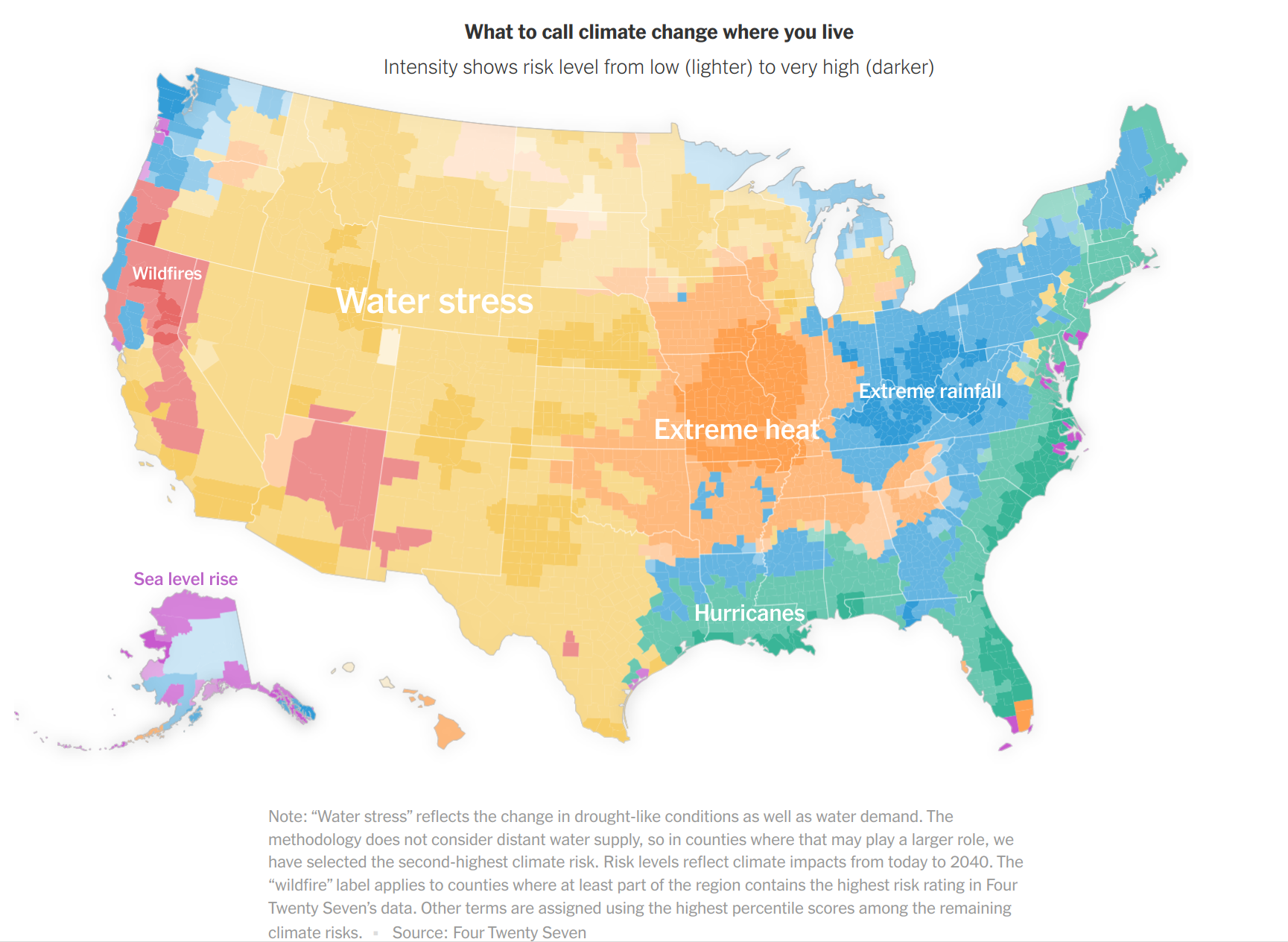
even past extremes of hurricane winds and flooding would overwhelm planned resilience measures.

and how will food-growing regions--in the US, China and elsewhere--aDAPT to chronic drought?
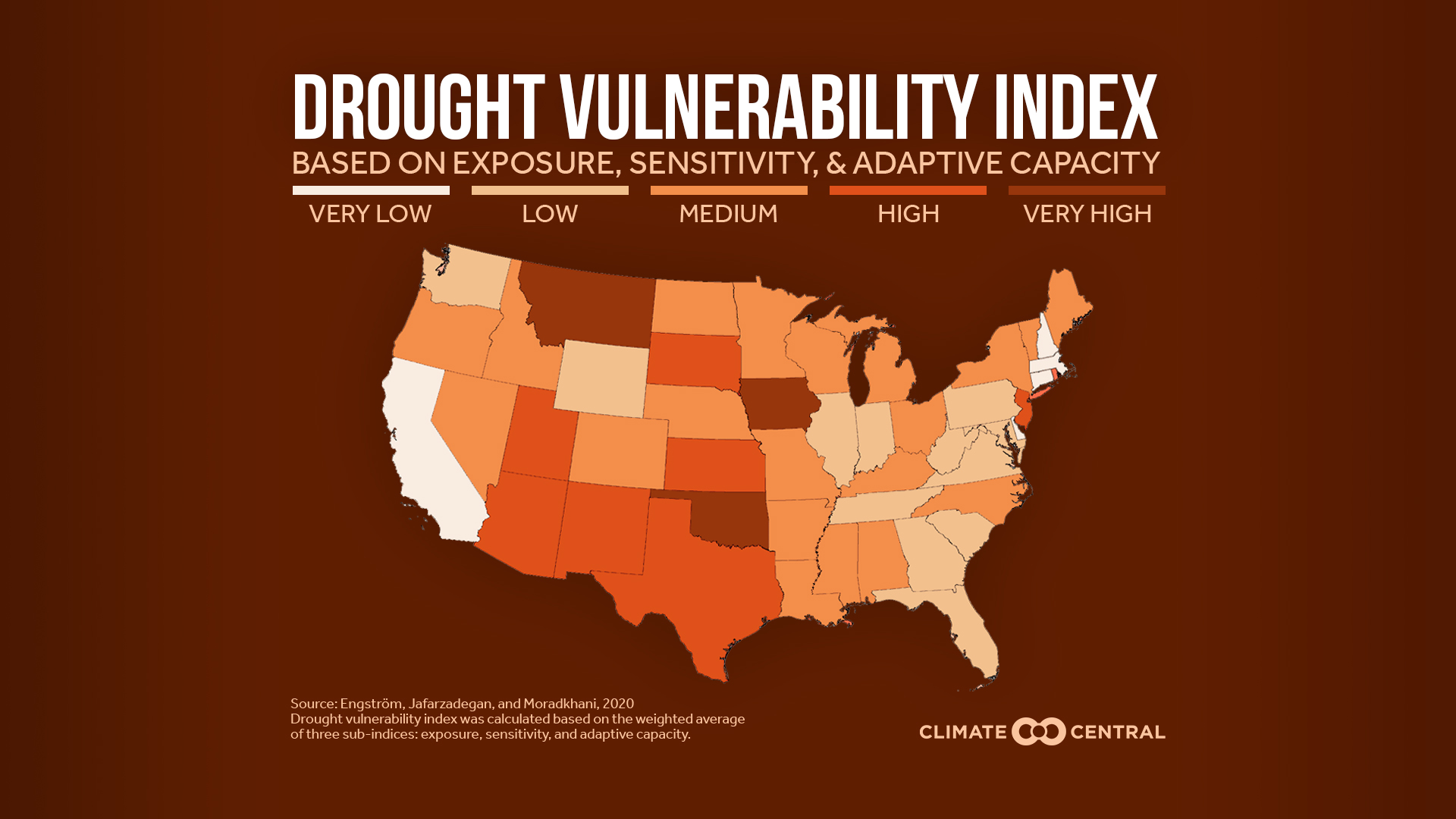
resilience measures _will_ reduce the impact of extreme events, but they are no substitute for mitigation--as long as we keep expanding the hole in our boat by emitting co2, but keep designing our resilience projects to address yesterday's extremes, we'll never catch up with ever greater extremes and ever-increasing cost of "natural" disasters that are less and less natural.
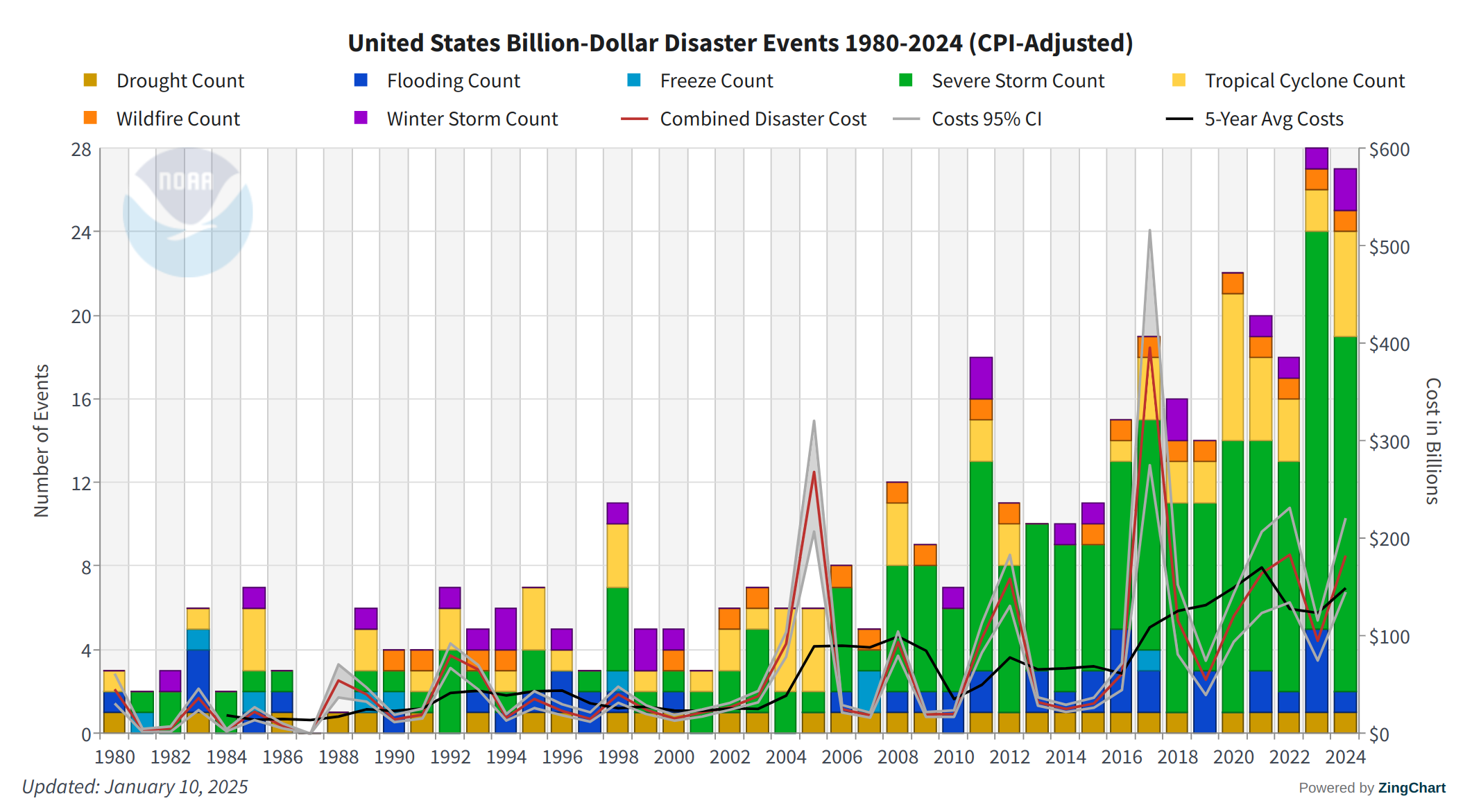
when we DO reach zero emissions, earth's warming will finally start to slow, and eventually stop when earth WARMS to the point that it radiates enough IR energy to restore the balance; but so far our net energy absorbed (incoming minus the outgoing's) has doubled this century, from 0.6 watts per square meter in the first decade to 1.1 in the second decade.
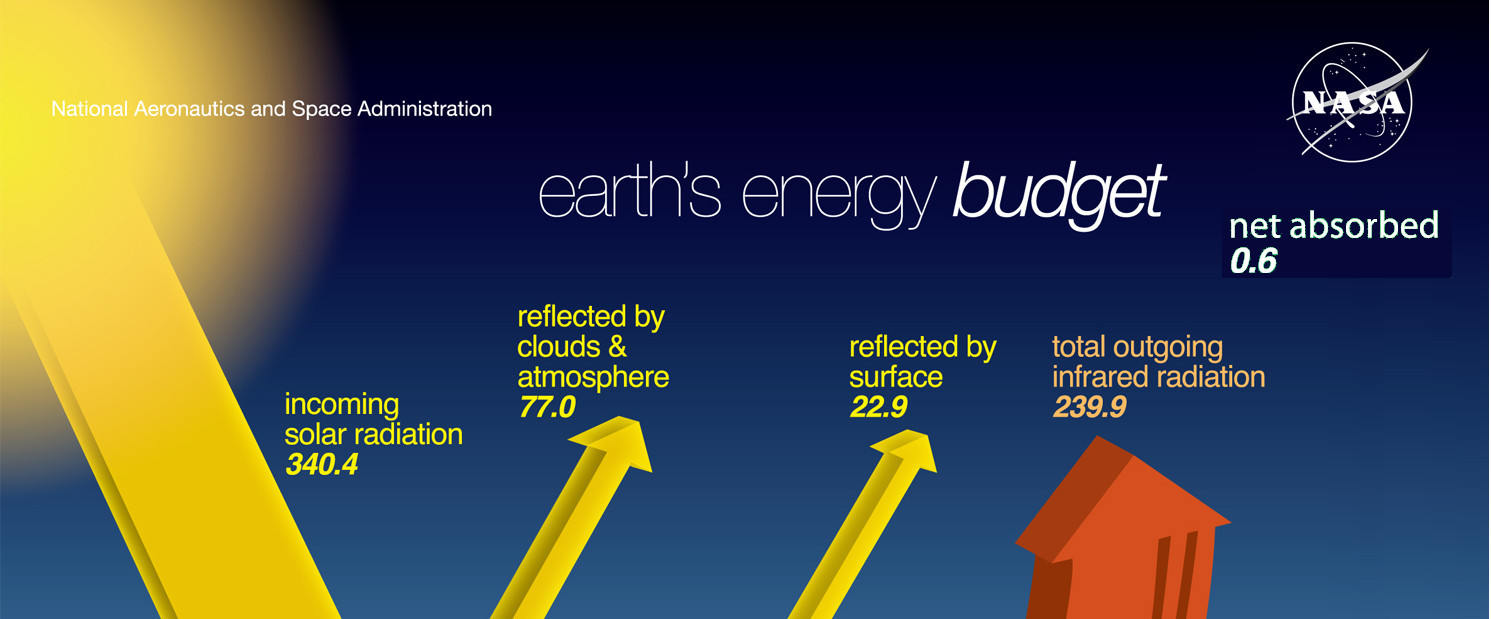
but until we stop emitting, there will be no "new normal"--climate impacts will continue to worsen
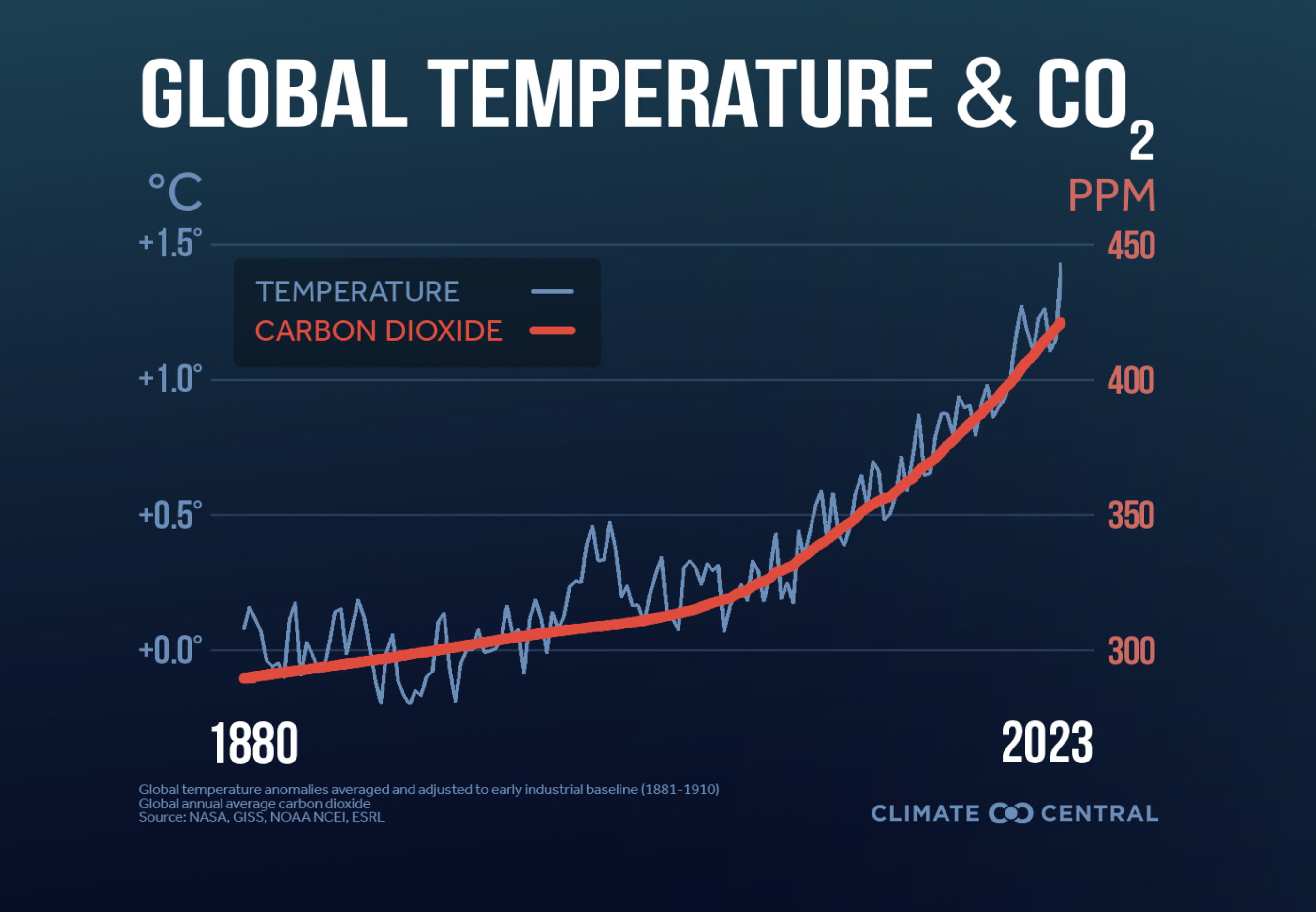
let's look at some less direct consequences of climate change. Temperatures are warming, and most of the added energy goes into the ocean, but most of the additional ocean heat is near the surface, where it fuels hurricanes that are not only stronger,
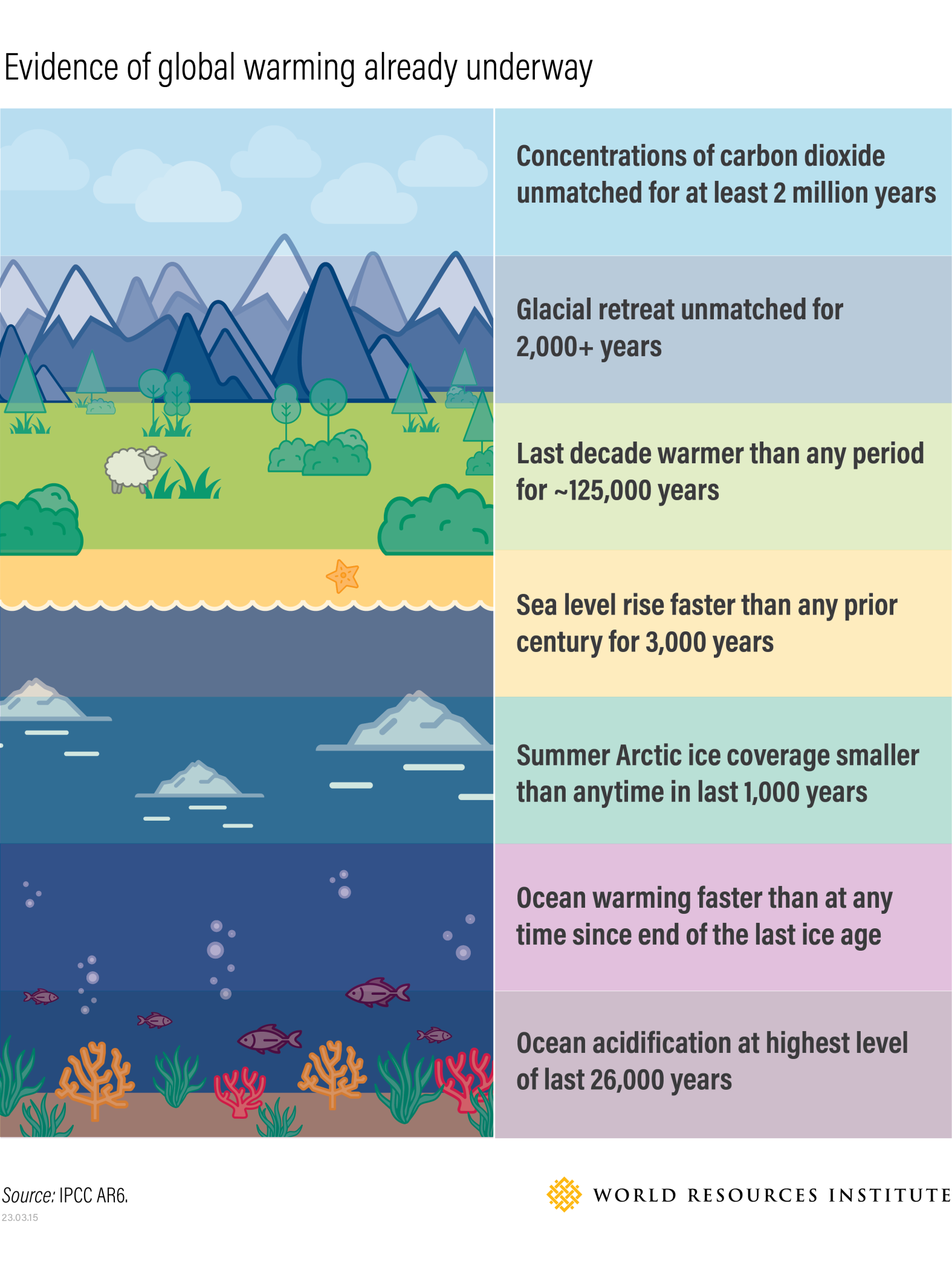
but that also intensify more rapidly, reducing the time we have to prepare. these rapidly intensifying storms are called "bomb cyclones" such as Hurricane Otis in 2023, which went from just a tropical storm to category 5 hurricane in less than 24 hours...
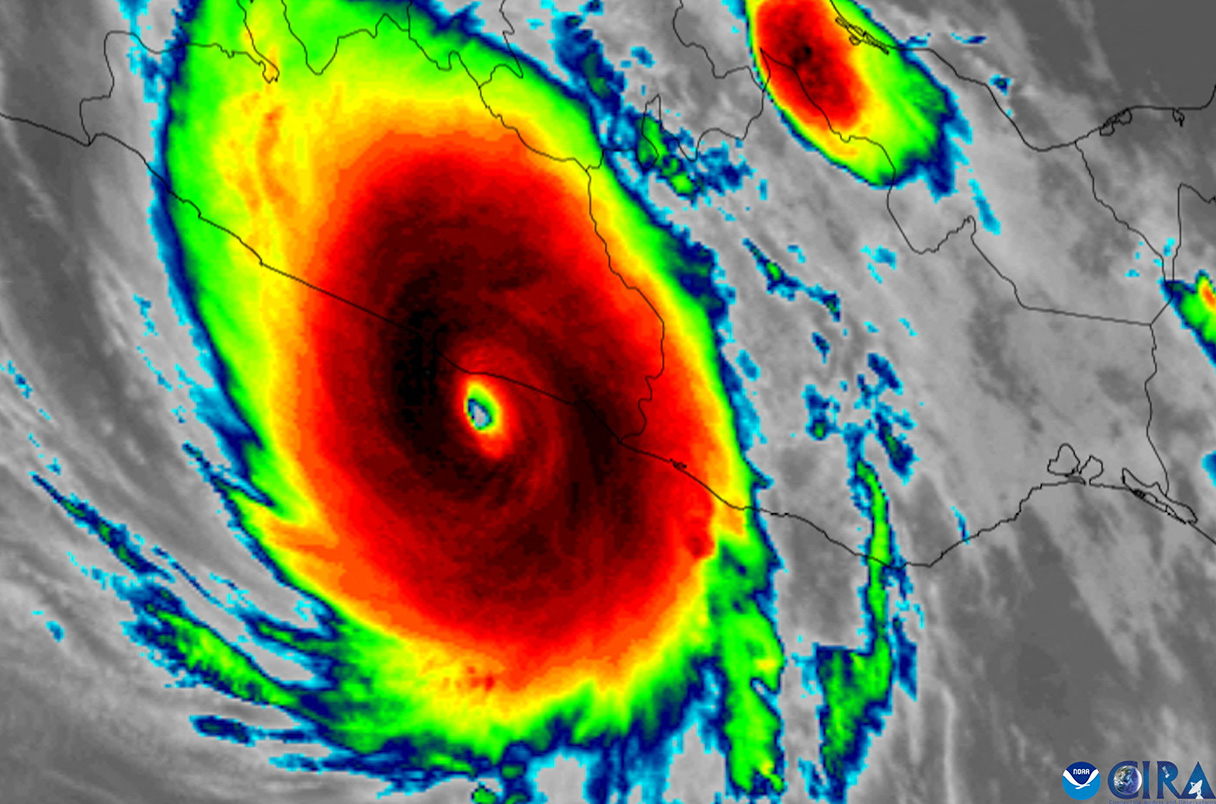
...and hit Acapulco two days later. while tropical regions are hit worst by these stronger storms, they occasionally hit closer to home.
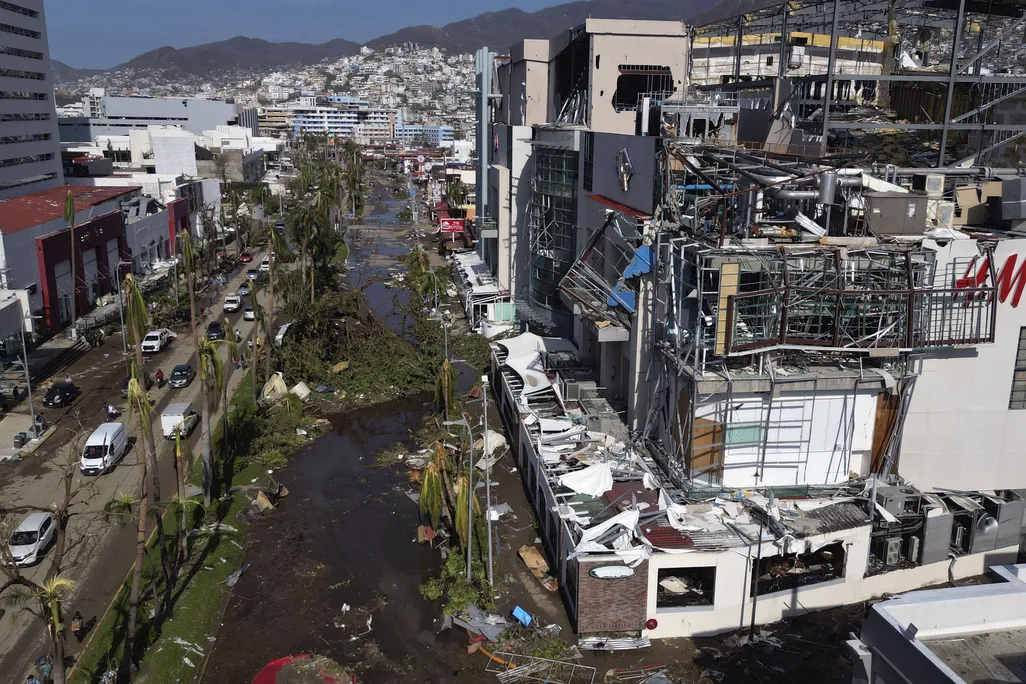
in sep2021, 29 people drowned--right here in nj--during the mere remnants of Hurricane Ida, which transformed streams into rivers. We name the storms that form in the tropical Atlantic, but it's important to know that home-grown, unnamed storms are also being intensified by climate change
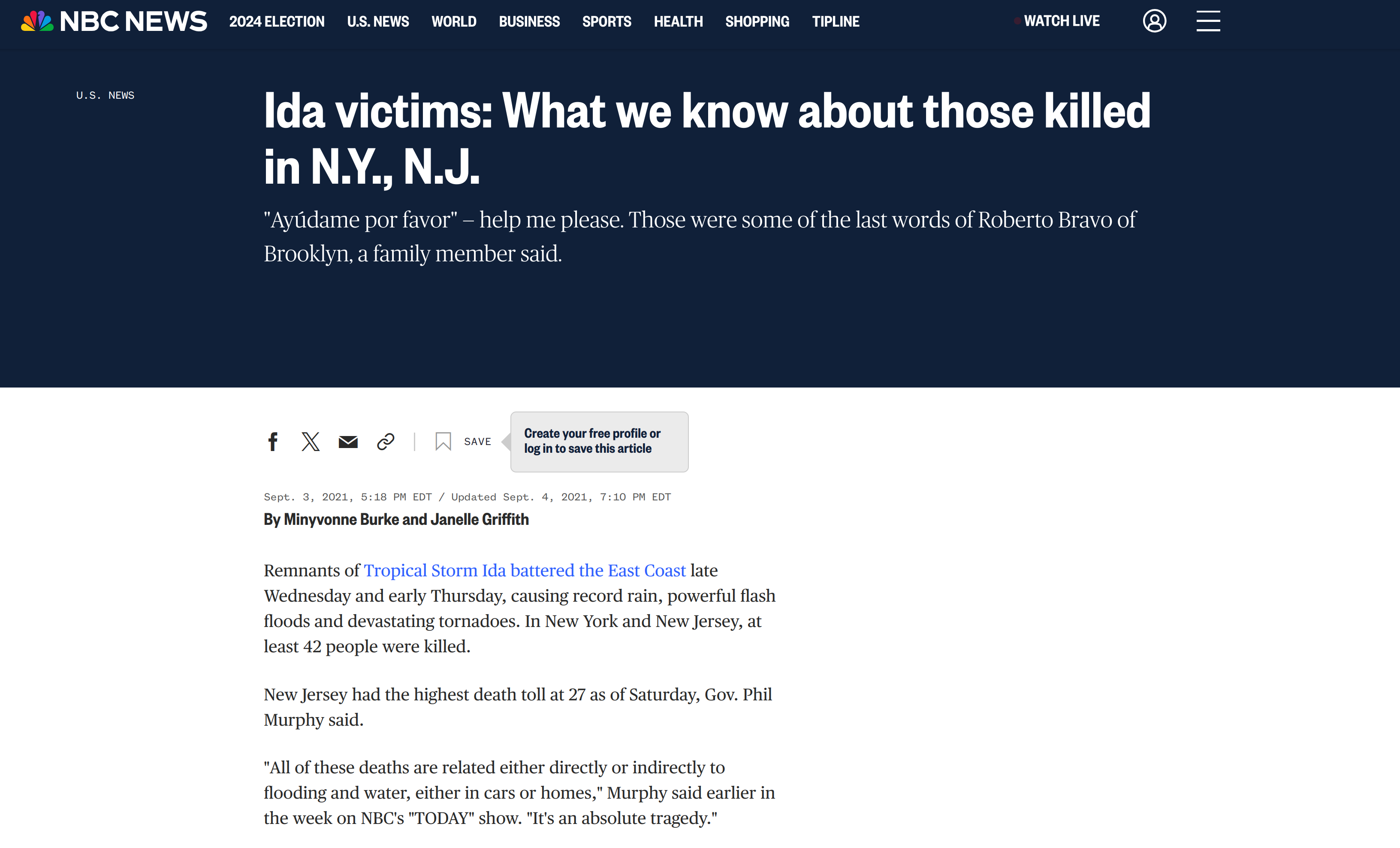
unnamed storms eg 2024sep16 in the Carolinas which dumped 18 inches of rain in 12 hours
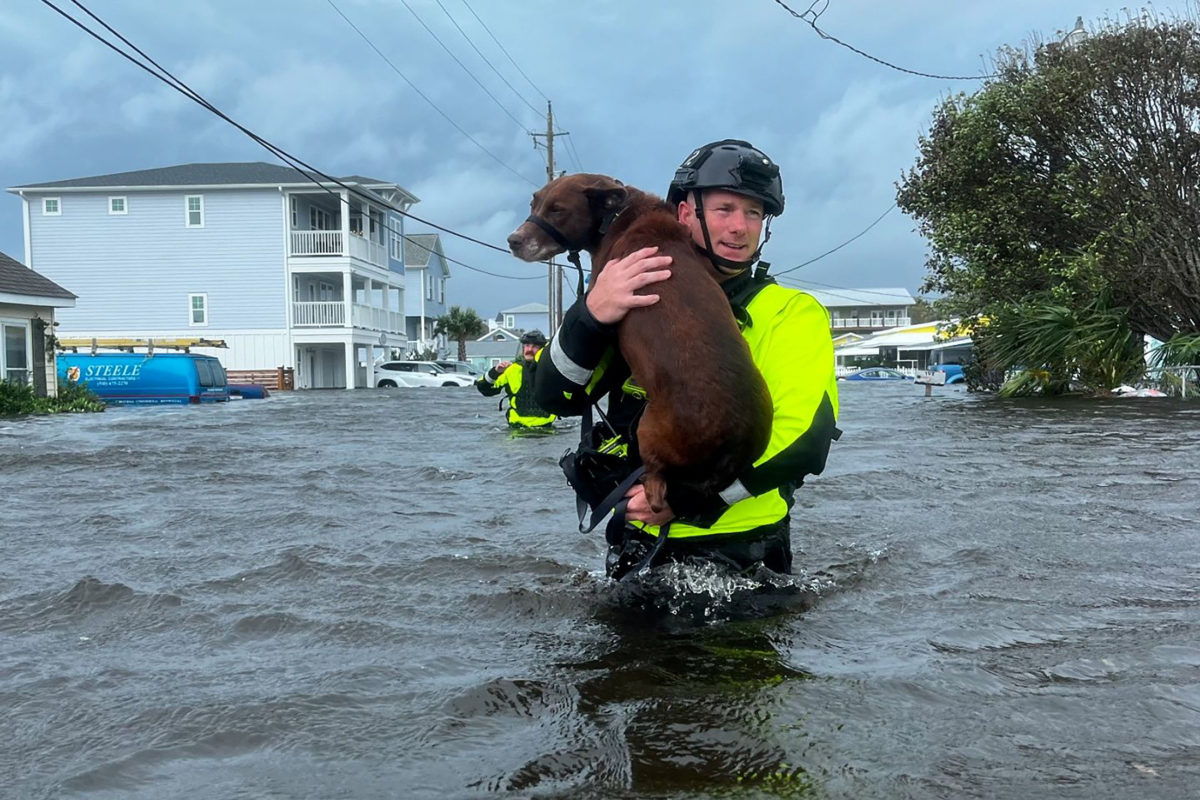
sea level rise doesnt just heighten storm surge; it also threatens drinking water as salt water moves inland and contaminates groundwater
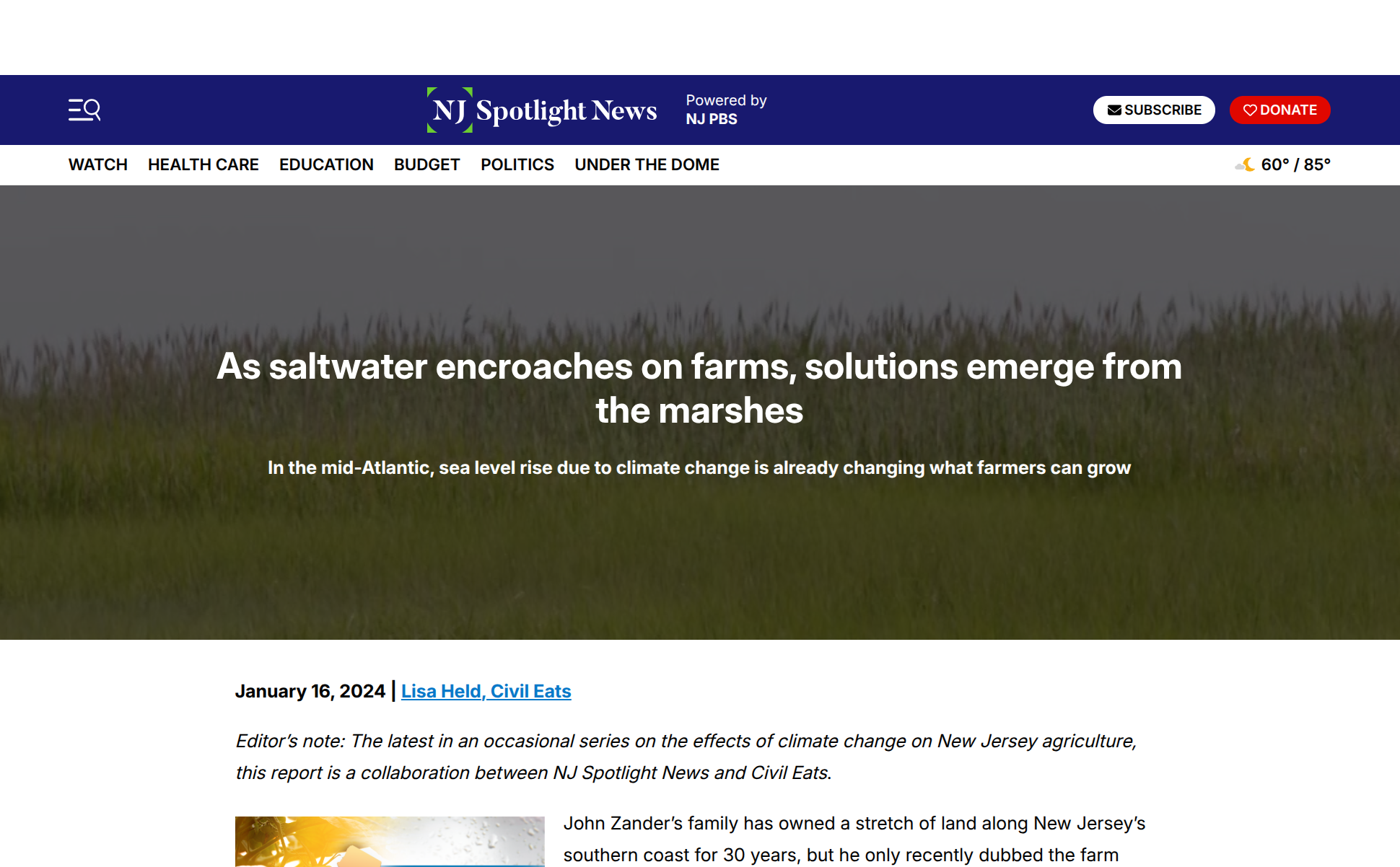
warmer saltier coastal wetlands force fungi to adapt, thus becoming more of a threat to humans. We have very few antifungal drugs, partly because fungal cells are much more similar to human cells than bacteria are.
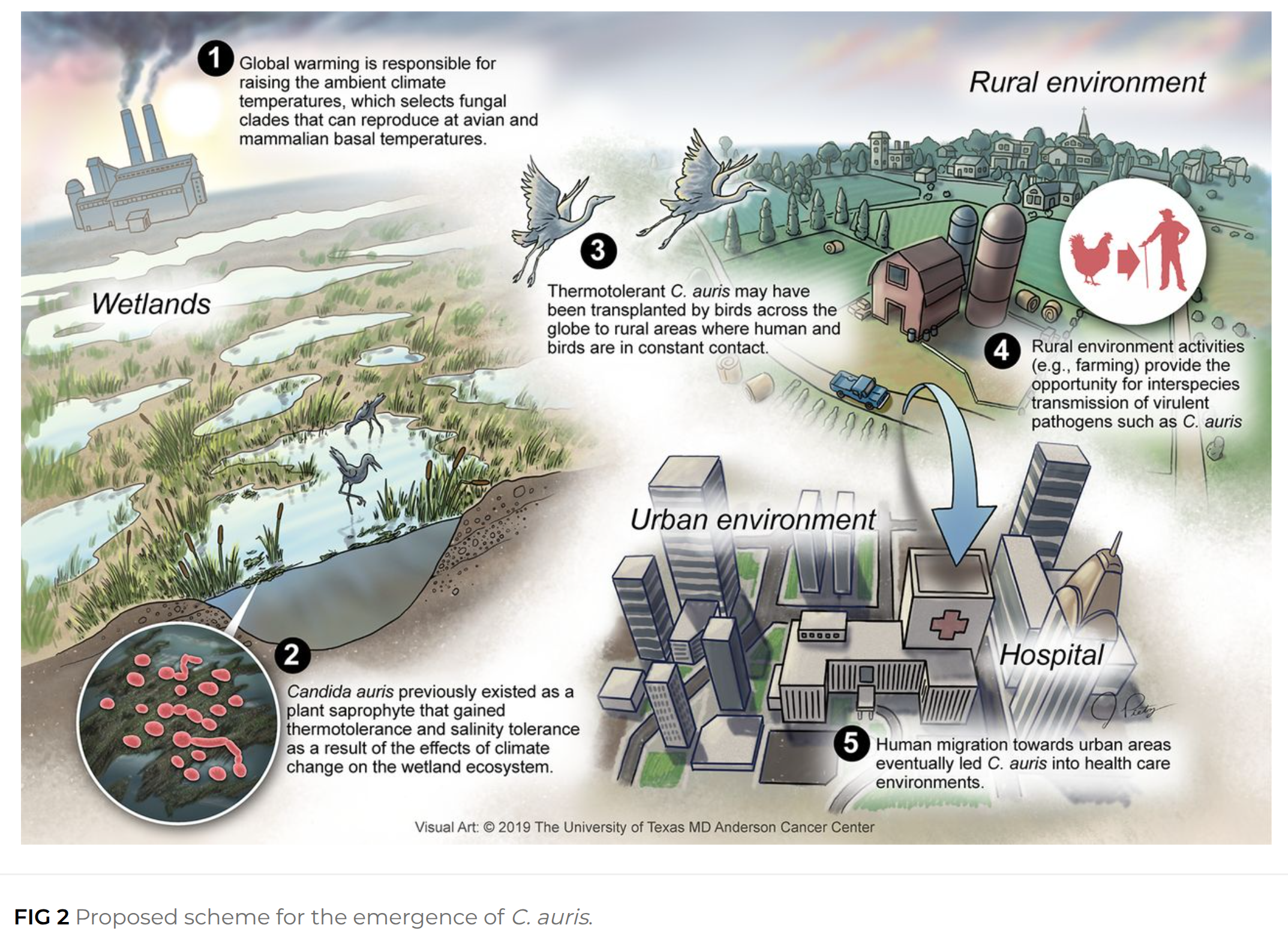
Candida auris, a fungal disease unknown in humans before 2009, is now in 30 countries and 40 states [tho it remains rare]. So climate change has remarkably diverse impacts, and new ones will continue to arise as the climate warms
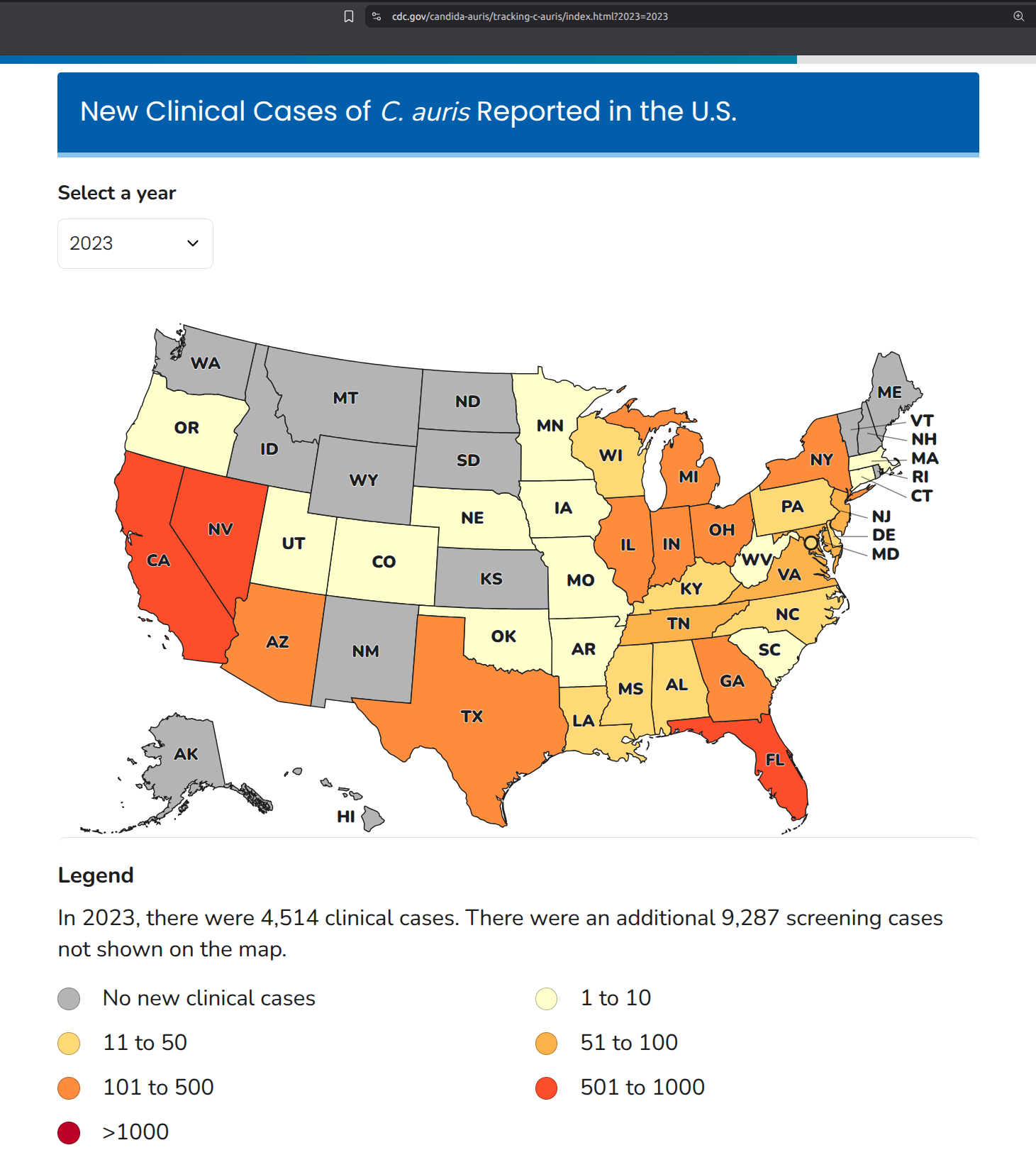
the most deadly climate impact so far is longer and hotter heat waves, which kill more people than hurricanes, floods, and tornadoes combined; we need to respect those heat advisories. So for a growing list of reasons, we need to stop emitting greenhouse gases.
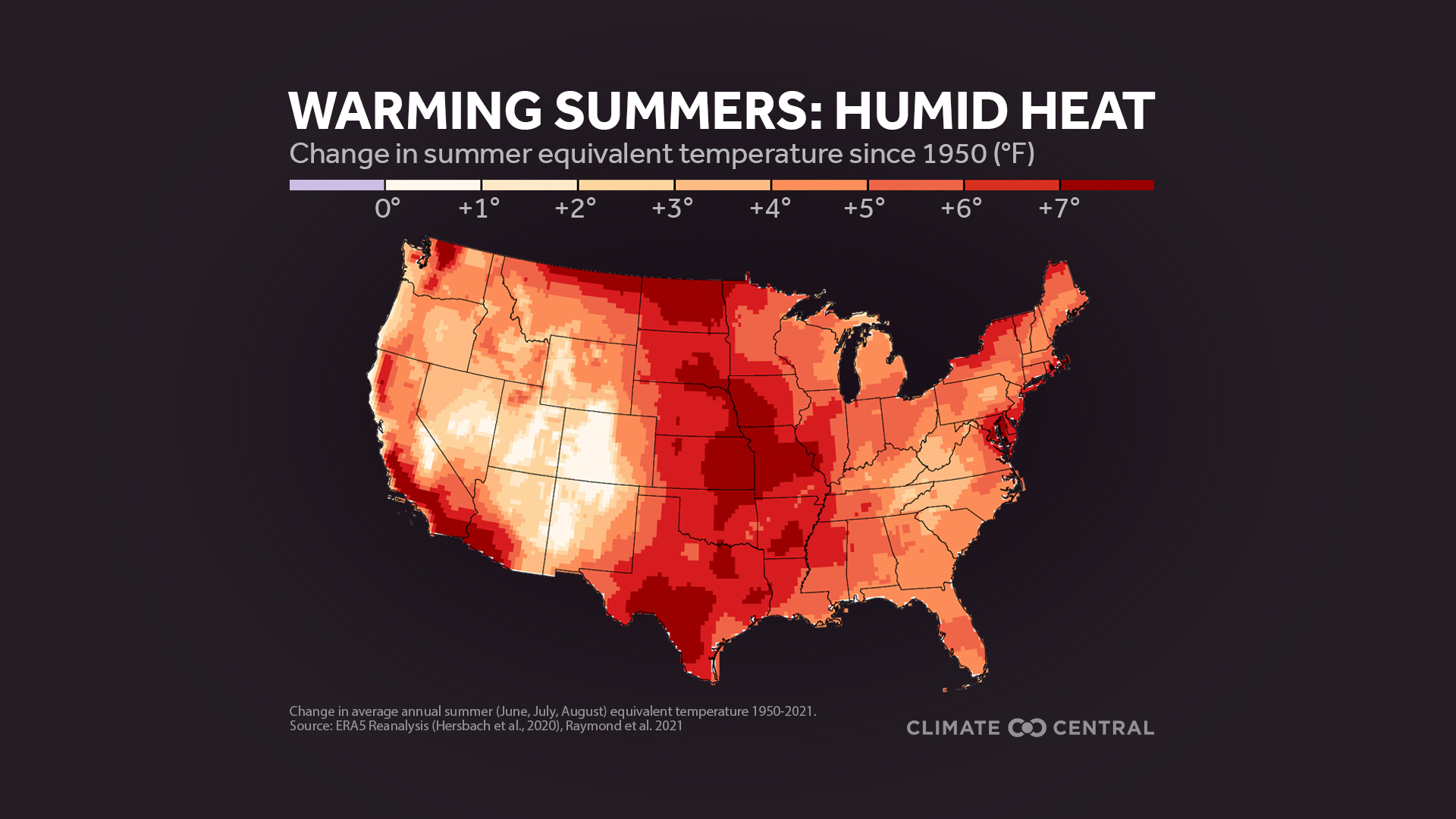
nearly all peer-reviewed climate articles agree that humans are causing climate change. if ur source paints the climate consensus as controversial, it likely accepts funding from the fossil fuel industry.
not only do climatologists agree that co2 drives warming, there is good evidence that UN IPCC reports deliberately downplay the worst possibilities, especially those involving poorly understood phenomena.
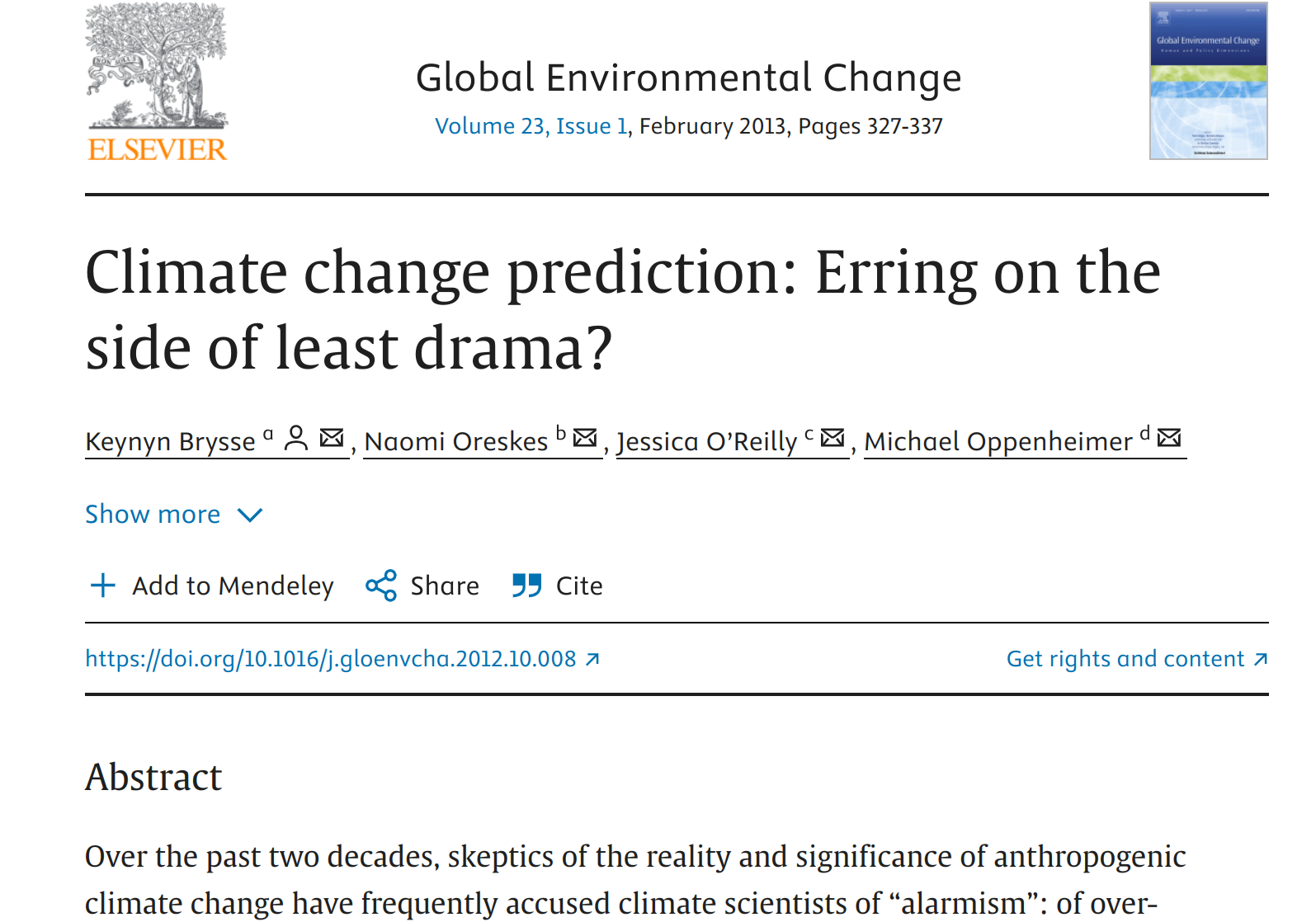
poorly understood phenomena such as so called "tipping points"--earth's climate is a "nonlinear" system, and such systems can undergo irreversible transitions. the higher we push co2, the more energy we pump into the climate system, and the more likely such transitions become. and some possible transitions are pretty unthinkable:
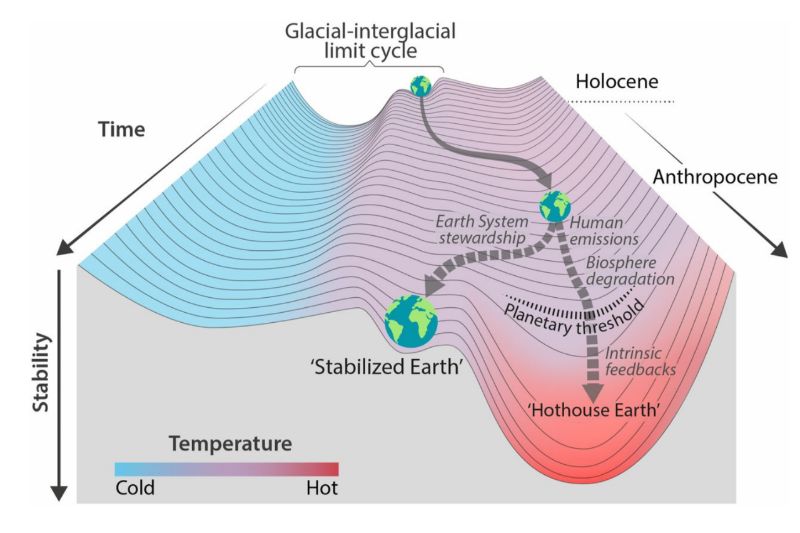
- amazon rainforest transition to grassland would cause massive adDITional emissions and a tragic loss of biodiversity

- WAIS collapse would cause 13feet of additional global sea level rise over the next 1000 years
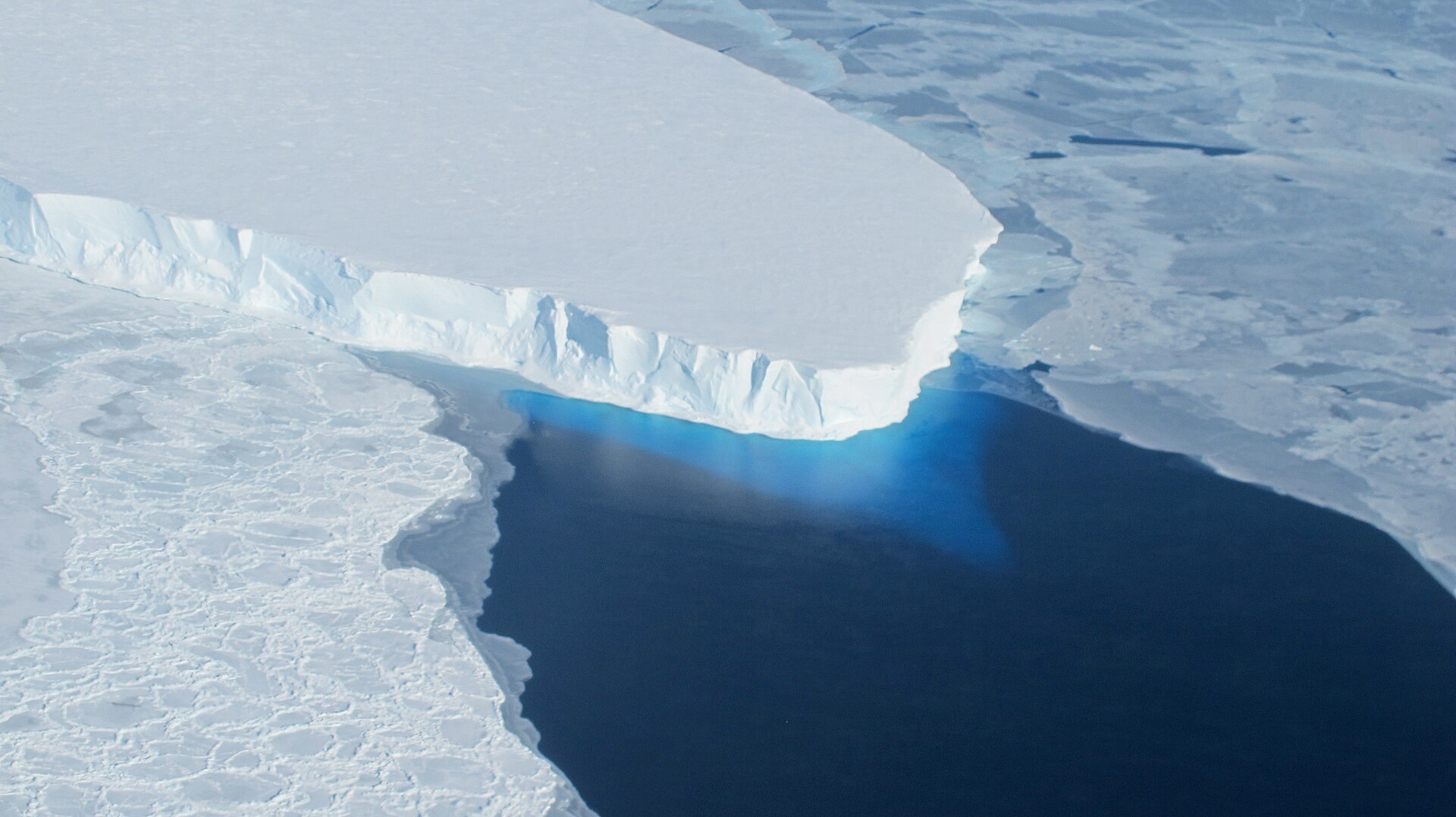
- gulf stream collapse would cause several additional feet of sea level rise for the US east coast, and practically eliminate agriculture in europe, this century
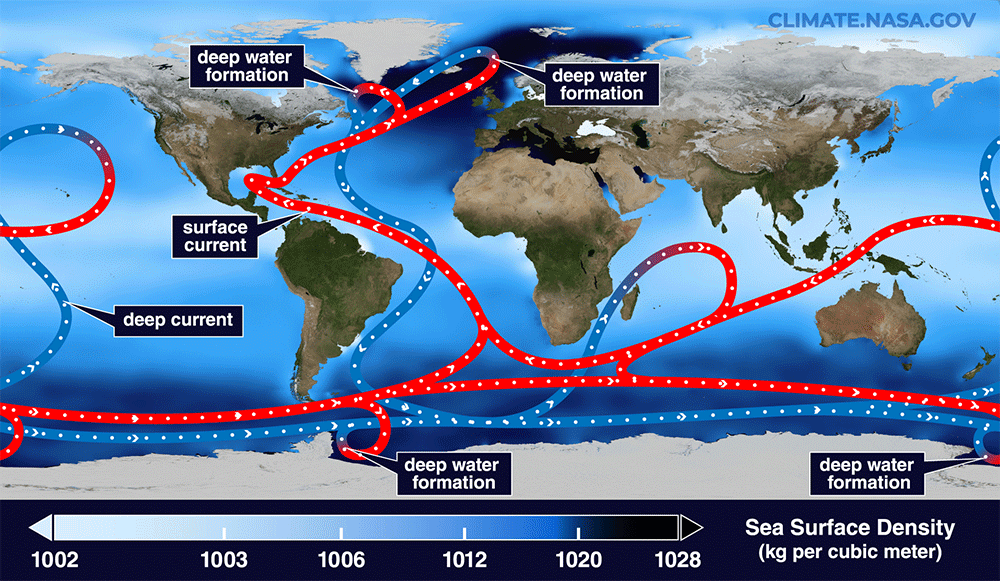
this is perhaps the area of least scientific confidence, but one thing we know: no matter how low we eventually draw co2 back down to, there is no guarantee that we can undo the global processes we set in motion at the current and future elevated levels of co2.
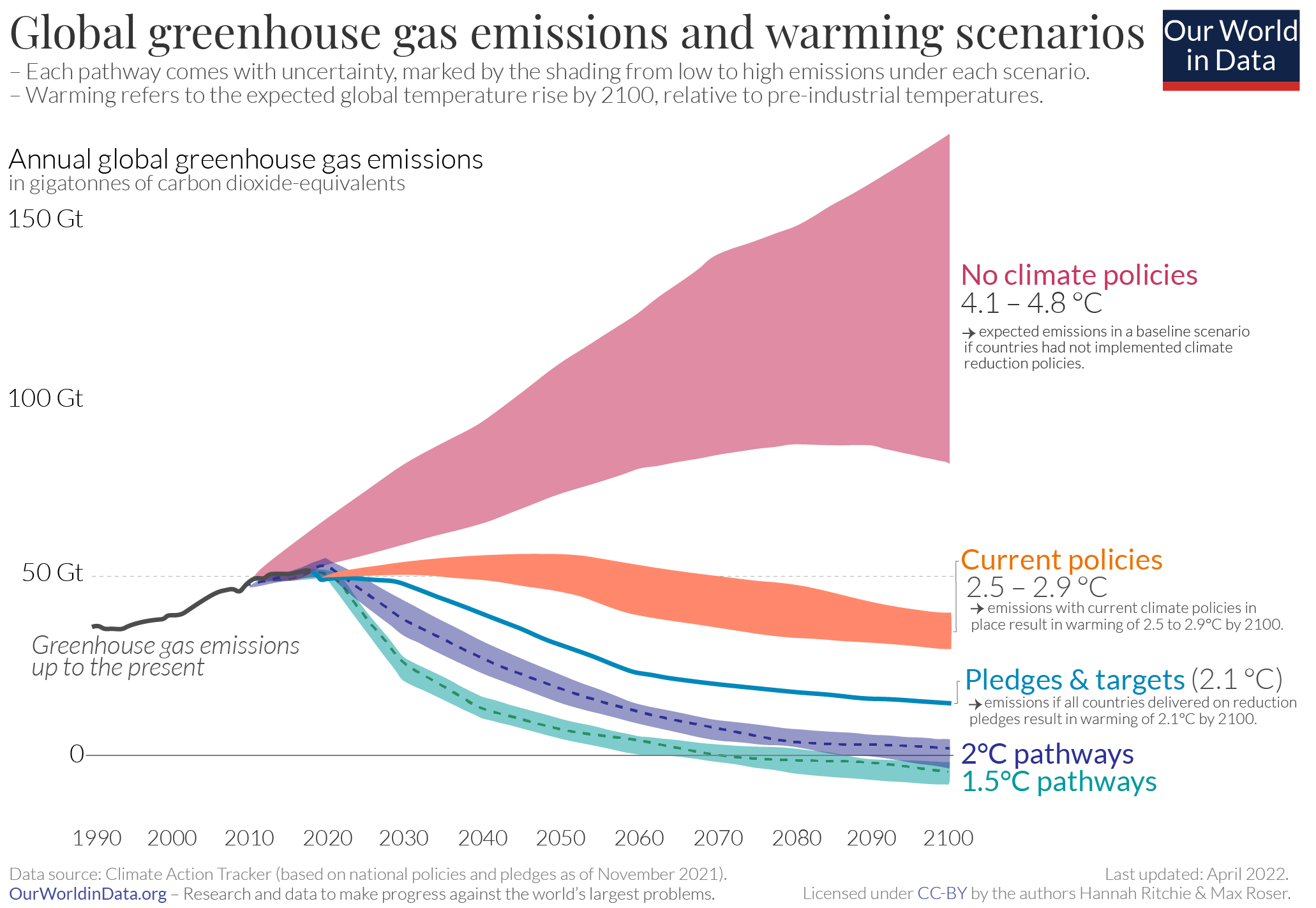
right now we THINK we're in the driver's seat, but at some point, we could lose control...and not even know it.

so where are we right now? globally 60% of electricity is produced from fossil fuels
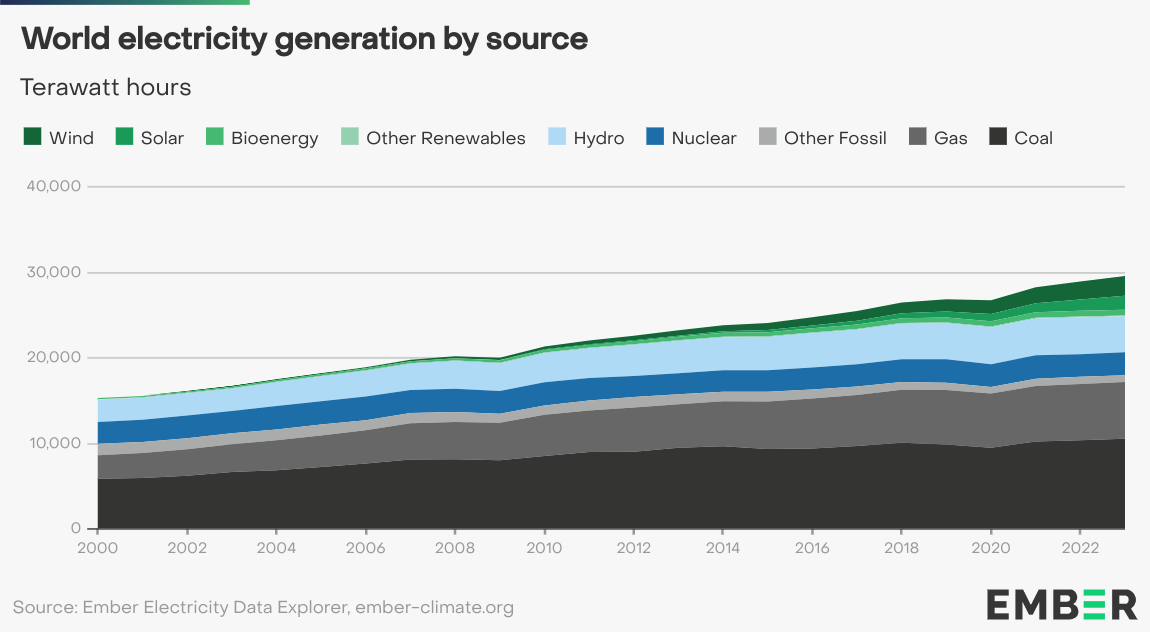
but most heating and transport is not electrified; of total energy use, ~80% is fossil fuels
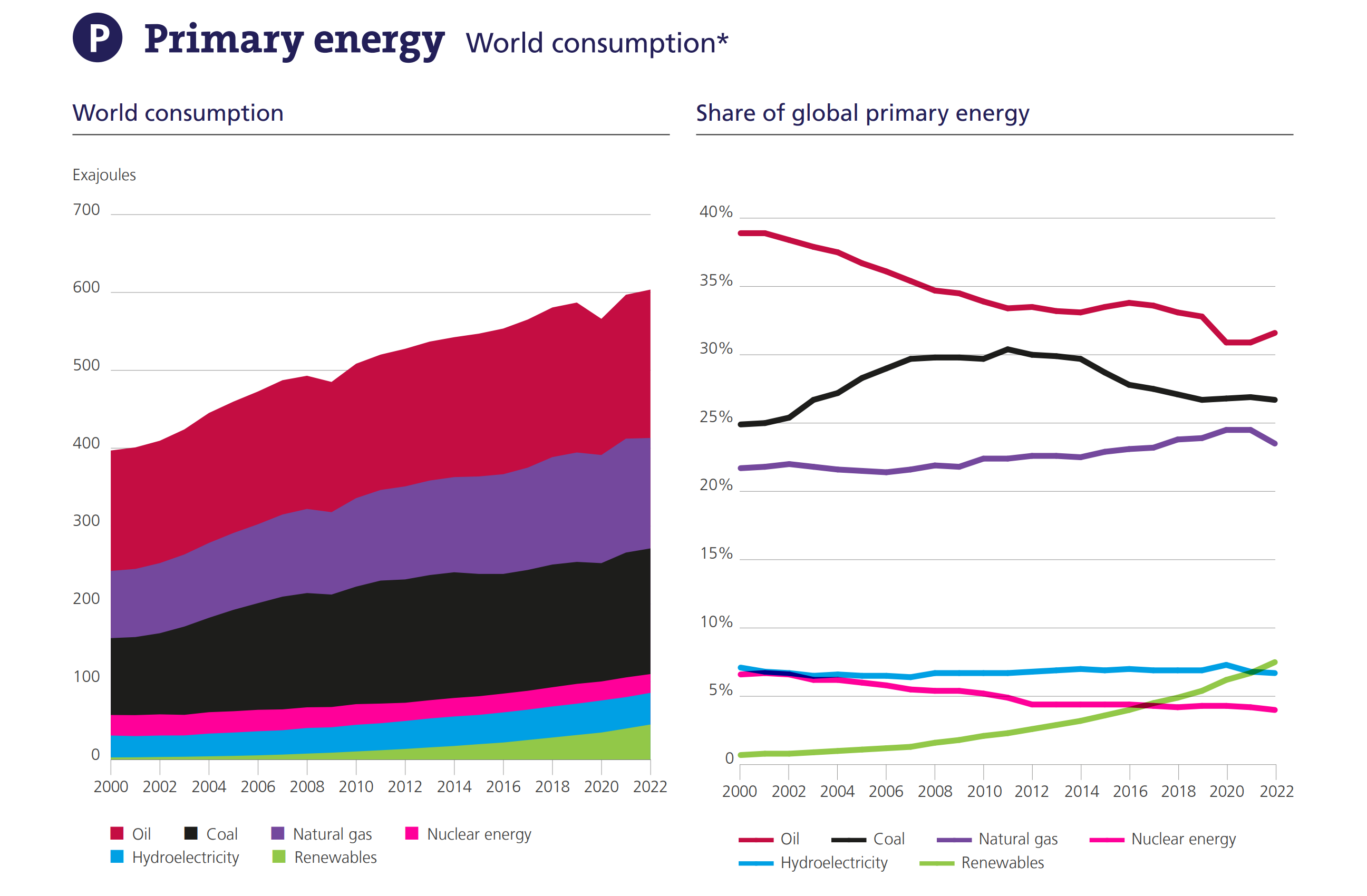
most NEW capacity is renewable [yellow is solar, light blue is wind]
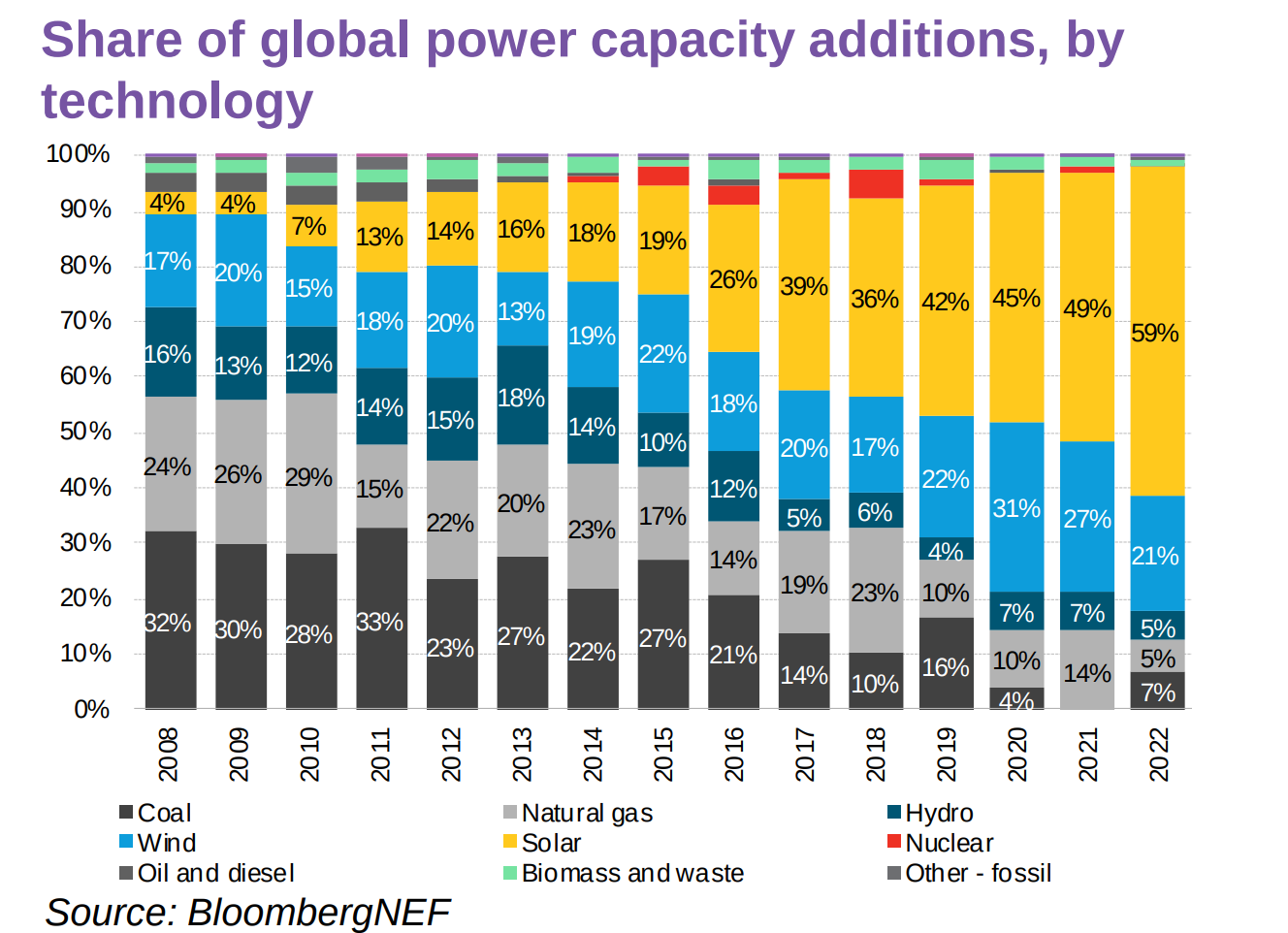
but more solar and wind dont directly impact climate; climate responds only to co2. solar and wind help ONly to the extent that they replace fossil fuels ; an "all of the above" energy policy, one that pursues both fossil fuels and renewables, PROMOTES climate change by increasing emissions.
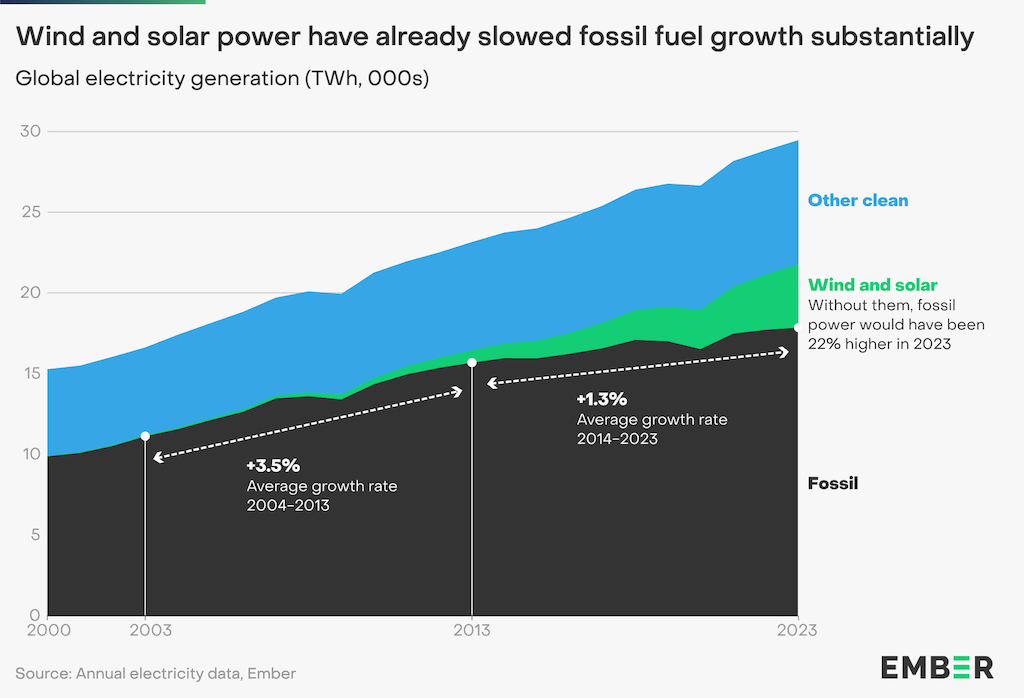
globally, energy use has been growing even faster than renewables; renewables HAVE reduced fossil fuel GROWTH, such that global emissions may soon plateau. in fact, solar alone is now growing faster than total energy use, so emissions are expected to START to decline sometime soon.

the pentagon has called climate change a "threat multiplier". most any issue you care about, climate plays a role.
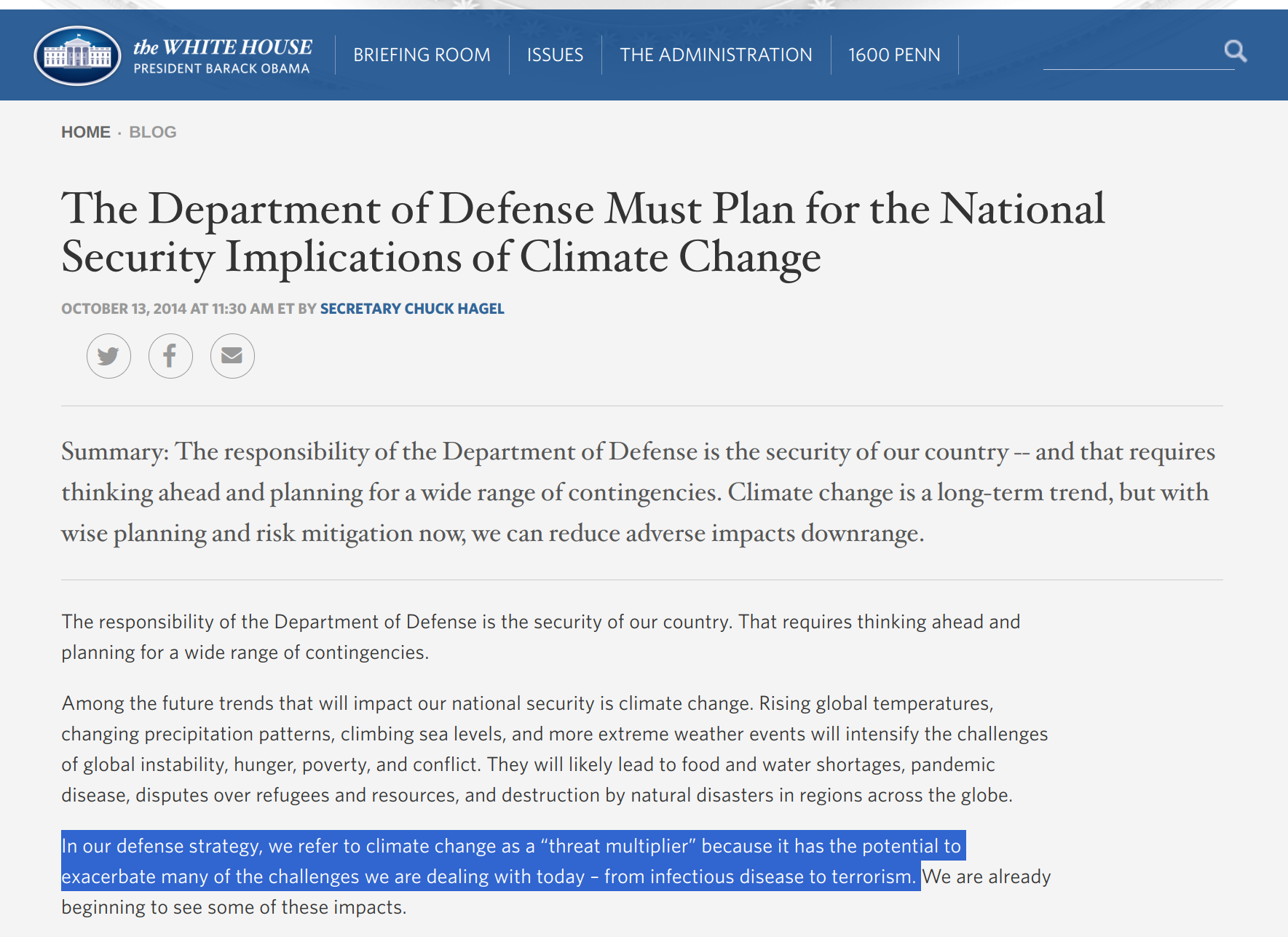
issues like immigration: much of the immigration from Central America is climate-driven
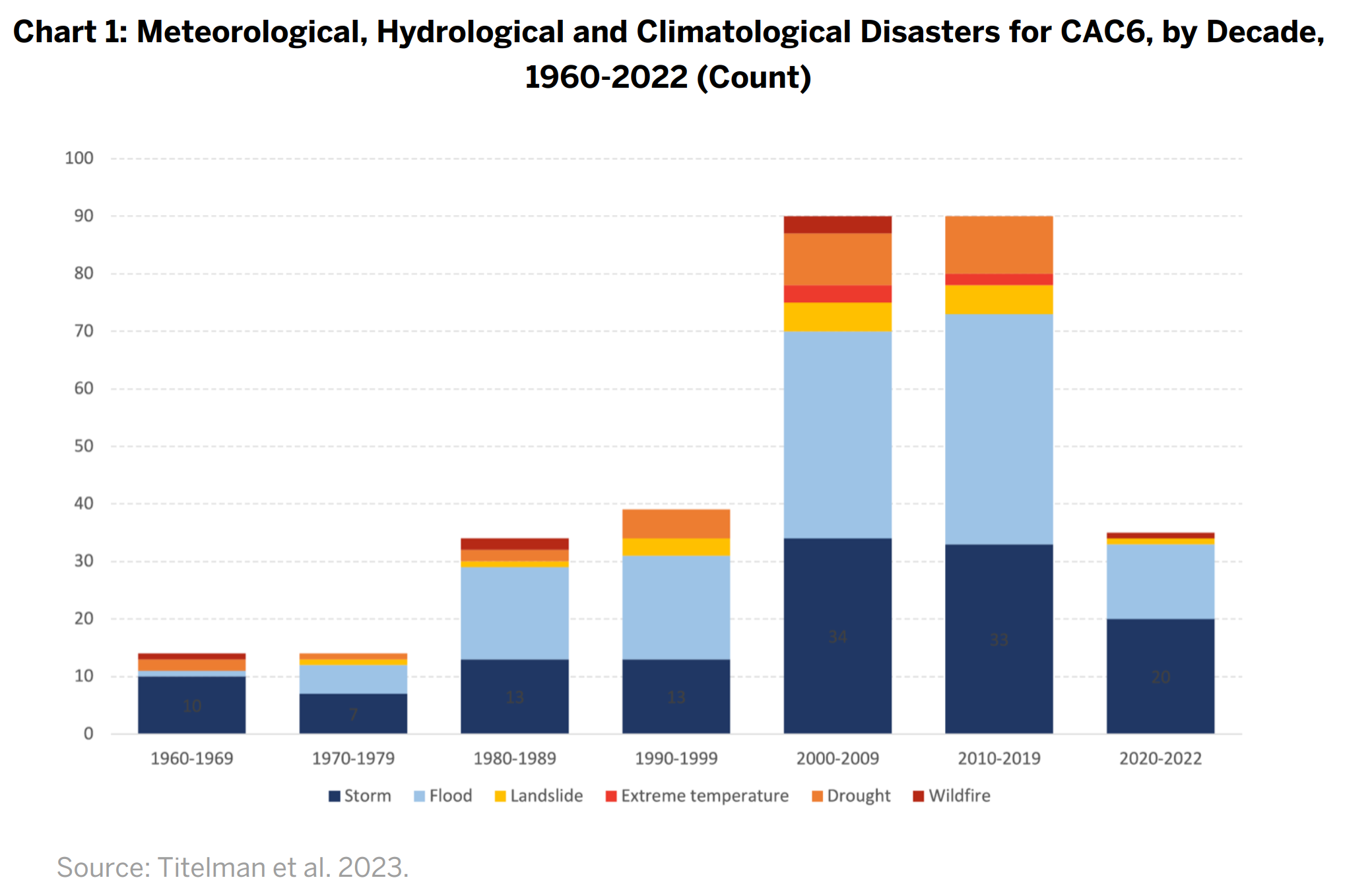
issues like the cost of insurance: major insurers are pulling out of flood- and fire-prone areas due to "rapidly growing catastrophe exposure" as stateFarm puts it, and theyre raising rates elsewhere
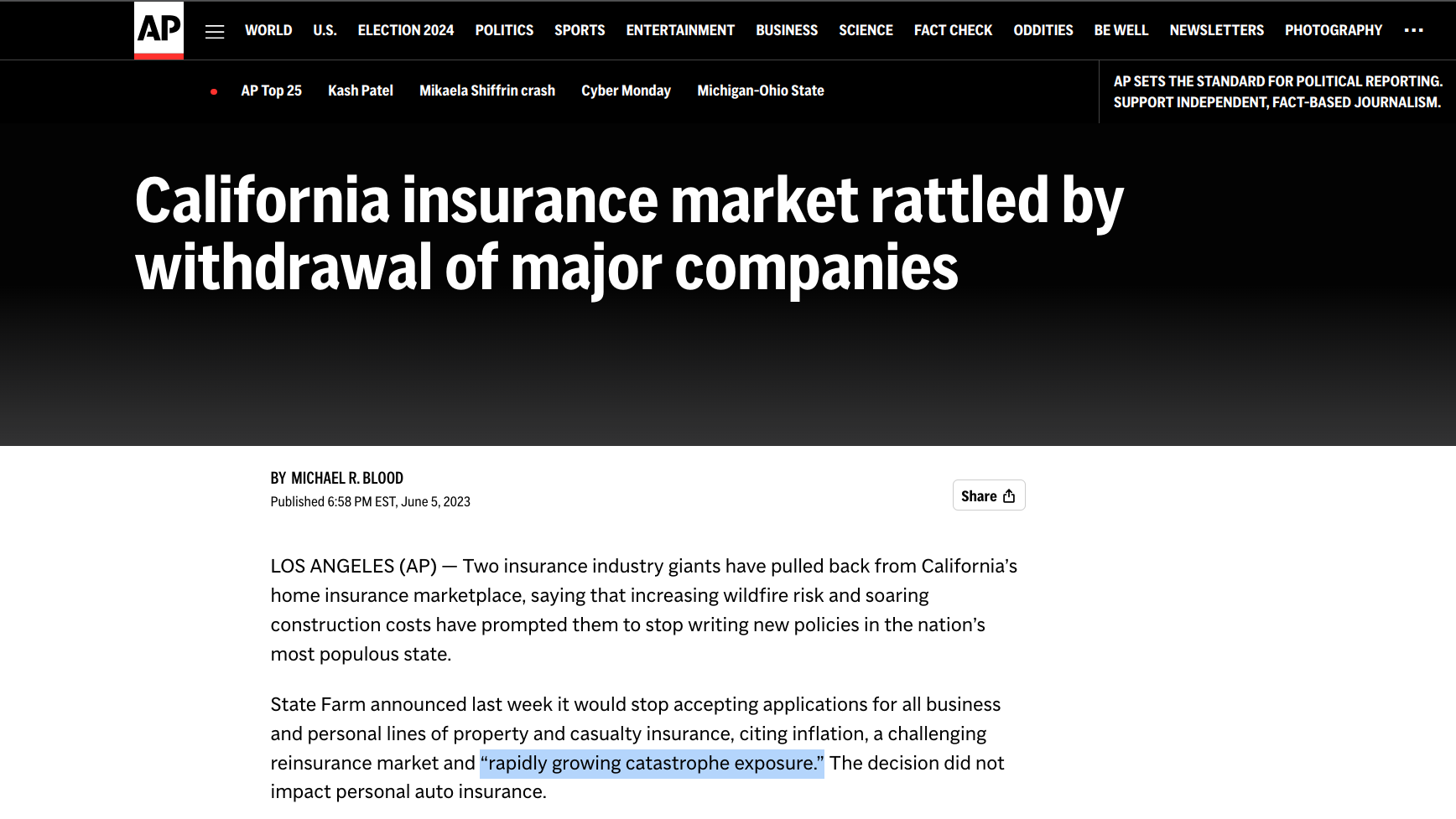
issues like biodiversity: climate change is a significant driver of species loss. if today your issue isn't much affected by climate, just wait--the climate impact will likely grow
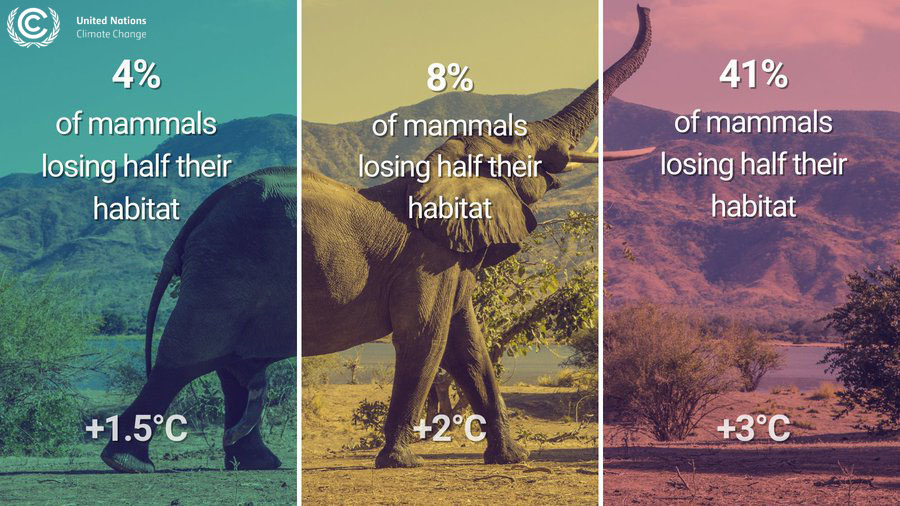
but nations don't emit equally--most of the co2 emitted since the dawn of the industrialRevolution is still in the atmosphere, warming the planet. the rich nations have emitted most of it.
and even today, US per capita emissions are twice that of China and Europe
and that doesnt count our ballooning exports of 'lng' [liquefiedNatGas] cuz exports are counted as emissions of the importer
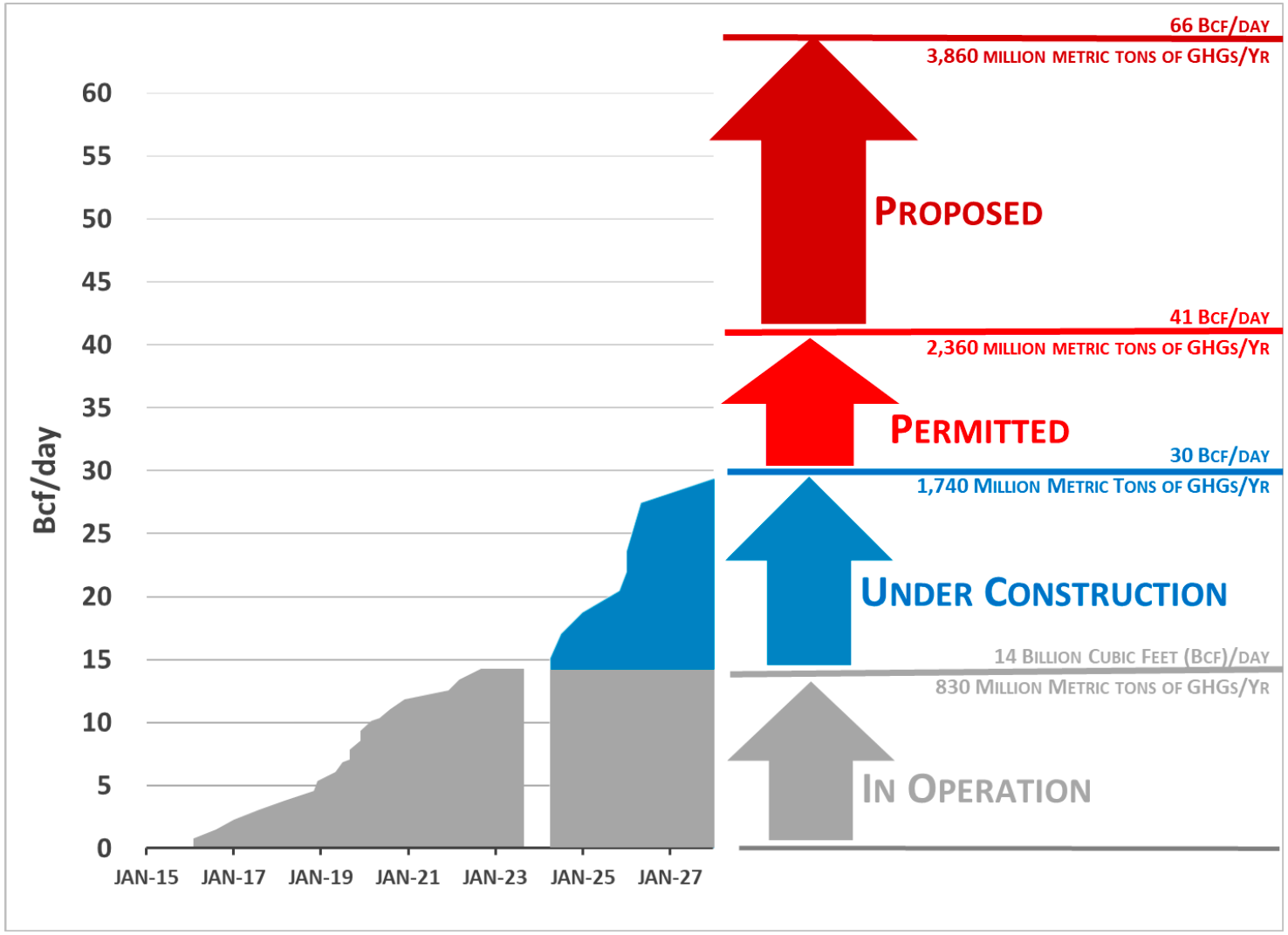
we're getting ever-more-realistic previews of future extremes, which should incentivize change, but it's the lowest emitters who are hit hardest, both the lowest emitting countries in south asia and africa...
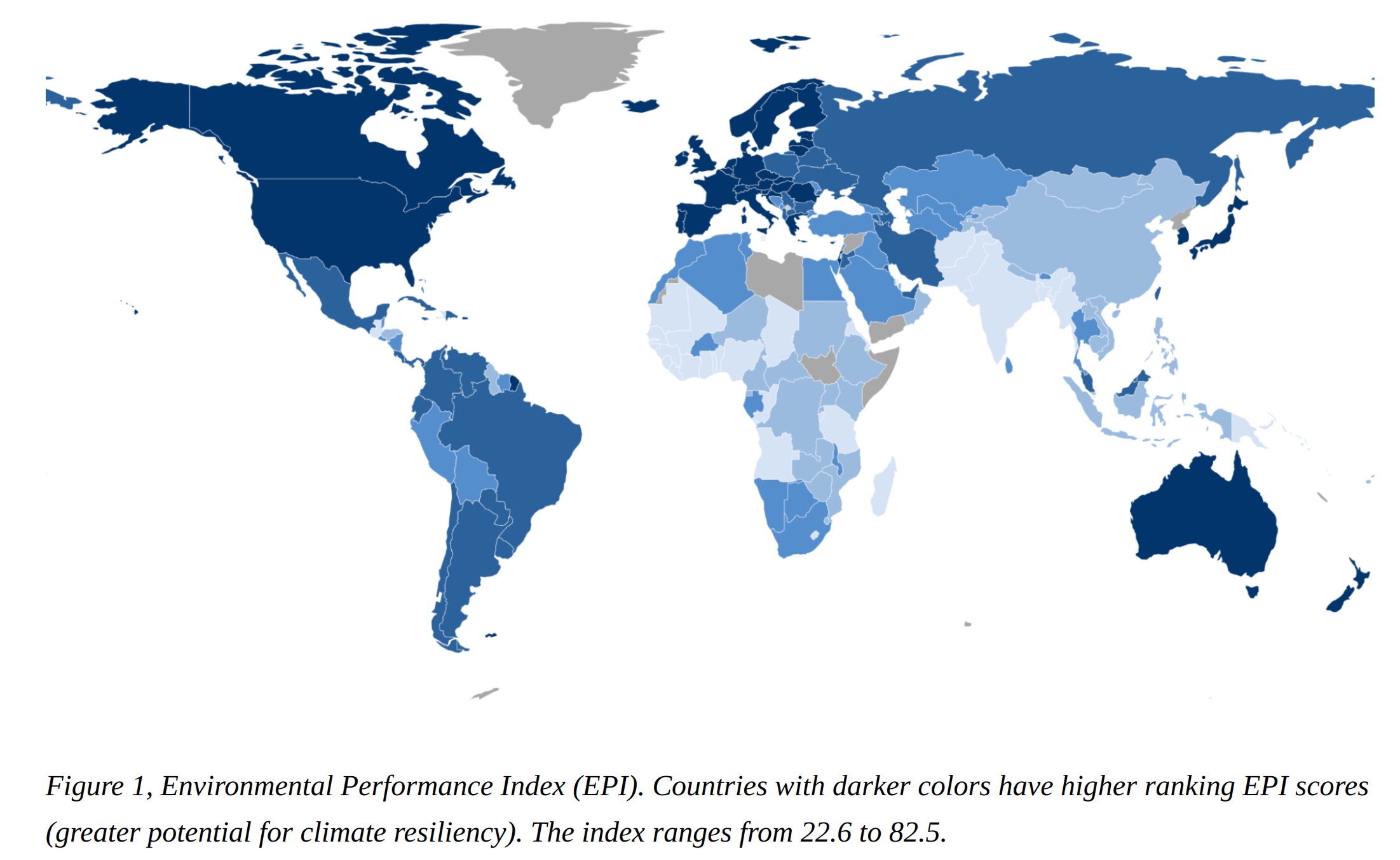
...and the lowest emitting people within countries
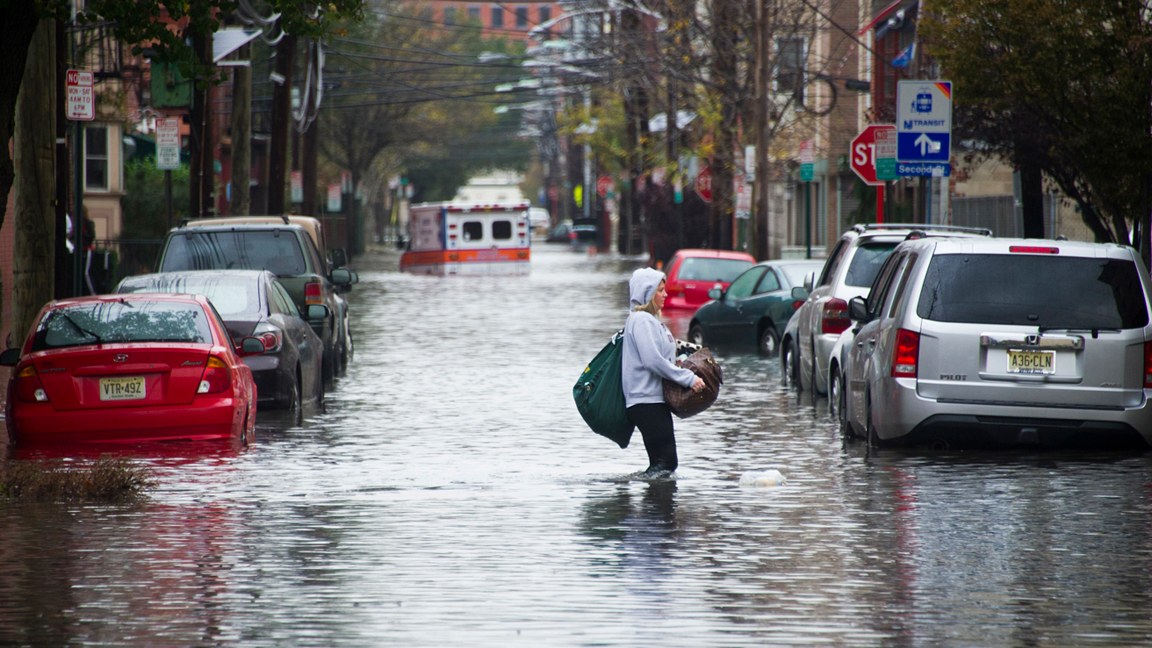
the nations that have historically polLUTed the most are the wealthiest, and thus are most able to transition. These nations must choose either to pretend all nations are equally able to reduce emissions, and we'll all exert equal effort, or spend more so that all nations together attain the 1.5 goal.
the US has pledged to do almost enough for the planet to hit 1.5 degrees of warming, if all nations reduce emissions in concert... but poorer less polluting nations cannot afford clean energy; without funding, they will develop as we did, using fossil fuels; without more 'climate finance'...
we are looking at nearly 3C by century's end. from our models we can compute that number, but no one really knows what it would be like to live in that world. but today's teenagers will see it. so it's urgent that we expand climate finance to allow developing countries to leapfrog dirty energy sources.
won't capitalism fix climate? solar, wind, and more recently battery prices have plummetted, but the major players, the fossil fuel industry and the electric utilities, have not responded.
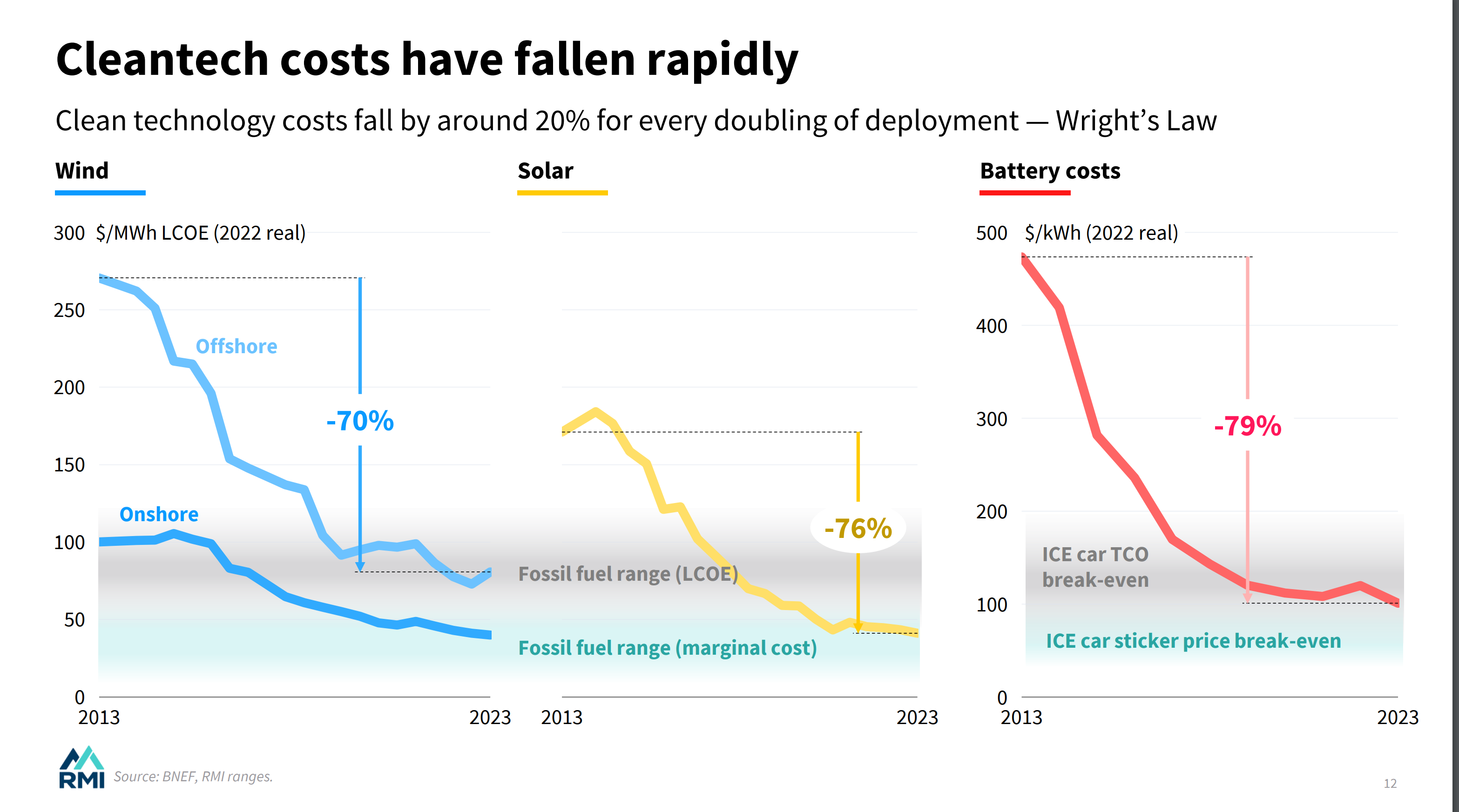
that's because it's more profitable to SELL fuel than to enABle folks to use FREE fuel, so fossil fuel companies deCIDed to offer false solutions like "carbon capture" and biofuels

and to misLEAD the public on climate change, first calling the SCIence 'lies', then 'unsettled', and more recently calling the solutions 'unrealistic'
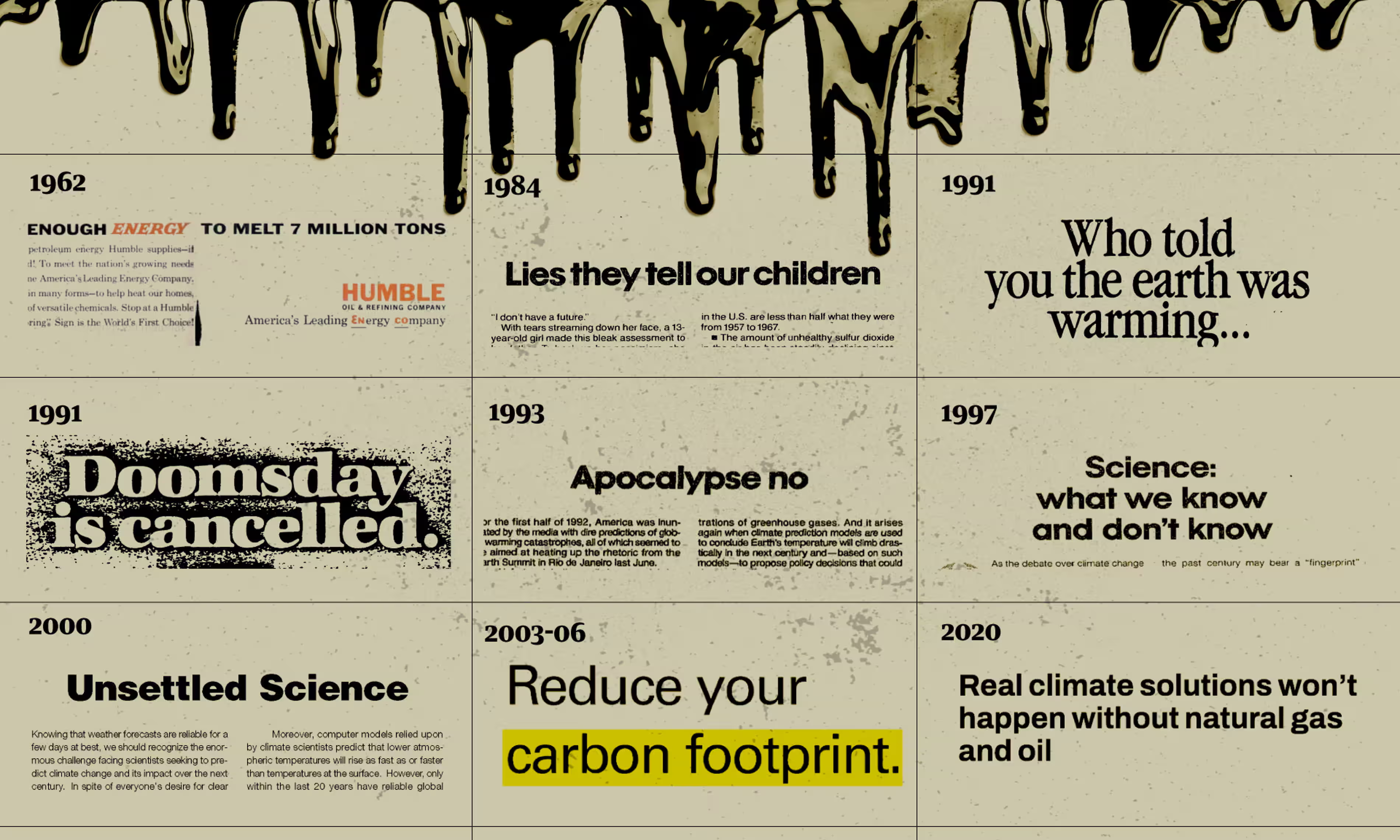
most electric power is provided by utility companies, which are granted a monopoly in return for serving the public interest, but whose profits are tied to the value of the infrastructure they invest in, so cheaper renewable power means lower profits for them.
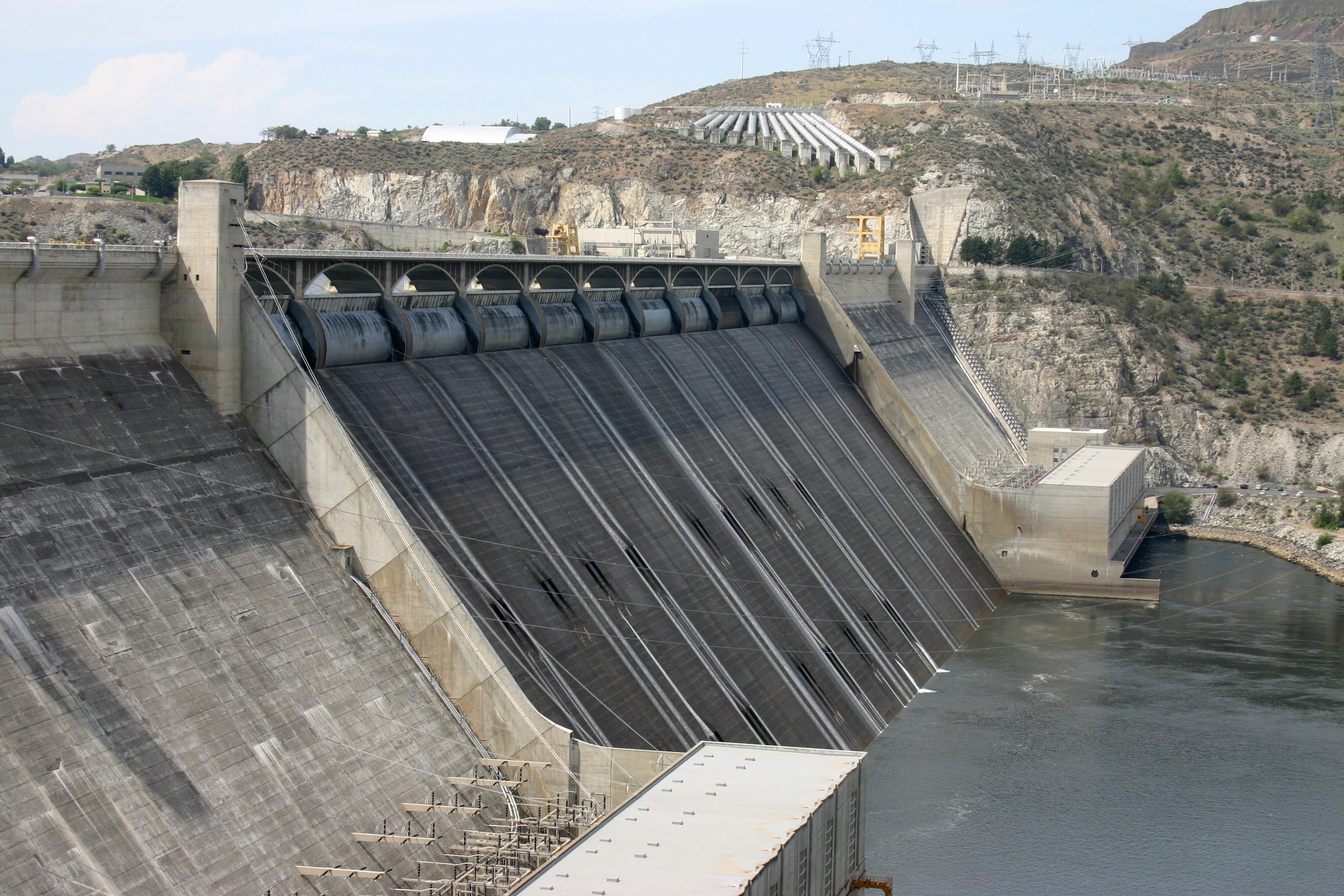
Utilities have actually used RATEpayer money to lobby aGAINST clean energy, a practice banned in only a FEW states.
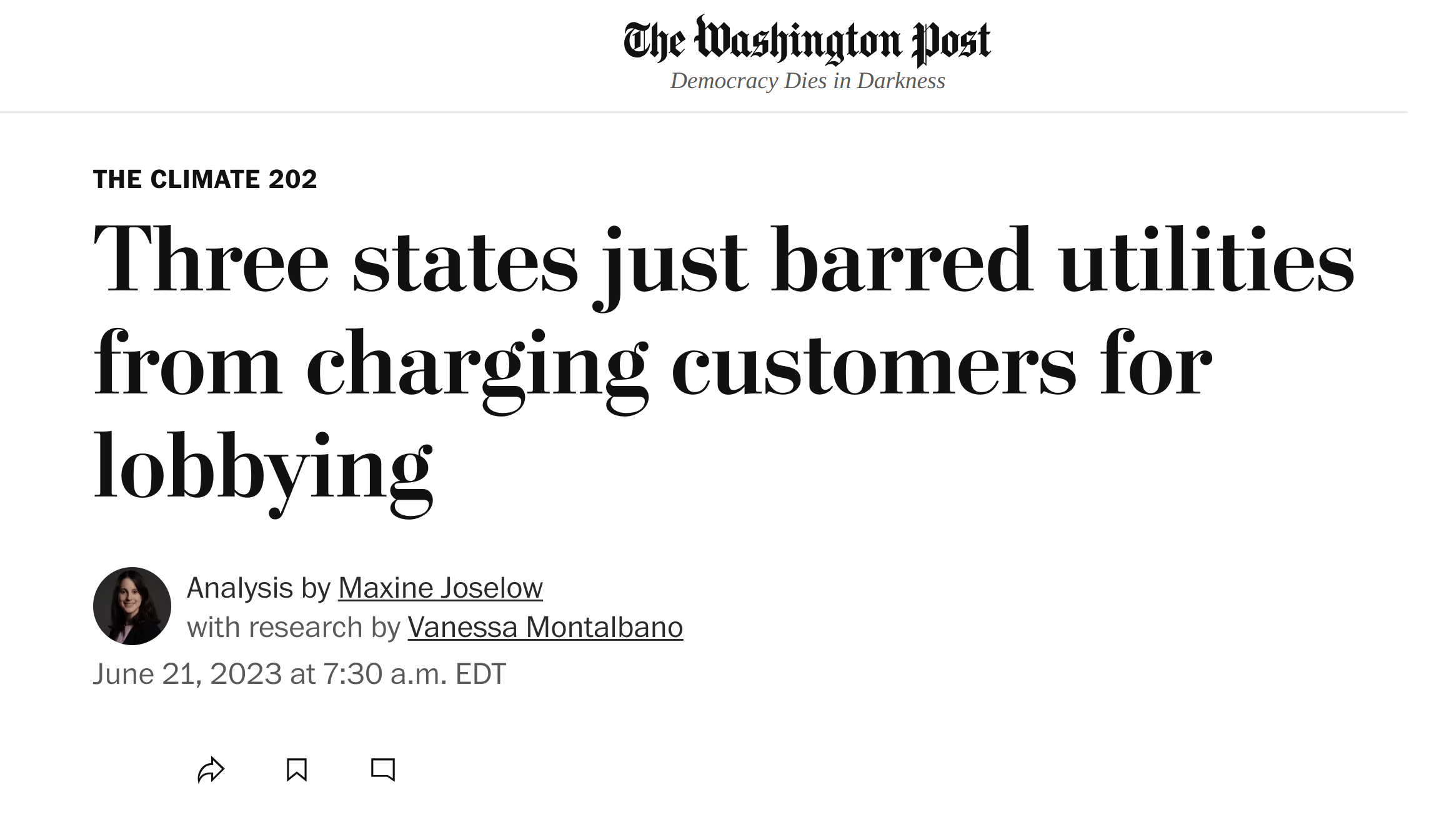
so renewables are not attracting the needed level of investment--government must step in.
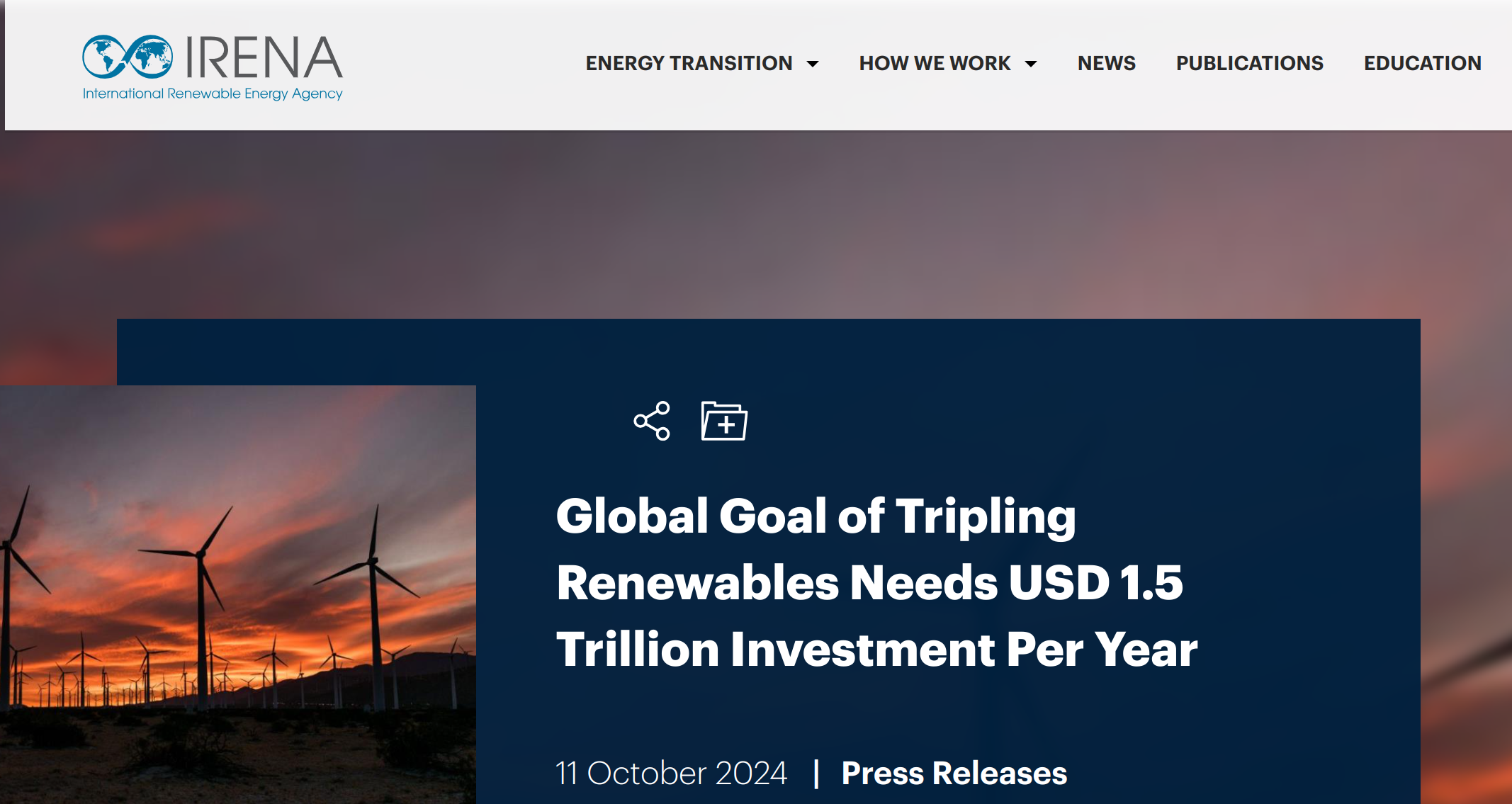
as china's government has--i mentioned earlier that we've made great progress on renewables globally,

but in fact it's China leading the way to manufacture, deploy, and even to PATENT clean energy tech's. In the last 5 yrs, China spent $300 billion on the clean technology supply chain while the US and Europe combined spent not even a tenth of that. The InflationReductionAct [really a clean energy investment act] began to change that, but much of that money is being clawed back. That's typical of our waffling on clean tech, in contrast to China's consistent support for that sector.
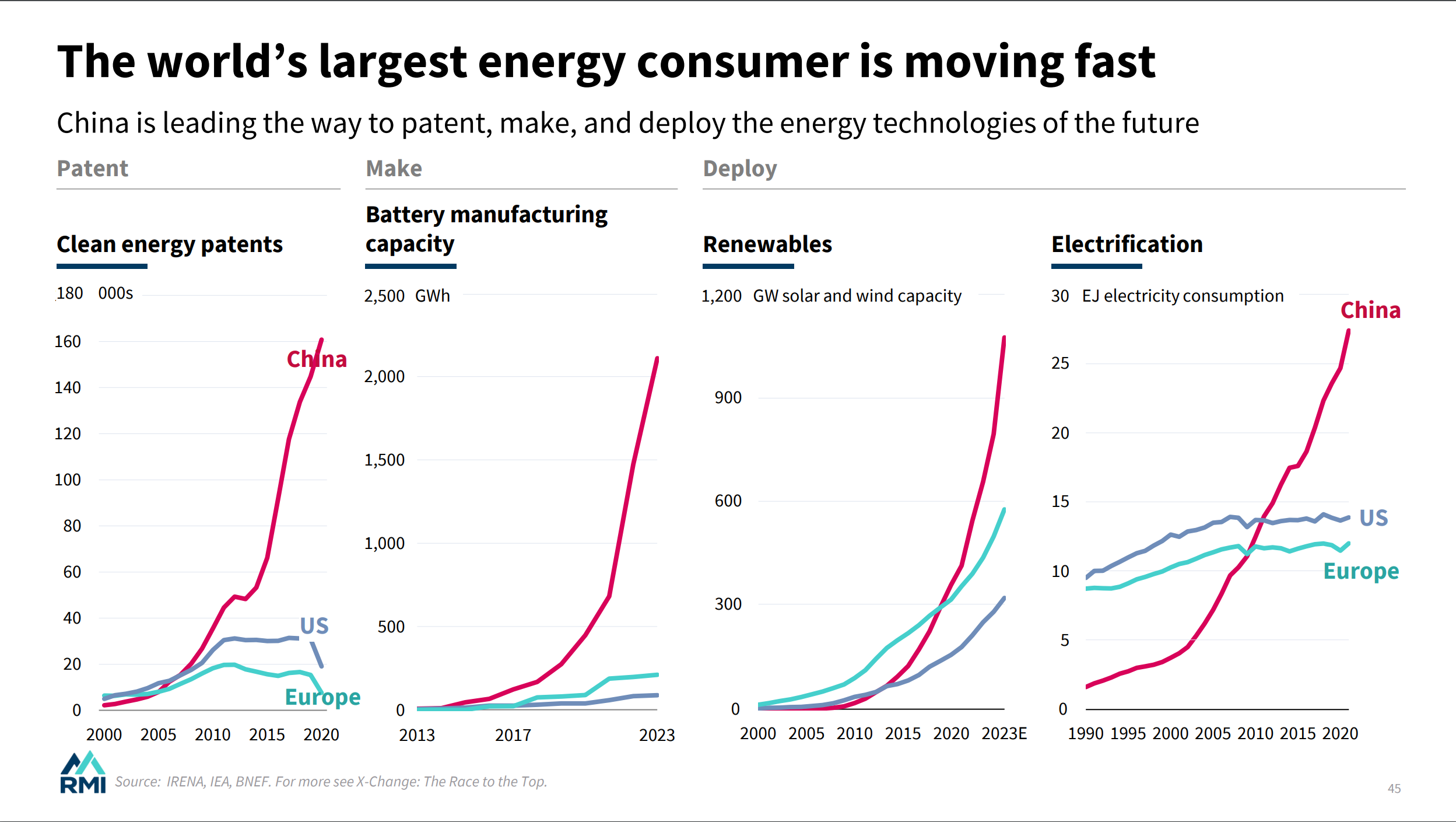
in china electricity is much cheaper than gas, because of tariff-free solar panels and no domestic gas production
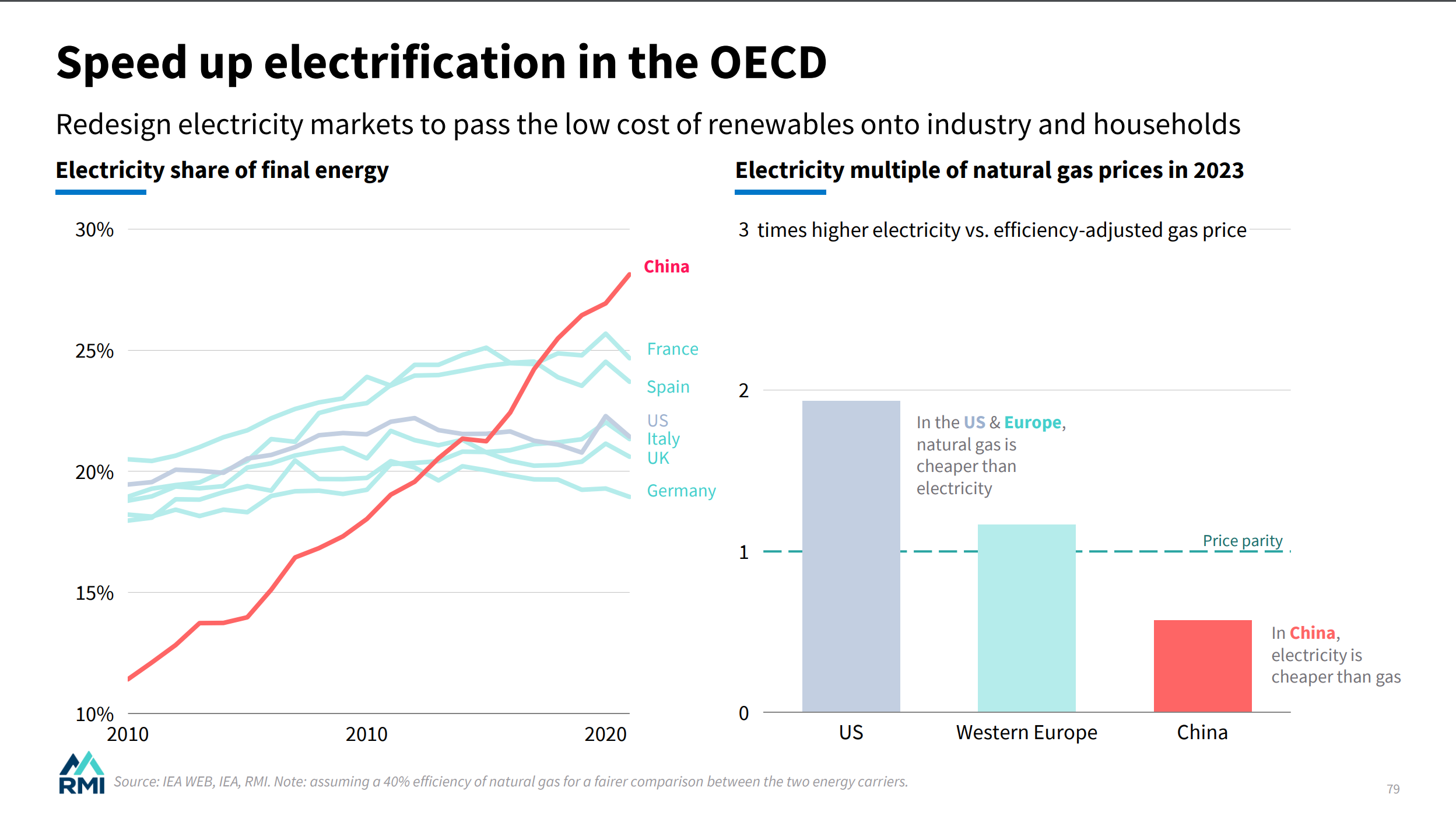
china's stated goal is economic dominance via clean energy, and they have a big head start; however just 20% of global energy demand has been electrified, 80% has not. So it's not too late to catch up, but we need a climate moonshot to deploy wind, solar, and storage fast enough to drive emissions to zero and incentivize innovation along the way.
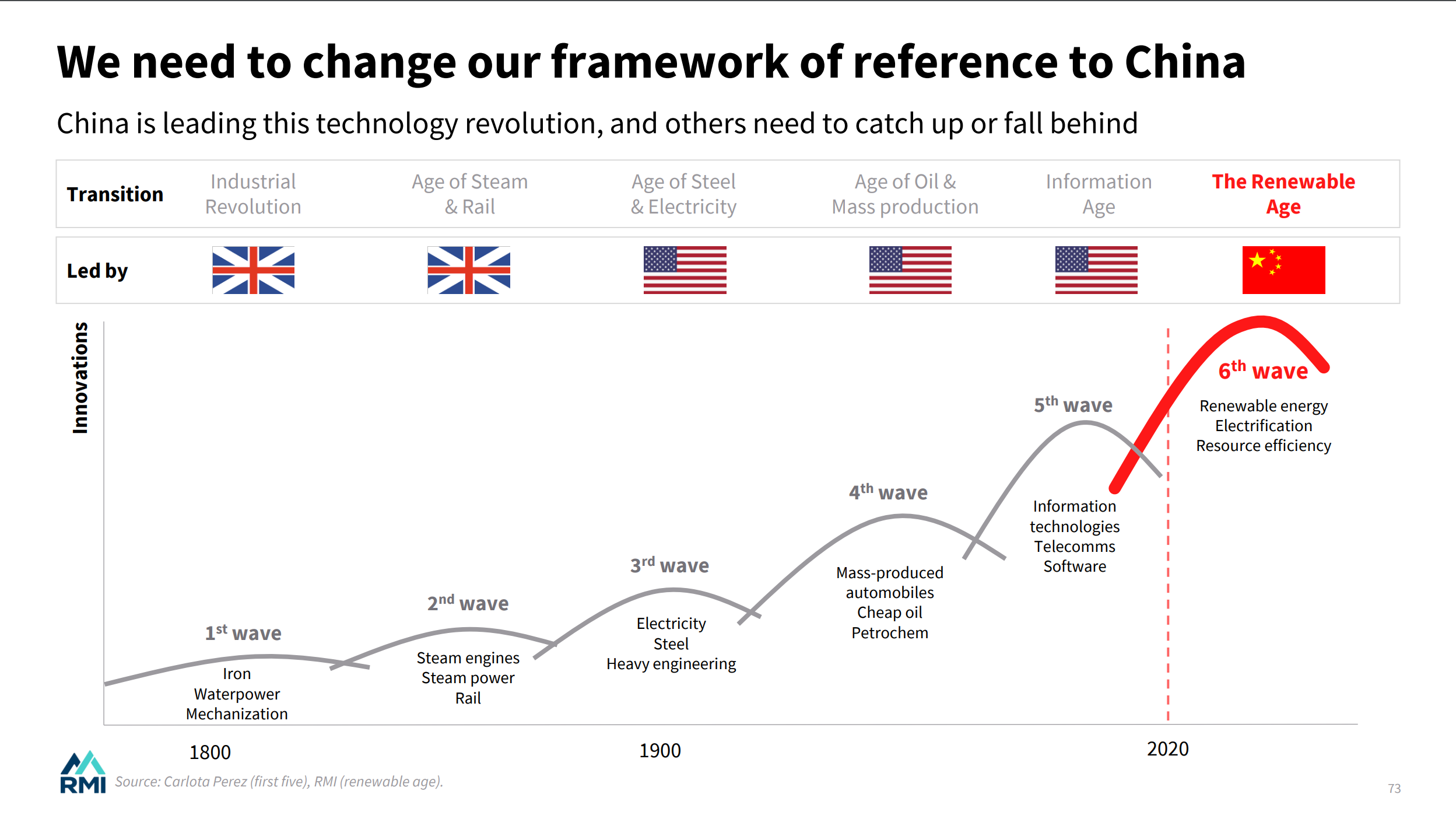
cheap fossil fuels are jeopardizing our economic future. but why are fossil fuels so cheap in the US? we are the leading fossil gas exporter due to a fracking boom that became possible only after the industry secured exemptions from the Clean Air Act, Clean Water Act, Safe Drinking Water Act, and other environmental laws.
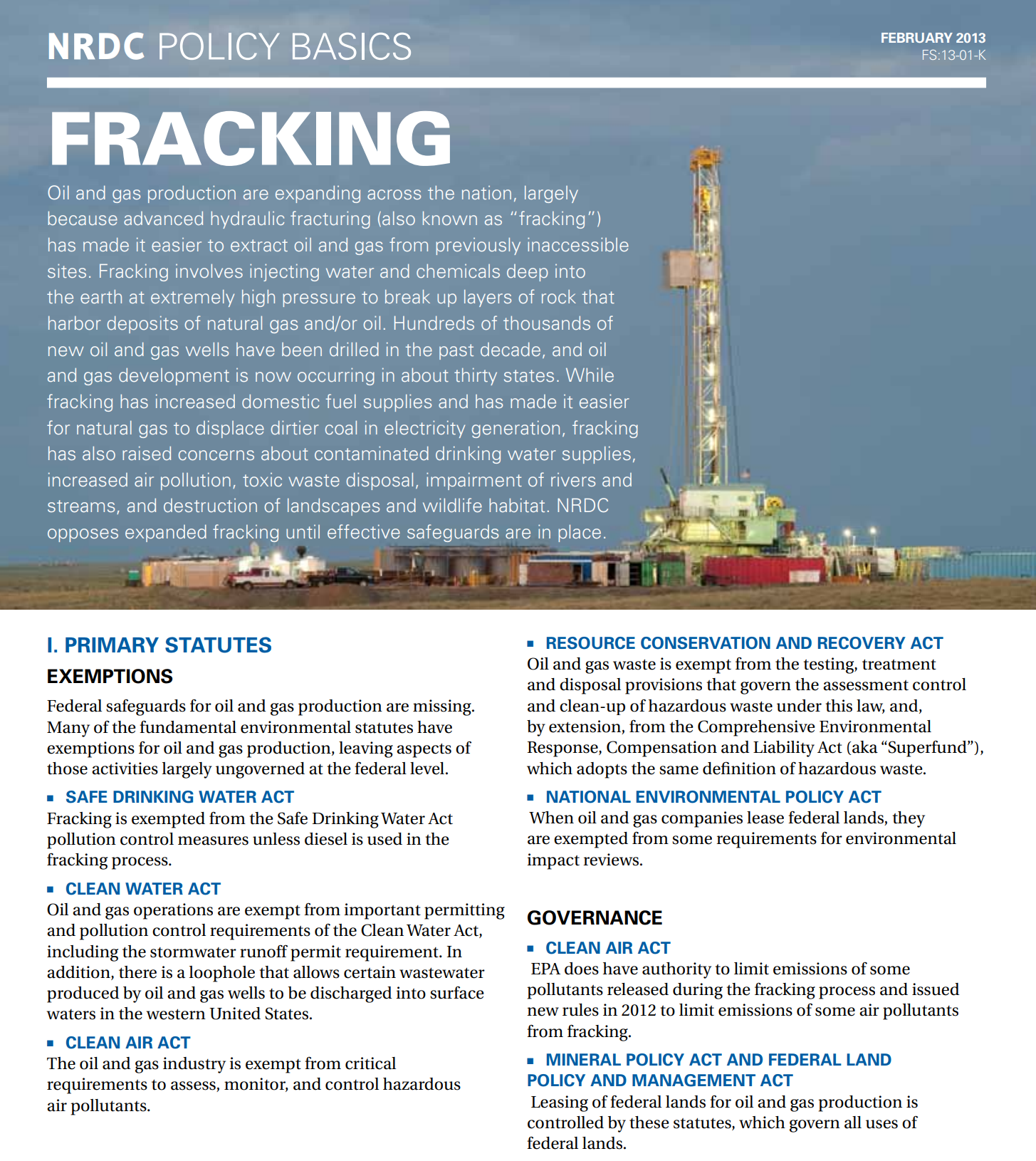
fossil fuel production is VERY polluting, so in order for it to be cheap it requires sacrifice zones of politically powerless people.
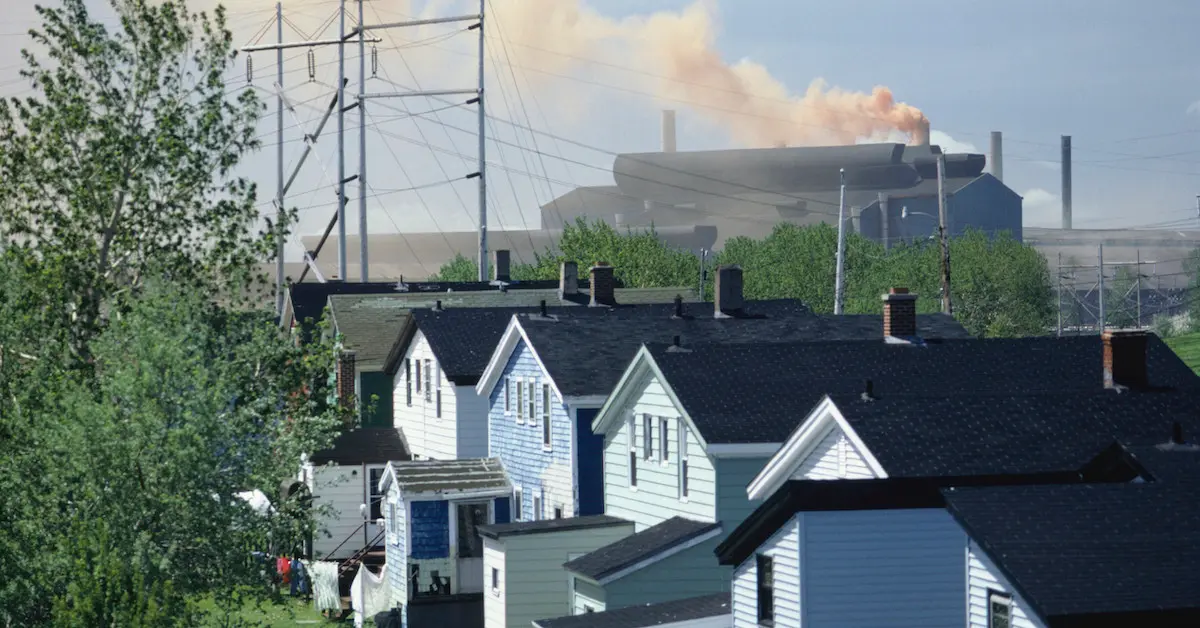
had we embraced environmental justice long ago, and given these folks the voice to say 'not in my backyard, not my kids, not my community', fossil fuels wudv been priced more appropriately all along, and we might be leading the energy transition today.

so what can we do? reducing our "personal carbon footprint", tho great for both our climate and for our health, IS NOT ENOUGH to address climate change--we just dont have conTROL over enough of our emissions.
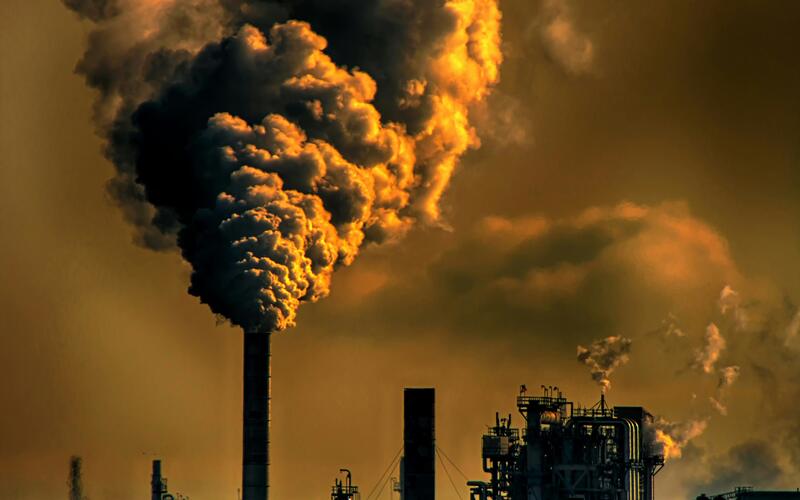
because we need to change not just the amount of electricity we use, but the WAY we generate electricity; and the way we heat buildings, grow food, power transit, and make building materials.

government is how we band together, pool our resources, and solve big problems.
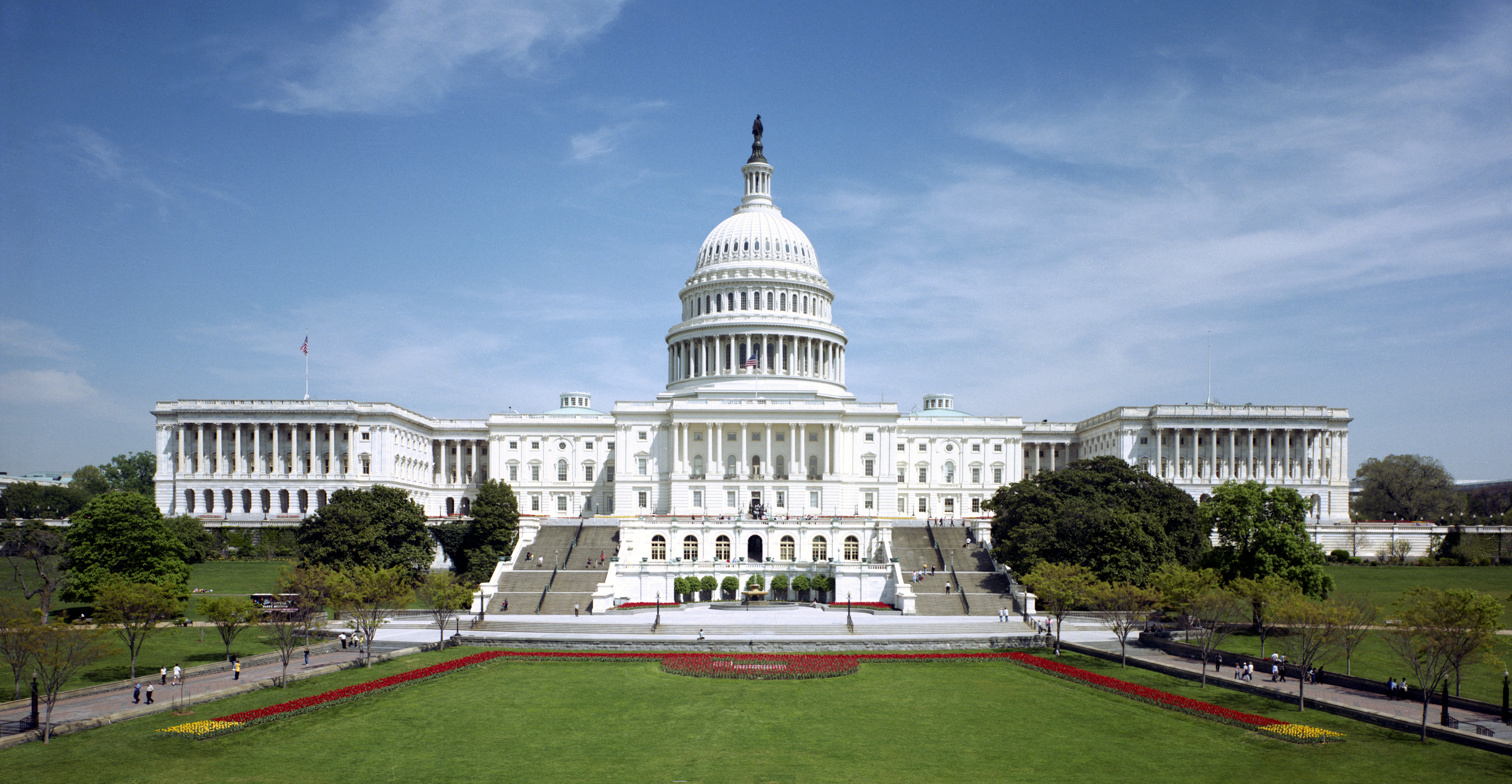
to address climate at the needed scale, we must make government work.
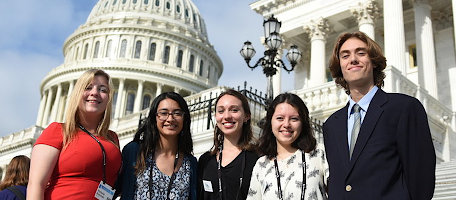
what should we urge government to do? here's a few ideas

we can stop subsidizing fossil fuels, says the endpolluterhandouts coalition
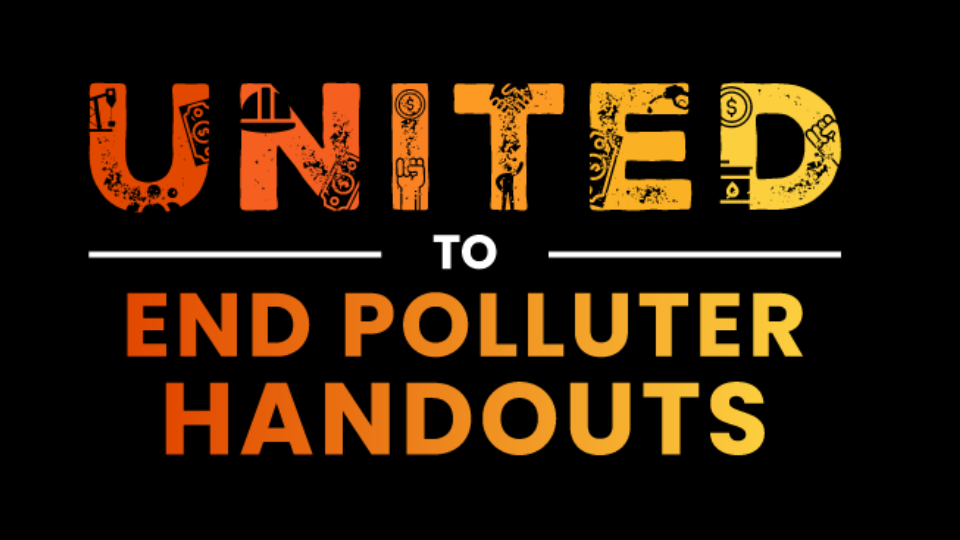
yes we still actually subsidize fossil fuels, both directly thru many tax credits...
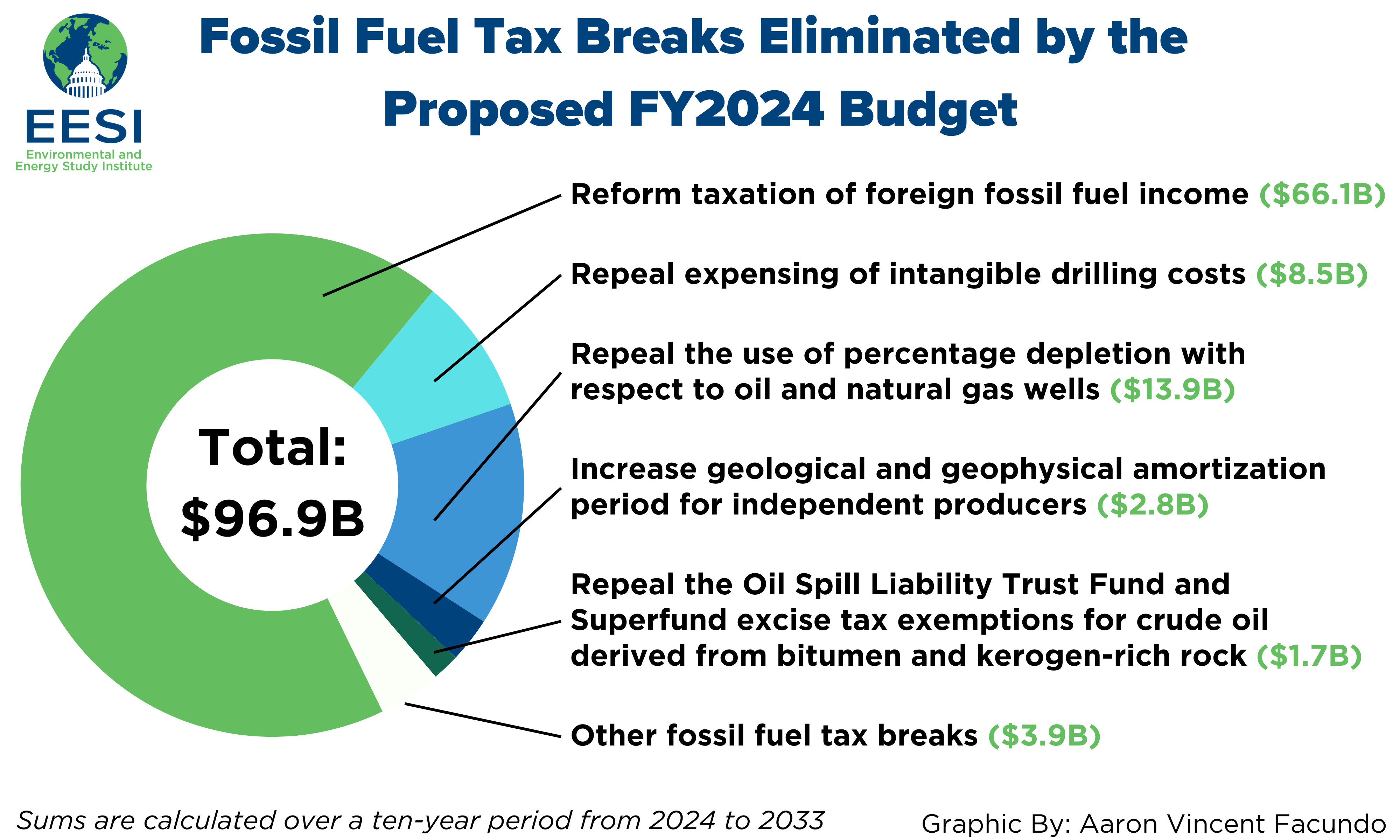
. and indirectly, by not charging the industry for the health effects of air pollution, which kills 100,000 Americans each year from heart and lung disease. we see here how ER visits dropped after a coal plant was closed in Pittsburgh.
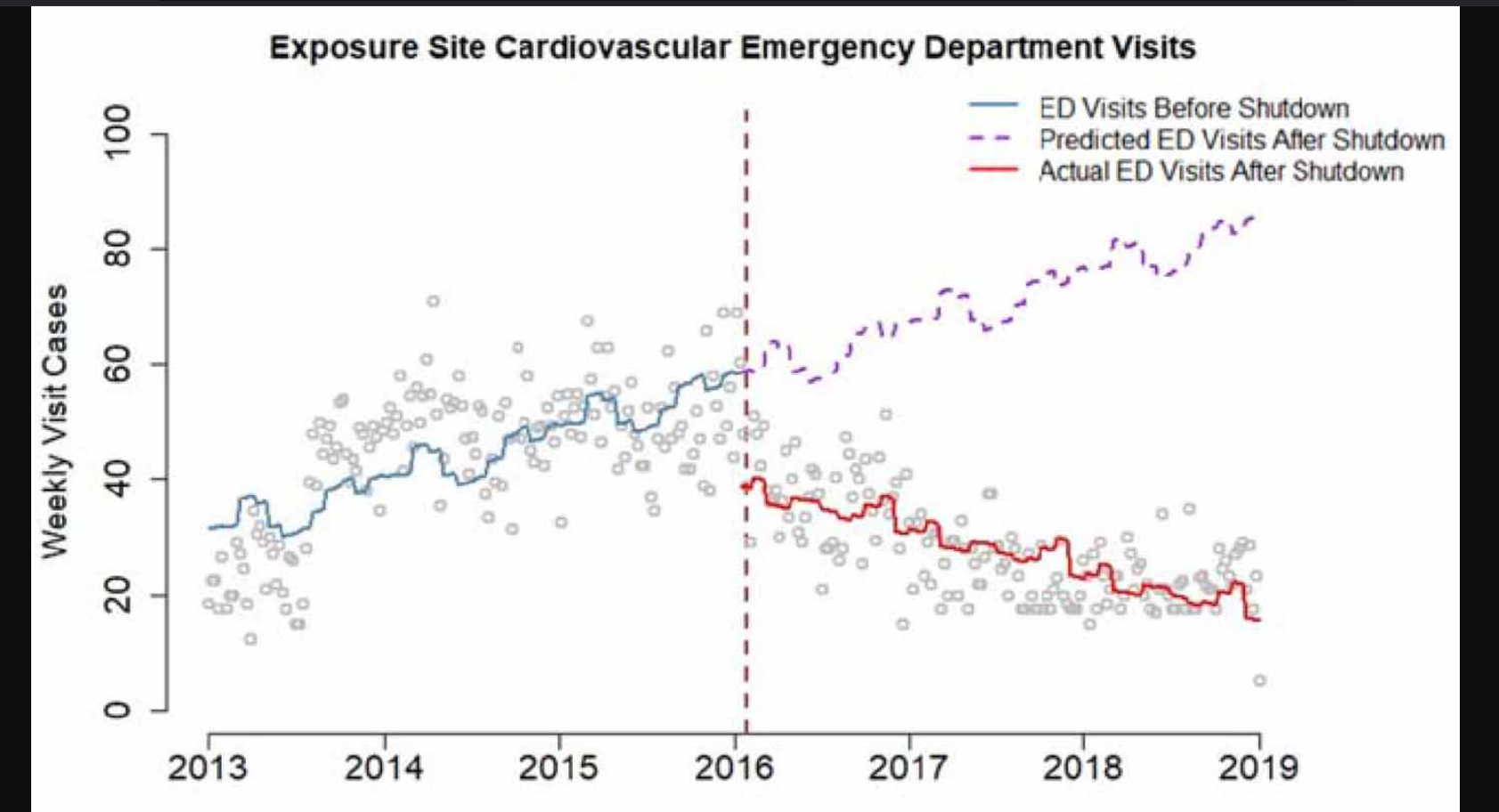
we can ban new fossil fuel infrastructure, as empowernj coalition advocates
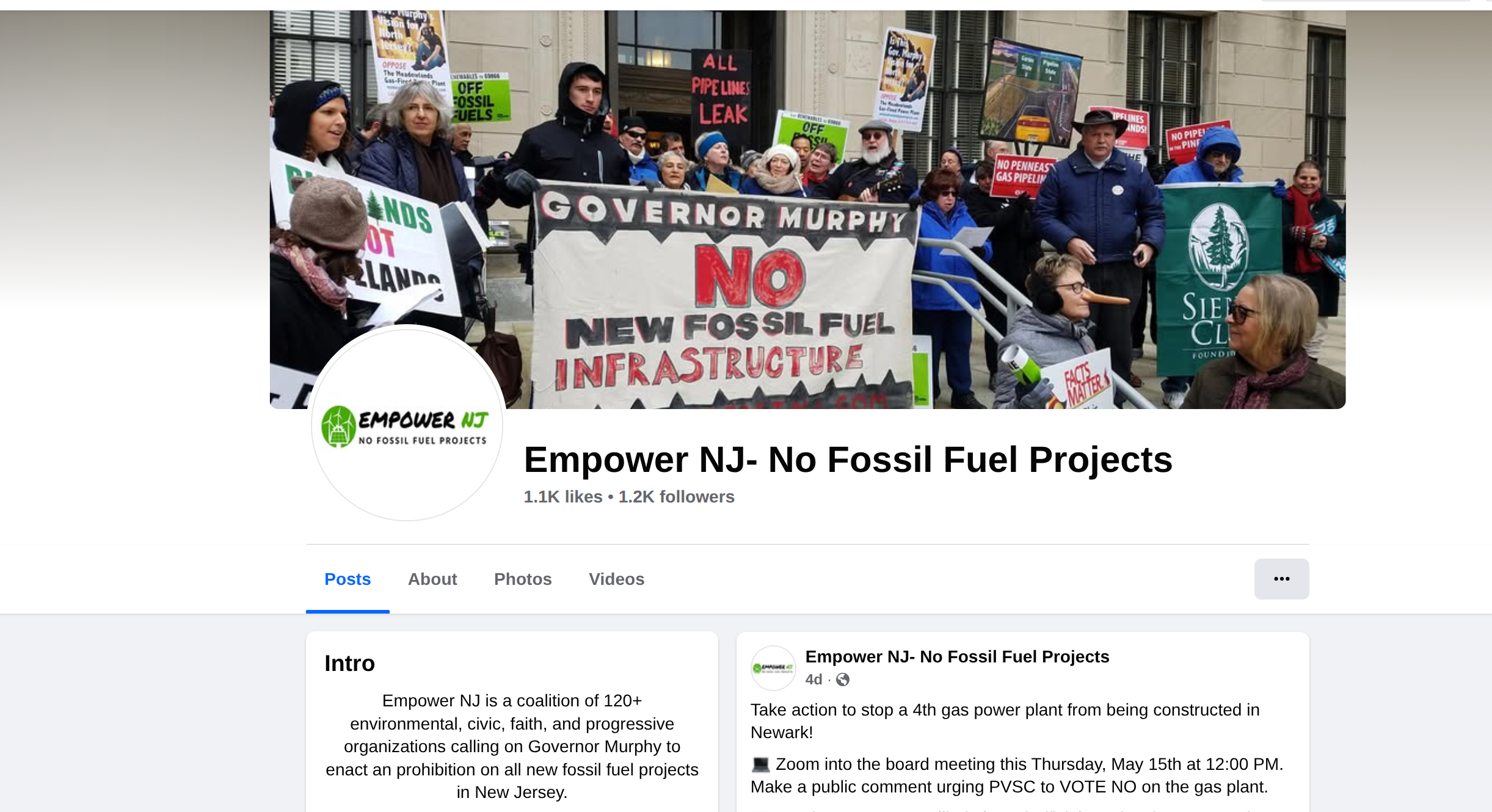
that's right, NEW fossil fuel infra--a massive buildout of new drilling, new pipelines, and new export terminals is underway, infrastructure with a 40yr lifetime.
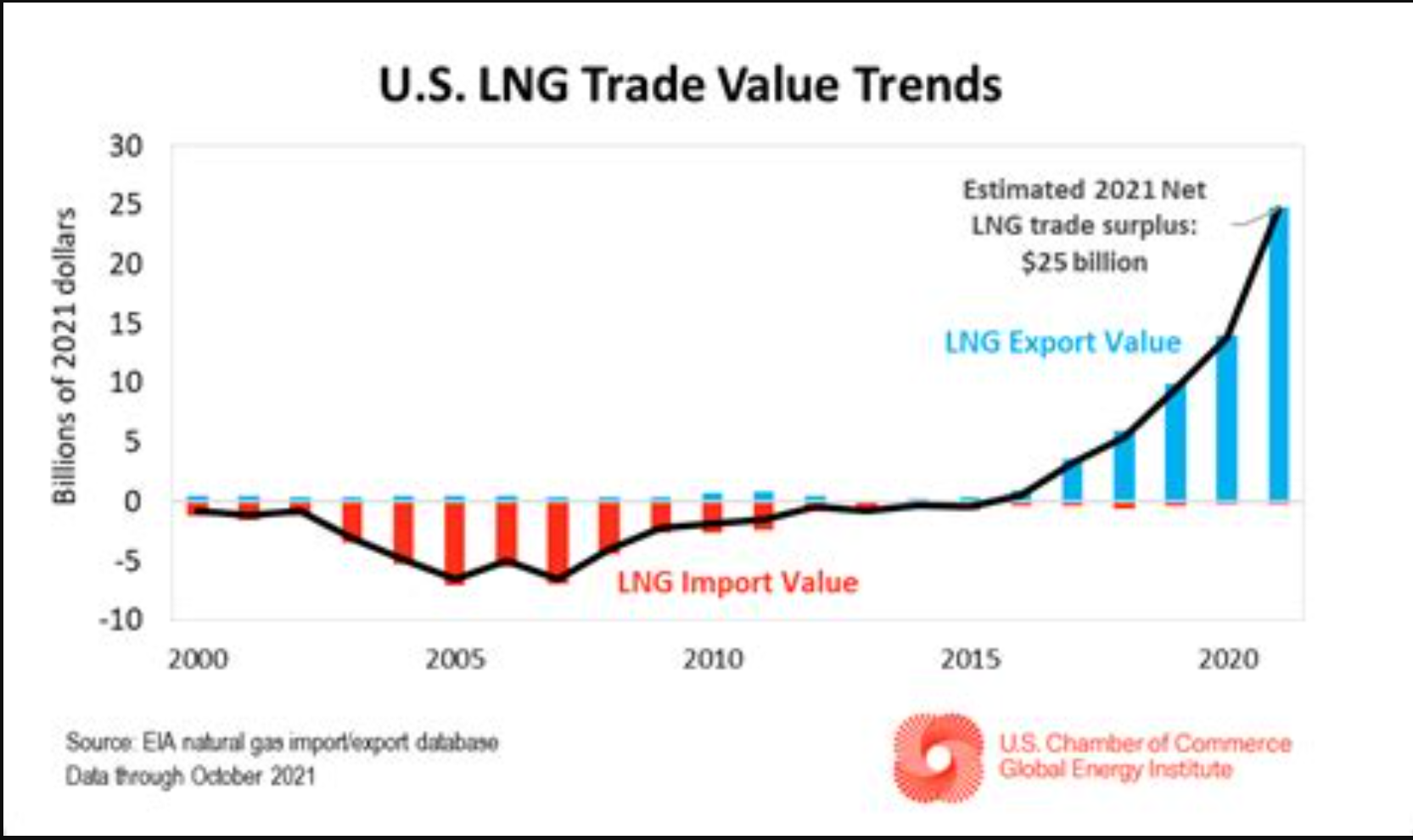
we can push for the nj climate superfund act, which would charge polluters for the cost of climate disasters. and there's much more that we can do!
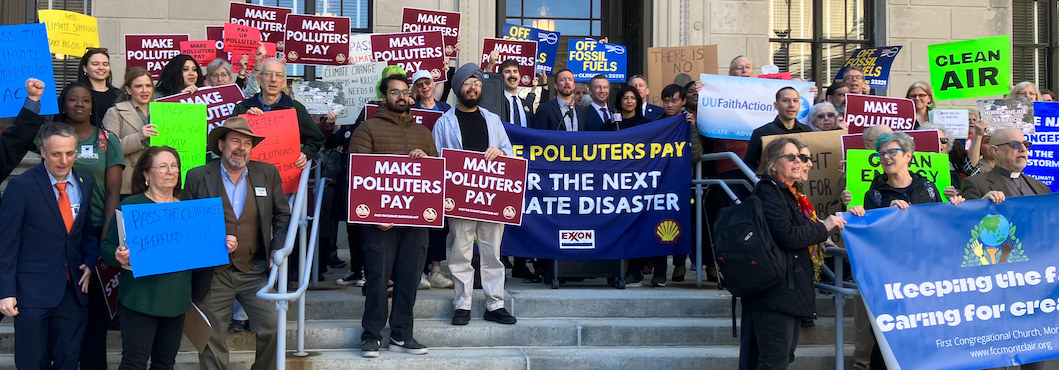
can democratic governments respond to global challenges in an age of disinformation? only if informed people get involved.
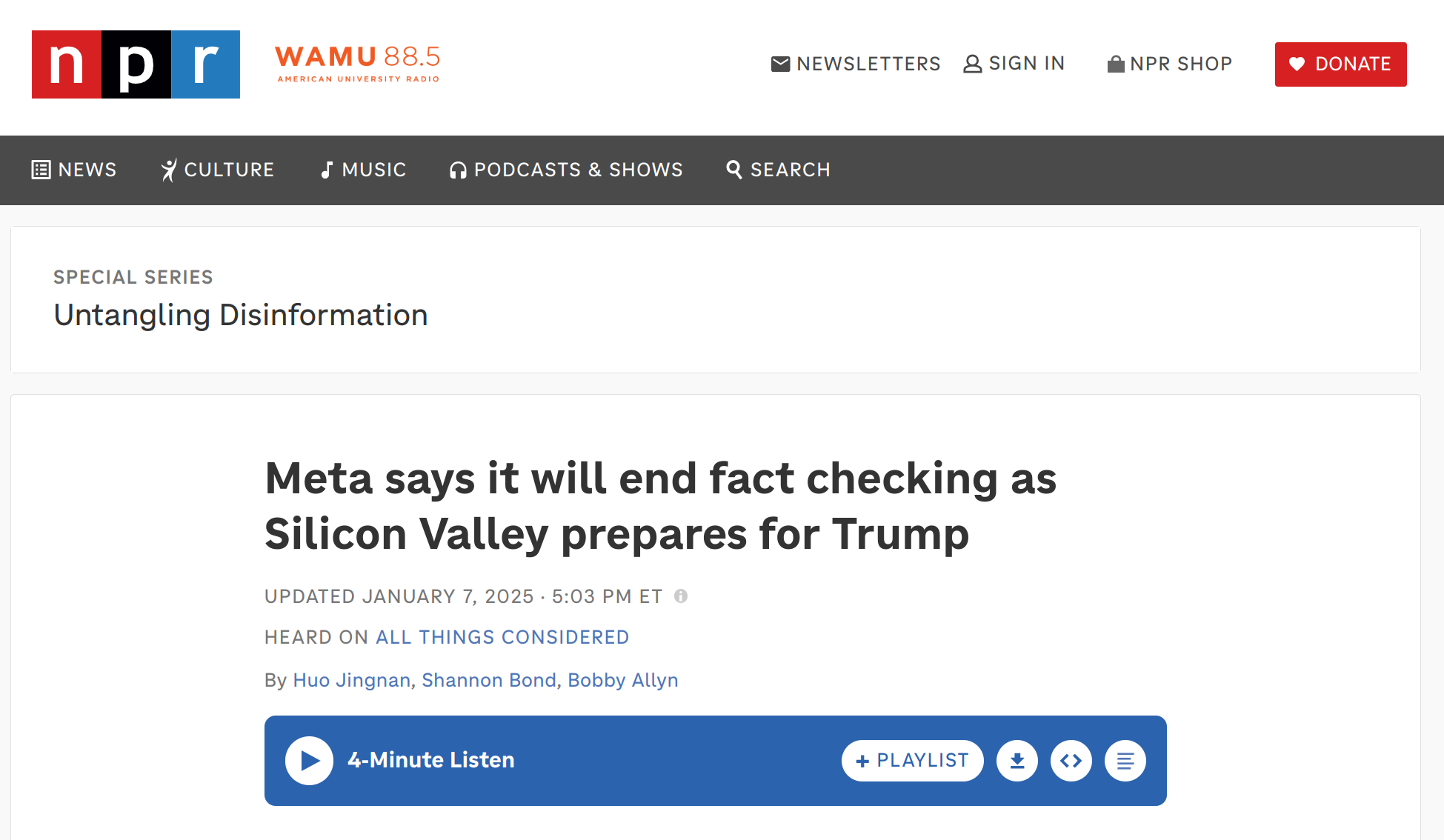
to get involved, and to stay motivated and even inspired, join with others who share your vision

choose a group, and jump into their current projects for our nation, state, and region
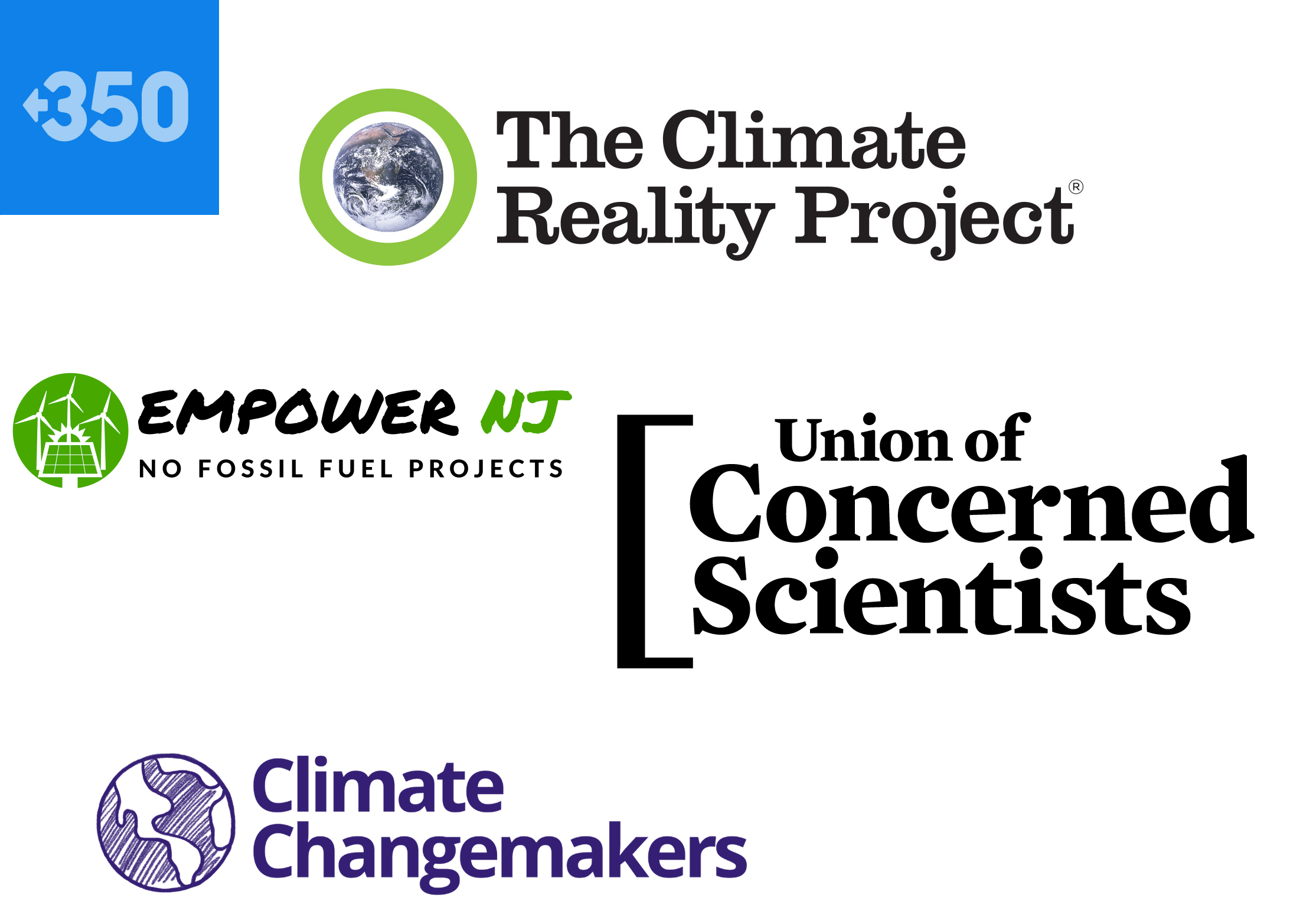
and MOST importantly, ask your elected reps: how are you leading us away from fossil fuels and toward a livable climate? always respectful, aiming for an ongoing dialogue

to paraphrase novelist Alice Walker: the most common way we give up our power is to assume we have none.

ultimately, our way of life may depend on our ability to imagine a tmw that is very different from today.
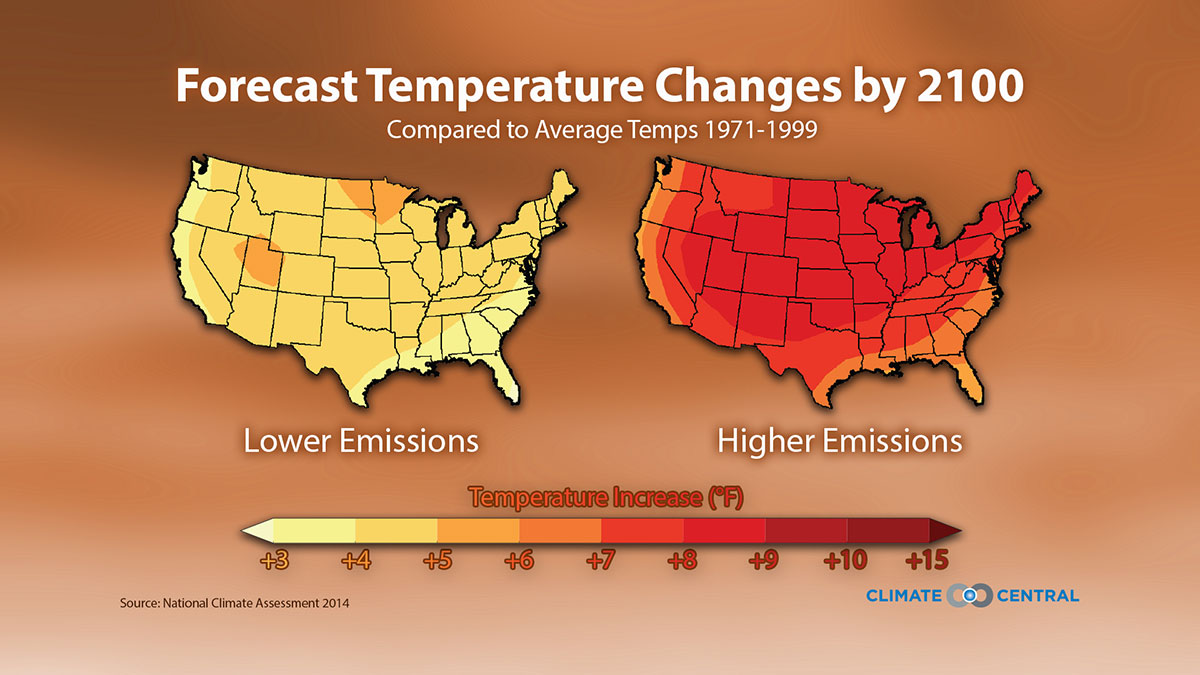
i recall photos of asian cities masked against bird flu and assumed it would never happen in america.
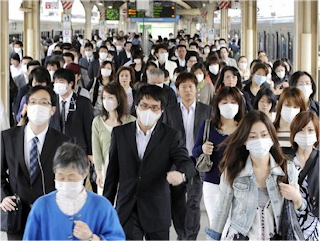
maybe one lesson we can take from the pandemic is how very qualitatively different tmw could be.

either way, our future is extreme: either an increasingly hellish climate and spending ever more on insurance, disaster relief, "resilience", and securing borders against climate refugees

or an economy fundamentally reorganized, based on clean energy. but together we can restore our climate--and maybe we can even USE climate change as a motivator to become healthier, to enjoy the fulfillment of working with others twd a common goal, and to engage with government as more active citizens. it is urgent that we find ways to make these facets of life enJOYable. so i hope you find a way to act.
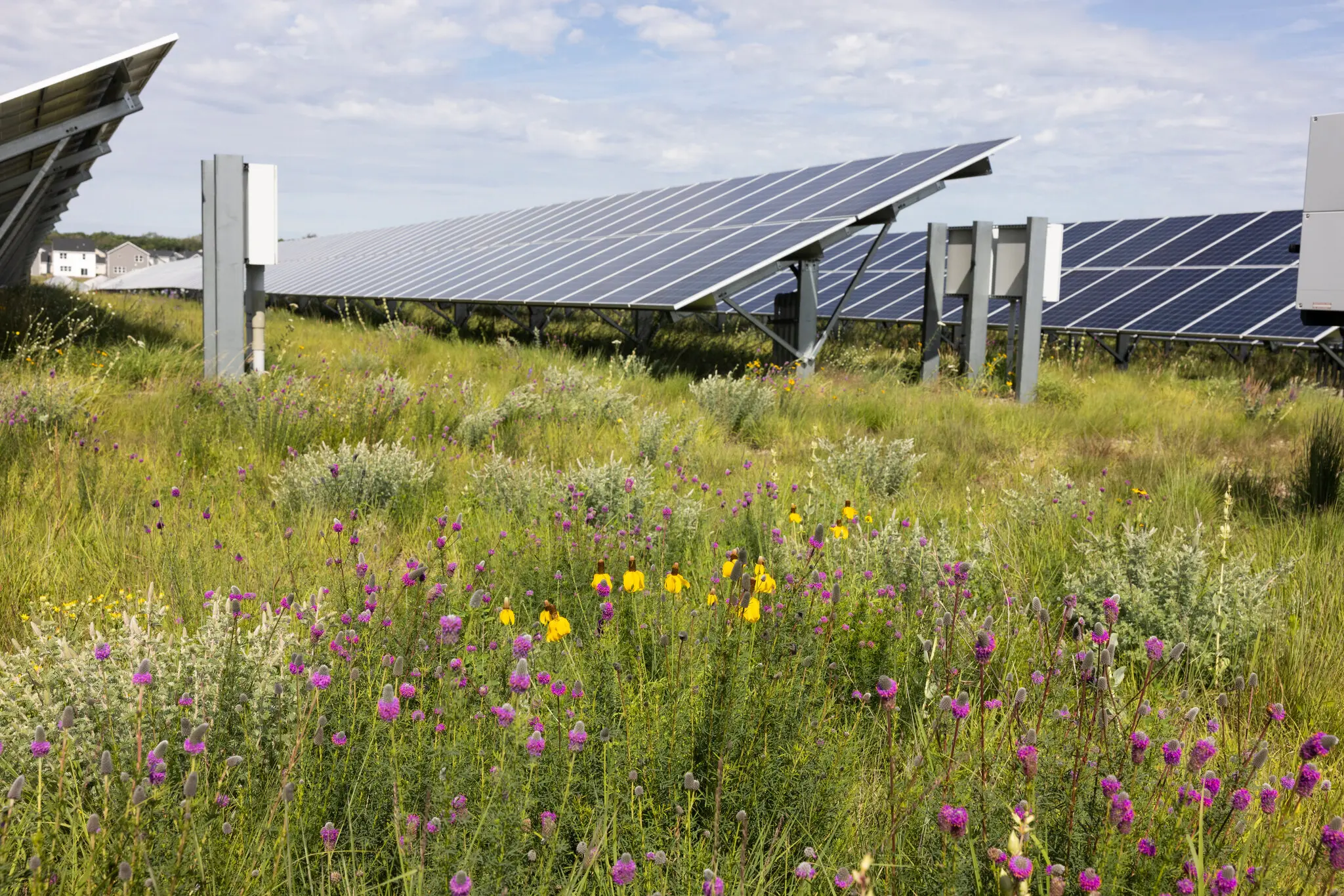
topics in these slides; this talk included the purple ones
my other talks existing: - coding for everyone - knot magic, knot math [for kids] planned: - organic food - biodiversity - household toxics - and things that i know even less about : ) email john@wetalkscience.org to be notified when planned talks are ready
foundation for discussion - because of social media silos and search engine filter bubbles, most of us are not challenged with opposing views on the internet - so there's no substitute for talking to folks directly - and that makes this gathering a precious opportunity. - no one is expert on everything, we can all learn from each other. - so let's muster whatever humility we can, - listen respectfully, try to understand each other, - and try to be brief so we all get lots of chances to speak.
take action (displayed at the end, and on the handout) write (local reps listed) join (natl, local groups, eg EmpowerNJ or FaCT depending on audience) attend (upcoming local events listed) and tell your friends! send me ideas to improve this talk: john@wetalkclimate.org (and the url of these slides as a qr-code)
extra_slides the following slides are not part of the basic talk, but may be useful to answer questions or to customize the talk. watch the arrows in the lower right--sometimes they will indicate that u can arrow down for images.
for more info actions to take at climatechangemakers.org country progress info at climateactiontracker.org solutions info at drawdown.org IPCC reports at IPCC.ch UN climate change intro page www.un.org/en/climatechange/what-is-climate-change climate basics at climateprimer.mit.edu data at OurWorldInData.org myths debunked at skepticalscience.com
the current climate change is not natural extremes have occurred naturally in the remote past - palm trees have grown in the arctic - NYC has been under 200ft of ice but today, moving toward either of these extremes would threaten our civilization, and we would work urgently to find and fix the cause. we know our fossil fuel use is causing the current warming. but it’s not just how hot, but how fast: rapid temp changes in the geological past caused mass extinctions because many species cudnt adapt fast enough.
but today, moving toward either of these extremes would threaten our civilization, and we would work urgently to find and fix the cause. we know our fossil fuel use is causing the current warming.
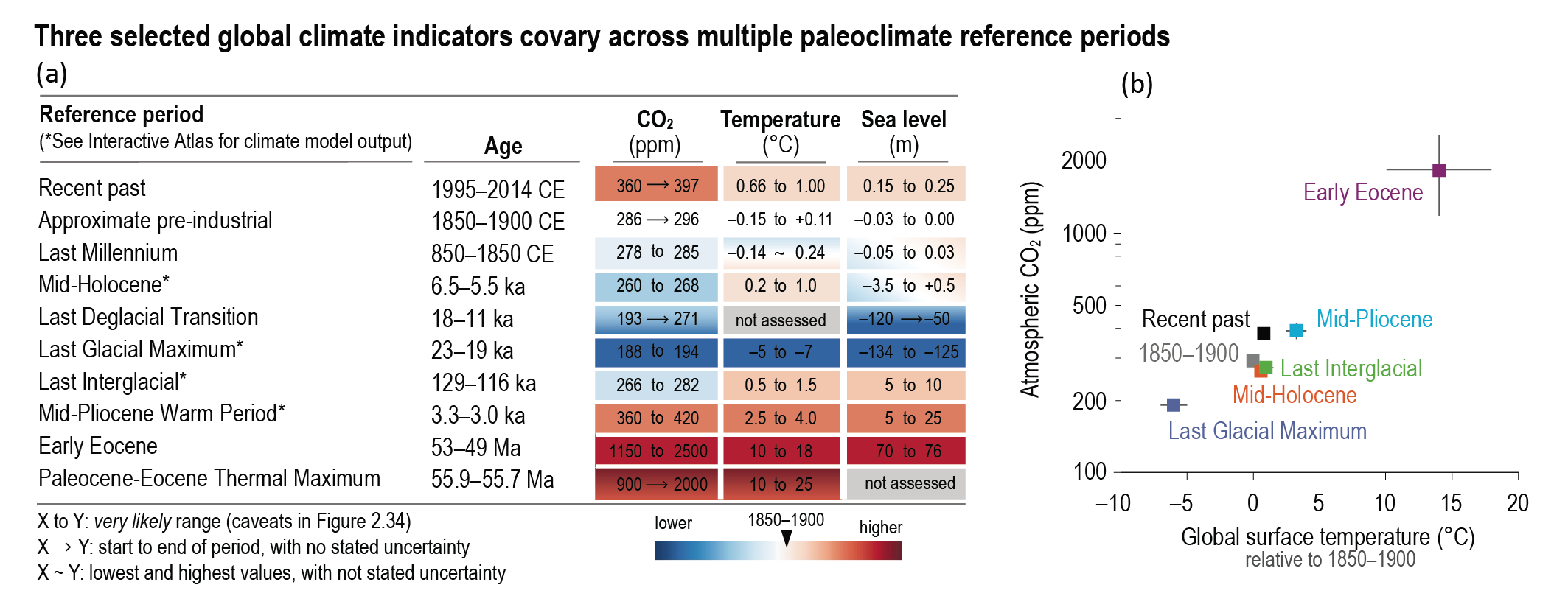
what if politics is not my area? great, then we need whatever you do, so that Making Government Work is the party everyone wants to be at. you can help transform Making Government Work to be fun loud colorful cool intriguing--whatever your angle, we need you. and your friends!
how can we persist in activism? find fellow activists who give you joy appreciate your impact - what you learned - others you educated - links you identified - reputations you altered take time to thank your companions and sometimes be thanked take breaks and, now and then, win
ghgases triple the energy we get from the sun earth's surface gets twice as much energy from greenhouse gases as directly from the sun, partly because the atmosphere radiates 24/7, while the Sun shines only part of the time.
earth's surface gets twice as much energy from greenhouse gases as directly from the sun, partly because the atmosphere radiates 24/7, while the Sun shines only part of the time.
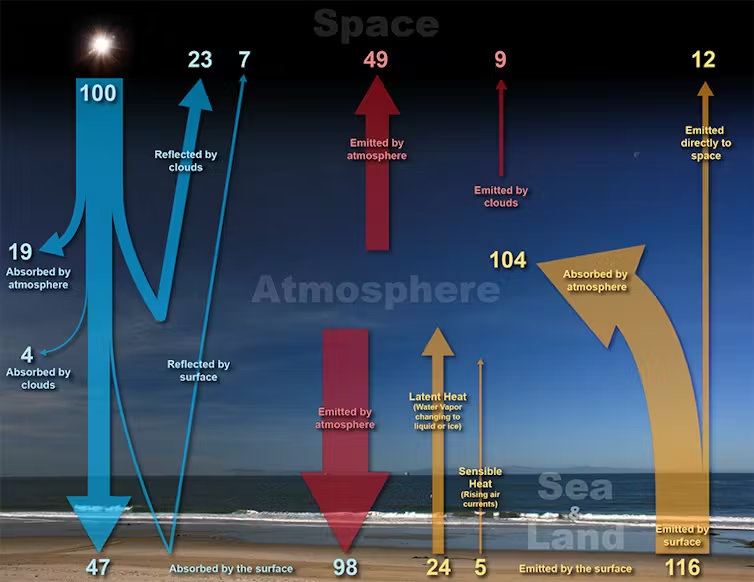
electromagnetic spectrum
electromagnetic spectrum
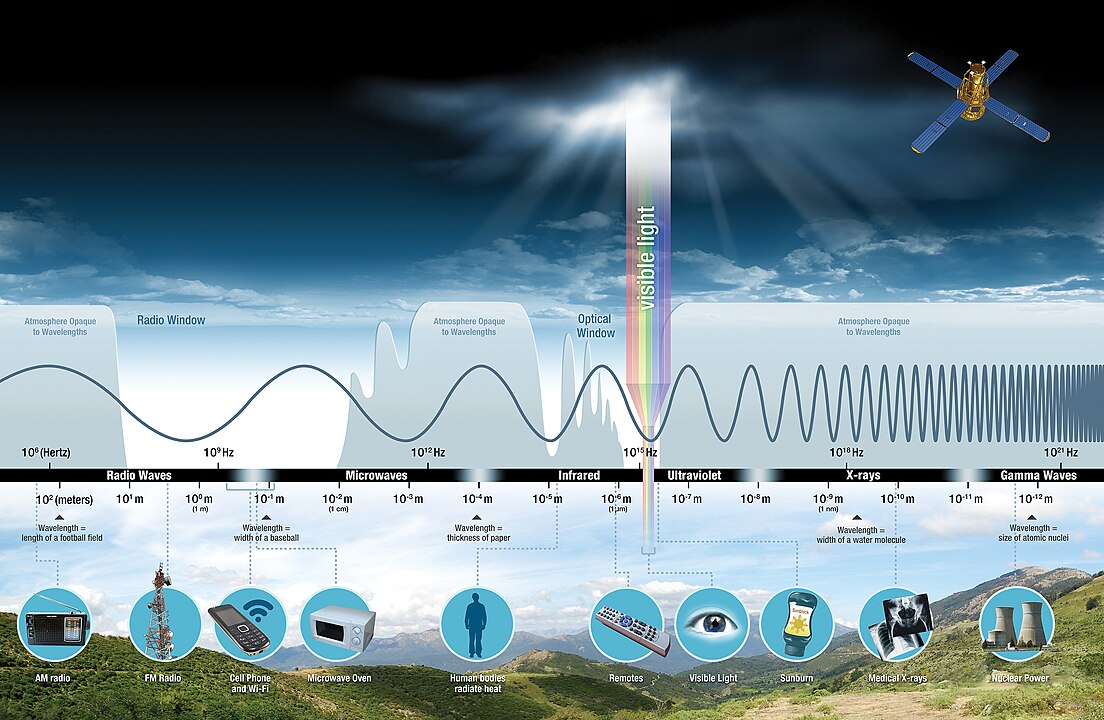
national gov [as of mid2024] the democrats .say. that climate is important, and they even spent significantly with the IRA; but our democratic president is approving fossil fuel projects even faster than his republican predecessor, an "all of the above" approach. the republicans are more honest about embracing the fossil fuel industry, wanting to repeal the modest progress we've made, and "drill baby drill". but regardless of the red or blue politics where you live, you can have an impact, and we all need each other to do this.
NJ state gov [as of mid2024] Energy_Master_Plan comments due June12 Triennium 2 Utility Hearings: Every three years, utilities in New Jersey are required to propose programs that reduce energy use and carbon emissions. Tell your utility company at the Triennium 2 Hearings: we should not be using taxpayer money to invest in new gas! (this slide should be updated with upcoming actions)
is hydrogen the answer?
- hydrogen isnt an energy source, but rather a way to store
energy. it must be produced somehow.
- 80% of current hydrogen production is "gray", made from
methane by a very dirty process that emits CO2.
- green hydrogen (via electrolysis) is very energy
intensive, and thus expensive
- water is fully oxidized hydrogen, so it takes much energy
to un-oxidize it via electrolysis or any technique
- expected future price of green hydrogen was recently
revised upward
- green hydrogen competes for limited renewable energy, and
the replacement energy today is likely from fossil fuels
- hydrogen used in fuel cells produces just water as a waste
product
- but hydrogen that is burned produces NOx pollutants
- without tight regulations, hydrogen could be worse for
climate than coal
- by slowing methane conversion
- by increasing water vapor in the stratosphere
- IRA includes billions for seven "hydrogen hubs" including
a mid-Atlantic hub in NJ/PA/DE- without tight regulations, hydrogen could be worse for climate than coal
is nuclear the answer? - history of cost overruns and missed deadlines - cooling water: levels are dropping and temps rising - target for terrorism, eg zaporizhzhia in ukraine - embrittlement, eg Palisades in MI - recent AI data center announcements, eg tmi unit 1, involve inexperienced operators or experimental 'smr' reactors unlikely to materialize, but distract from the fact that AI is currently powered by coal and gas - nuclear rebirth is unlikely, but may be an expensive distraction
ethanol - corn captures less than 2% of sunlight; solar panels over 25% - subsequent conversion makes ethanol even less efficient - so an acre of solar panels is equivalent to over 20 acres of corn...for 30 years - much cheaper and safer to generate and move electrons than molecules
topic nursery 1: ideas for slides proxies of past climate - how we know about paleoclimate greenhouse gases can worsen storms? the causes of weather EVs vs gas vehicles - EVs are cleaner even if the electricity mix is very dirty - upfront vs per-mile [operational] vs lifetime emissions misinformation and disinformation - we may be innocently misinformed due to disinformation - disinformation is deliberate, and lavishly funded by industry - and climate is especially inconvenient for those who oppose "world government"--or all government - but we do not have the luxury for so many of us to continue being wrong about climate - we need to genuinely listen and understand opposition views - and learn to redirect that thinking in climate-positive ways psychology of climate targets - 1.5C vs sea level vs restore our atmosphere industry smokescreens - young forests - "chemical recycling" of plastic; mass balance accounting - jet fuel from algae (ads pulled in canada) degrowth - embodied or "upfront" carbon vs operational carbon - using less stuff should be a source of pride
topic nursery 2: ideas for slides reduce, reuse, or we lose - recycling of glass metal paper are great, but not plastic - "chemical recycling" of plastic is mostly incineration nj is uniquely vulnerable to drought in the northeast - threatens water supply - threatens agriculture - heightens forest fire risk - reduces cooling capacity of nuclear and fossil power plants, threatening curtailment - not just due to sandy soils of south jersey impact of republican trifecta - IRA benefits mostly red districts, garnering support there. - business needs to plan, may oppose clawback of incentives. - the next IRA will likely be delayed. - env justice, eg Challenge Grants [?], may not survive. - china is ready to lead internationally, eg noaa
nj is uniquely vulnerable to drought in the northeast

- not just due to sandy soils of south jersey

topic nursery 3: ideas for slides what is the current global mean temperature anomaly? - no one really knows! there's no standard measure - normally use a moving window, so need to estimate future temps - most folks use 1.2 or 1.3C as current global mean temperature anomaly, but nervously watch records being broken by record amounts 1.5C is arbitrary - paris 2015 set goal of below 2C - island nations pushed hard for 1.5 - but had we known earlier what wud happen now at 1.25ish, we'd hav set sub-1.2 directing hurricanes - we have the technology to unleash vast energy from a single point via nuclear weapons - but once that energy is released, we cannot direct the blast in any way - hurricanes release roughly the energy of a fusion bomb every minute, as a storm hundreds of miles across - and if we cud somehow direct such a beast, it would take vast energy to alter that much momentum - no self-respecting science fiction writer would go there.
watt is a unit of power, ie energy per time - 1 watt is 1 kwh [of energy] per 1000 hrs [of time] - just as 1 knot is 1 nautical mile per hour, so a nautical mile is a "knot-hour" - the metric energy unit is the joule: a watt is one joule per second, but we dont see joules outside surge protectors, which are rated in kilojoules - the more familiar unit of energy is the dietetic calorie, which is 4184 joules - joules are small, the grams of the energy realm
gardening impacts - heatwaves - + increasing variability of rainfall - = more frequent drought - and trickier timing of early season plantings and pre- frost harvests - in 2023, usda updated its hardiness zones - sequestering carbon improves the soil
- in 2023, usda updated its hardiness zones
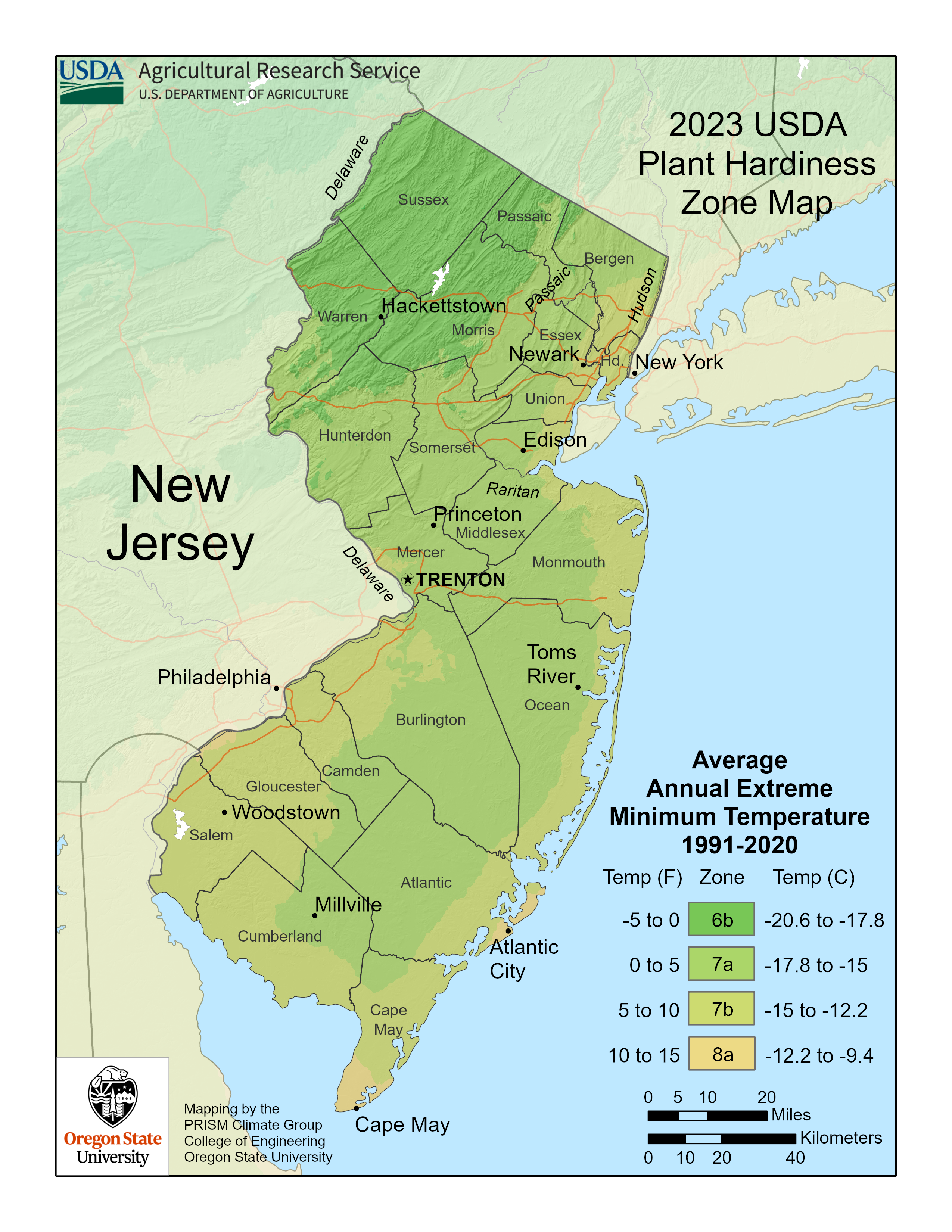
we express such small fractions in parts per million, or 'ppm' rather than saying "1/36 of 1%", we say 280ppm we use parts-per-hundred all the time--we call it "percent". So ppm allows us to express even smaller fractions. 280ppm is more compact than "1/36 of 1%", and more readable than 0.028%
climate is complex - for example, more CO2 could have little effect because maybe the atmosphere is already SATurated with CO2 so more wud have a diminishing effect. - OR more CO2 could have little effect because maybe the part of the outgoing IR spectrum that the blanketing CO2 absorbs overlaps with that of some other greenhouse gas - in fact, more CO2 could EVEN have a net COOLing effect if it caused fewer high clouds [which mainly trap heat] or more low clouds [which mainly reflect sunlight]
- for example, more co2 could have little effect because maybe the atmosphere is already SATurated with co2 so more wud have a diminishing effect.
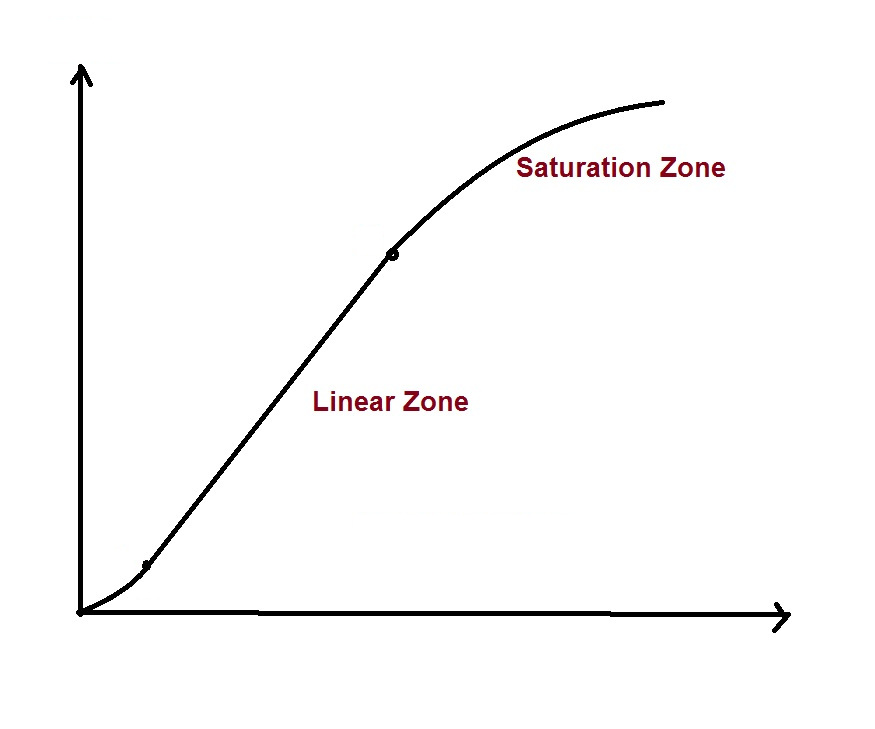
- OR more co2 could have little effect because maybe the part of the outgoing IR spectrum that the blanketing co2 absorbs overlaps with that of some other greenhouse gas
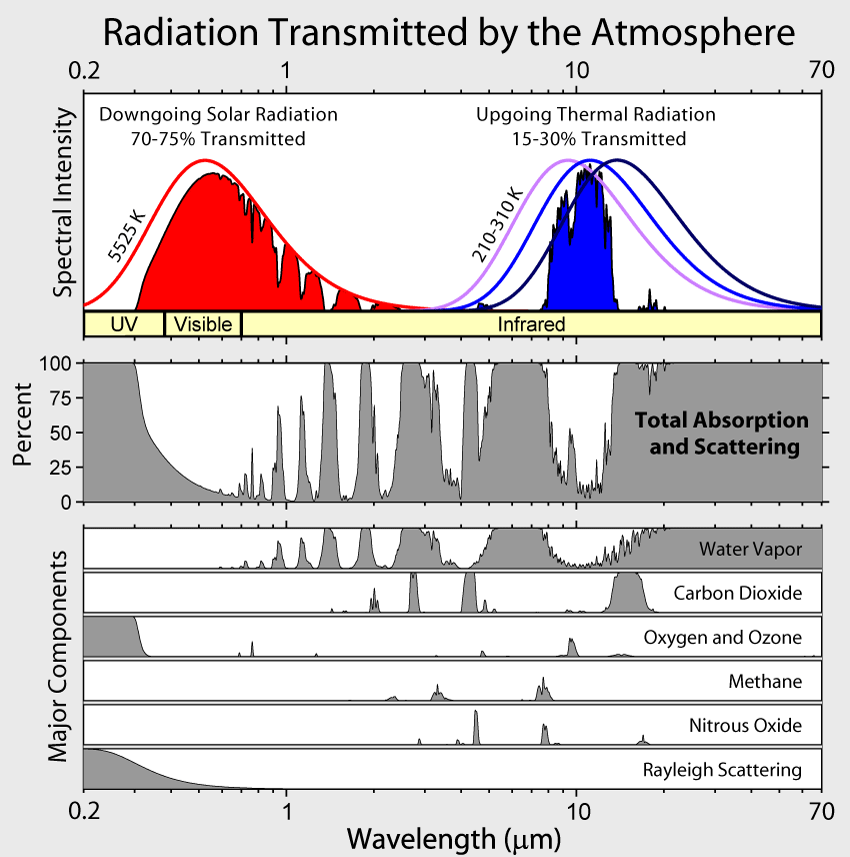
- in fact, more co2 could EVEN have a net COOLing effect if it caused fewer high clouds [which mainly trap heat] or more low clouds [which mainly reflect sunlight]
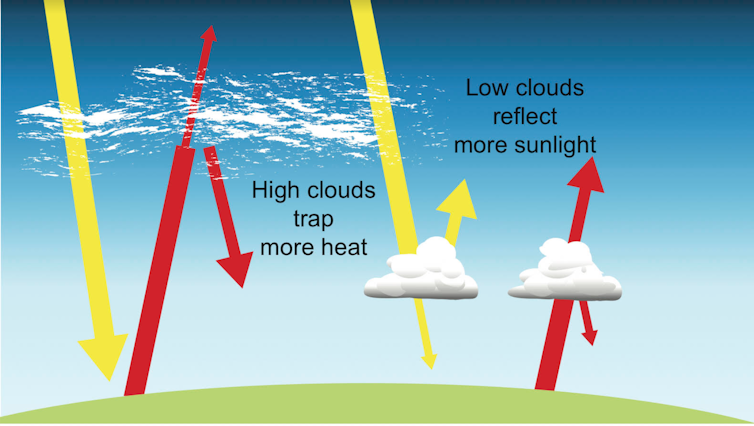
more about models modeling teams take different approaches; this is part of a table of 23 models in the 4th IPCC report; the IPCC is a UN agency that summarizes our knowledge of climate change every few years. each model is used only after it can "predict" the climate of the past but even taken together, the latest models have known issues and errors, which highlight areas of poor understanding, and serve to focus data collection
modeling teams take different approaches; this is part of a table of 23 models in the 4th IPCC report; the IPCC is a UN agency that summarizes our knowledge of climate change every few years.
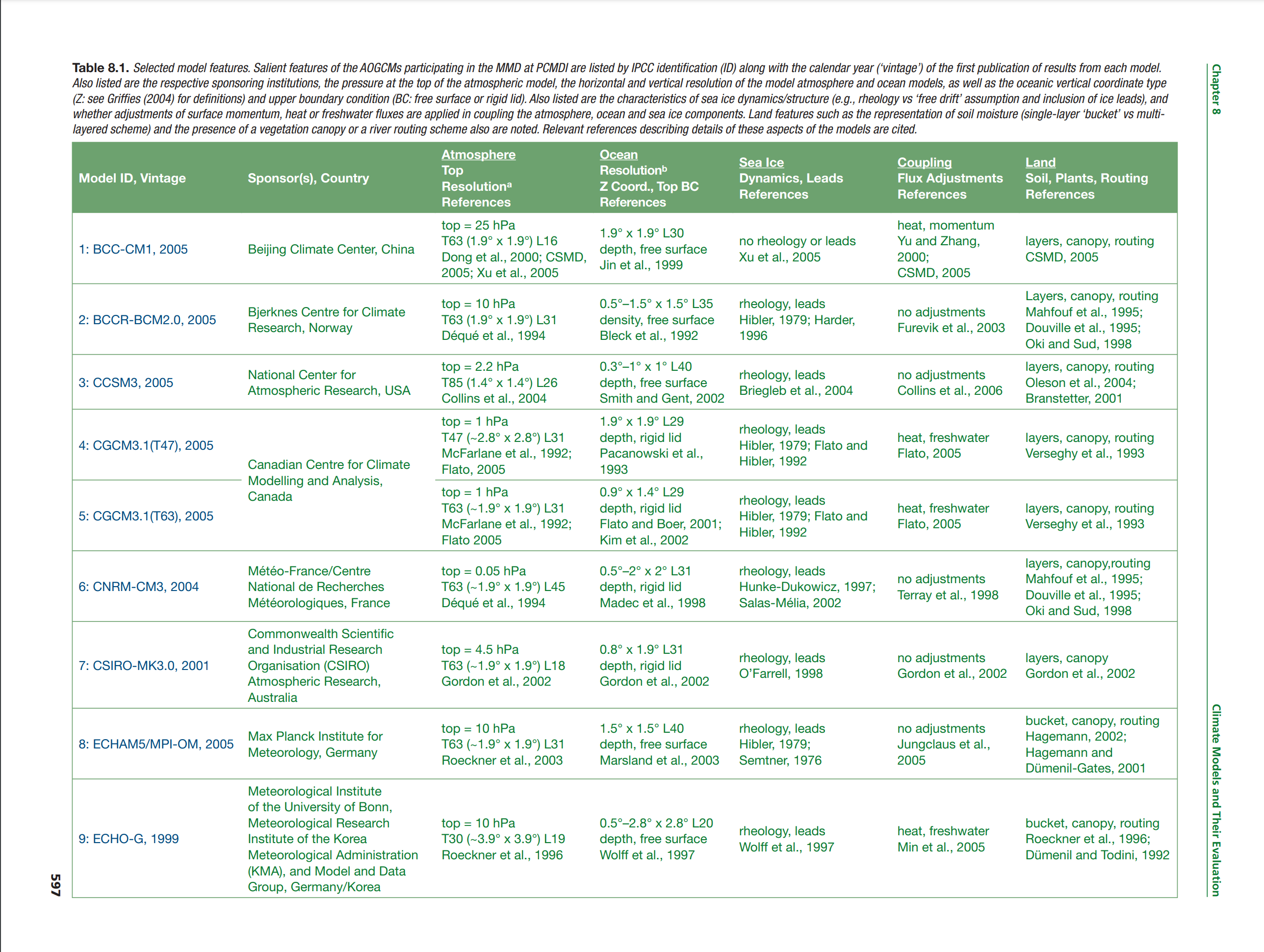
each model is used only after it can "predict" the climate of the past
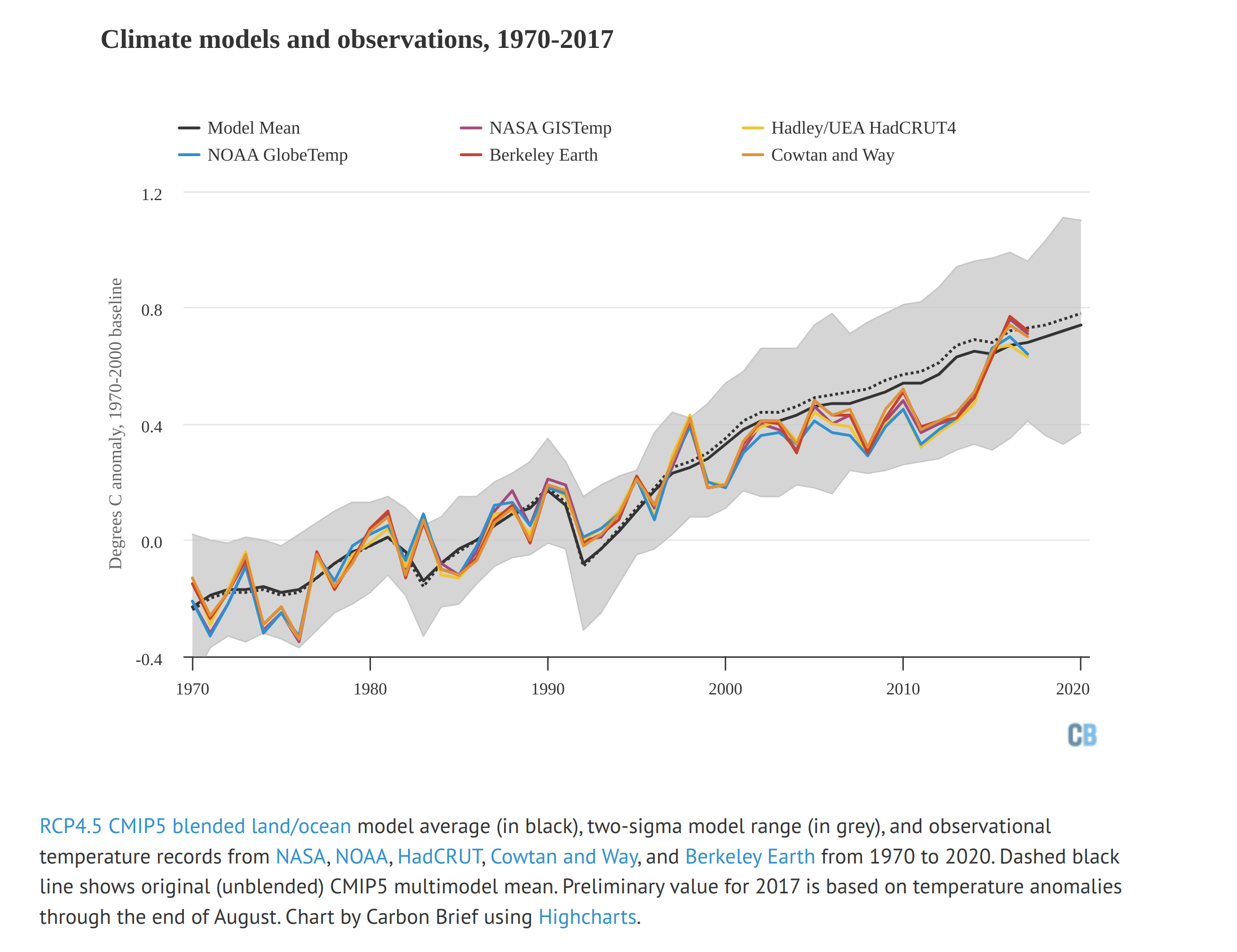
but even taken together, the latest models have known issues and errors, which highlight areas of poor understanding, and serve to focus data collection
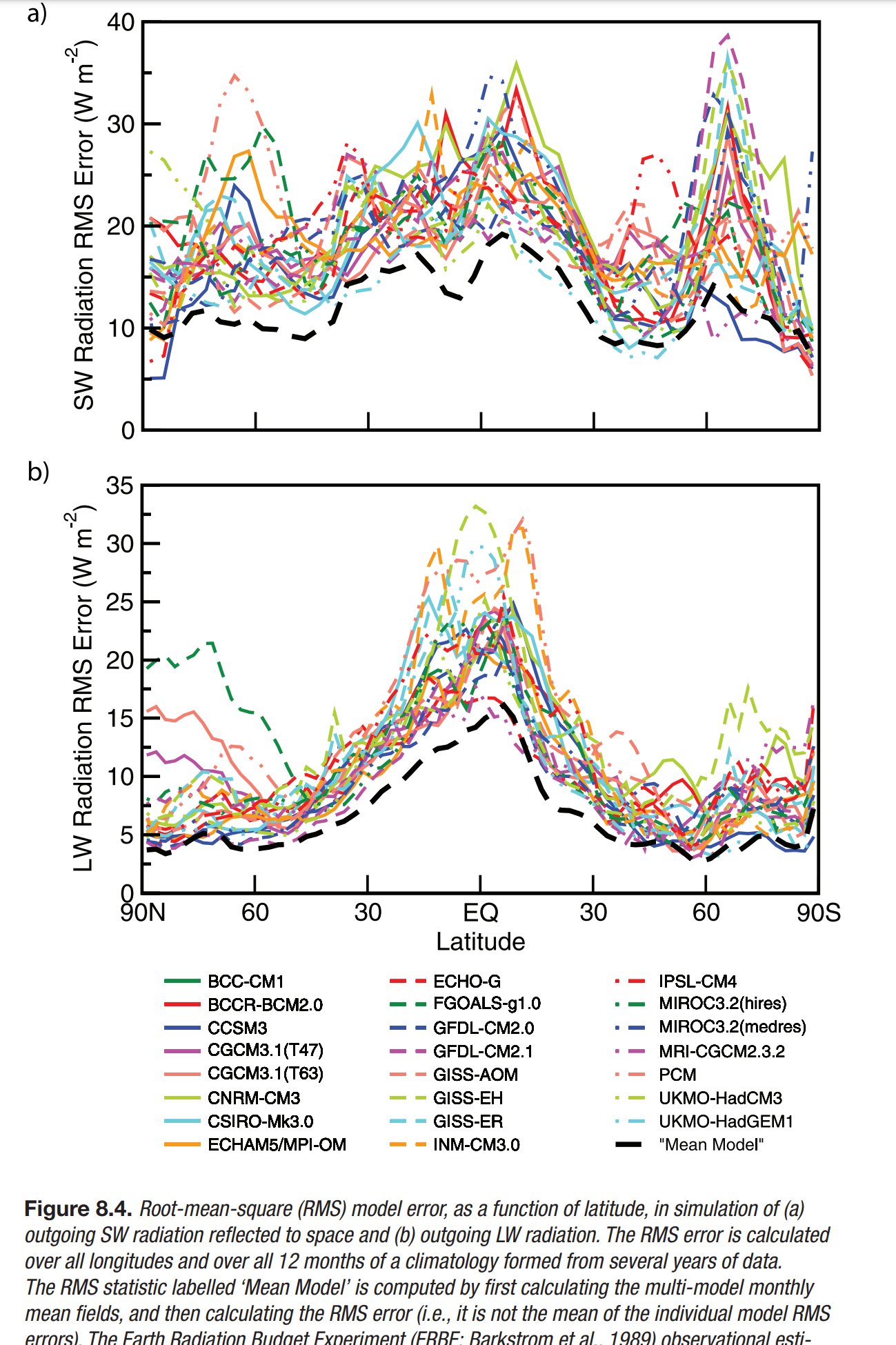
attribution: how much does climate explain? we can run a model at current CO2 level many times to find how likely an event is, vs at preindustrial CO2 level many but not all extremes have been linked to climate change
we can run a model at current co2 level many times to find how likely an event is, vs at preindustrial co2 level
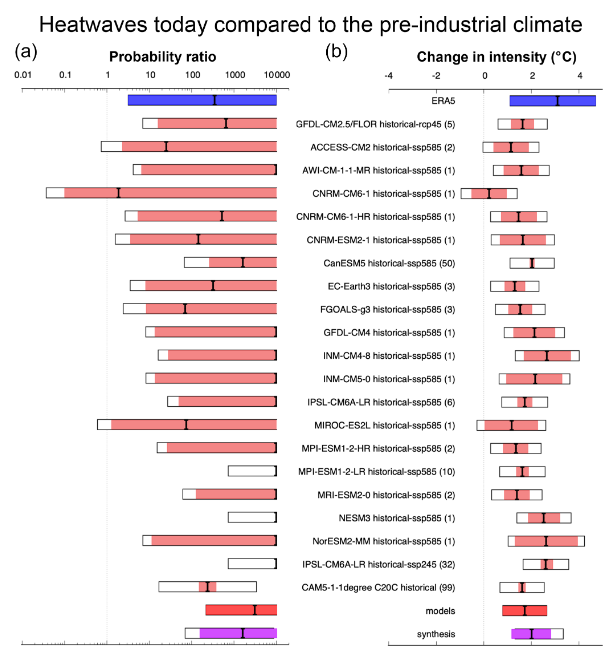
many but not all extremes have been linked to climate change
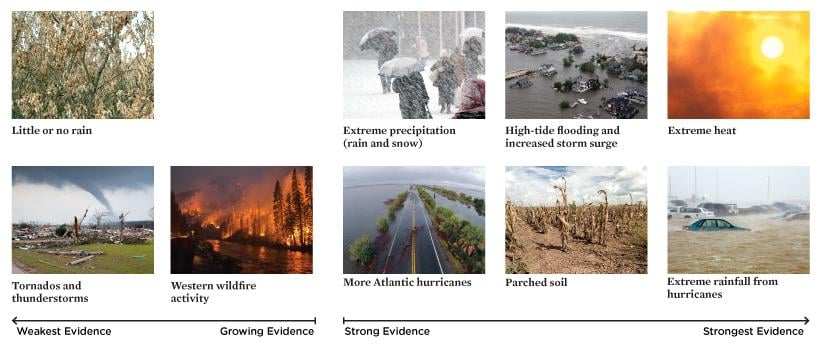
we collect lots of data on the planet climate models need lots of data for input and to check the output. most of the data i'll show comes from satellites monitored by nasa and noaa, ... but theyre verified by many air-based, land-based, ocean-based, and even ice-based measurements this talk leans heavily on the awesome climate resources of noaa and nasa, which i hope remain available in the new admin
climate models need lots of data for input and to check the output. most of the data i'll show comes from satellites monitored by nasa and noaa, ...

but theyre verified by many air-based,

land-based,
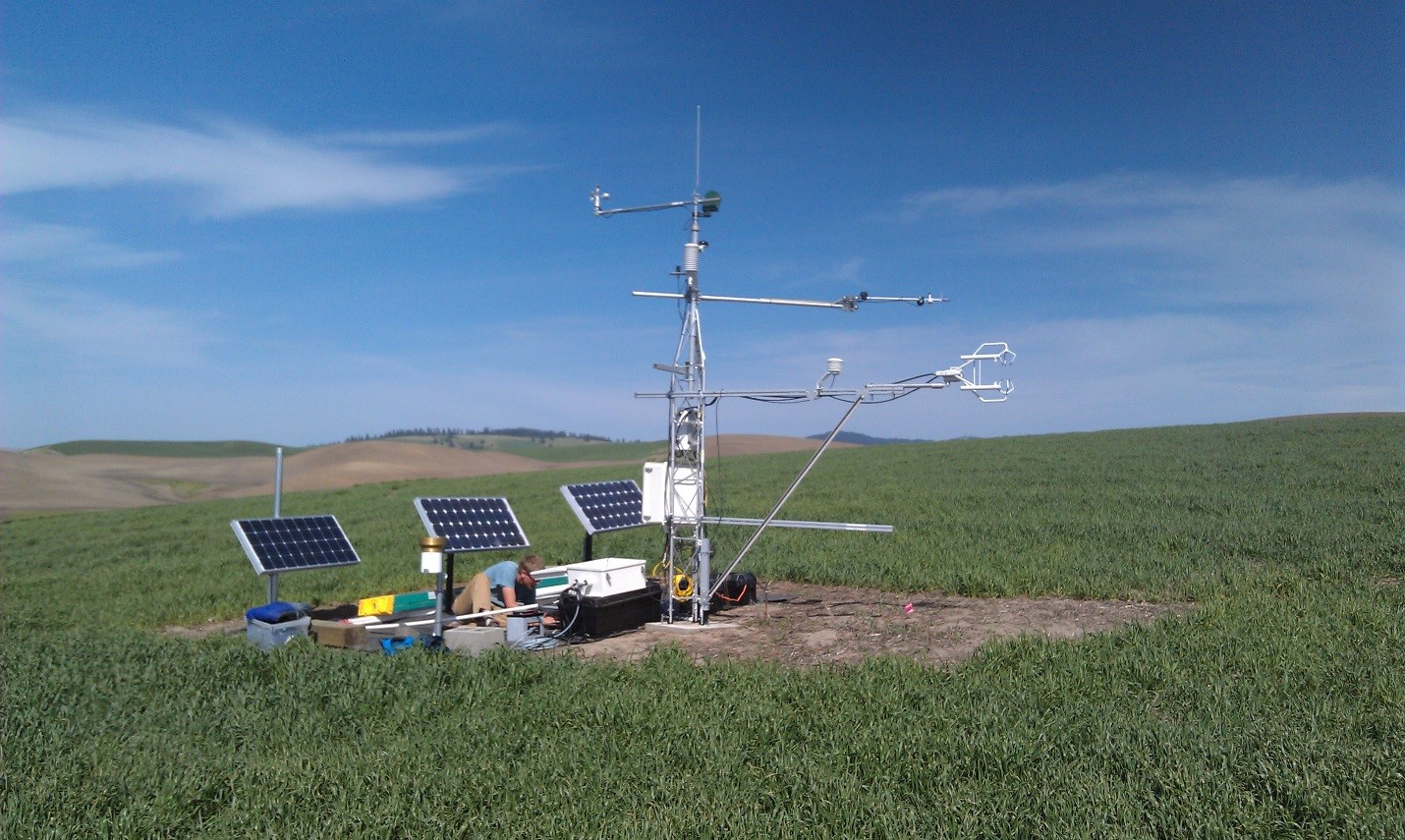
ocean-based,
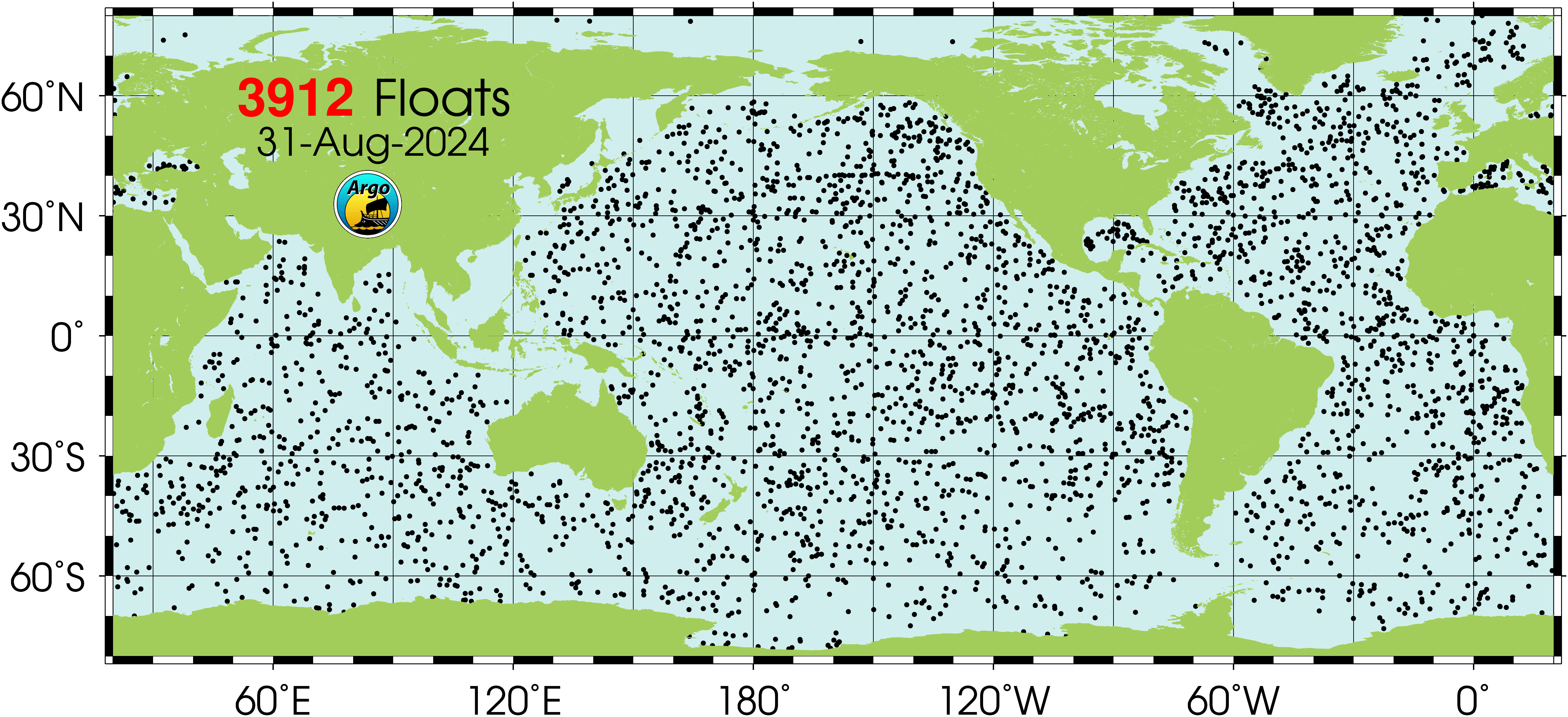
and even ice-based measurements
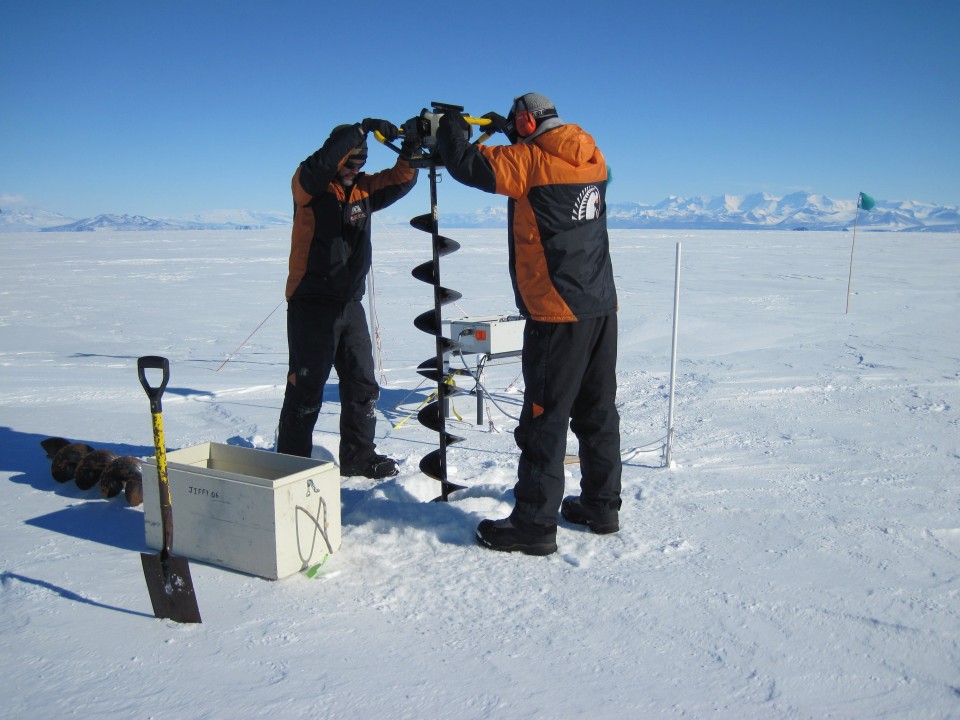
this talk leans heavily on the awesome climate resources of noaa and nasa, which i hope remain available in the new admin
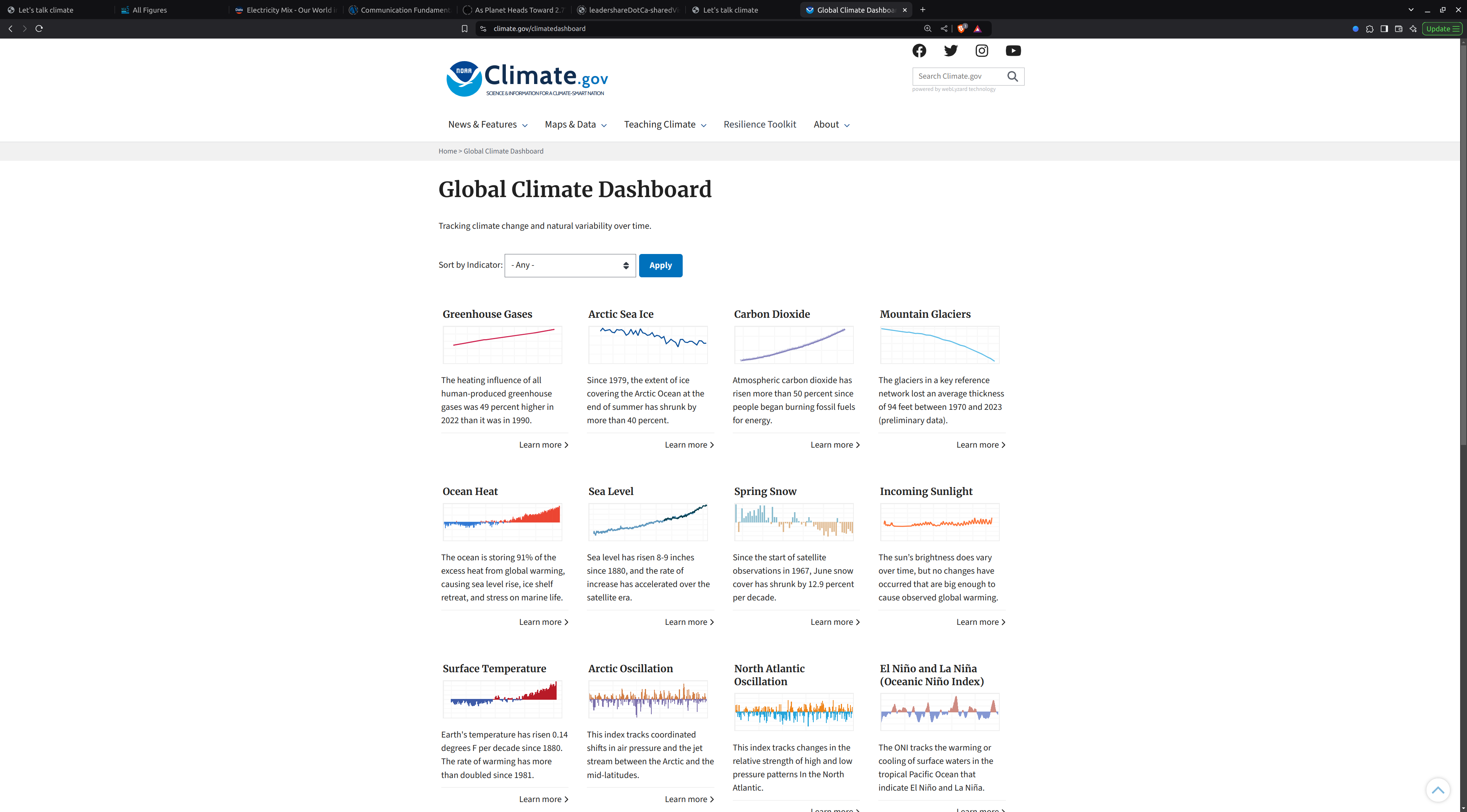
ice sheets have melted alot ice sheets have lost mass, both the greenland ice sheet and the antarctic ice sheet
ice sheets have lost mass, both the greenland ice sheet
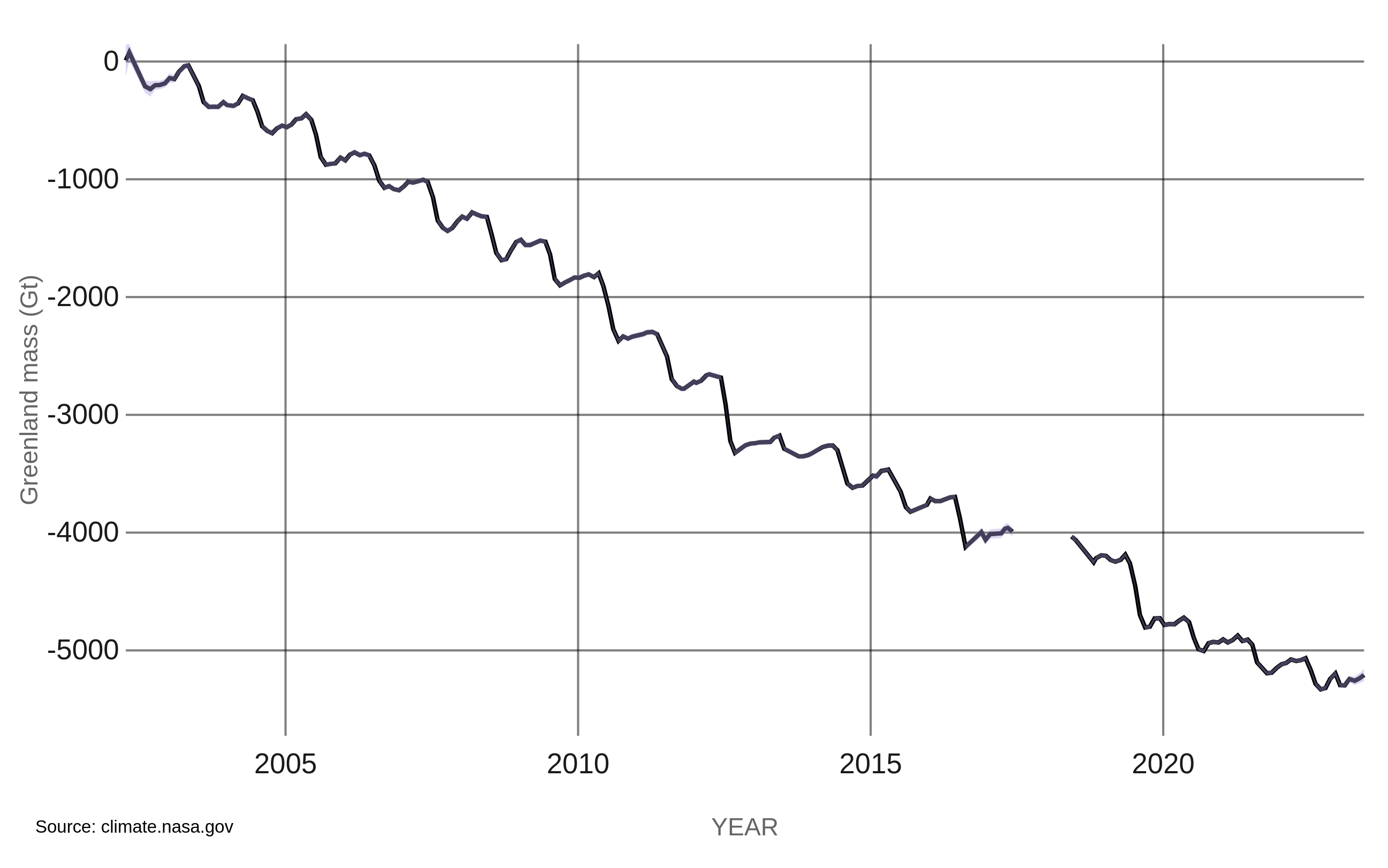
and the antarctic ice sheet
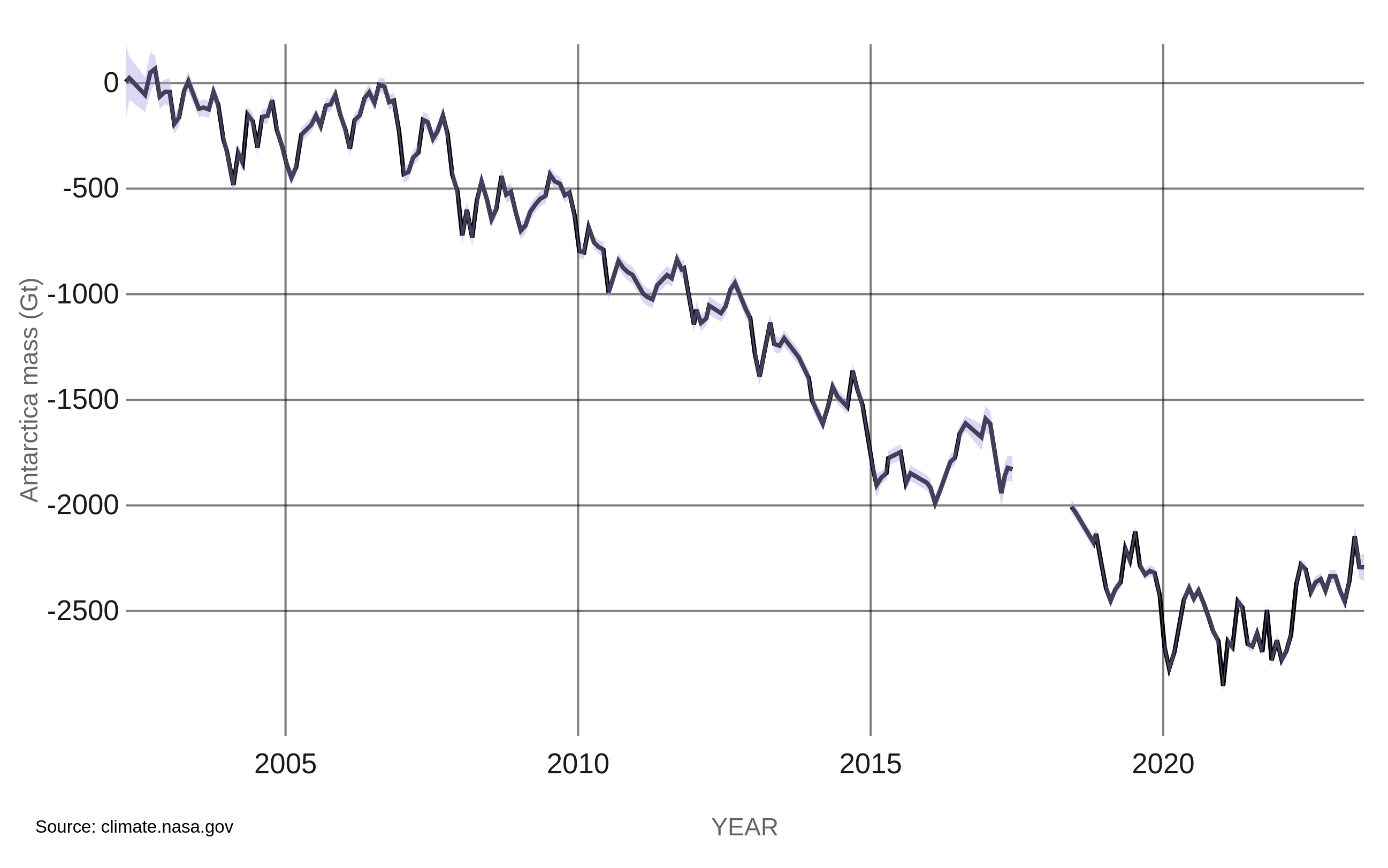
and thus sea level is rising
scientists agree that our greenhouse gas additions are causing climate change
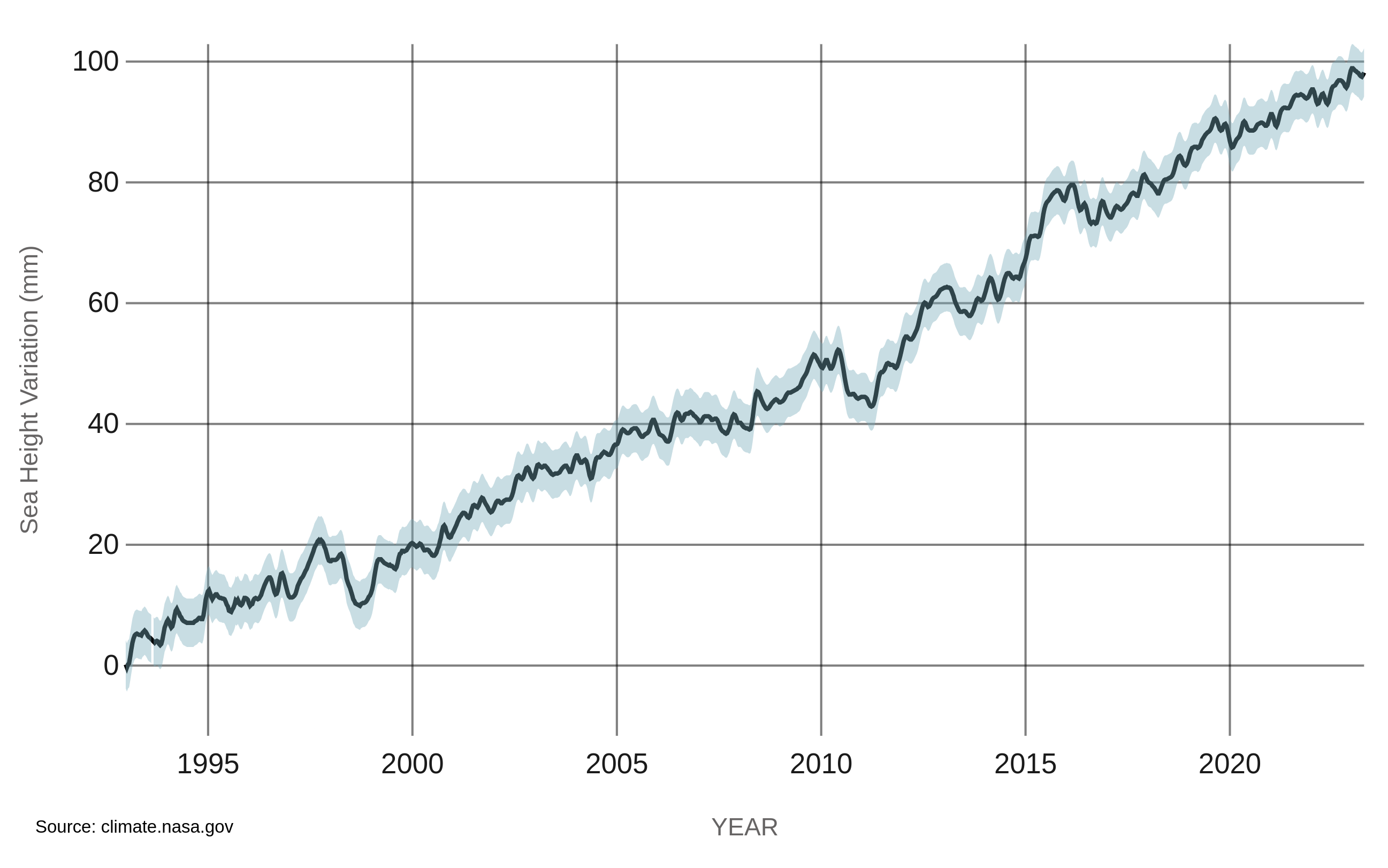
how much is 1.3C? alot or not? the coldest part of the last ice age, when not glaciers, not ice fields, but ice sheets covered most of North America, was about 4-7C cooler than preindustrial. so 1.3C is a significant step toward a very different world
net zero via expanding forests but major forests are becoming net sources of carbon - amazon due to setting fires for beef and soybean - boreal (canada and russia) due to wildfires and expanding pest range our eastern forests are relatively stable (RIP Ash and Hemlock) but the Forest Service is seeking explicitly to reduce the amount of mature forest on public lands even if all tropical land area was completely covered in tree plantations, it would sequester the equivalent of just 1.7 years of global emissions. and we can't wait the decades it would take for those trees to grow to maturity. often too few tree species are planted, reducing diversity, especially when converting grasslands to forest. yes we should plant trees and absolutely stop cutting mature forest, both for climate and for biodiversity (another major crisis).
- amazon due to setting fires for beef and soybean
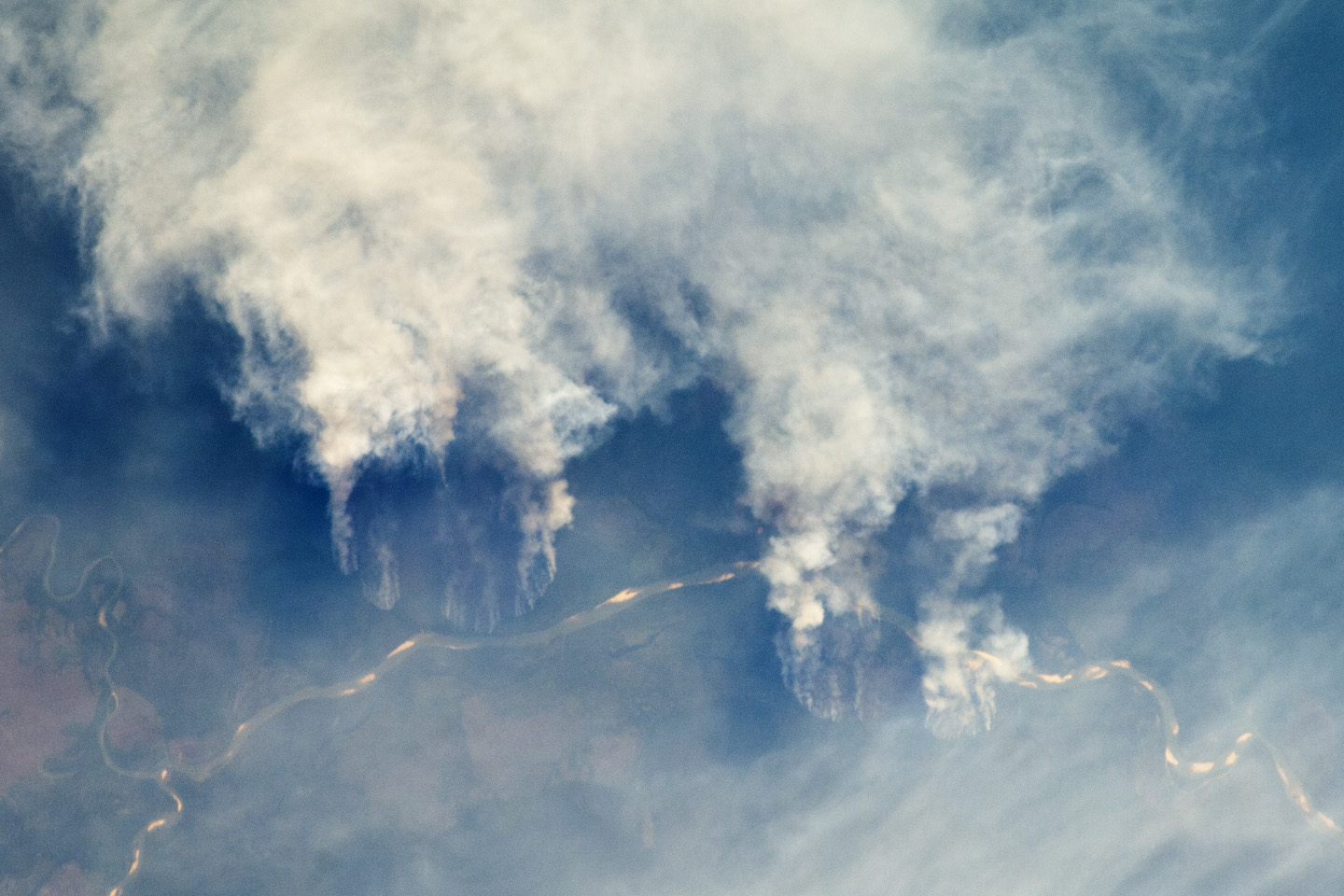
our eastern forests are relatively stable (RIP Ash and Hemlock) but the Forest Service is seeking explicitly to reduce the amount of mature forest on public lands
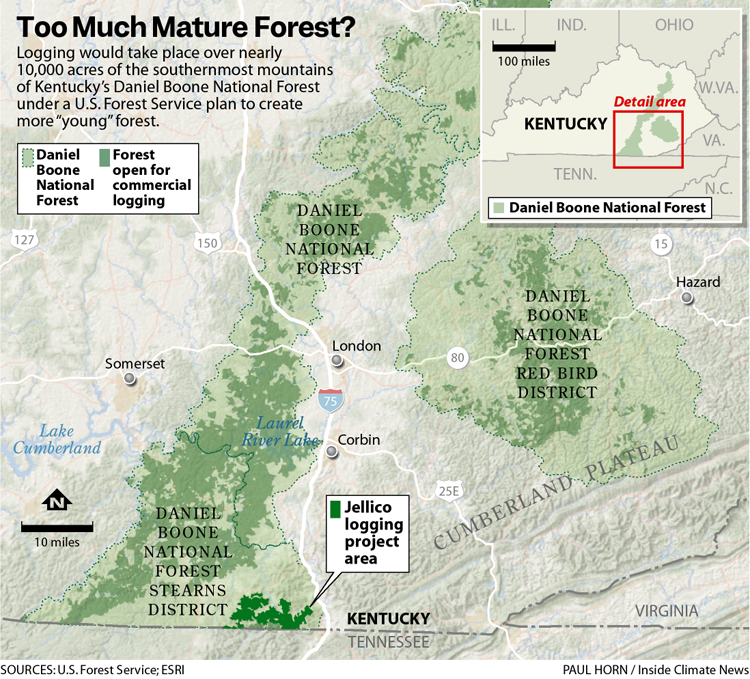
should i offset my flight? [or other purchase] "carbon offsets", or forest "set-asides", is an unregulated industry rife with documented abuses. operators overstate likelihood of cutting forest, sell the promise not to cut, and may cut later anyway, or the forest may burn so consider donating your offset money to a group pushing to reduce emissions
carbon capture and storage ("CCS"): the Petra Nova example
"CCS", carbon capture and storage, would permanently store
CO2, promising to produce "carbon-neutral oil"
so far, CCS is a trail of failed and failing projects,
expensive and polluting, nowhere near the needed scale.
Petra Nova coal-fired generator in Texas
captures 90% of CO2 when fully operational
but just 70% uptime
used 38 MW of uncaptured power to capture CO2 from 240 MW
operates on just 6% of the site's 3700MW total generation
hasn't released data to allow independent verification
and leaks from upstream coal mine and downstream pipelines.
and the captured CO2 is used to increase output from an oil
well, more than negating the CO2 stored.
cost $1billion
but several years into the project, the parent company sold
its 50% stake for less than 1% of the project cost.
but Petra Nova is a success story among yet bigger failures
in part because it hasn't been abandoned.Petra Nova coal-fired generator in Texas
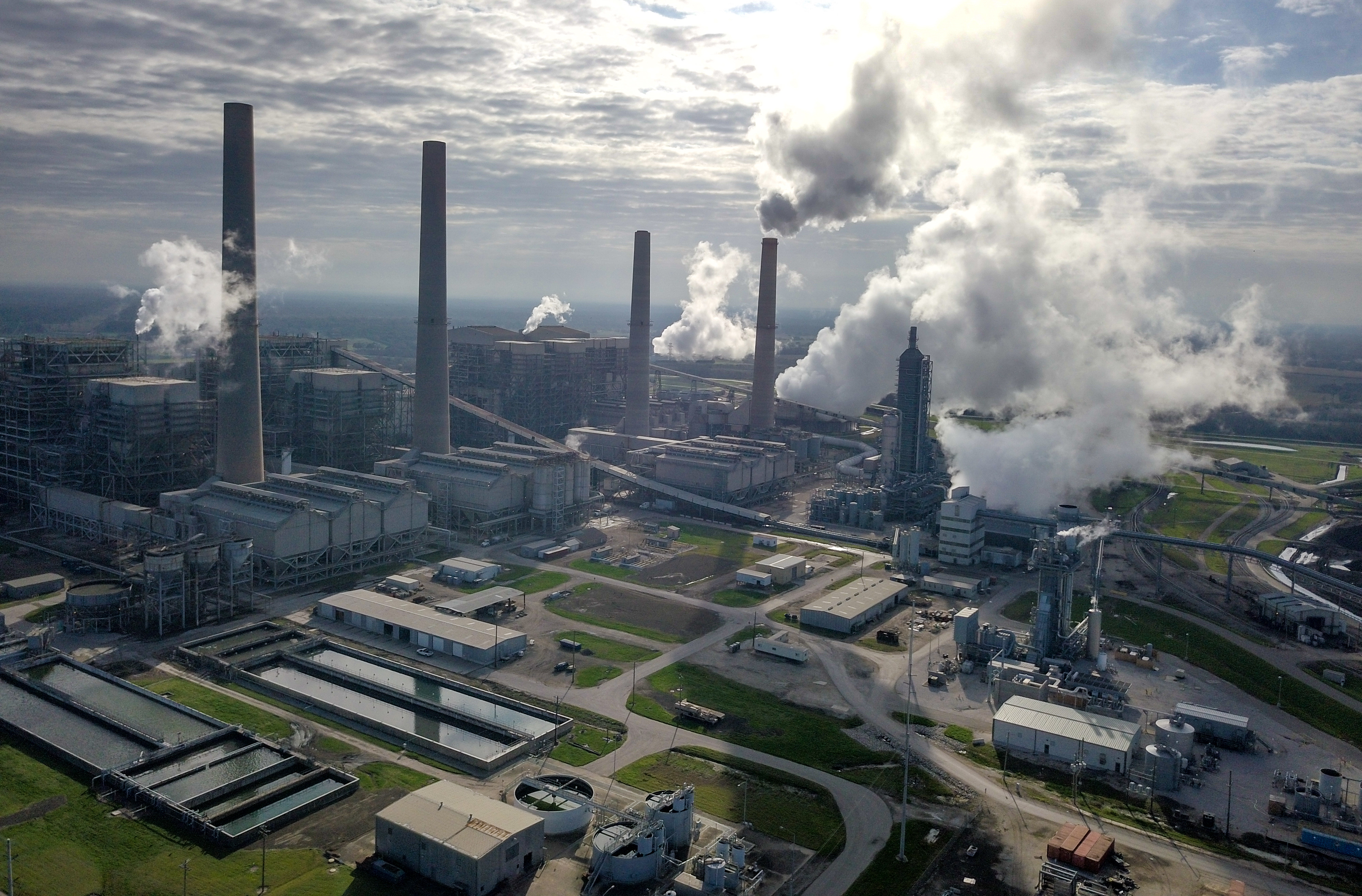
hasn't released data to allow independent verification

and leaks from upstream coal mine and downstream pipelines.
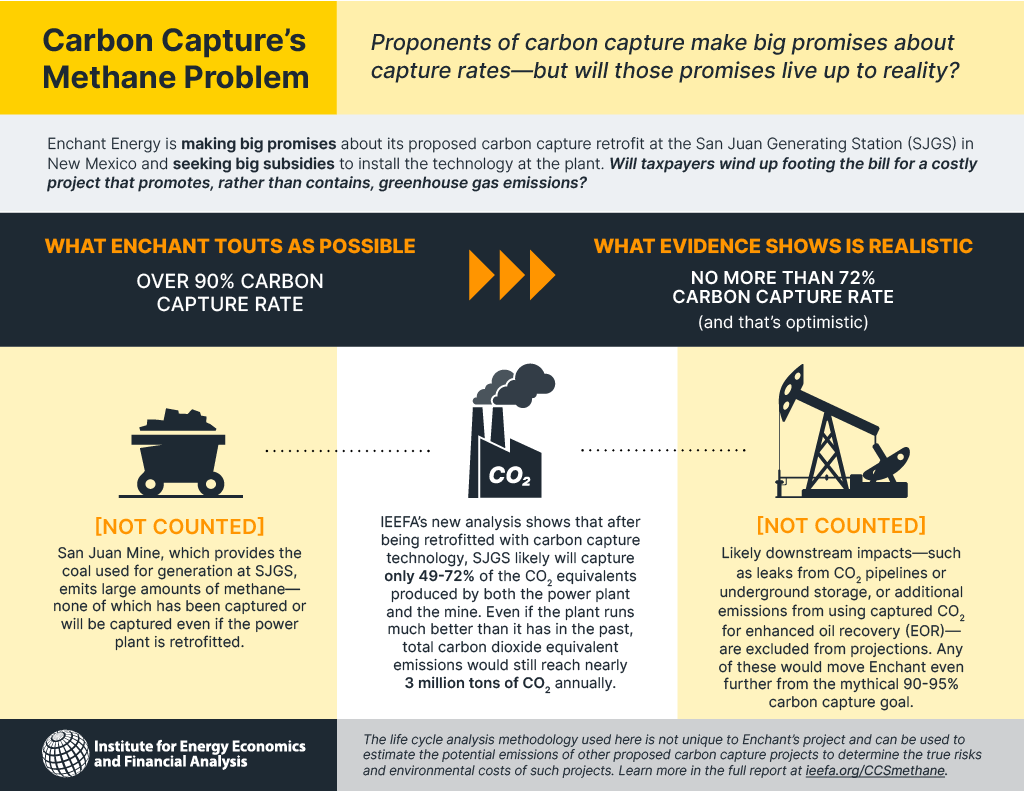
https://ieefa.org/resources/carbon-captures-methane-problem
https://ieefa.org/resources/infographic-carbon-captures-methane-problem
CDR vs CCS (carbon capture and storage) both generally inject CO2 underground, but CCS operates where fossil fuels are burned. most CCS projects inject CO2 to extract more oil, to pay for the capture tech but that oil, when burned, negates the CO2 captured. it's challenging to find a geology to hold CO2; one project unintentionally raised the ground nearly an inch, cracking buildings. others have leaked, usually via abandoned wells of which there are millions in the US. since we can't inject just anywhere, pipelines are needed. CDR at scale would require 65,000 miles of CO2 pipelines in the US by 2050. existing fossil fuel pipelines are too weak to hold CO2. CO2 pipeline rupture has sickened people and hindered gas- powered vehicles, even a mile from the rupture. No company is prepared to underwrite the permanent storage that CCS projects promise, leaving that risk to taxpayers.
both generally inject co2 underground, but CCS operates where fossil fuels are burned.
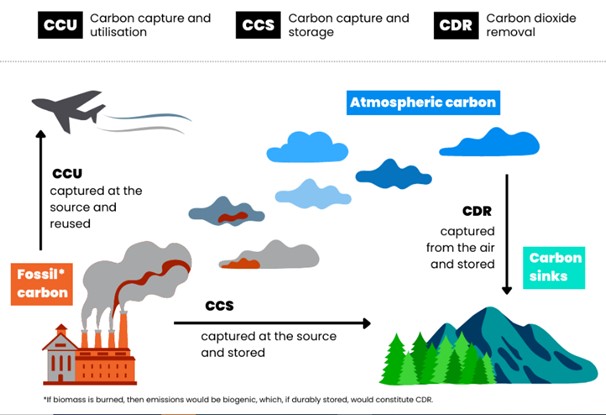
most CCS projects inject co2 to extract more oil, to pay for the capture tech
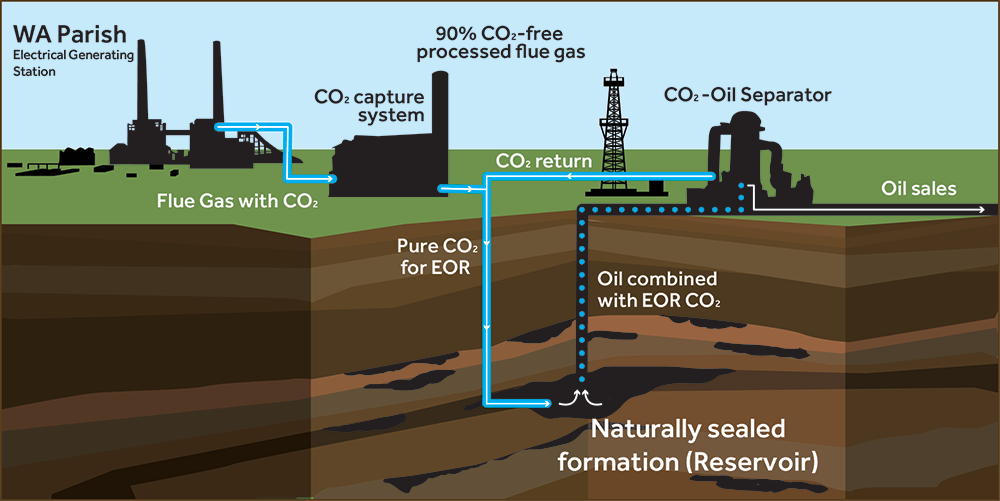
it's challenging to find a geology to hold co2; one project unintentionally raised the ground nearly an inch, cracking buildings.
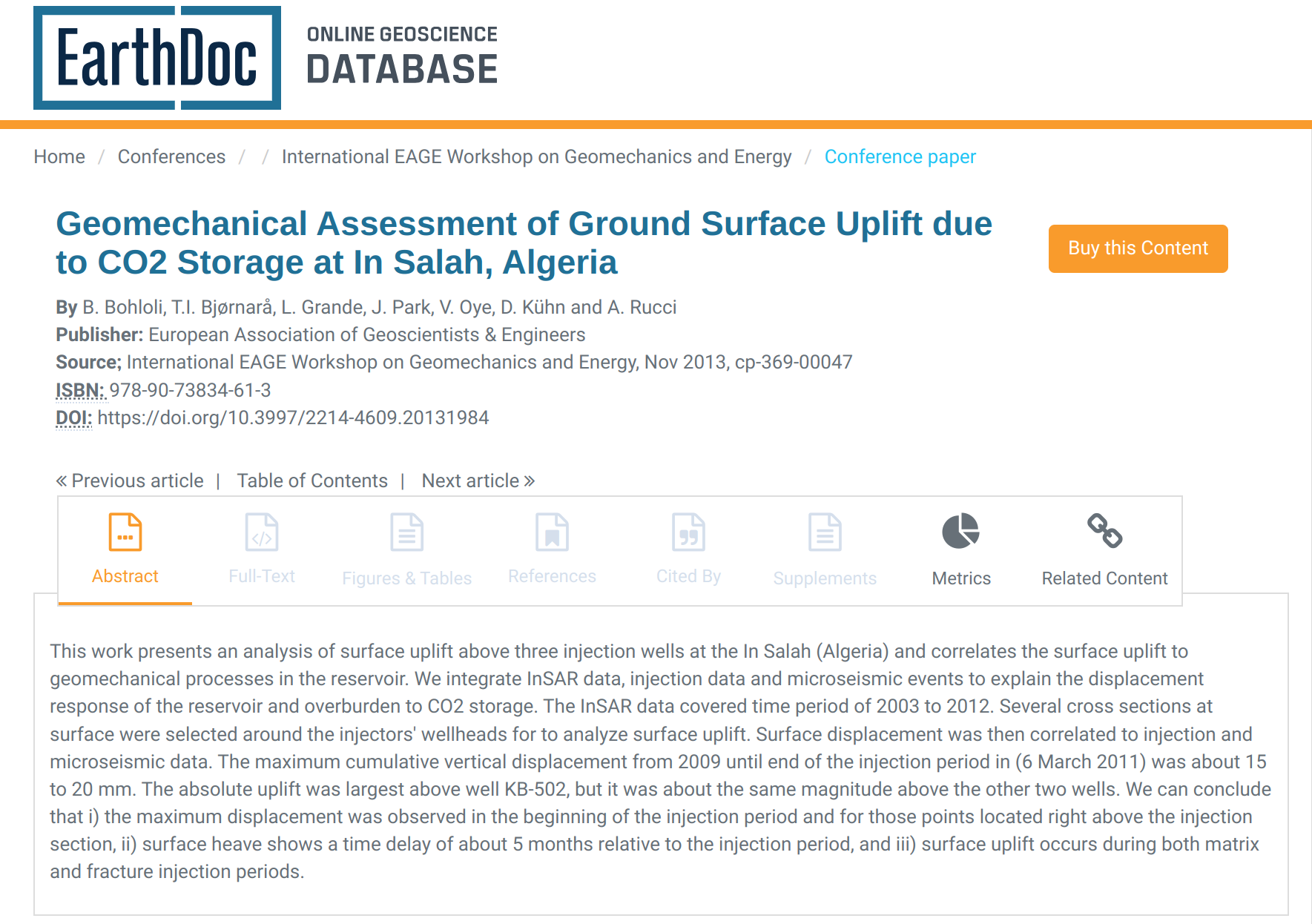
https://www.earthdoc.org/content/papers/10.3997/2214-4609.20131984
others have leaked, usually via abandoned wells
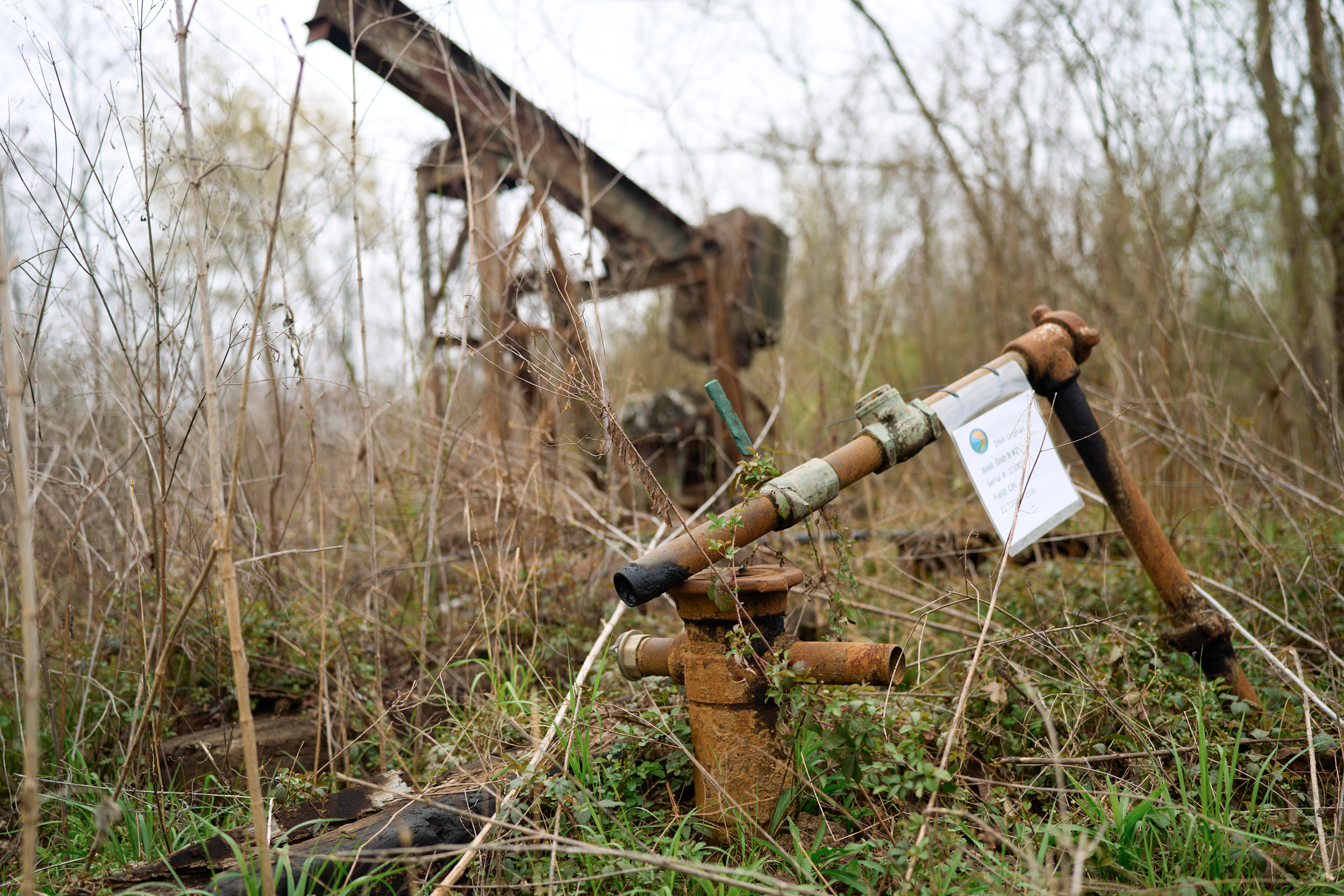
of which there are millions in the US.
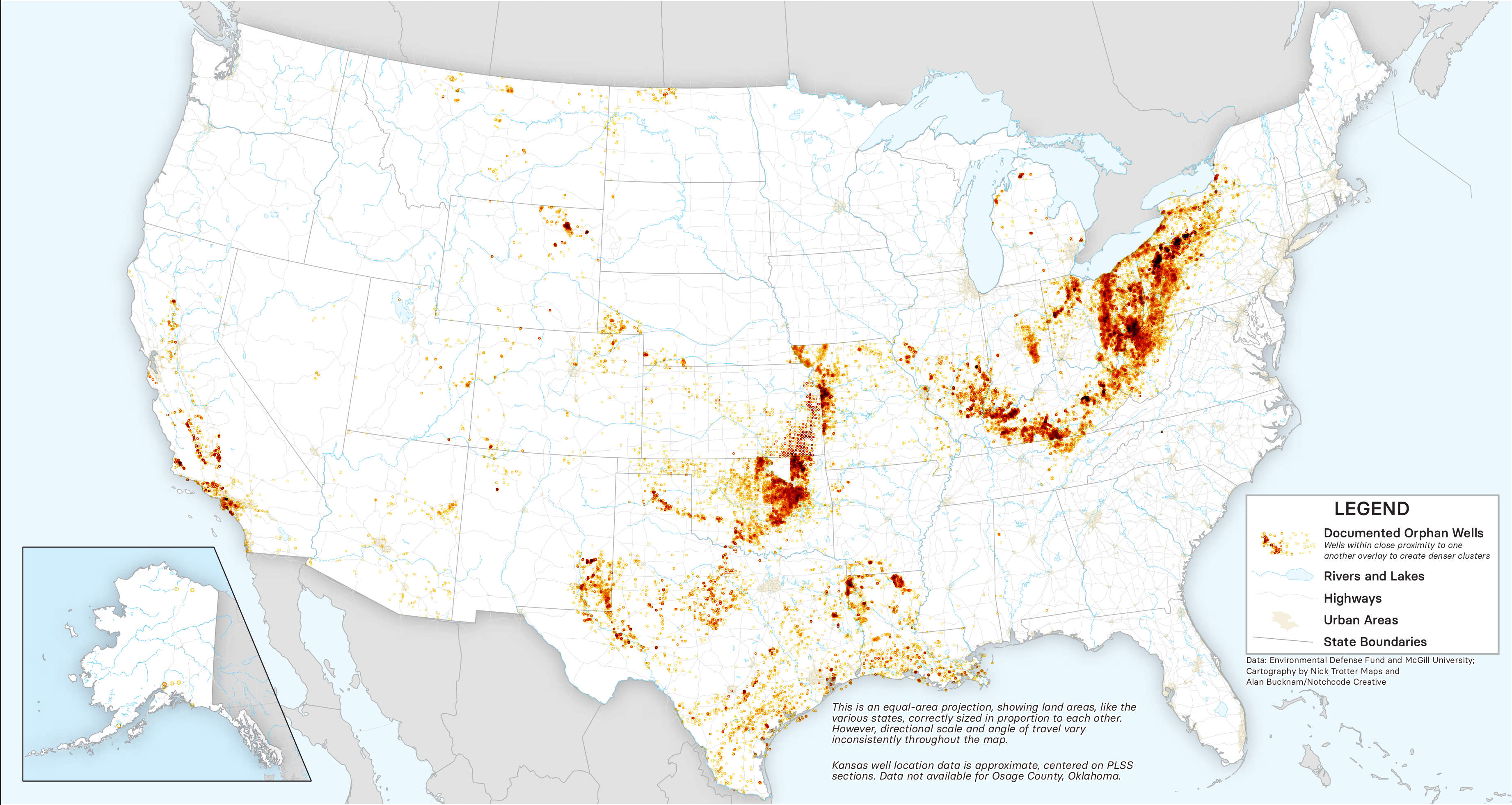
CDR at scale would require 65,000 miles of co2 pipelines in the US by 2050.
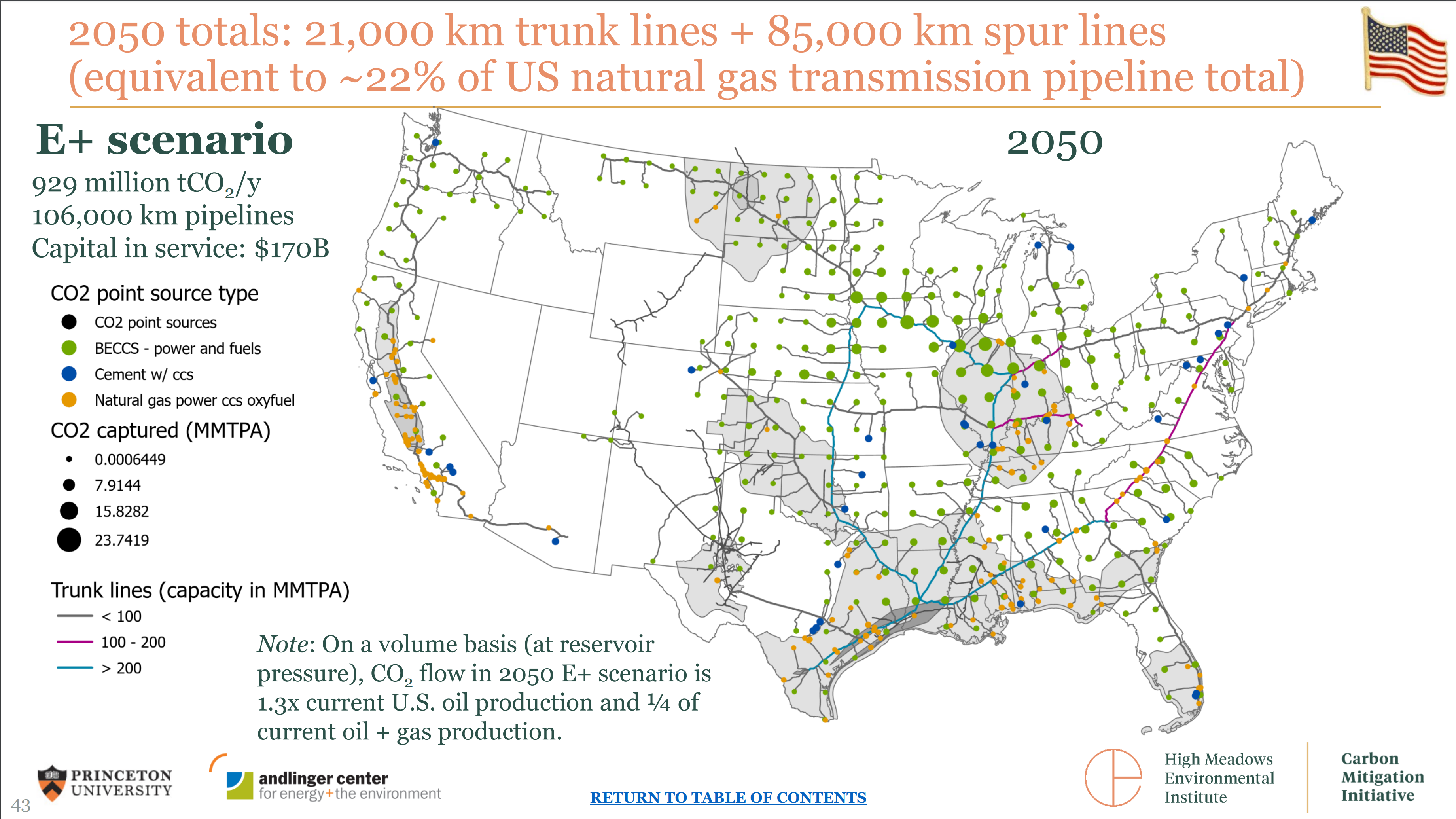
existing fossil fuel pipelines are too weak to hold co2.
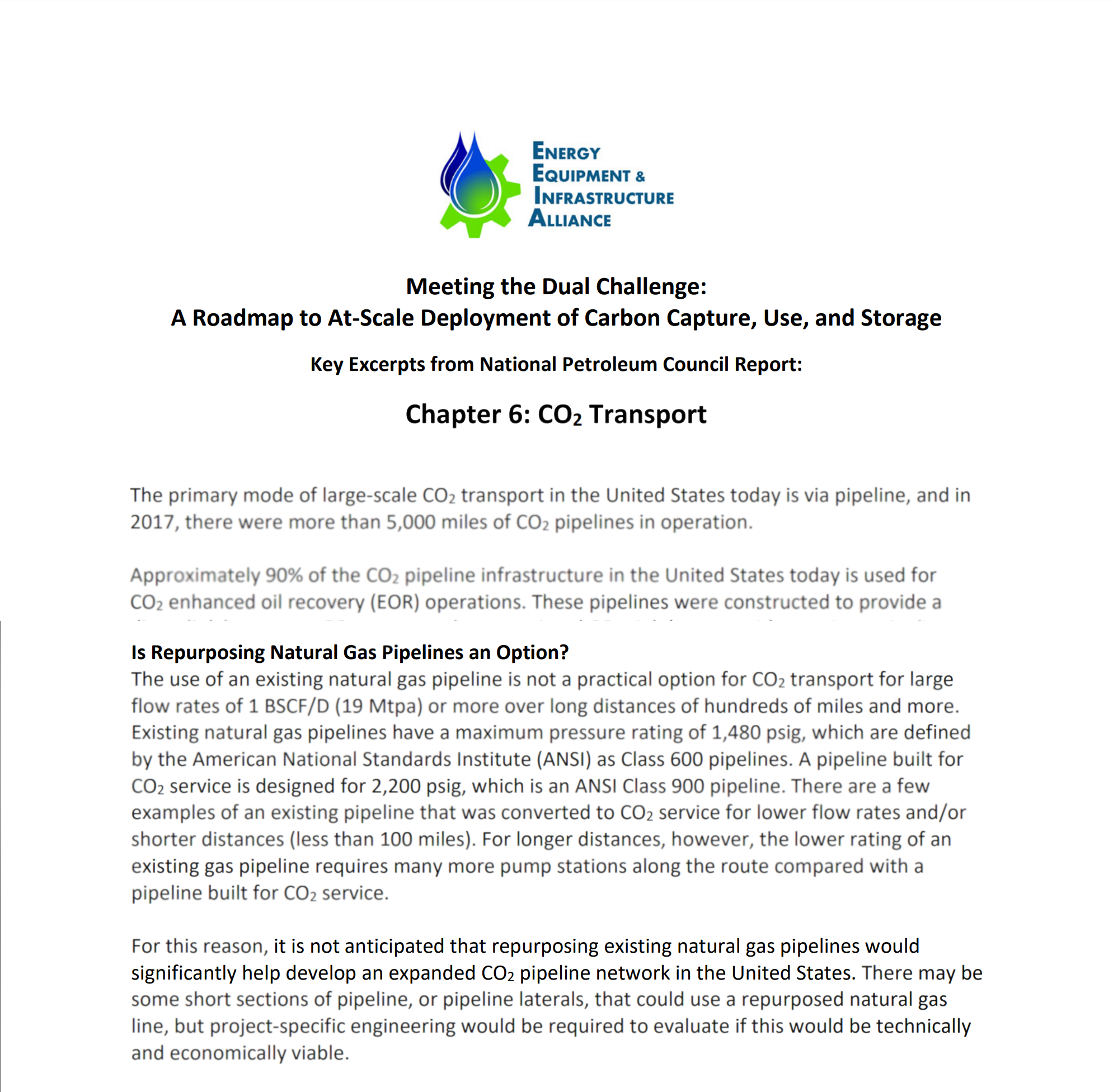
co2 pipeline rupture has sickened people and hindered gas-powered vehicles, even a mile from the rupture.

key insight is that burning fossil fuels causes "climate pollution" traditionally "pollution" is contaminants that can be removed, either by cleaning the incoming fuel, or "scrubbing" the outgoing exhaust. but exhaust CO2 is not a contaminant at all, it's an essential product of burning, and so it comprises nearly all the waste from combustion we think of gases as having negligible weight, but burning a gallon of gasoline, no matter how high octane, generates about 20lbs of CO2, roughly a pound every mile we drive. there is no way to get the energy from hydrocarbons without oxidizing the carbon, no matter how 'clean' the fuel (that's why burning requires oxygen) so "climate pollution" is not about contaminants at all. this is a new meaning for "pollutant".
traditionally "pollution" is contaminants that can be removed, either by cleaning the incoming fuel, or "scrubbing" the outgoing exhaust. but exhaust co2 is not a contaminant at all, it's an essential product of burning, and so it comprises nearly all the waste from combustion
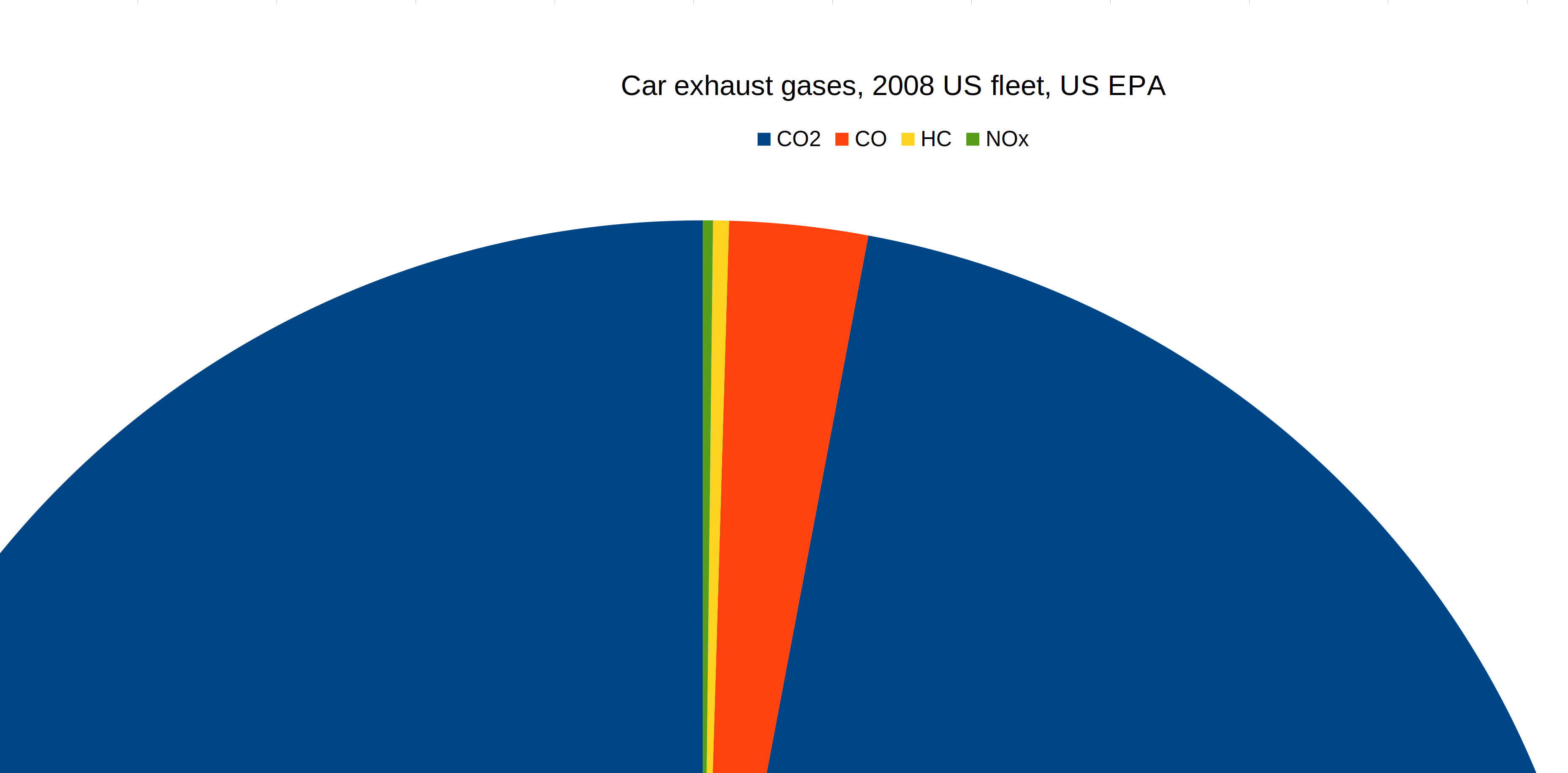
we think of gases as having negligible weight, but burning a gallon of gasoline, no matter how high octane, generates about 20lbs of co2, roughly a pound every mile we drive.
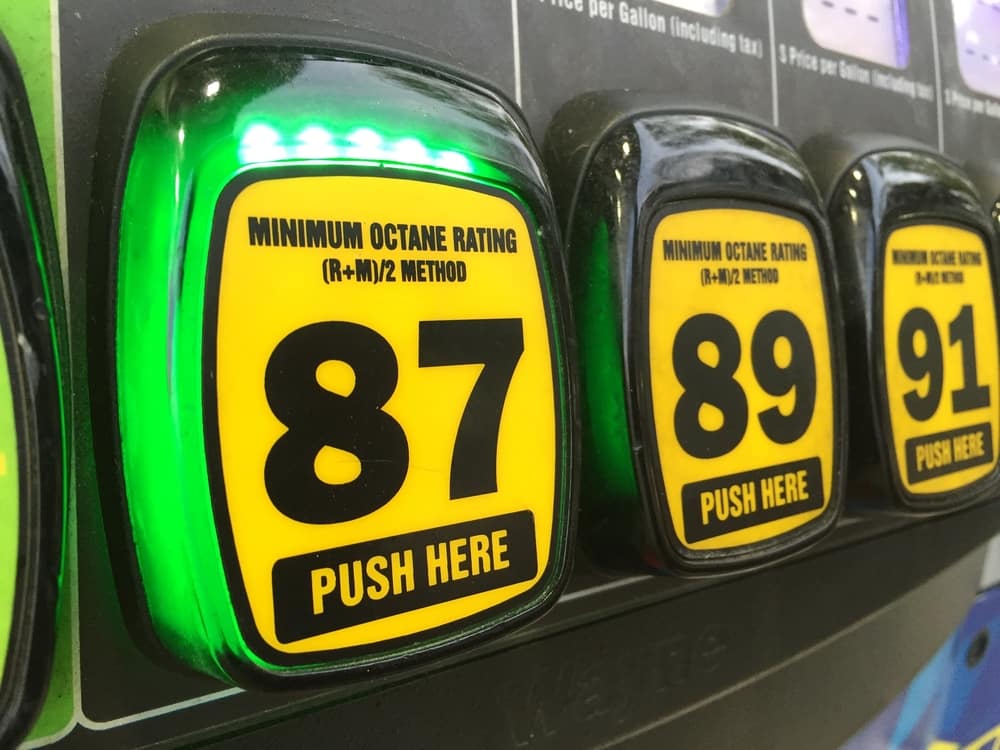
there is no way to get the energy from hydrocarbons without oxidizing the carbon, no matter how 'clean' the fuel (that's why burning requires oxygen)

more CCS science
CH2 + O2 + spark -> CO2 + H2O + energy
- energy is needed to cool and compress the resulting CO2
gas, and pipelines must be stronger than for oil or
methane
- burning produces water, which must be removed to avoid
carbonic acid corrosion in pipelines (rainwater is dilute
carbonic acid, pH 5.6--quite apart from acid rain--not
neutral pH 7)
- the waste is triple the fuel weight
40gtpa CO2 / 8b people = 5t CO2 per person yearly
gtpa is gigatons per annum; giga means billion
when you hear about using CO2 to make products, eg
carbonated beverages or furniture, think about using five
tons every year--just you.
and using CO2 in products takes much energy to get it to
react--that's why it so stable, lasting centuries in the
atmosphere.- the waste is triple the fuel weight
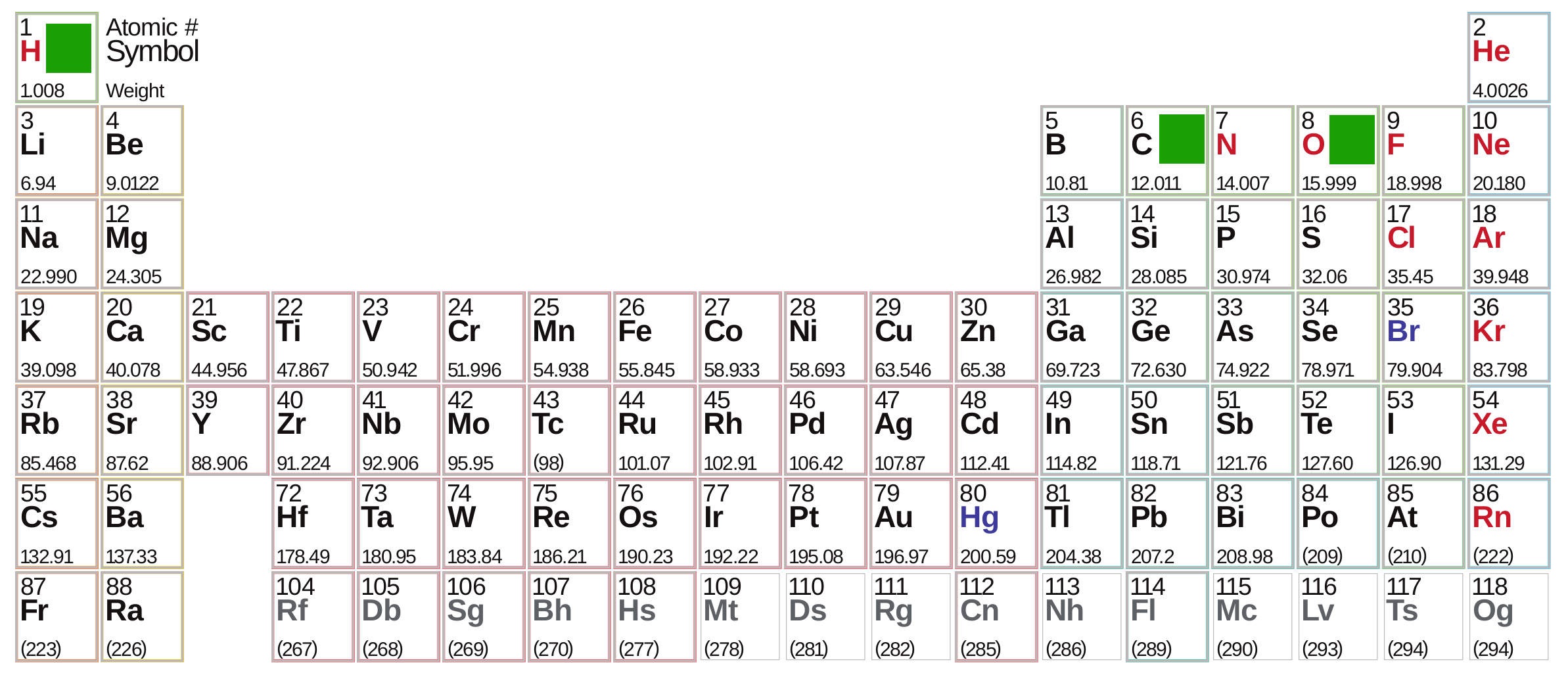
when you hear about using co2 to make products, eg carbonated beverages or furniture, think about using five tons every year--just you.
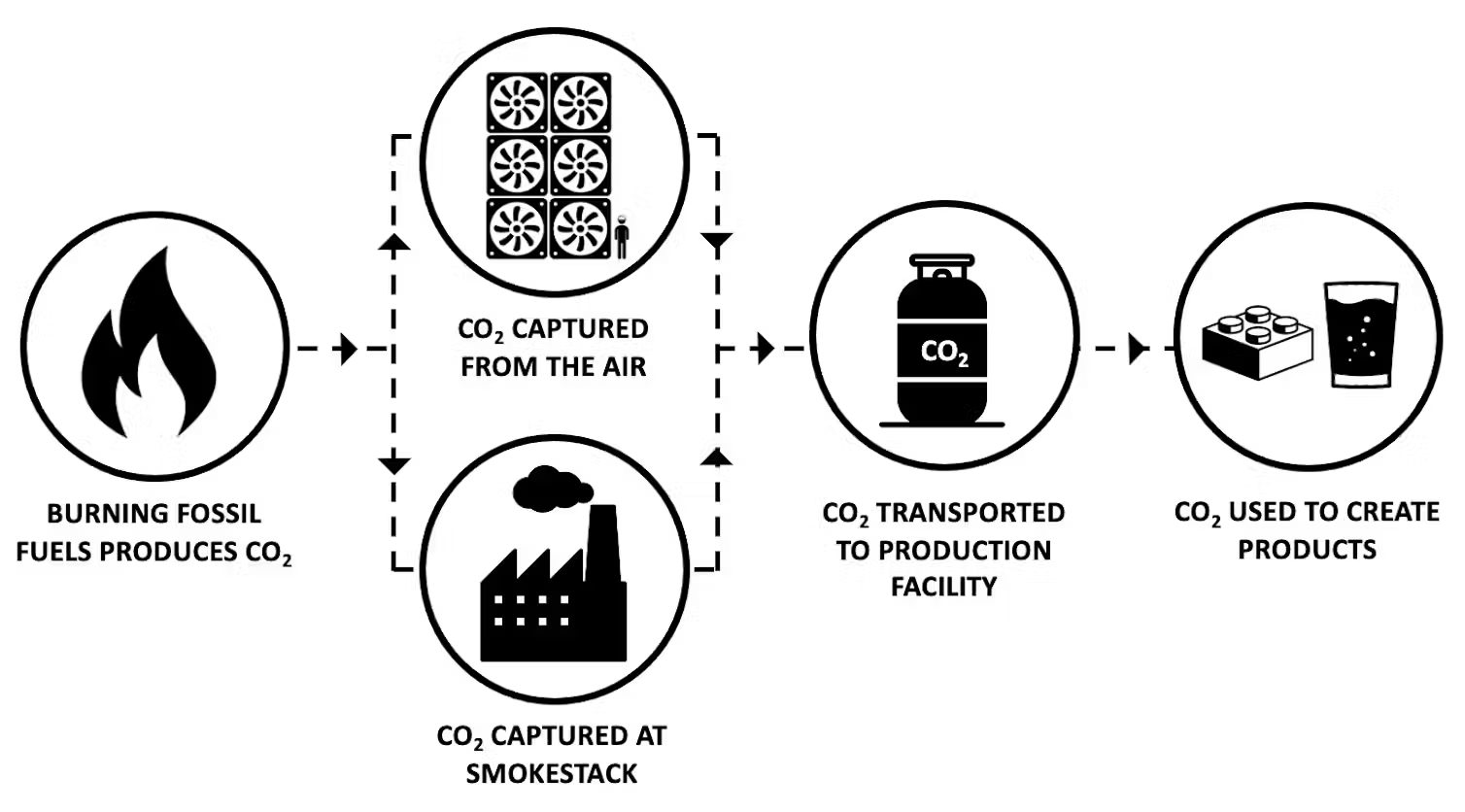
the periodic table is handy to compute these quantities
the periodic table is handy to compute these quantities
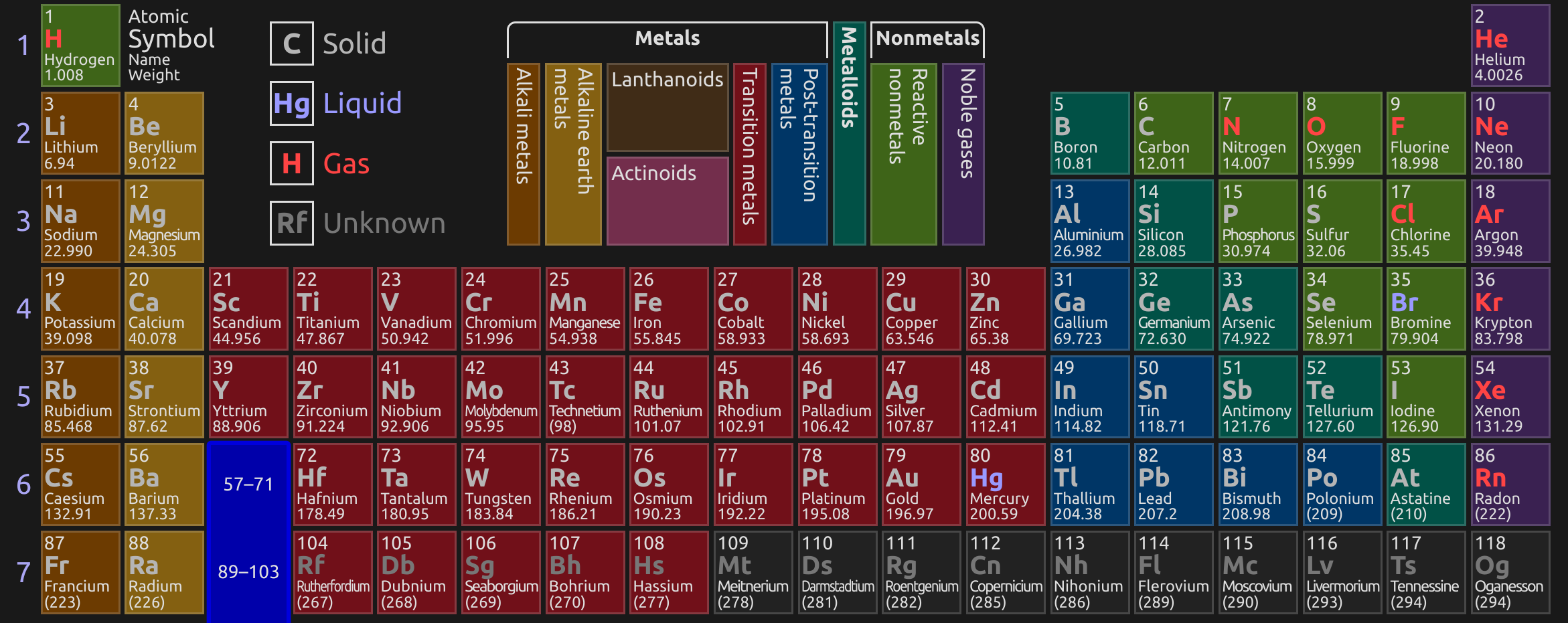
geoengineering: might Solar Radiation Management (SRM) help? SRM is reflecting sunlight before it reaches earth's surface - eg "cloud brightening" by launching fine salt into the stratosphere - releasing many tiny particles is not undoable (tho some types may wash out of atmosphere) - negative effects elsewhere - other unintended side effects - could allow us to push 'carbon debt' beyond what we can draw down - geoengineering is how we got into this mess - tho need to research techniques and maybe "antidotes"
types of geoengineering carbon dioxide removal: not [yet?] scalable solar radiation management: controlling sunlight before it reaches earth eg stratospheric sulfate aerosols: create a global dimming eg chemtrailing: using reflective nano-materials (aerosols) to reflect sunlight
hoboken hoboken has spent over $100m to capture ~3m gallons of stormwater and release it after the storm. but during Sandy, 500m gallons of water was sitting on Hoboken, to a depth of 6 feet in the lowest-lying areas.
hoboken has spent over $100m to capture ~3m gallons of stormwater and release it after the storm.
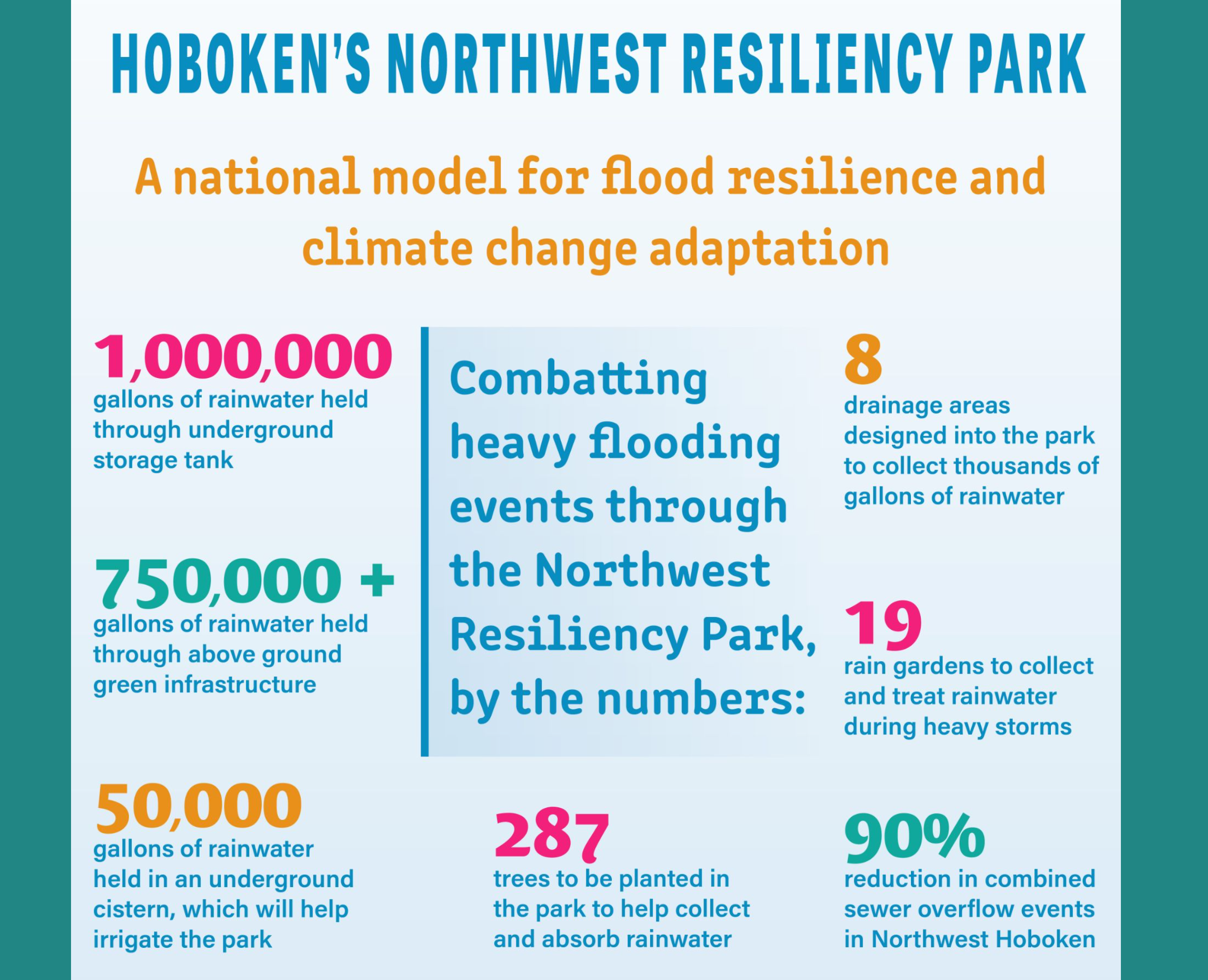
but during Sandy, 500m gallons of water was sitting on Hoboken, to a depth of 6 feet in the lowest-lying areas.

Already... major insurers are pulling out of flood- and fire-prone areas due to "rapidly growing catastrophe exposure" and raising rates elsewhere much of the immigration from Central America is climate- driven ocean acidification has impacted the shellfish industry in the Pacific Northwest the snow crab harvest has been cancelled for two consecutive years due to population crash
major insurers are pulling out of flood- and fire-prone areas due to "rapidly growing catastrophe exposure" and raising rates elsewhere

much of the immigration from Central America is climate-driven

ocean acidification has impacted the shellfish industry in the Pacific Northwest
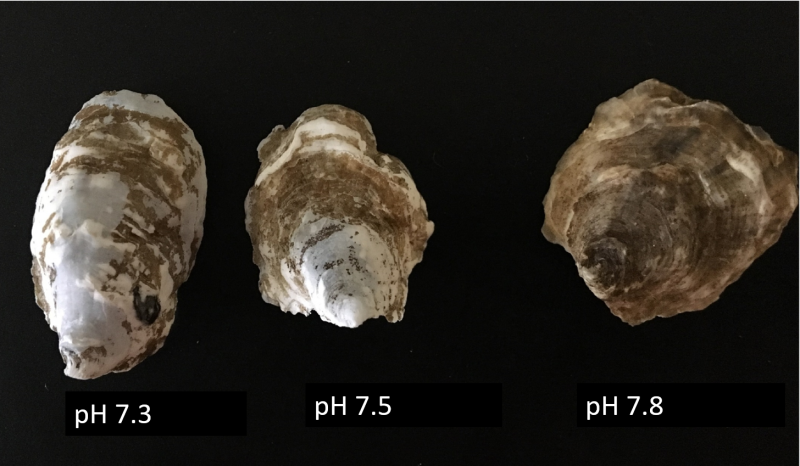
the snow crab harvest has been cancelled for two consecutive years due to population crash

impacts now later
now

later
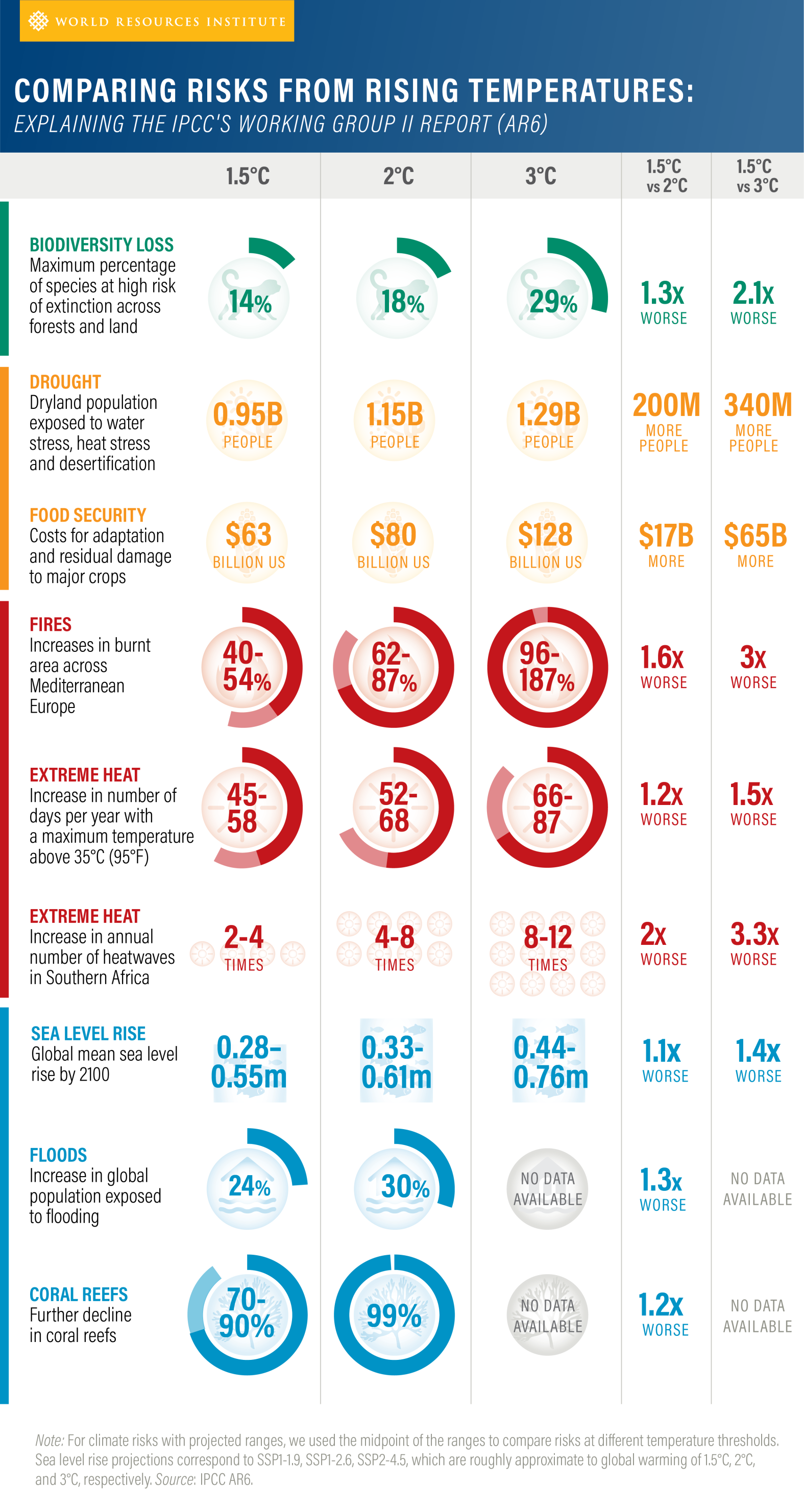
In other nations, the projections are yet worse Global irrigated food production will drop by 6% by 2100; for China, 10% Severe food insecurity will rise up to 60% in much of Africa and Central America Rising migration, rising conflict over water resources
Global irrigated food production will drop by 6% by 2100; for China, 10%
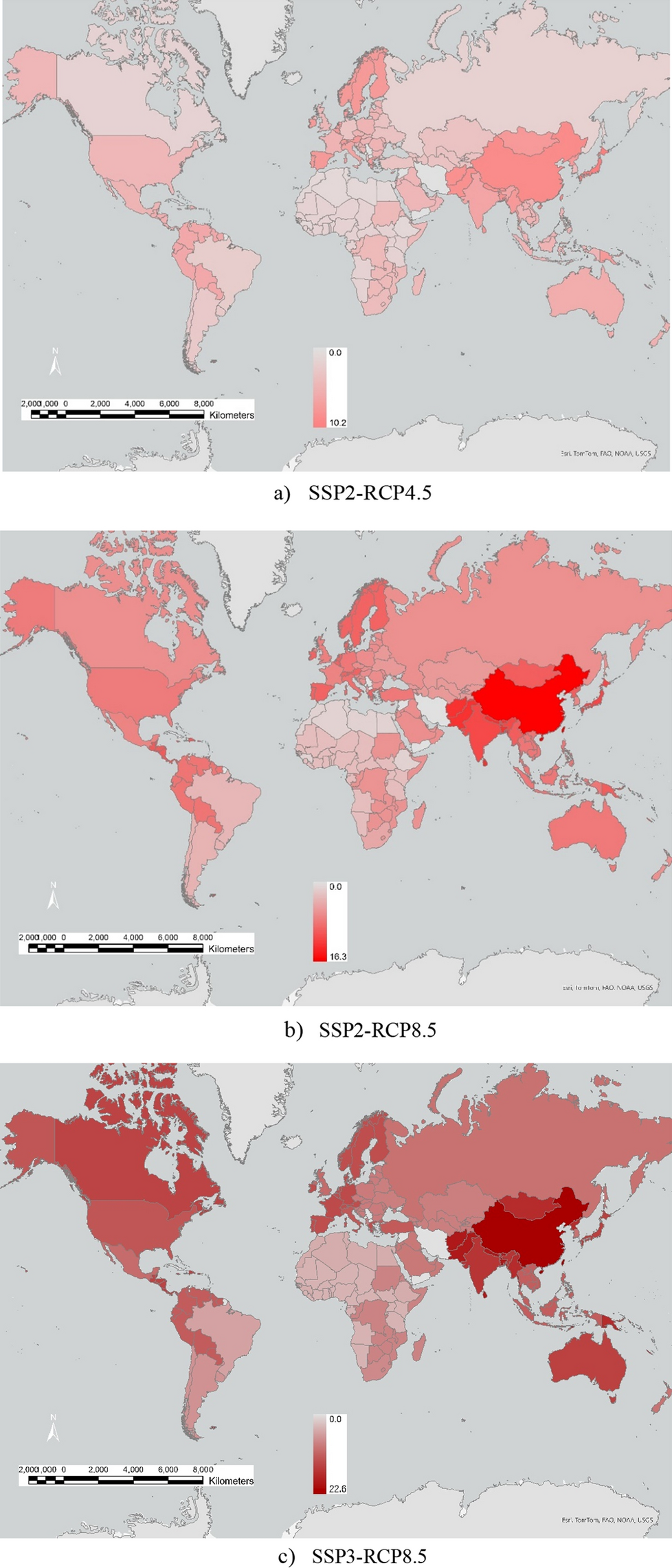
Severe food insecurity will rise up to 60% in much of Africa and Central America
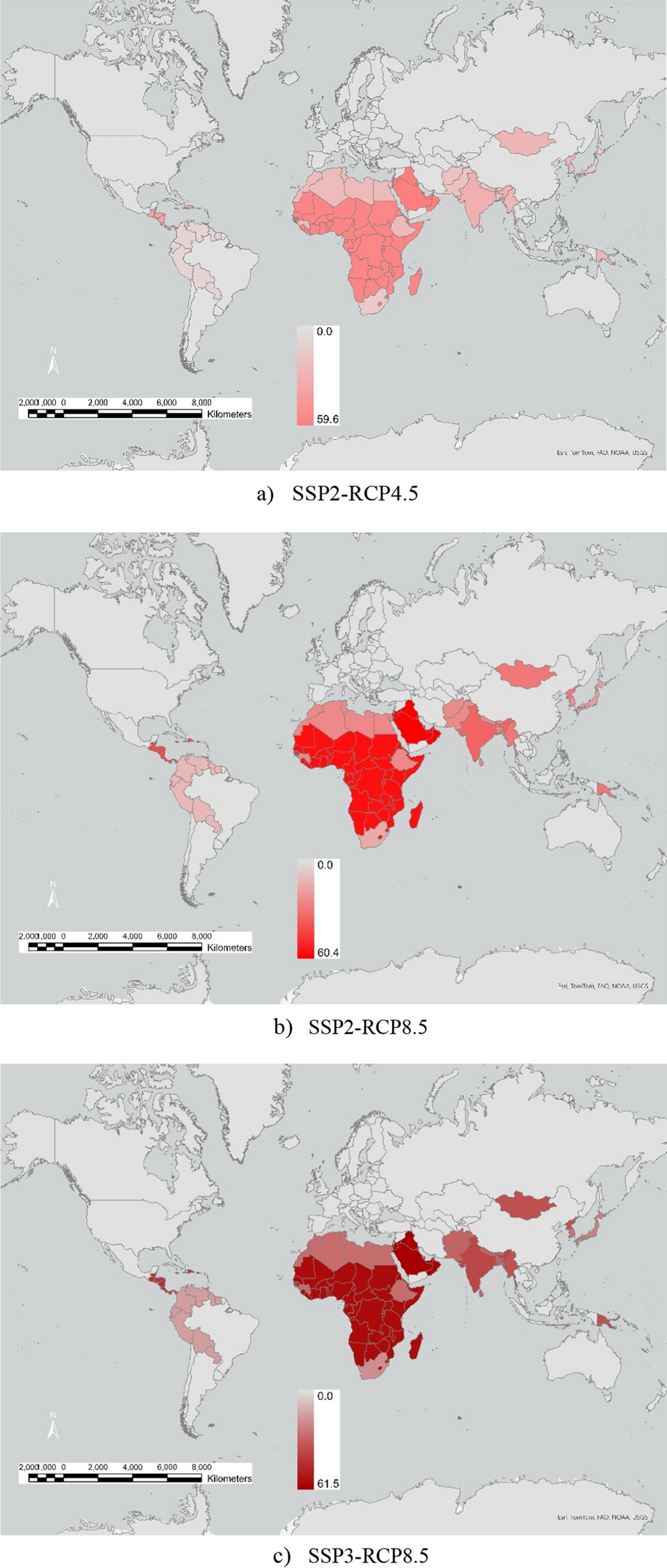
Rising migration, rising conflict over water resources
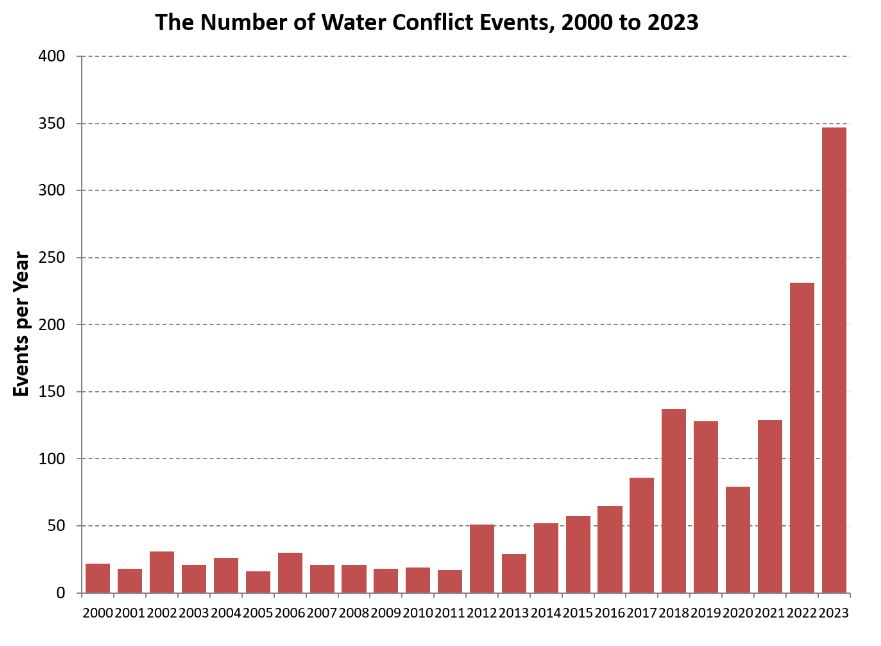
and unprecedented events are happening--they dont yet have names 2012 "Superstorm" Sandy was as wide as the entire East coast of the US, 1000 miles Canada 2023 wildfire season was off the charts 2023 global temperature anomalies
2012 "Superstorm" Sandy was as wide as the entire East coast of the US, 1000 miles
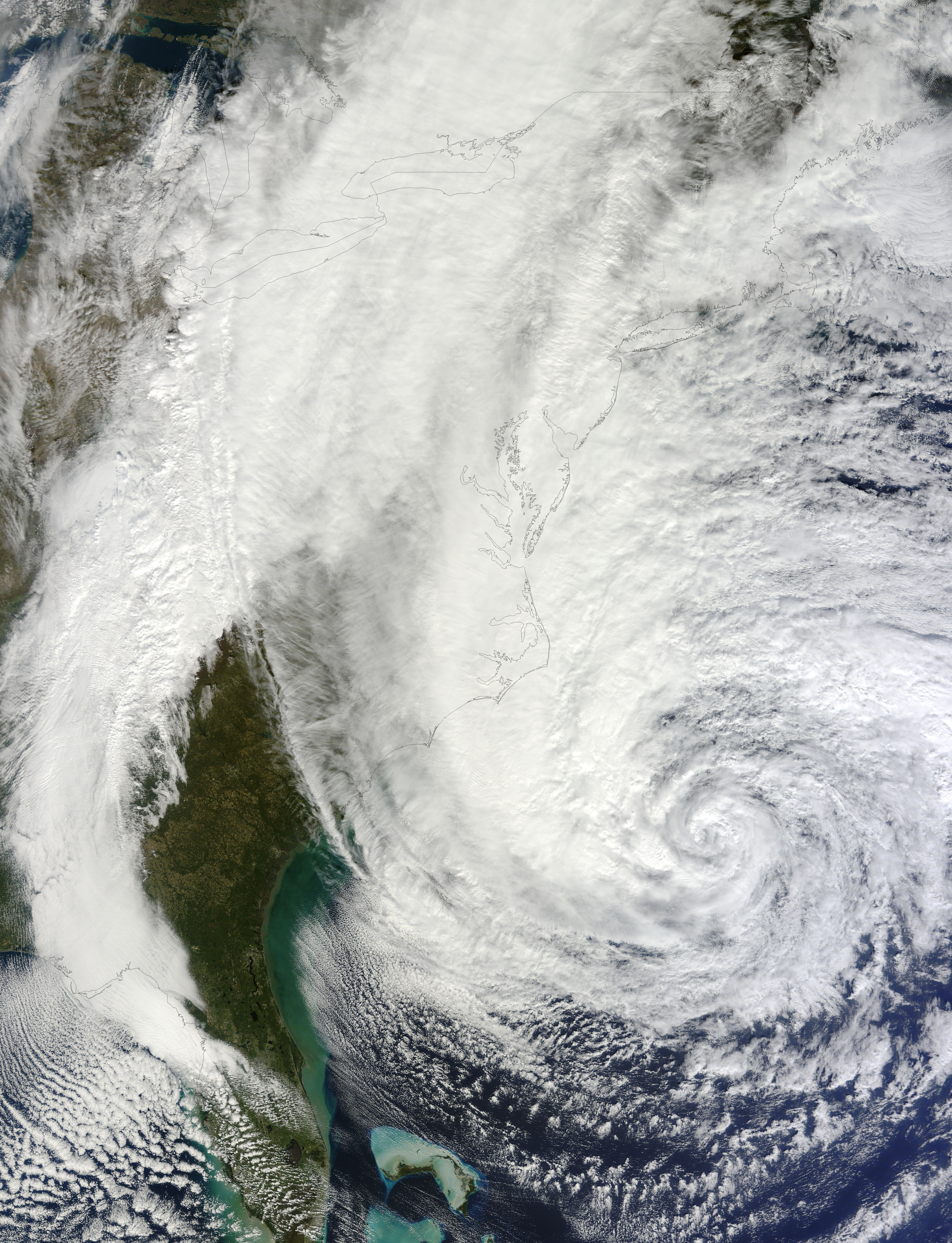
Canada 2023 wildfire season was off the charts
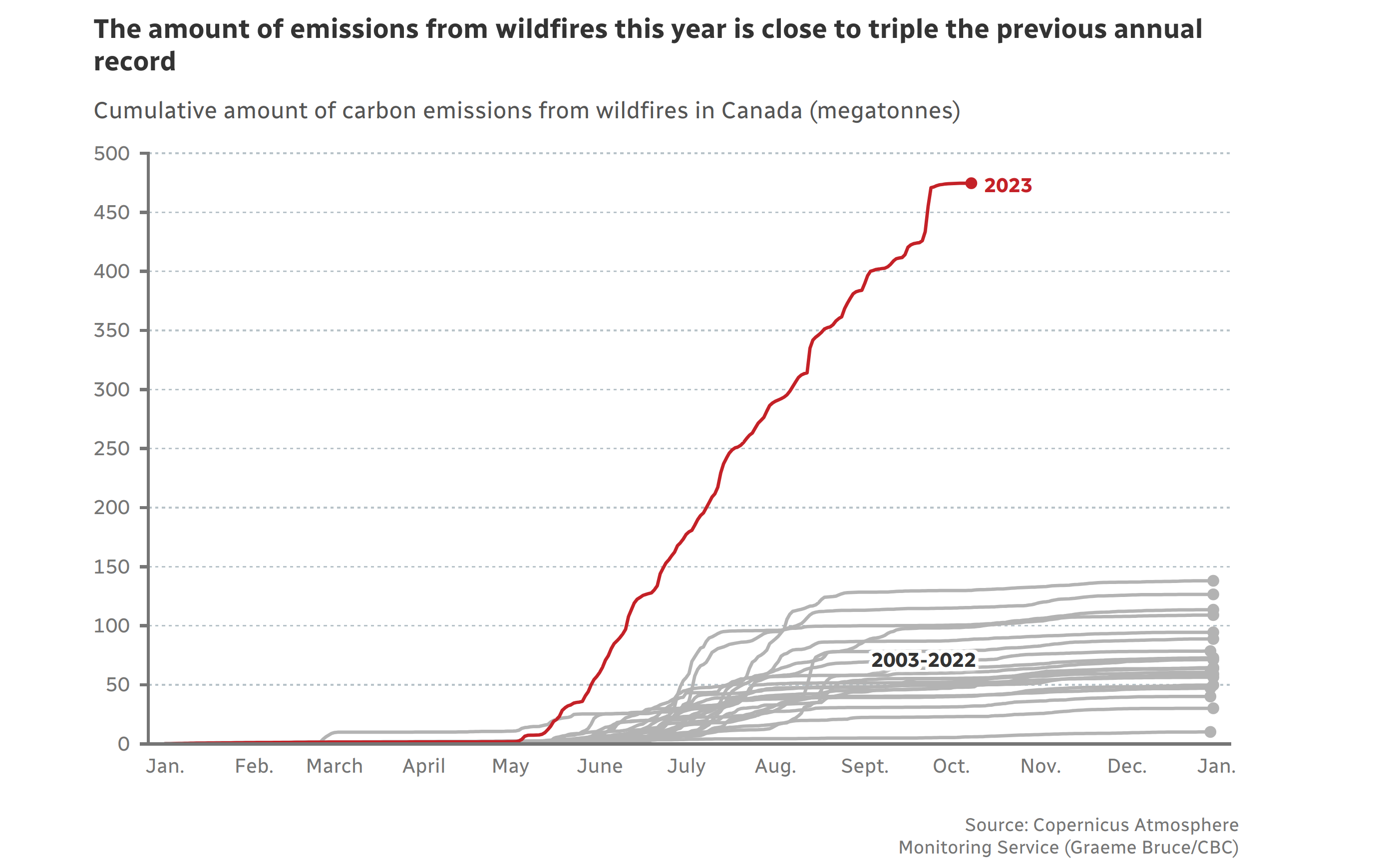
2023 global temperature anomalies
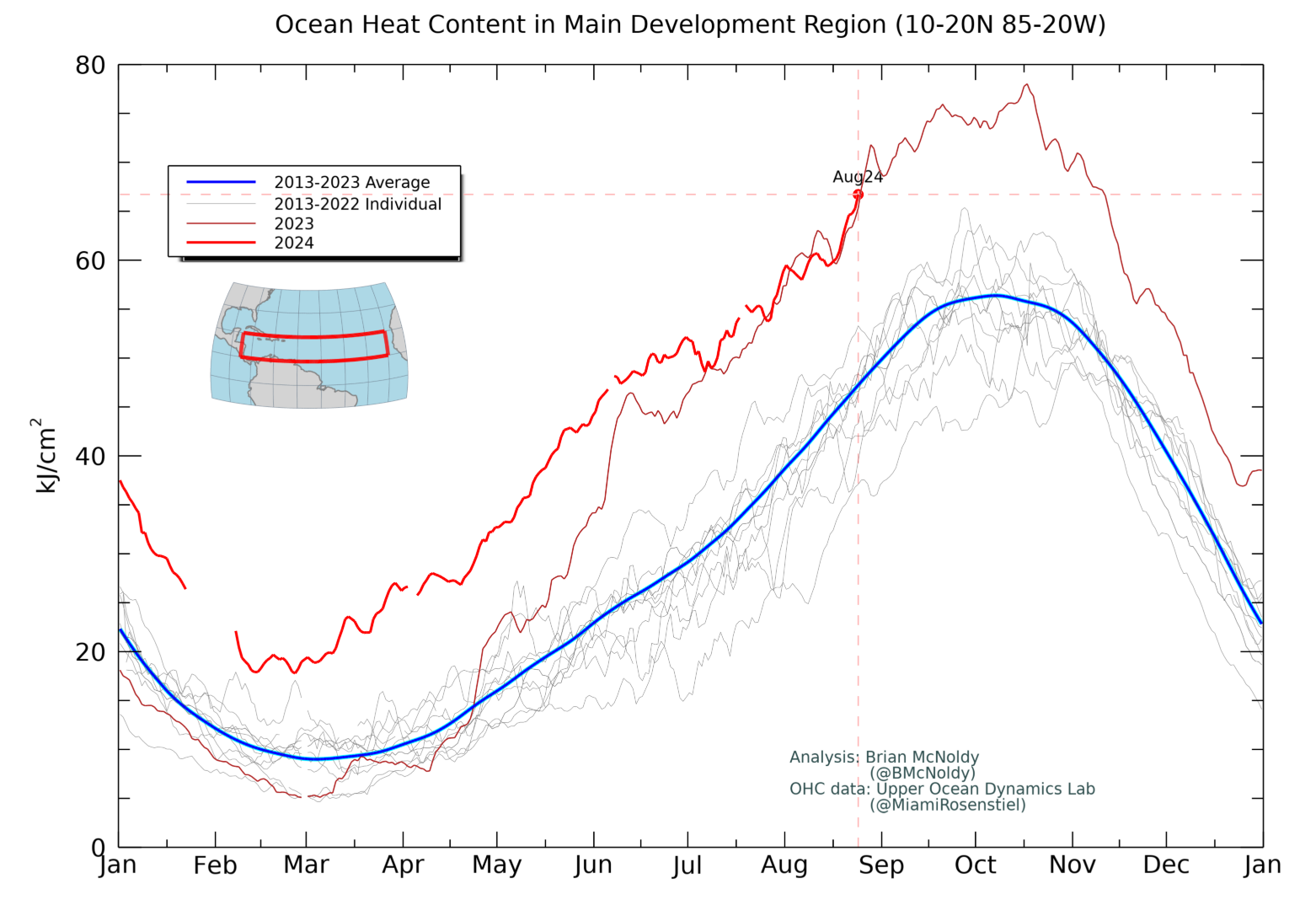
el niño occurs atop a higher global mean temperature but didn't el niño cause the 2023 anomalies, not climate? 2016 was an el niño year too, but 2023's el niño was atop a higher global mean temperature el niño's are part of a natural cycle, but climate change is making them more intense
but didn't el niño cause the 2023 anomalies, not climate? 2016 was an el niño year too, but 2023's el niño was atop a higher global mean temperature

el niño's are part of a natural cycle, but climate change is making them more intense
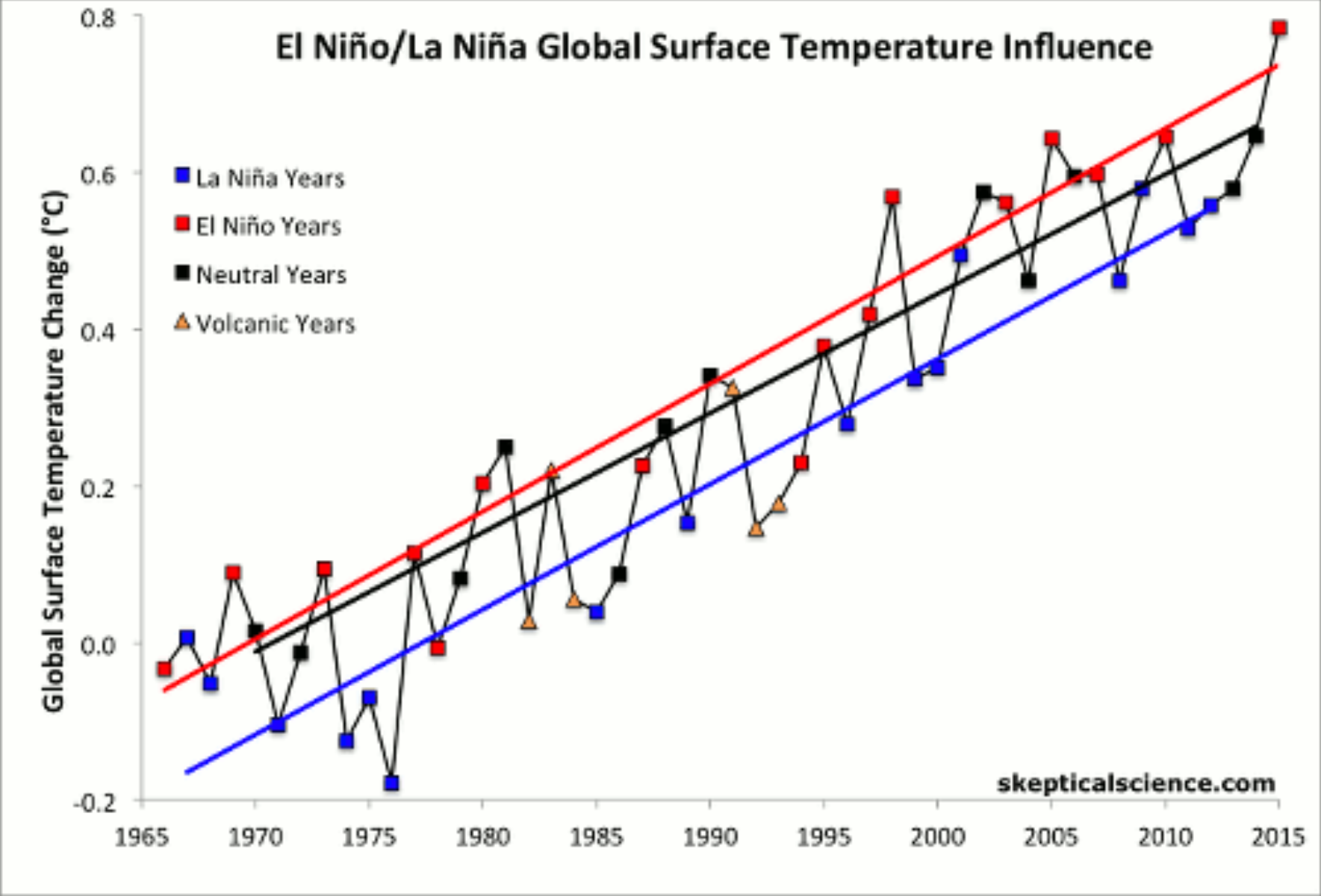
doomism is the new denial the same folks who yesterday said climate was a hoax or nothing to worry about, are now saying it's too late to address climate. dont believe it--the more and the sooner we reduce emissions, the better our future will be.
floodwaters ain't just water when you see urban flooding like this, think about the industrial waste, raw sewage, and parasites in the water.
when you see urban flooding like this, think about the industrial waste, raw sewage, and parasites in the water.

where we are heading
so where are we headed? globally CO2 is still increasing,
tho maybe leveling off.
US and Europe emissions have been dropping, whereas
developing nations have increased emissions, as we did
during our development, esp china, tho it may have
plateau'd, we'll see.
current country pledges ("NDCs" under Paris) will lead us to
far exceed 1.5; we're headed for 2.7C by 2100
country pledges over-rely on forest offsets and CO2 removal,
and are not coordinated, adding up to an unrealistic area
of new forest
and some countries are not on target to meet their pledges.so where are we headed? globally co2 is still increasing, tho maybe leveling off.
US and Europe emissions have been dropping, whereas developing nations have increased emissions, as we did during our development, esp china, tho it may have plateau'd, we'll see.
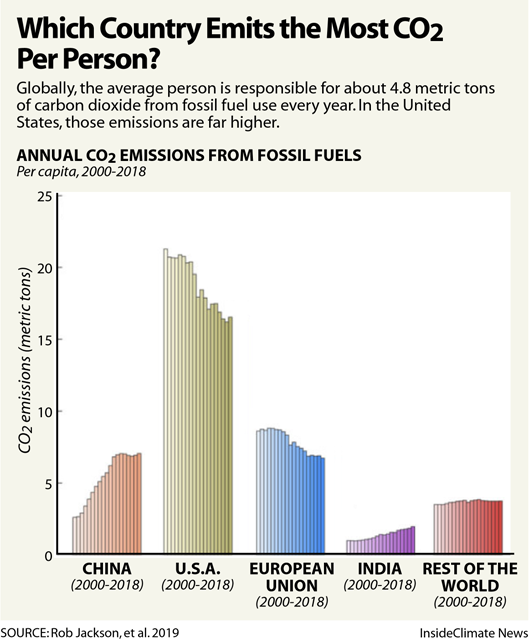
current country pledges ("NDCs" under Paris) will lead us to far exceed 1.5; we're headed for 2.7C by 2100
country pledges over-rely on forest offsets and co2 removal, and are not coordinated, adding up to an unrealistic area of new forest
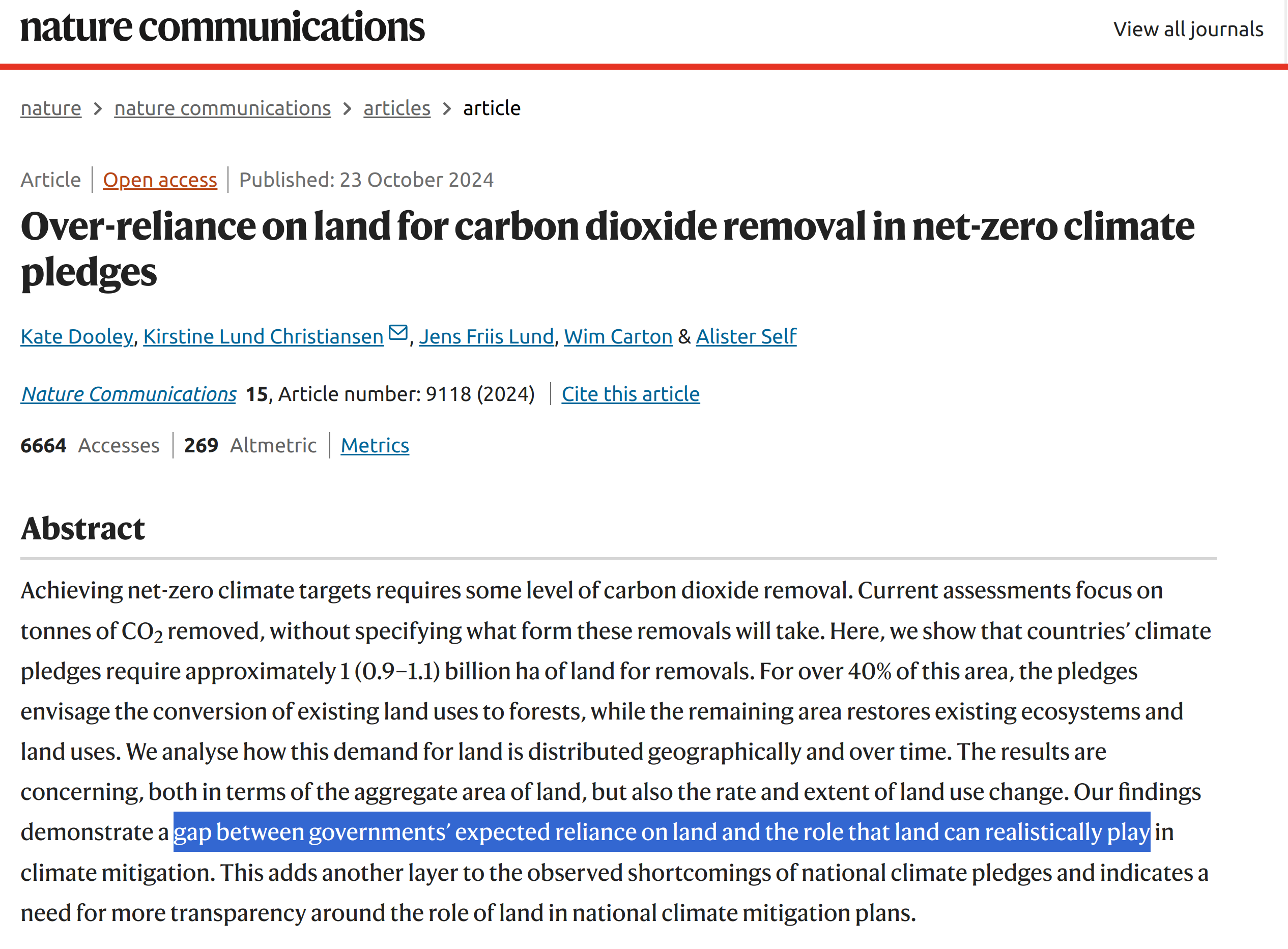
and some countries are not on target to meet their pledges.
limits of human lungs - humans cannot breath for long periods at 130-140F depending on humidity - dry air is cooled in our lungs by evaporation - but if the air is already saturated, no evaporation is possible - evaporation dehydrates us sooner, and there's a limit to how fast the body can incorporate water, no matter how fast we drink - neighborhoods that are mostly paved and have few trees can be much hotter than the official high temperature - during the june2021 heatwave in Portland OR, temperatures of 124F were measured on an officially 115F day
mitigation is cheaper than repeated recovery each unit of mitigation makes future recoveries less frequent (need to find attempts to quantify) tho the cost-benefit comparison becomes irrelevant as we move toward destabilizing famine and conflict
five key facts that everyone should know It’s real. It’s us. It’s bad. Scientists agree. There’s hope!
carbon footprint, but don't stop there carbon footprint is overemphasized, but if ur so inclined, the biggest footprint impacts are to reduce: the KIDS u plan to have, the MEAT u eat, the food u WASTE, the FLIGHTS u take, and the comMUTing u do. tho kids also motivate us to care about the planet's future. the climate impact of beef blows away all other foods also be aware that nj gas companies are offering discounted hookups if enough neighbors switch from propane. instead, electrify. and beFORE you need a new AC or furnace, consider a heat pump. utility rebates and tax credits can offset the higher price. moving ur money can have a surprising impact assuming your bank funds fossil fuels, as all the big banks do and dont miss a chance to magnify your impact by telling others, because it's contagious. BUT...go beyond footprint!
carbon footprint is overemphasized, but if ur so inclined, the biggest footprint impacts are to reduce: the KIDS u plan to have, the MEAT u eat, the food u WASTE, the FLIGHTS u take, and the comMUTing u do. tho kids also motivate us to care about the planet's future.
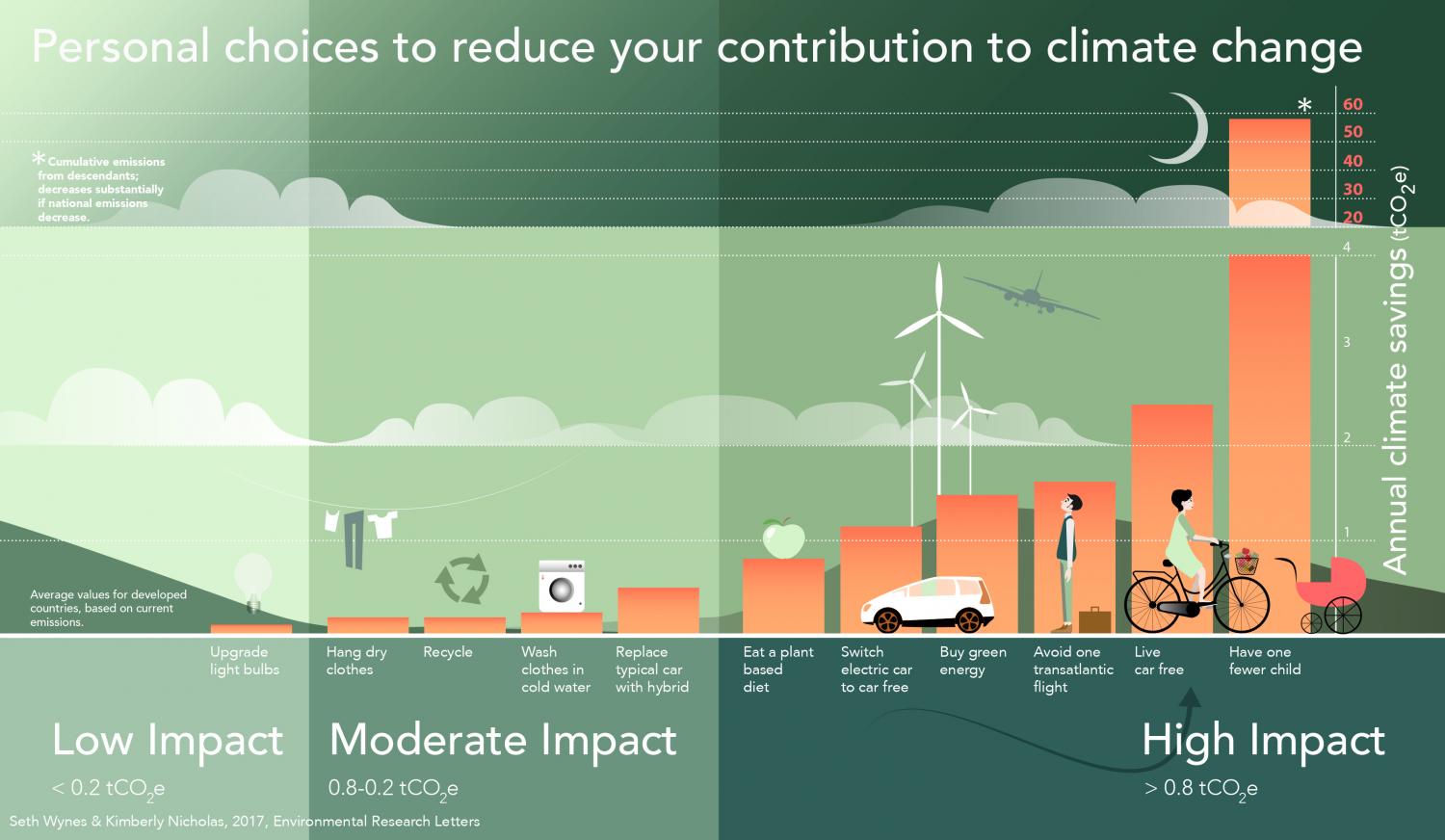
the climate impact of beef blows away all other foods
also be aware that nj gas companies are offering discounted hookups if enough neighbors switch from propane. instead, electrify.

and beFORE you need a new AC or furnace, consider a heat pump. utility rebates and tax credits can offset the higher price.
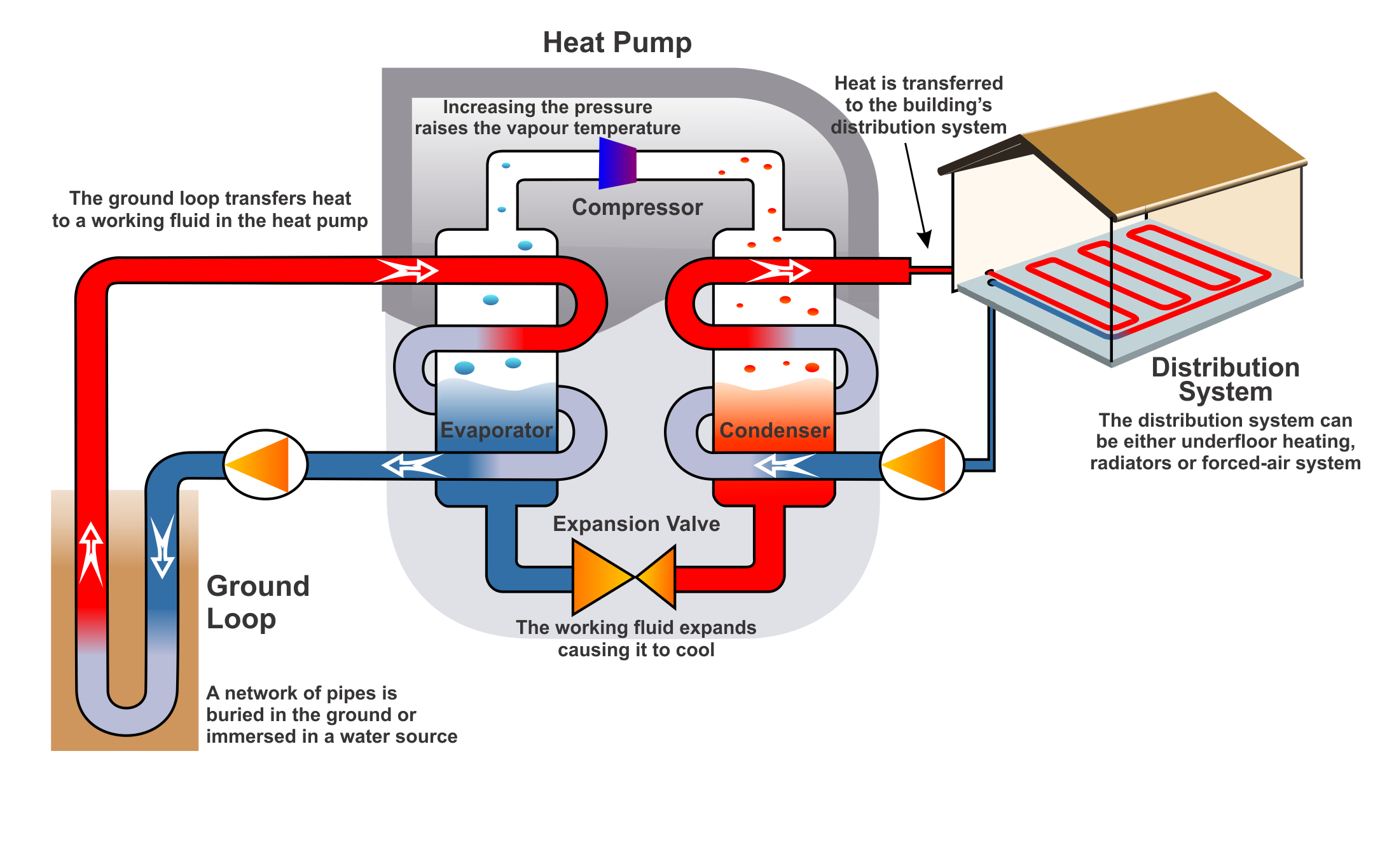
moving ur money can have a surprising impact
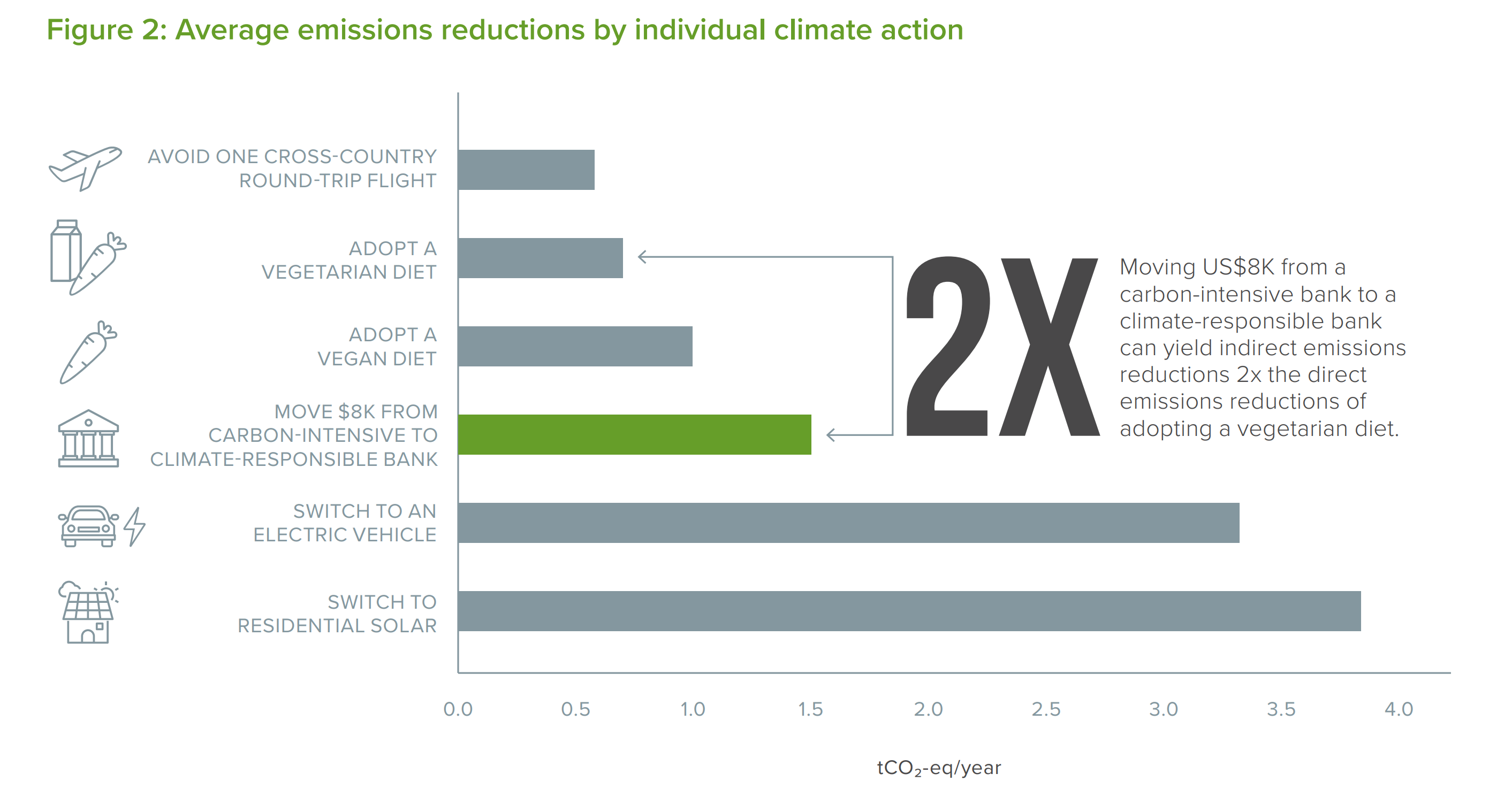
assuming your bank funds fossil fuels, as all the big banks do
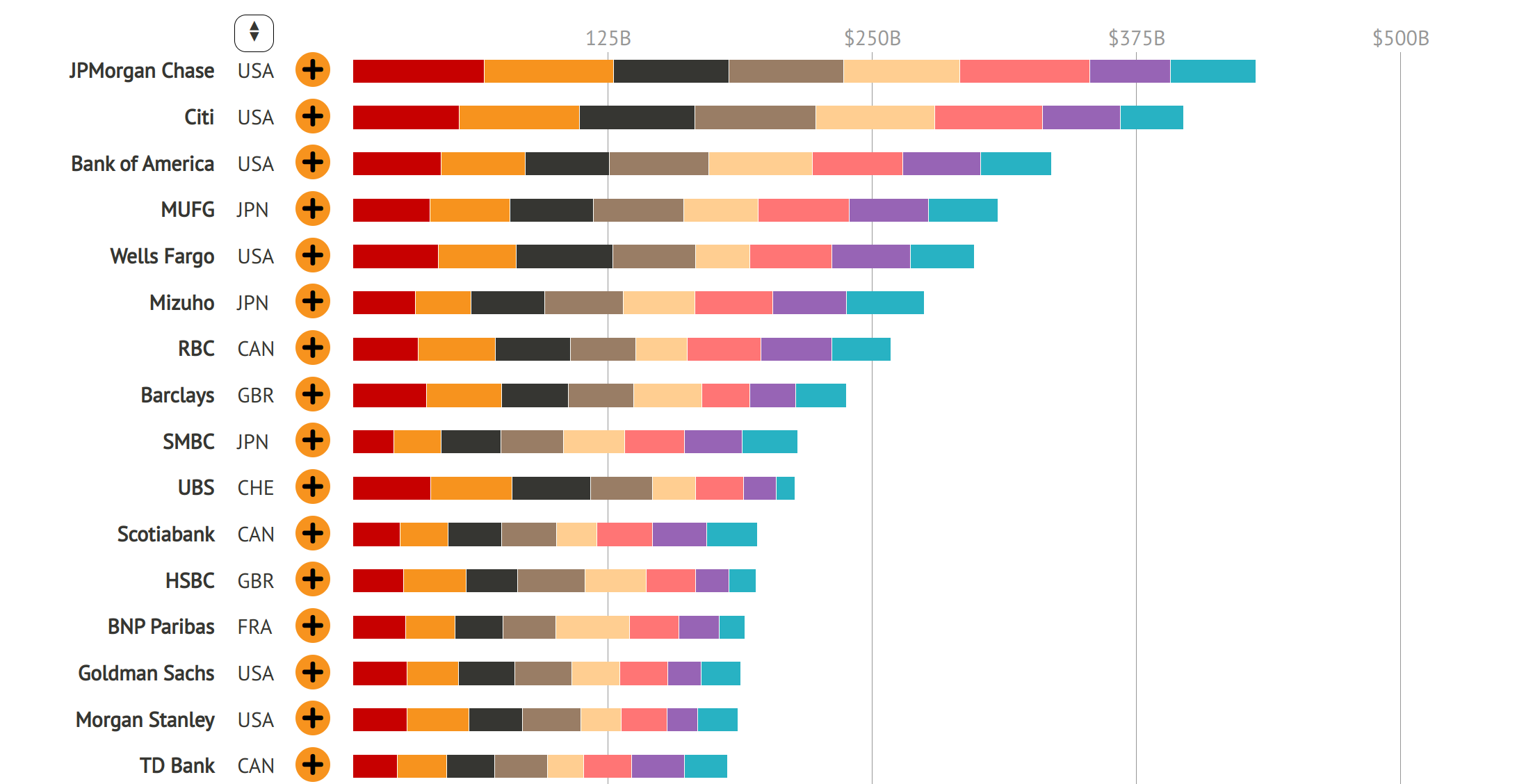
and dont miss a chance to magnify your impact by telling others, because it's contagious. BUT...go beyond footprint!
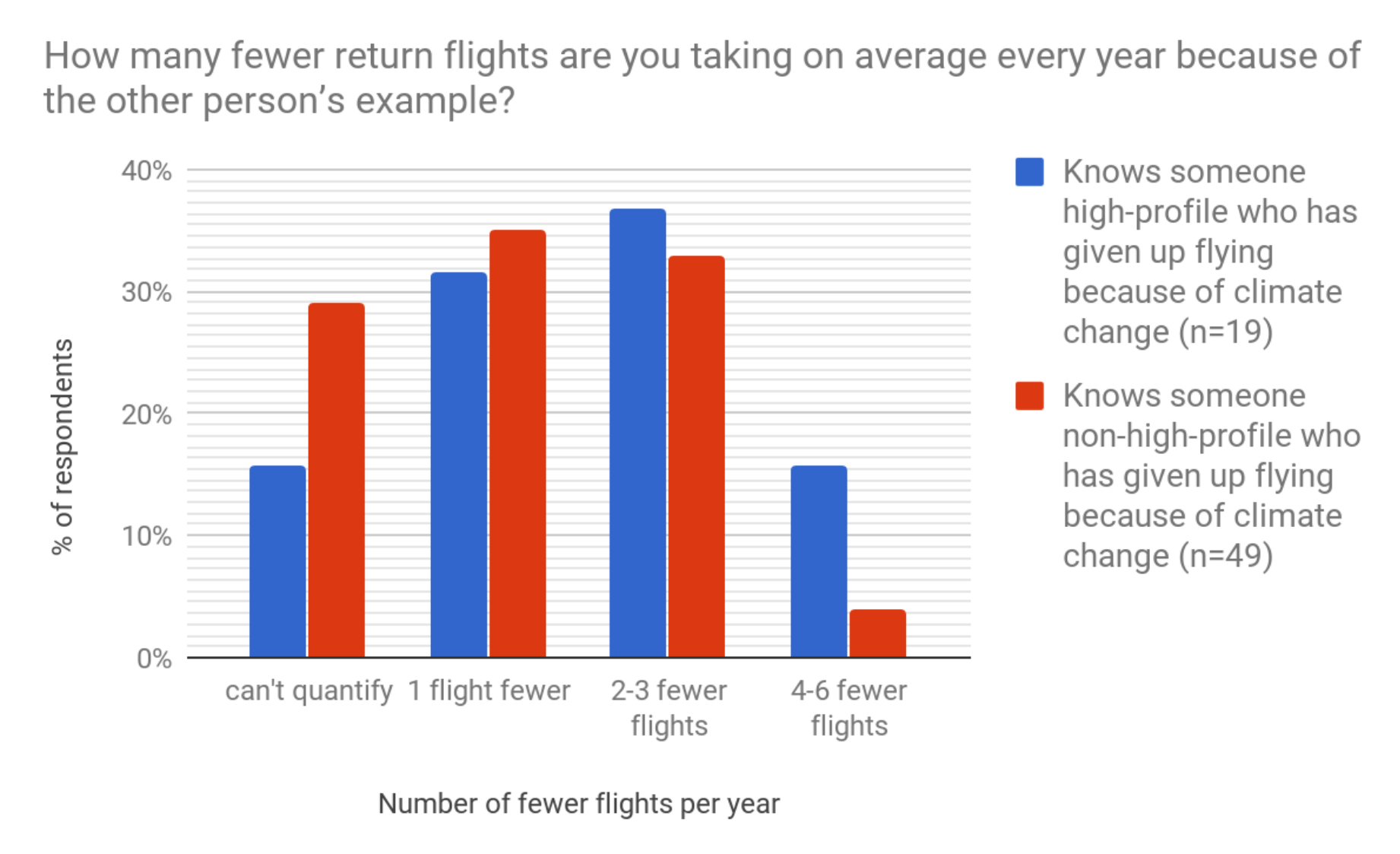
carbon footprint: my diet it was for health reasons that i mostly stopped eating meat my favorite food was sausage and peppers but i took the chance to ponder what i really loved and ended up choosing the roasted peppers, along with tomato, eggplant, and onions, and dont get me started on mushrooms and now i'm big on all different kinds of beans, that's my main source of protein
climate changemakers climate changemakers is a great starting point, with campaigns you can do remotely, focused on local levers of power. eg High-Voltage Highways: one state is doing it, a few have legislation, but not NJ. informative and great for building your citizen muscle! they make efficient use of your time, and help you meet decisionmakers where they are. and wow interstates do span the ideal grid
climate changemakers is a great starting point, with campaigns you can do remotely, focused on local levers of power. eg High-Voltage Highways: one state is doing it, a few have legislation, but not NJ. informative and great for building your citizen muscle!
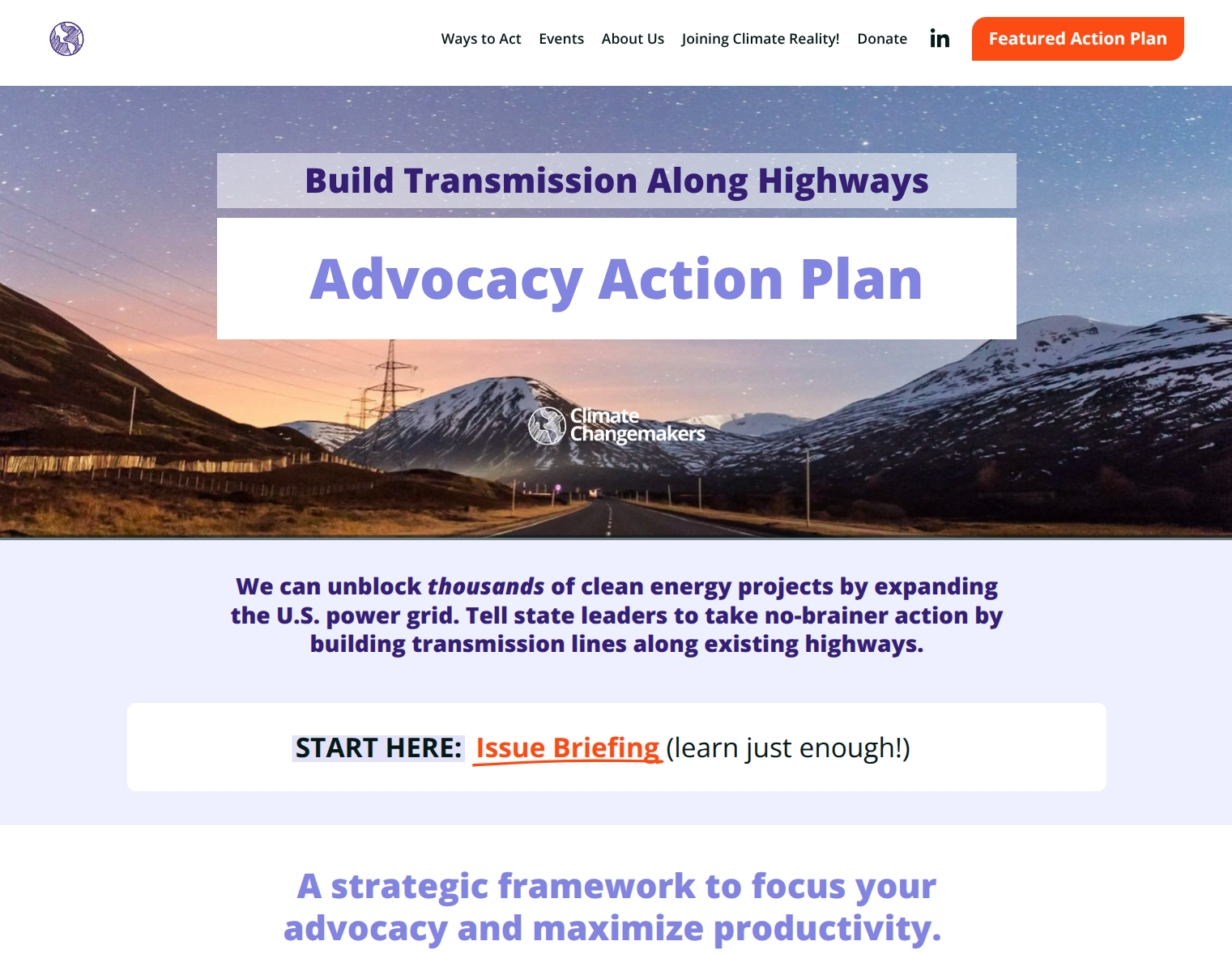
more we can do we should state unequivocally that we must phase out fossil fuels, as the IPCC has stated at last, tho most US politicians havent acknowledged even this basic fact we can ban new fossil fuel infrastructure, which the UN secy general here calls delusional. starting with no longer PERMitting new fossil fuel infrastructure that's right, NEW fossil fuel infra--a massive buildout of new drilling, new pipelines, and new export terminals is underway, infrastructure with a 40yr lifetime. former pres. biden famously paused just the EXport permits --conSTRUCtion of new export facilities was STILL being permitted. we can stop utilities from lobbying against renewables - and we can align utility incentives with climate goals - we could collect a carbon fee and recycle the money to households; 2/3 of households wud get back more than they pay
we should state unequivocally that we must phase out fossil fuels, as the IPCC has stated at last, tho most US politicians havent acknowledged even this basic fact
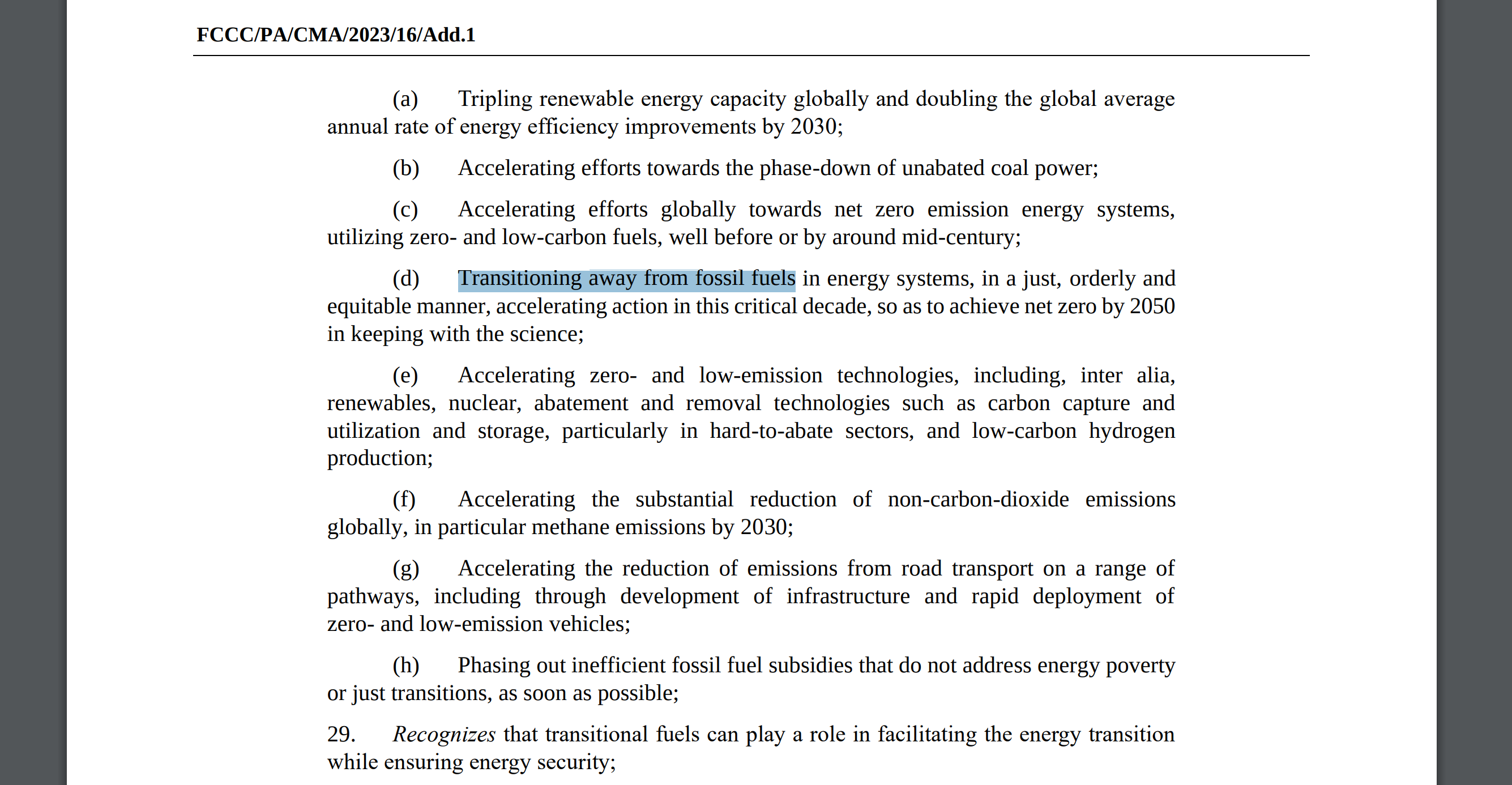
we can ban new fossil fuel infrastructure, which the UN secy general here calls delusional.
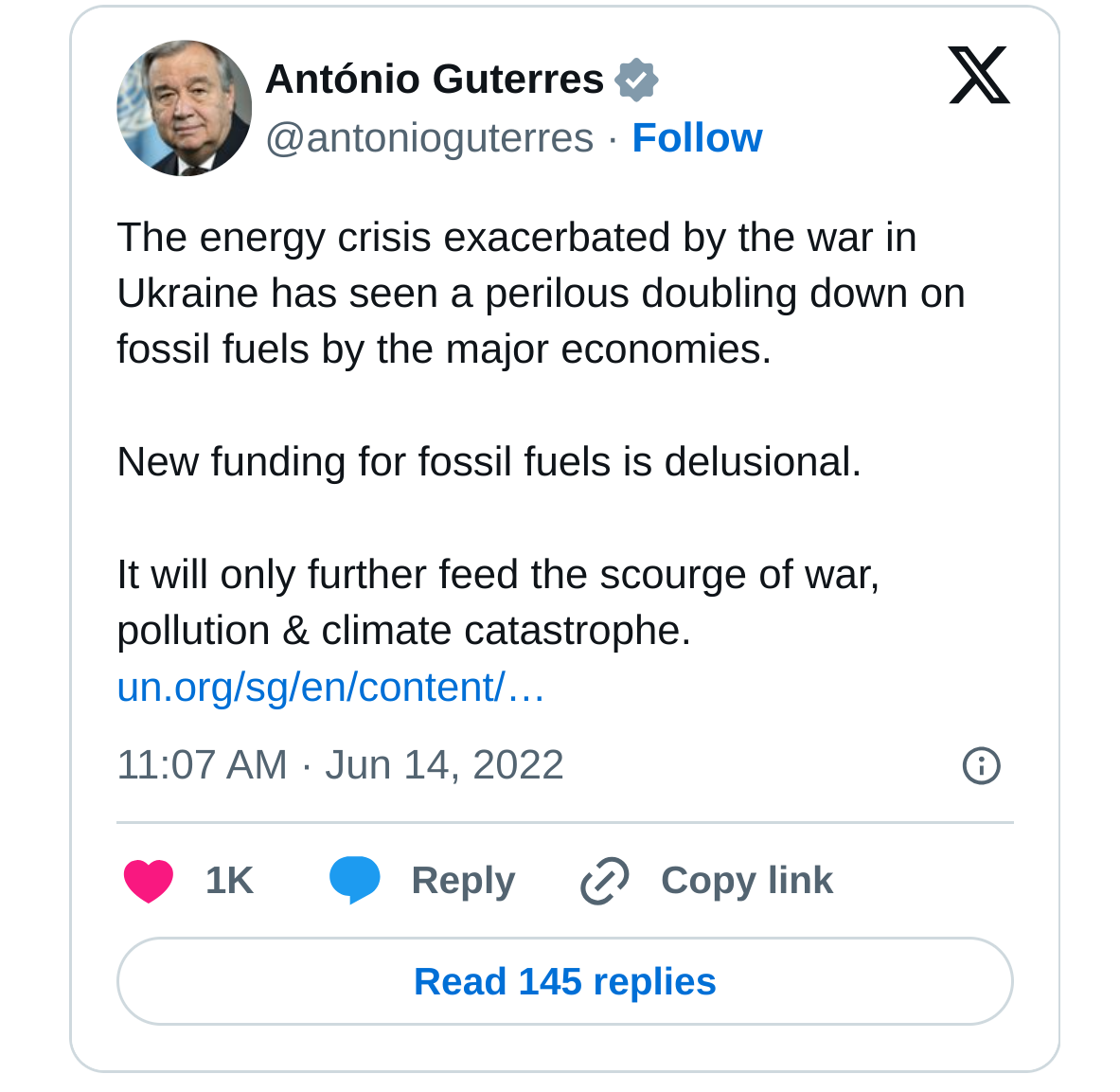
starting with no longer PERMitting new fossil fuel infrastructure
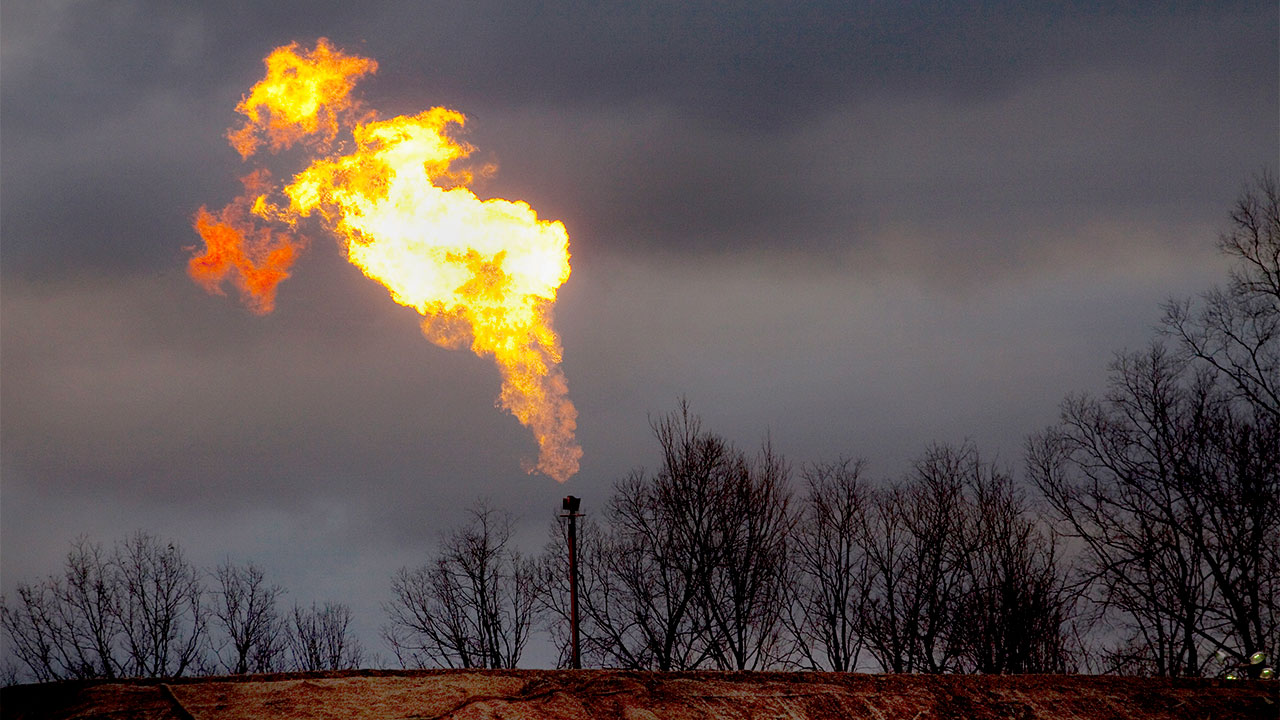
. that's right, NEW fossil fuel infra--a massive buildout of new drilling, new pipelines, and new export terminals is underway, infrastructure with a 40yr lifetime.

. former pres. biden famously paused just the EXport permits--conSTRUCtion of new export facilities was STILL being permitted.

we can stop utilities from lobbying against renewables

- and we can align utility incentives with climate goals
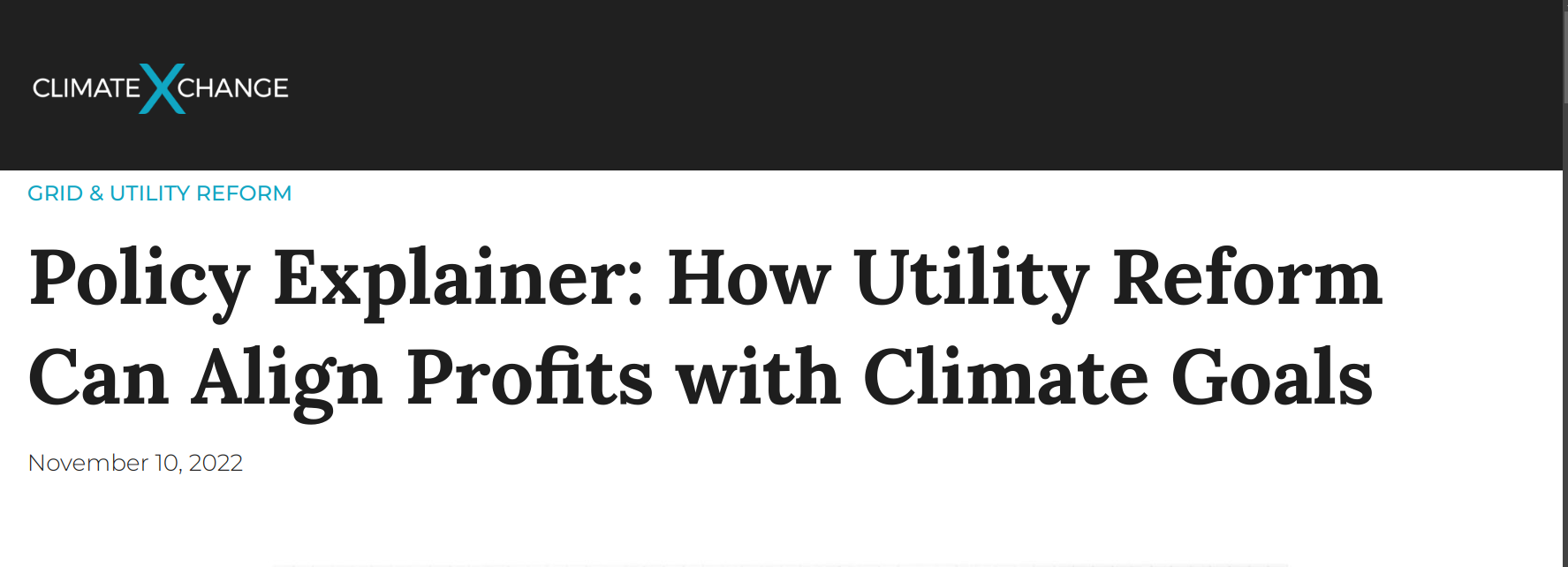
- we could collect a carbon fee and recycle the money to households; 2/3 of households wud get back more than they pay
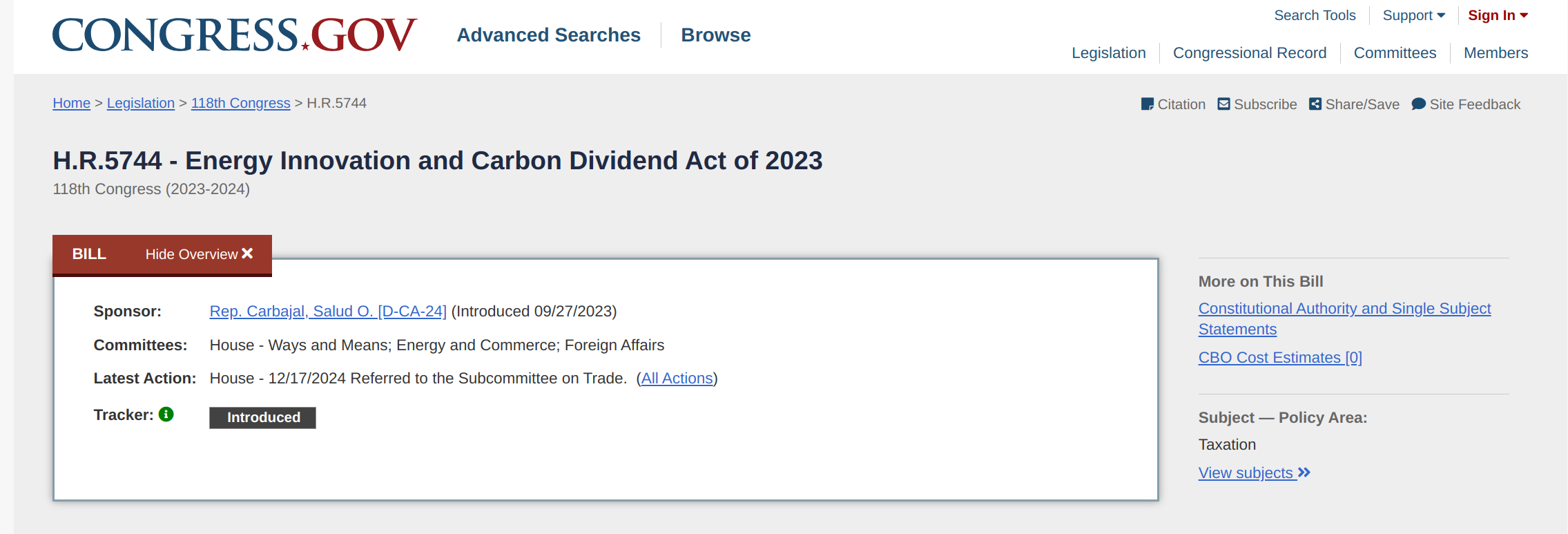
health effects of air pollution the fossil fuel industry gets a huge indirect subsidy, by not paying for the health effects of air pollution, both INDOOR air: cooking with a gas stove can be as bad as breathing secondhand cigarette smoke in terms of asthma- causing nitrogen oxides, even in the bedrooms. AND OUTDOOR air: here we see that heart-related ER visits dropped 40% after shuttering a coal plant near Pittsburgh. Particulate pollution from cars and coal kills 100,000 Americans a year through heart and lung disease, 10 million people worldwide. That's more people than are murdered, die in traffic accidents and drown, combined.
the fossil fuel industry gets a huge indirect subsidy, by not paying for the health effects of air pollution, both INDOOR air: cooking with a gas stove can be as bad as breathing secondhand cigarette smoke in terms of asthma-causing nitrogen oxides, even in the bedrooms.
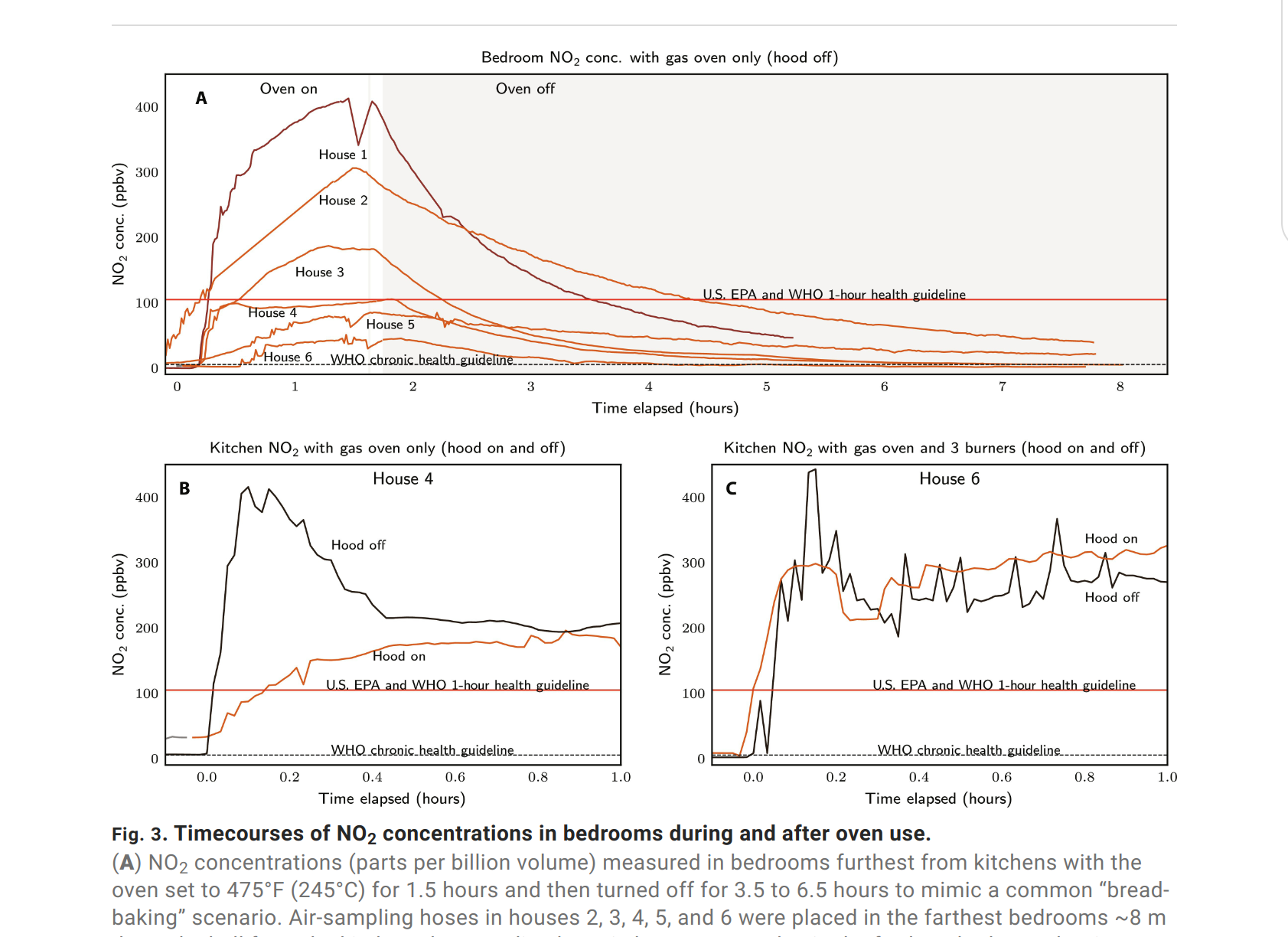
. AND OUTDOOR air: here we see that heart-related ER visits dropped 40% after shuttering a coal plant near Pittsburgh. Particulate pollution from cars and coal kills 100,000 Americans a year through heart and lung disease, 10 million people worldwide. That's more people than are murdered, die in traffic accidents and drown, combined.

the fossil fuel industry the reason we need to spend on adaptation is because we didn't mitigate early enough. arguably we didn't mitigate early enough because fossil fuel companies deliberately muddied the science. so the fossil fuel companies have knowingly done great damage to our economy and cost some folks their lives and they continue to pedal the fiction of carbon capture
arguably we didn't mitigate early enough because fossil fuel companies deliberately muddied the science.

but "how are you leading" means you dont want to hear that theyll "keep your views in mind should relevant legislation come up"--we need leadership! we need them to be involved in CRAFTing that relevant legislation.
but "how are you leading" means you dont want to hear that theyll "keep your views in mind should relevant legislation come up"--we need leadership! we need them to be involved in CRAFTing that relevant legislation.
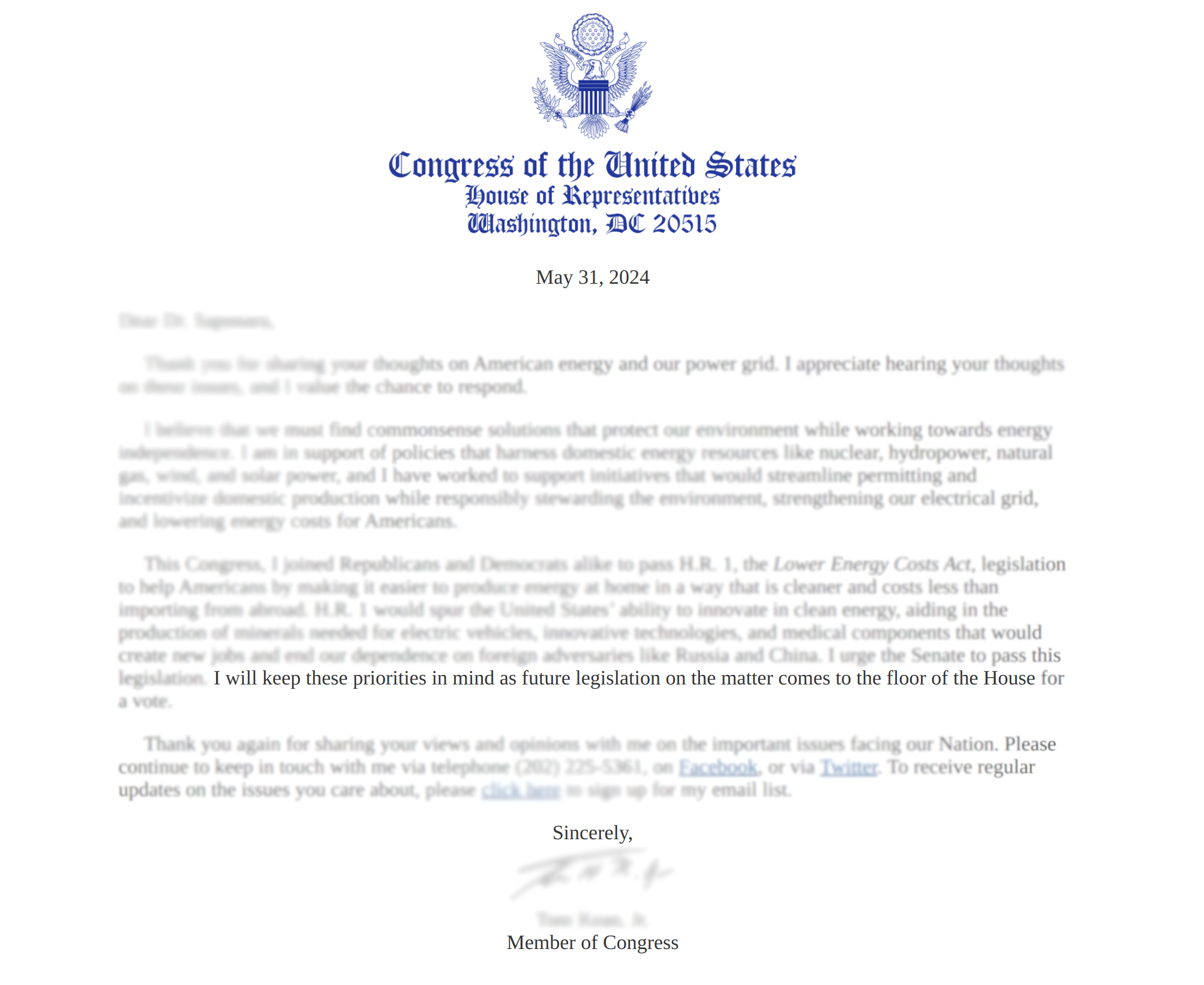
and consider suggesting that they refuse fossil fuel contributions because for example that money pollutes our air, reduces our ability to compete with China, and...is destroying our climate!
and consider suggesting that they refuse fossil fuel contributions because for example that money pollutes our air, reduces our ability to compete with China, and...is destroying our climate!
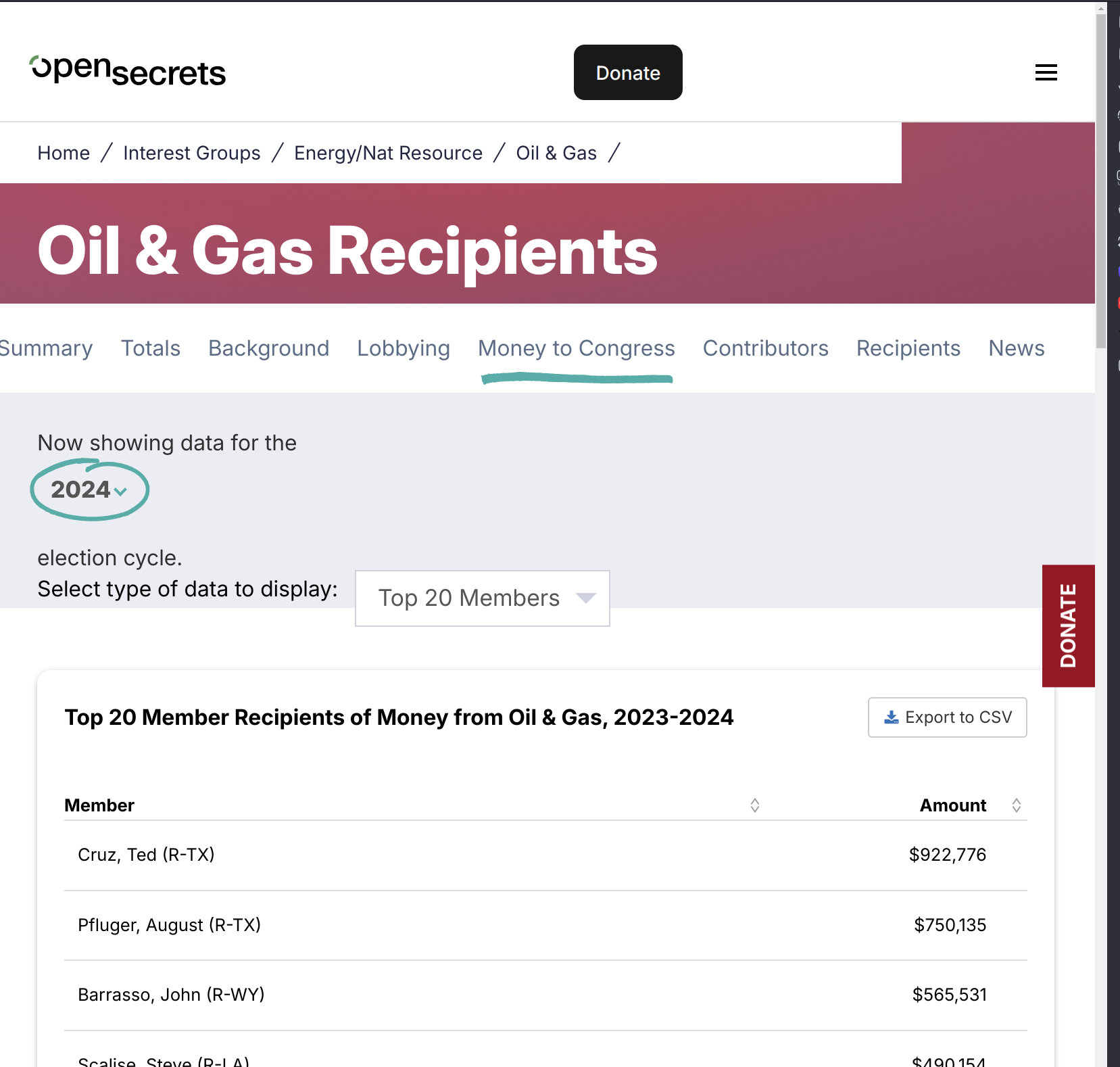
can one person make a difference? most folks dont live in a democratic country, and maybe cant even express their opinion. even among democracies, America is uniquely influential economically and militarily. and of course many Americans don't have time or motivation for activism. so your activism speaks louder than you may realize and cutting emissions sooner impacts more of the coming decades so we--right now--have great leverage.
what difference can my presence make? ur presence at an event validates the organizer and hosting venue ur presence validates others who look like u in some way but werent sure if they belonged there ur presence inspires younger folks who wanna be like u someday and u can become a conduit for folks u know to get involved not to mention what ur actually learning or doing!
you may have seen the serenity prayer: grant me the courage to change what i can, the serenity to accept what i can't, and the wisdom to know the difference. but dont underestimate the diff btw what i can change, and what we can change...by banding together.
you may have seen the serenity prayer: grant me the courage to change what i can, the serenity to accept what i can't, and the wisdom to know the difference. but dont underestimate the diff btw what i can change, and what we can change...by banding together.

personal regarding my own trajectory: when 29 people drowned--in nj-- during the remnants of hurricane Ida in sep2021, i wanted to do...SOMEthing... then during 2022 at a NJ Forest Task Force [which was open to the public] I heard foresters and hunters, folks who LOVE the outdoors, talk about climate as just another management objective, optimizing carbon to store alongside lumber to cut, or game to hunt. so I set out to better understand climate change so I could convey the urgency.
regarding my own trajectory: when 29 people drowned--in nj--during the remnants of hurricane Ida in sep2021, i wanted to do...SOMEthing...

then during 2022 at a NJ Forest Task Force [which was open to the public] I heard foresters and hunters, folks who LOVE the outdoors, talk about climate as just another management objective, optimizing carbon to store alongside lumber to cut, or game to hunt.
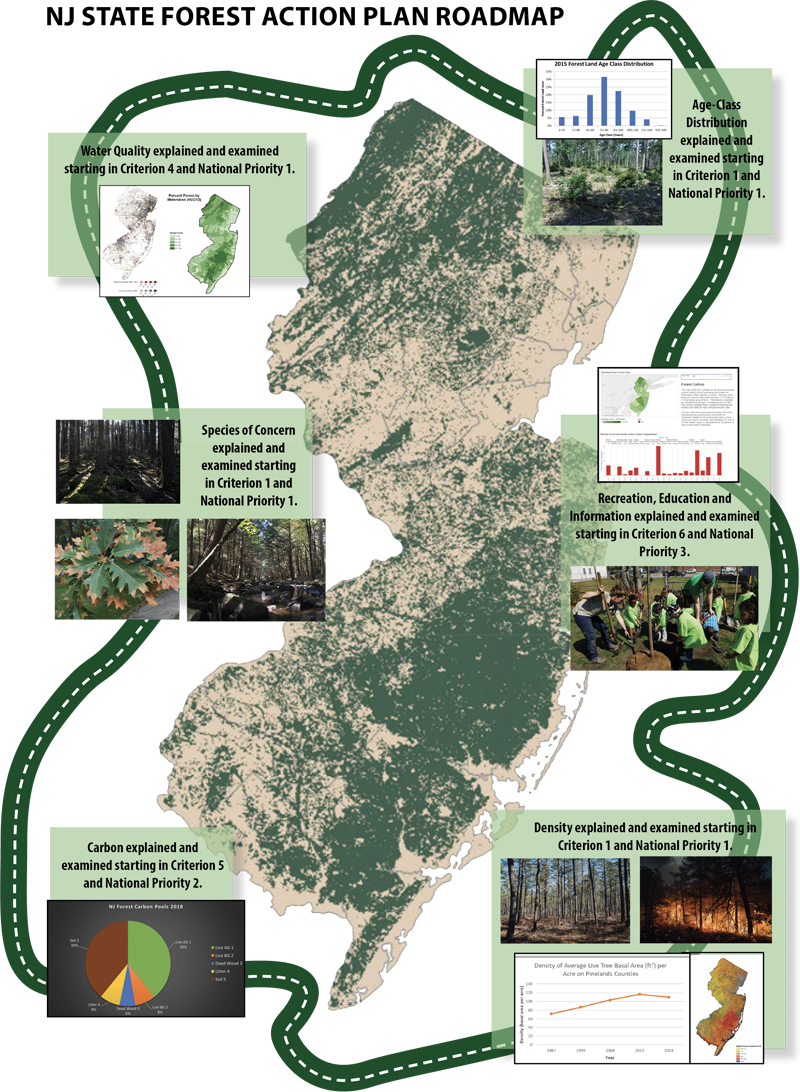
so I set out to better understand climate change so I could convey the urgency.
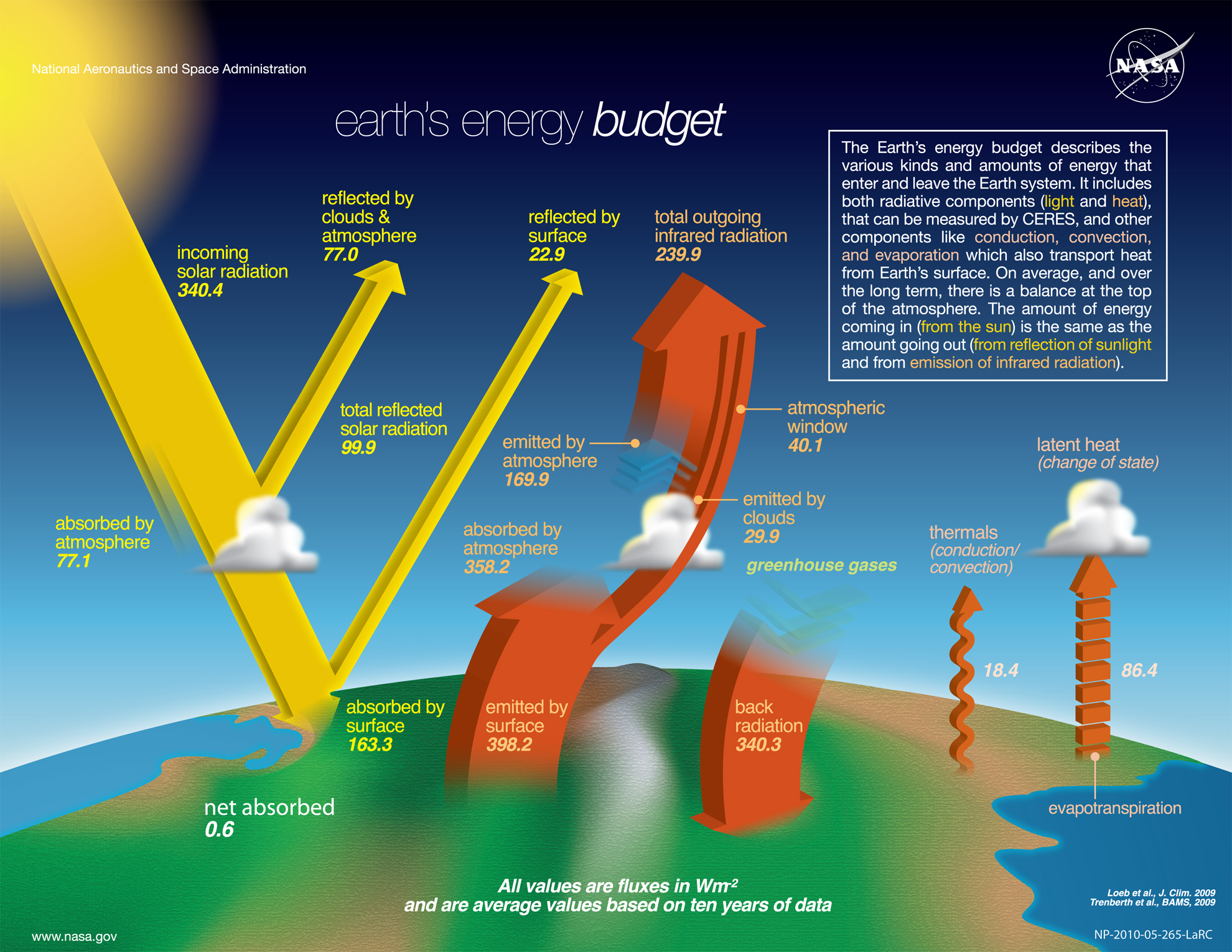
how should we source energy? the sun, via solar and wind, is the most abundant energy source; the circles show known reserves for the finite sources [on the right], whereas the renewable sources [on the left] will last forever.
the sun, via solar and wind, is the most abundant energy source; the circles show known reserves for the finite sources [on the right], whereas the renewable sources [on the left] will last forever.
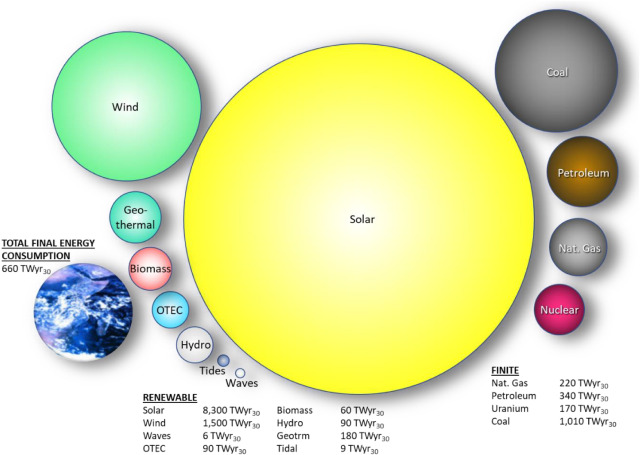
Battery minerals are not the new oil Even as battery demand surges, demand for mined minerals could peak within a decade, and maybe allow us to avoid mineral extraction altogether by 2050. We need to extract an amount of minerals much less than our current yearly oil extraction--just once. Electrification will enable us to transition from a linear extraction model to a circular loop.
Even as battery demand surges, demand for mined minerals could peak within a decade, and maybe allow us to avoid mineral extraction altogether by 2050.
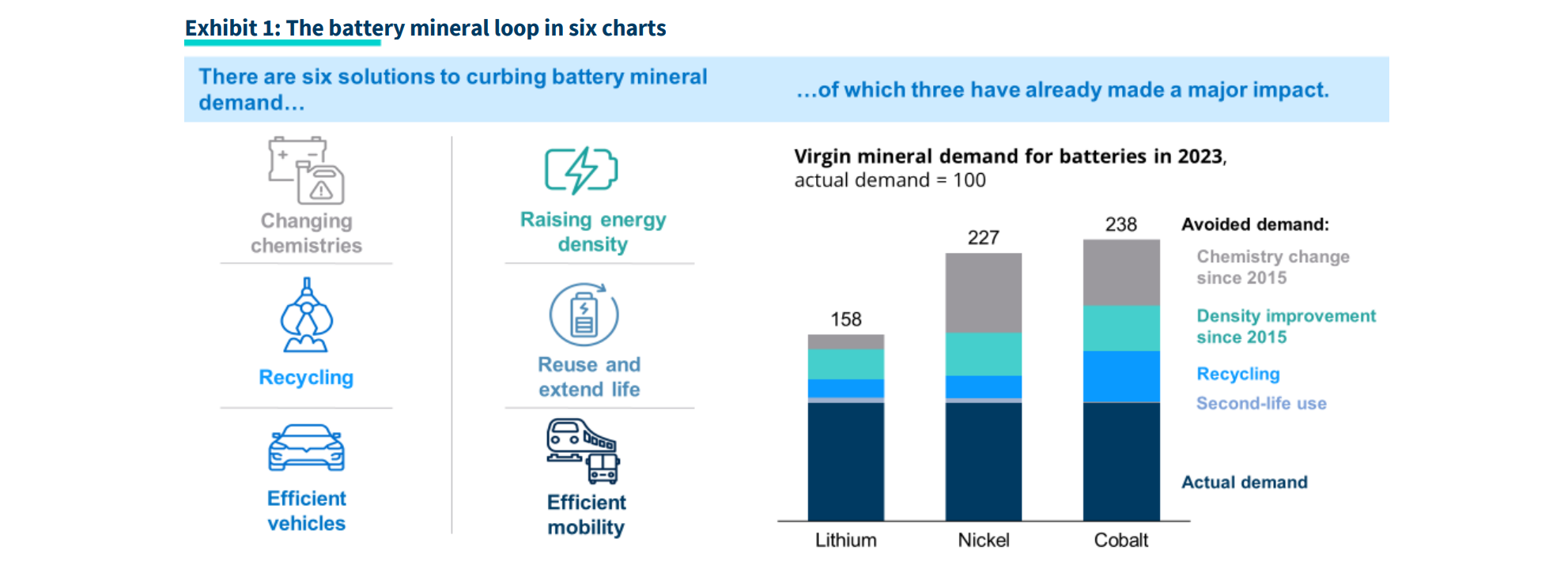
We need to extract an amount of minerals much less than our current yearly oil extraction--just once.
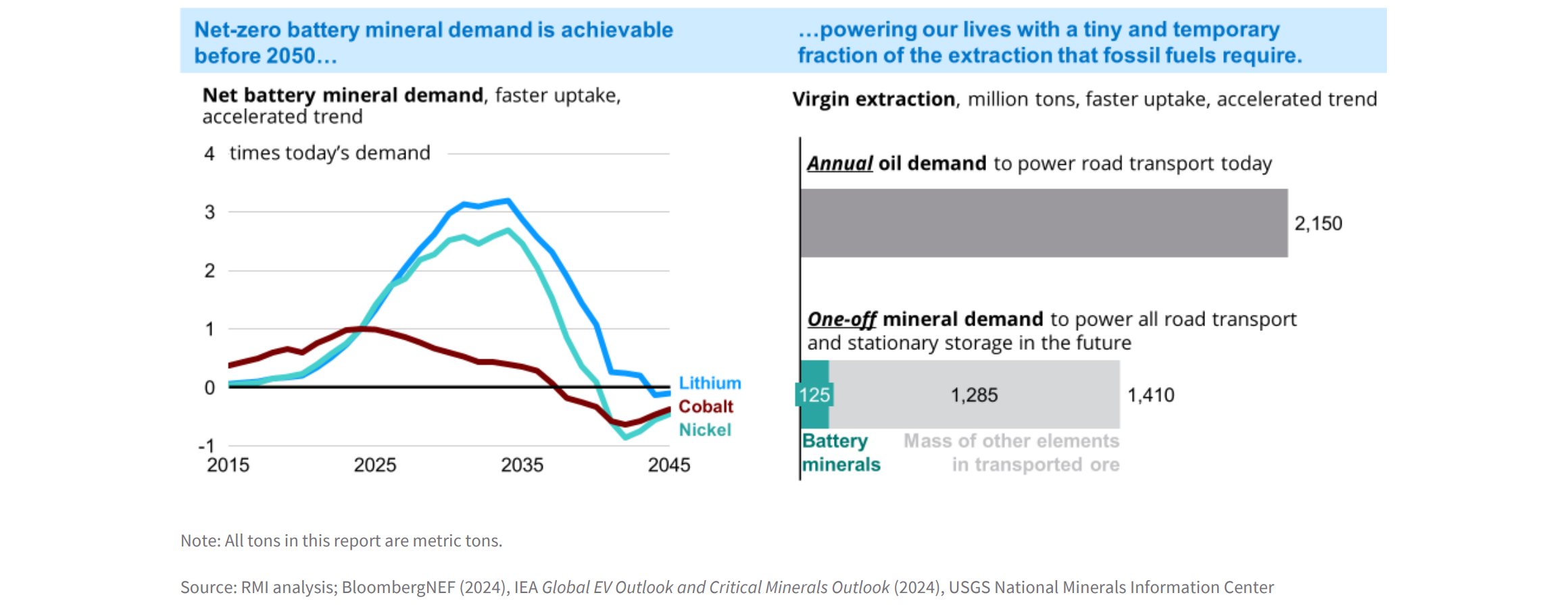
Electrification will enable us to transition from a linear extraction model to a circular loop.
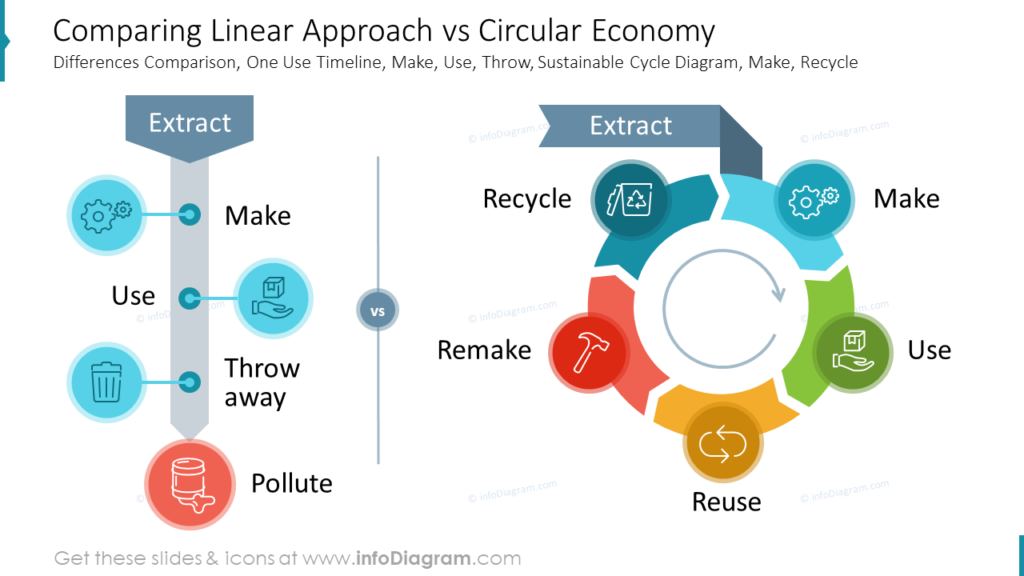
solar panel waste is not problematic - dwarfed by other waste streams - 90% of weight is recyclable; research continues into recyclable chemistries - panels last too long to achieve economies of scale yet
- dwarfed by other waste streams
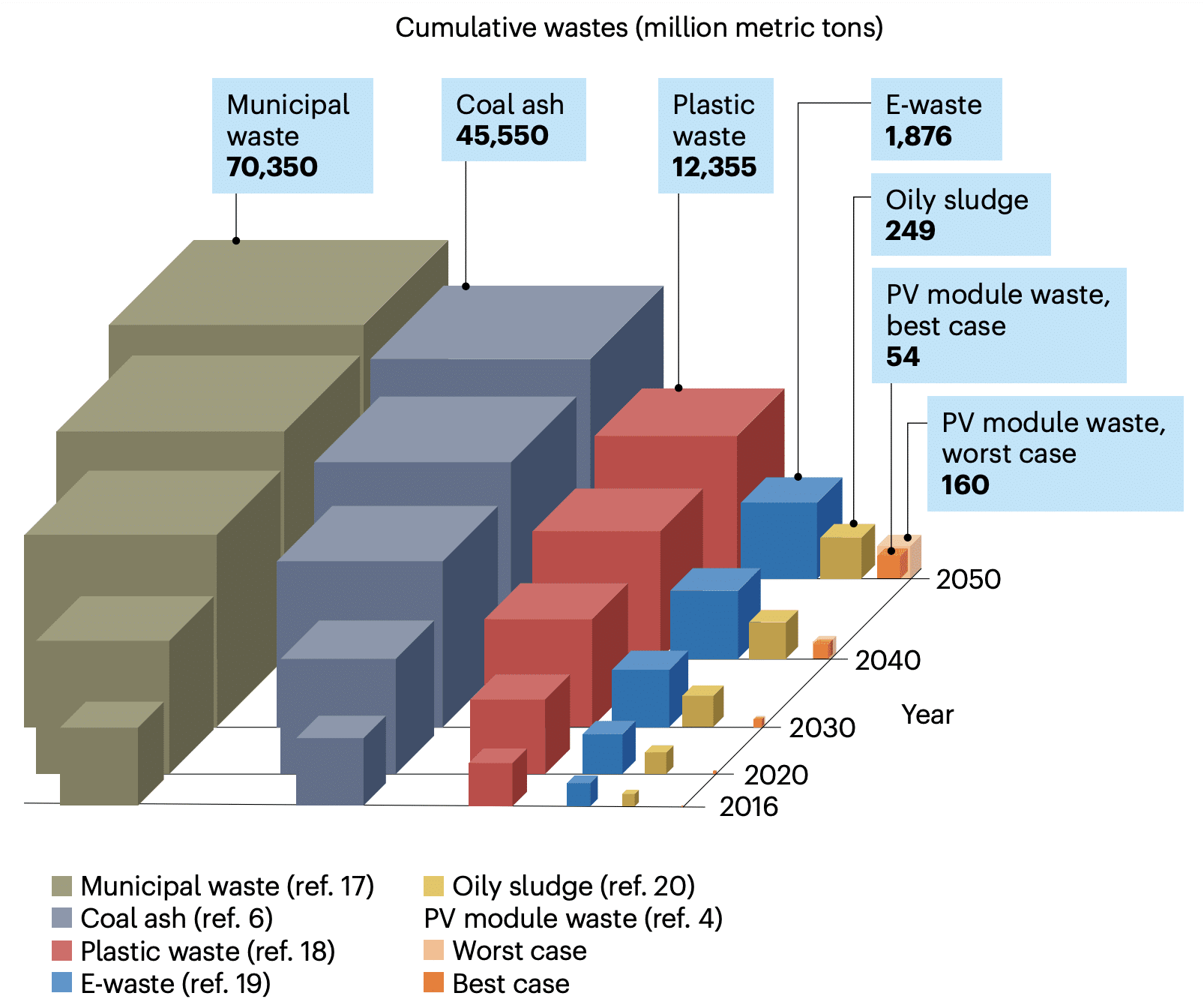
- 90% of weight is recyclable; research continues into recyclable chemistries
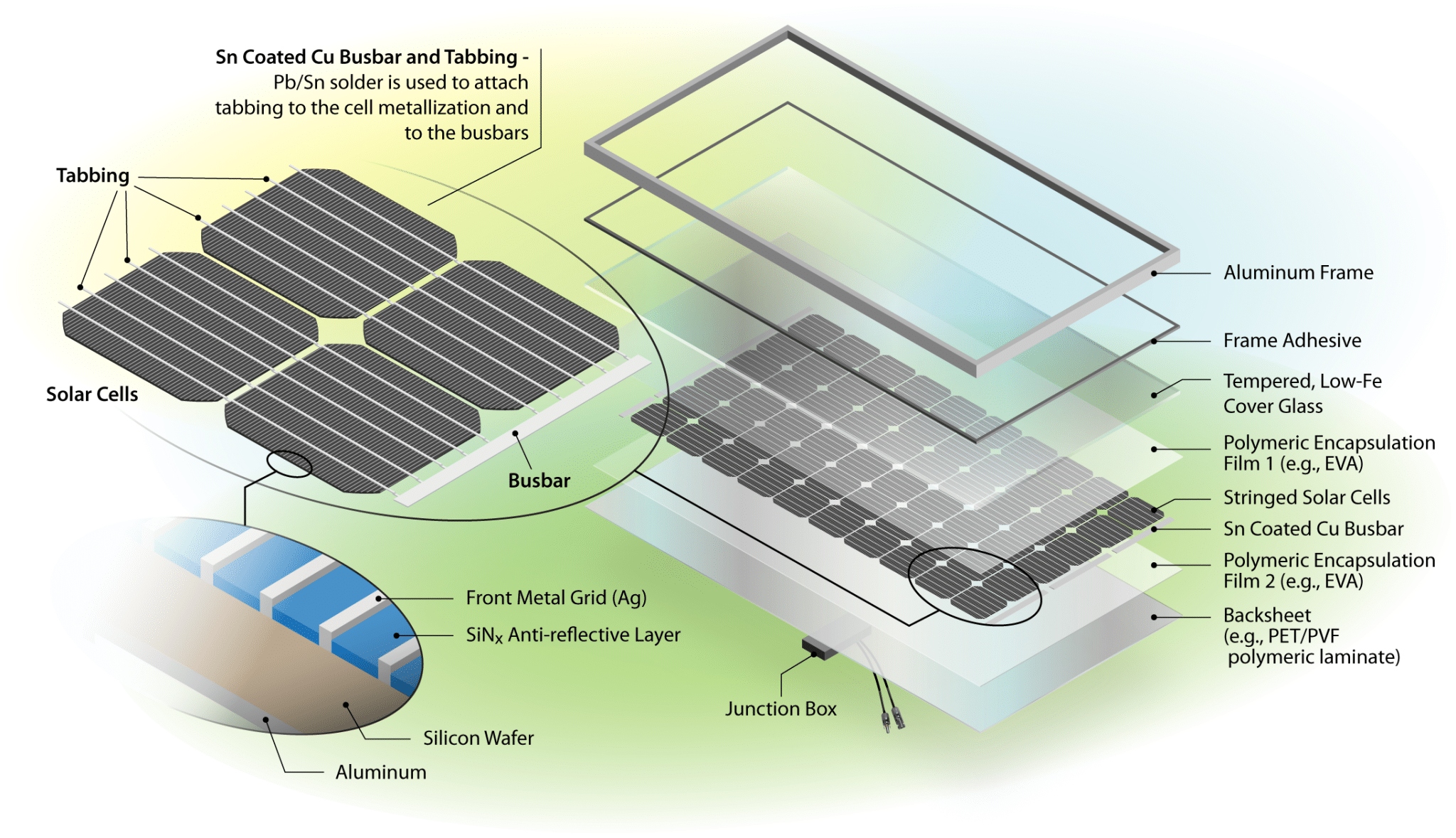
the sun is the energy source that drives earth's climate we get .alot. of energy from the sun earth gets sunlight equal to yearlyWorldEnergyUse every hour in fact earth gets rid of most of the sun's energy via reflecting from clouds and ice, and radiating infrared you might think that getting rid of all of the sun's energy wud make earth a ball of ice, but it wudnt, because the IR that earth radiates doesnt have a straight shot to outer space, instead, it's absorbed and reradiated by those greenhouse gases in the atmosphere. greenhouse gases cause IR energy to bounce around for awhile before it leaves. it's this "IR pinball", along with the heat storage in ocean and land, that moderates earth's climate global mean temperature is abt 60F, but if earth had no greenhouse gases to absorb IR, global mean temperature would be -18C=0F, so cold that the oceans would be frozen to the bottom. so greenhouse gases are not bad--preindustrial greenhouse gases were in a goldilocks zone.
the sun is the energy source that drives earth's climate

energy balance as a result of this greenhouse gas "IR pinball", earth cud get rid of all the sun's energy and still be comfortable. in fact, in order to remain at a constant temperature, earth .needs. to get rid of all the sun's energy and that's just what happened during the preindustrial equilibrium, there was no net energy gain. but now, as greenhouse gases rise, we are gaining energy from the sun: 0.6wpm2 in 2009, roughly 4 totalGlobalNuclearWeaponYield's daily at an increasing rate: 1.1wpm2 in 2019
energy balance
